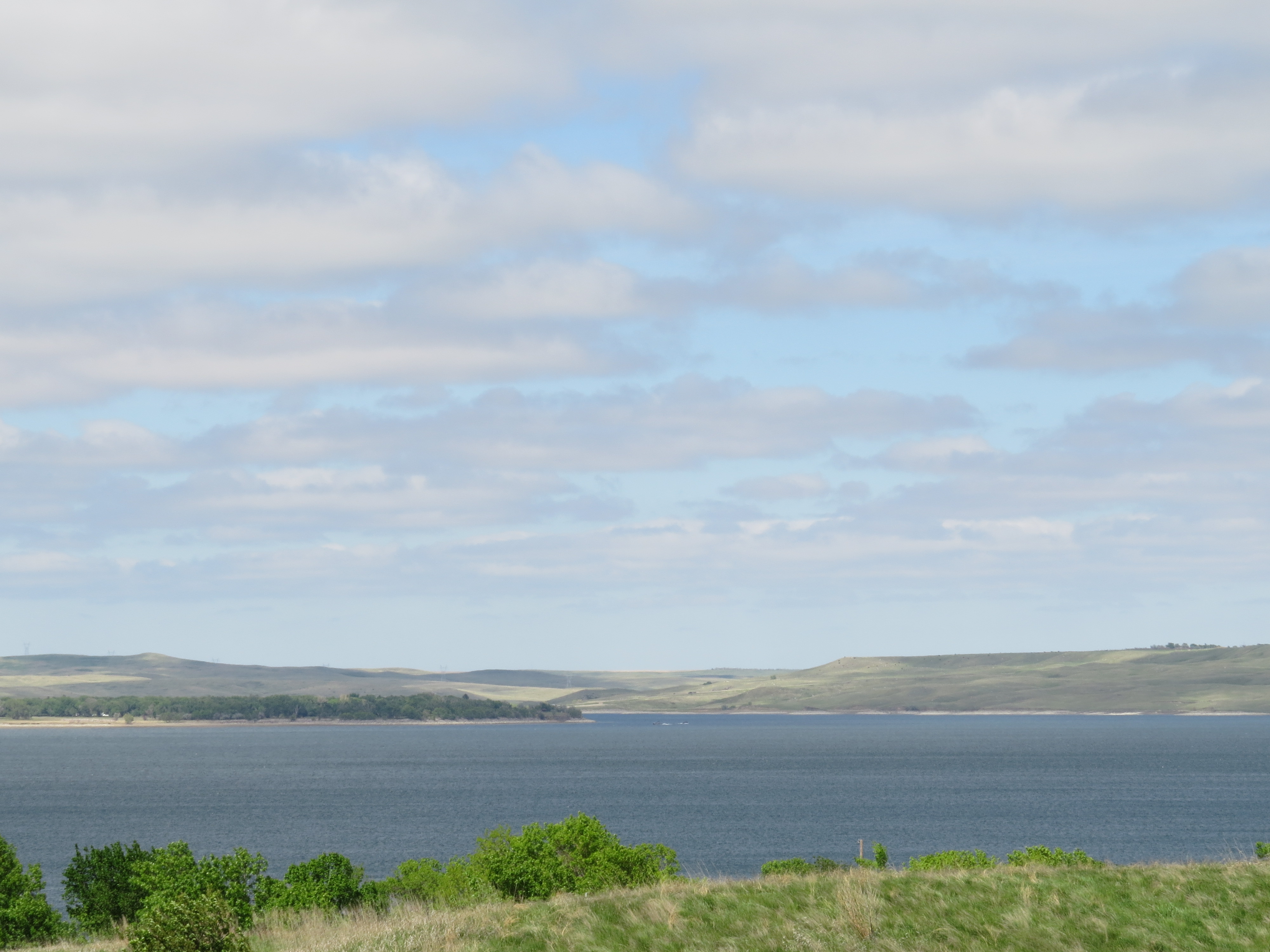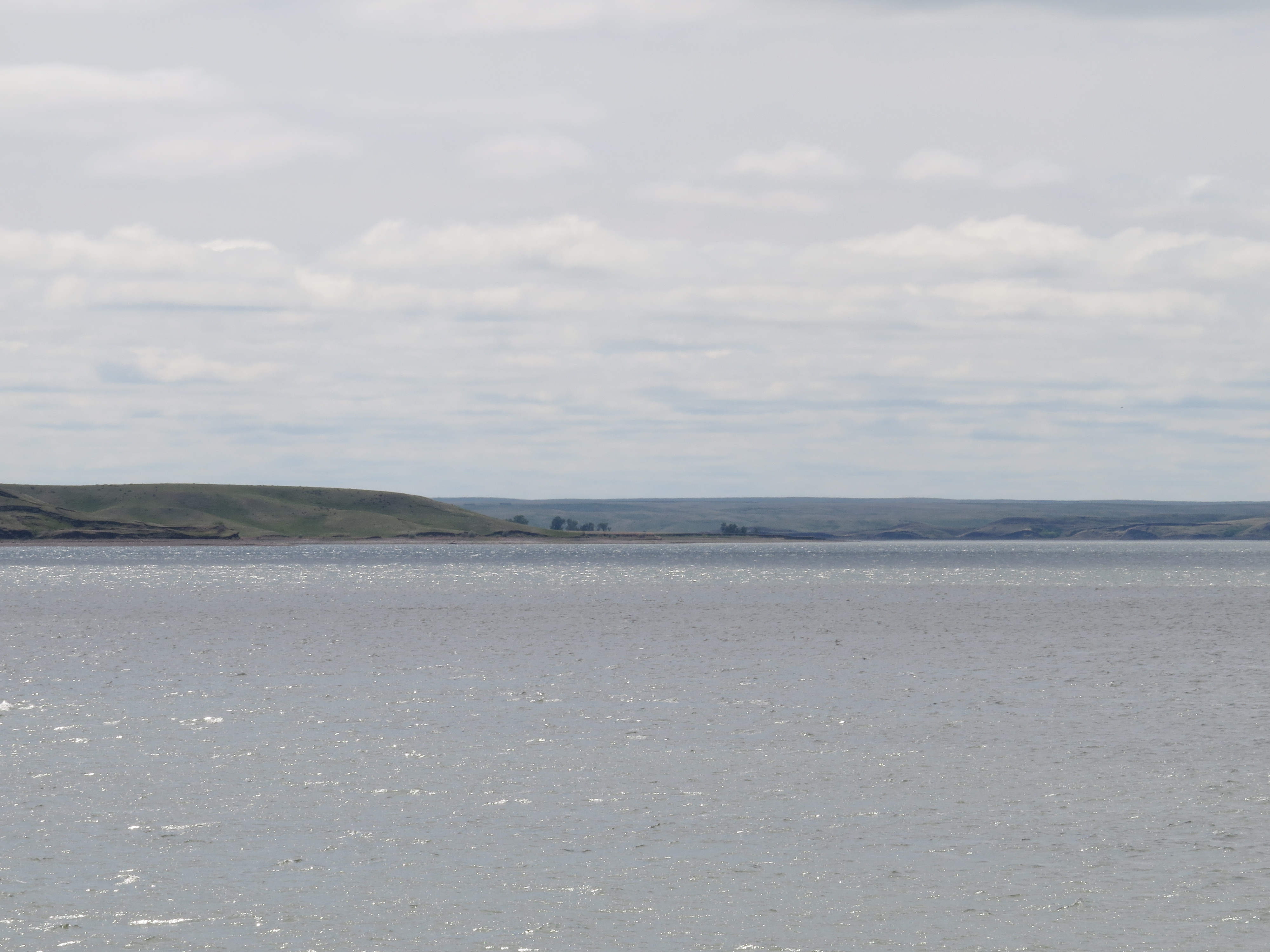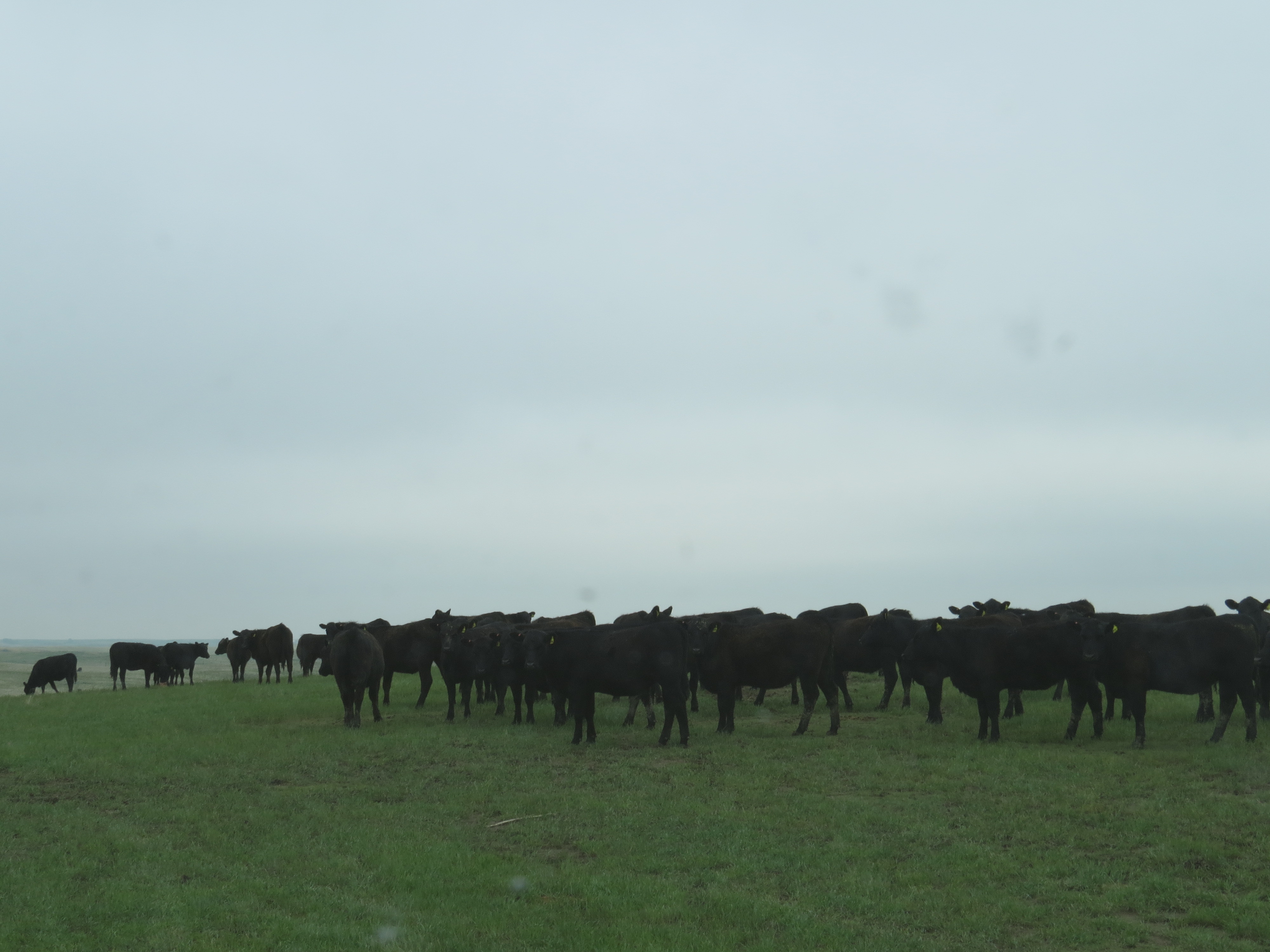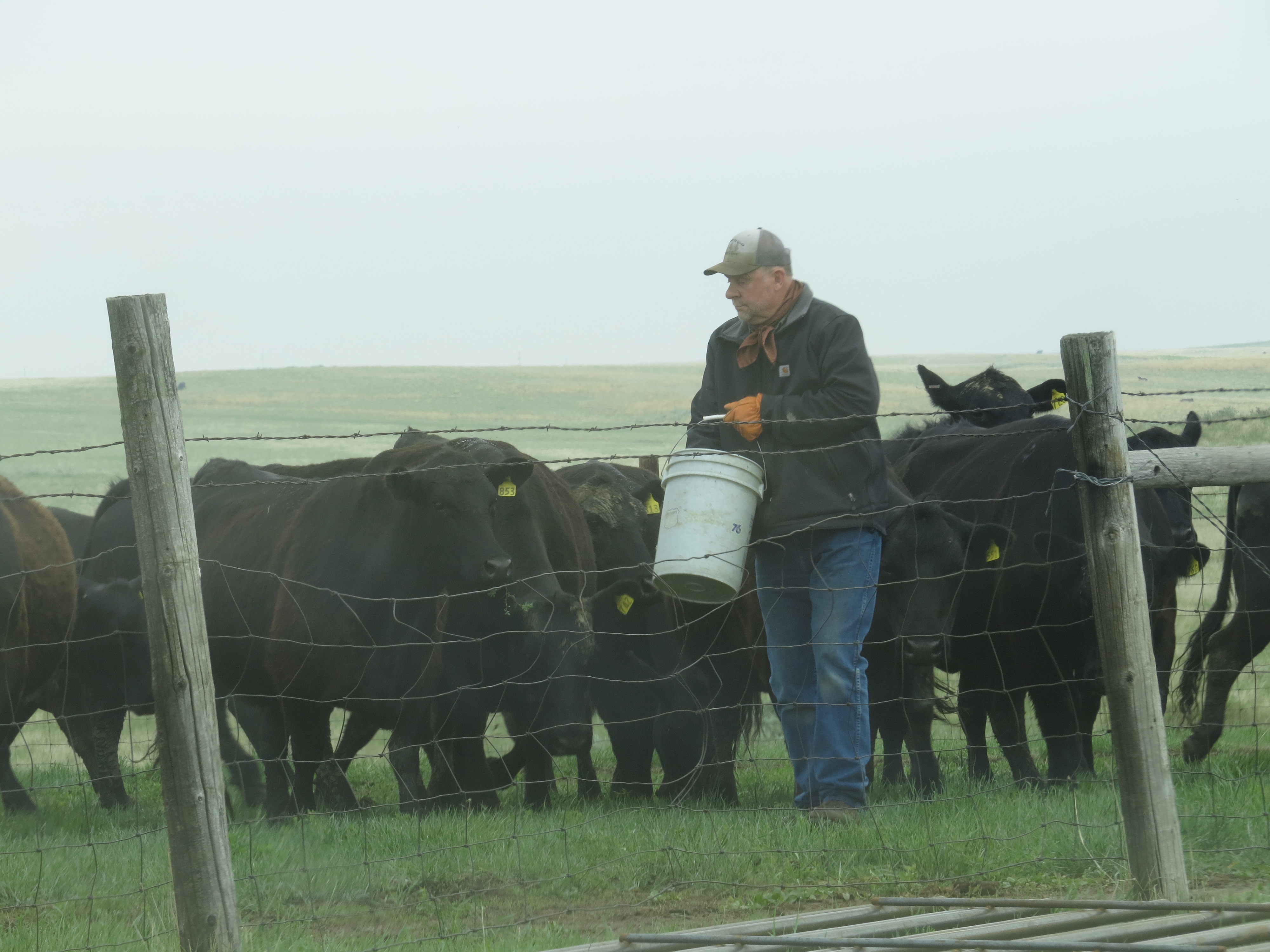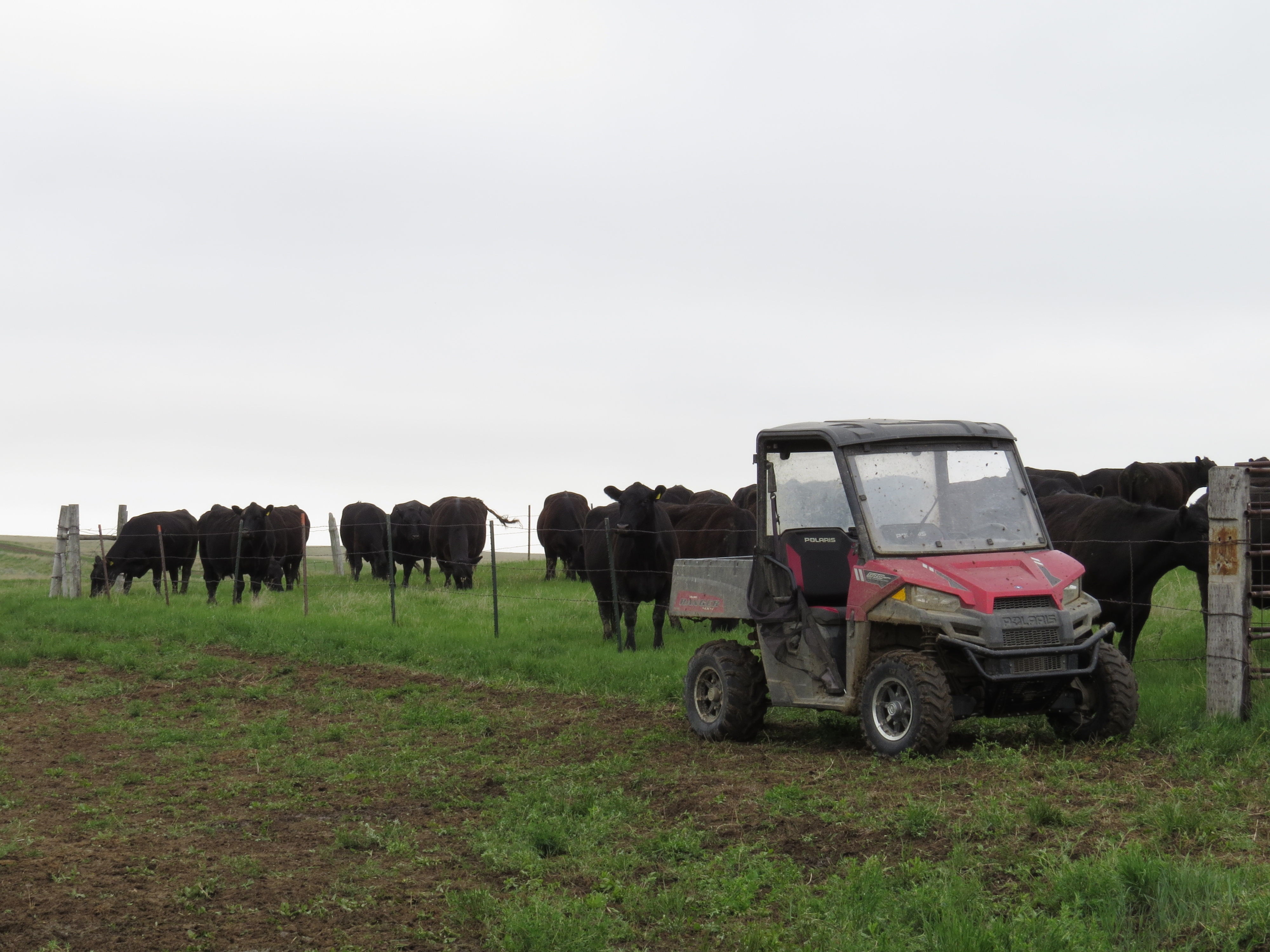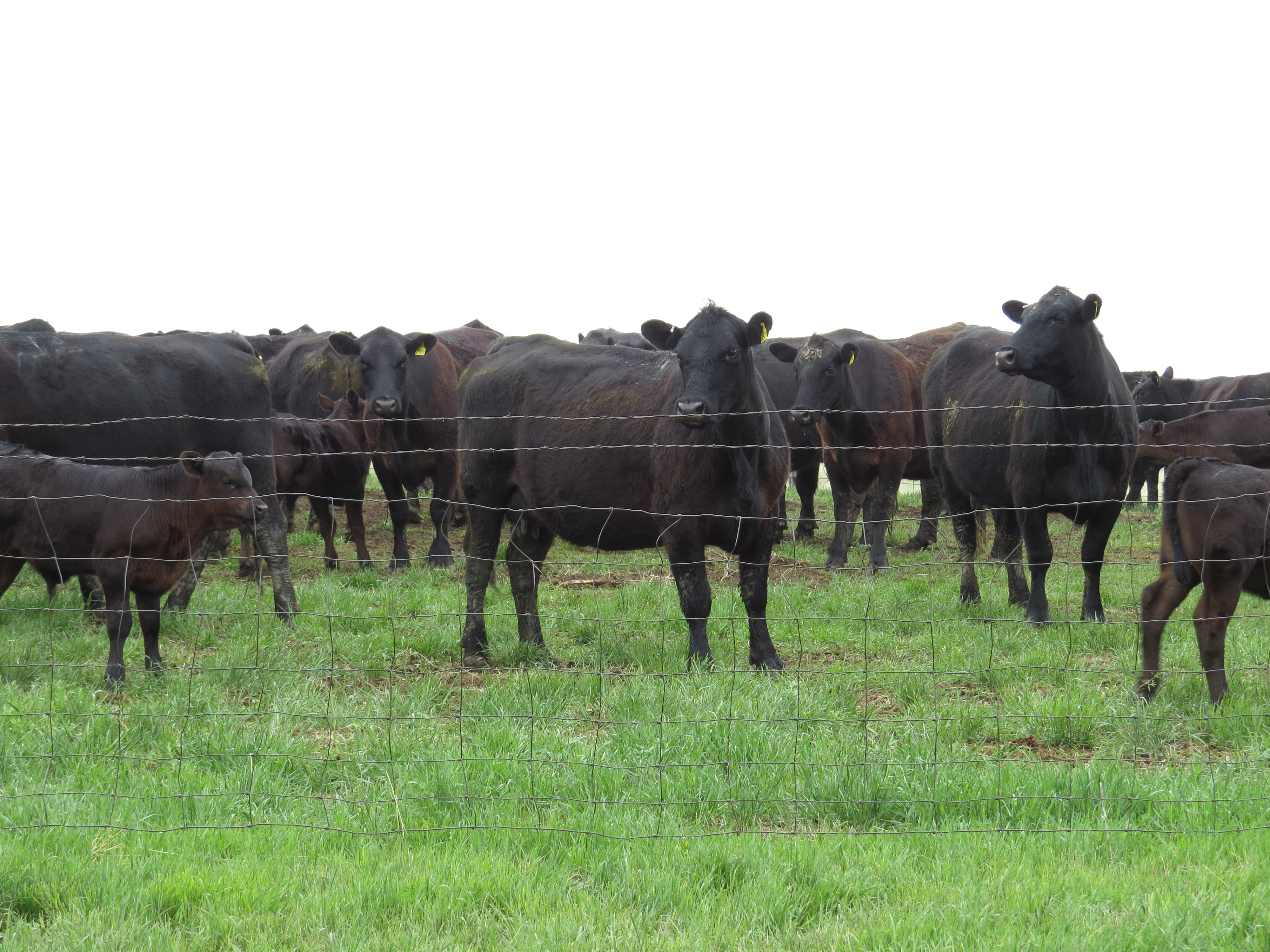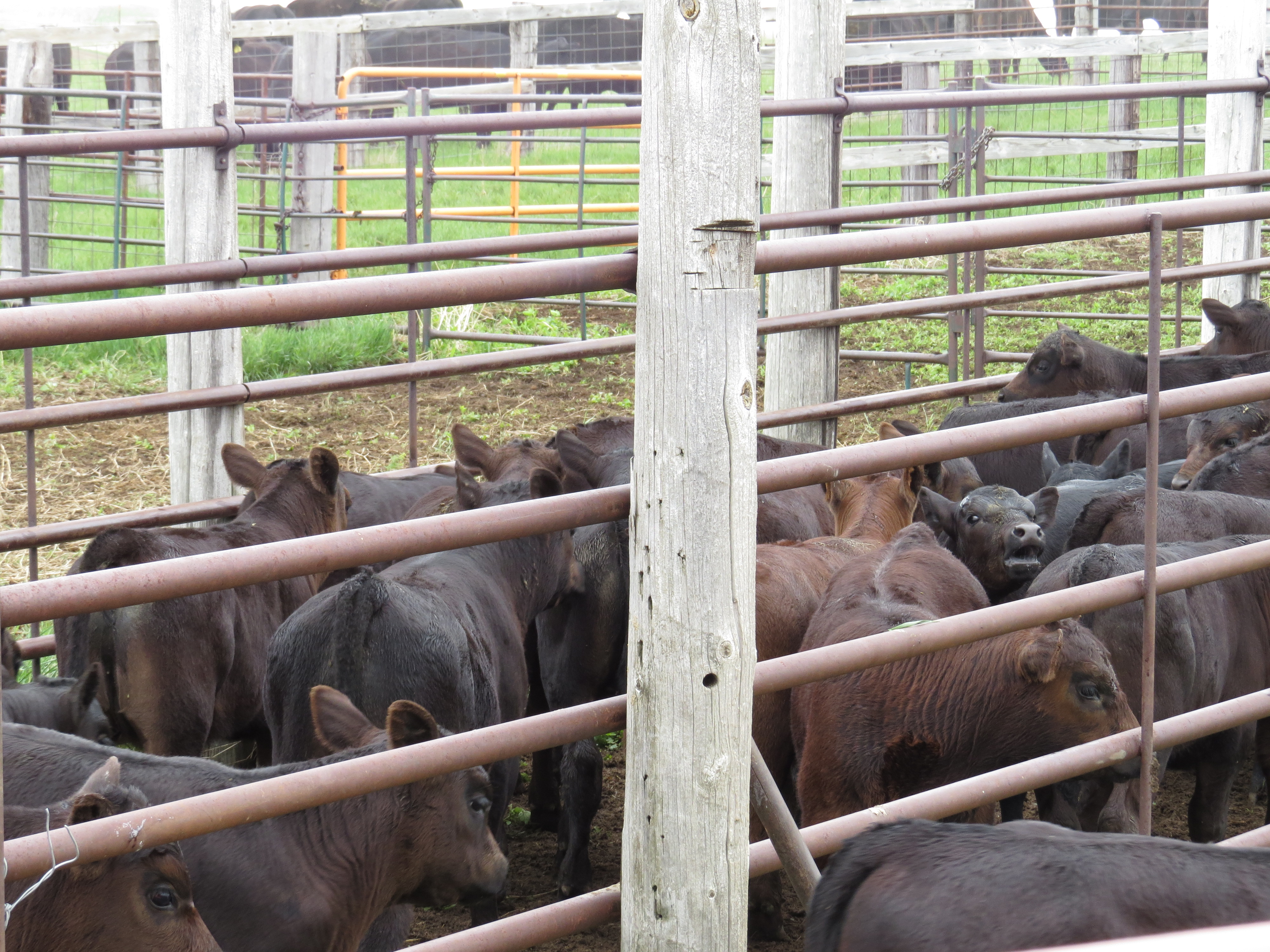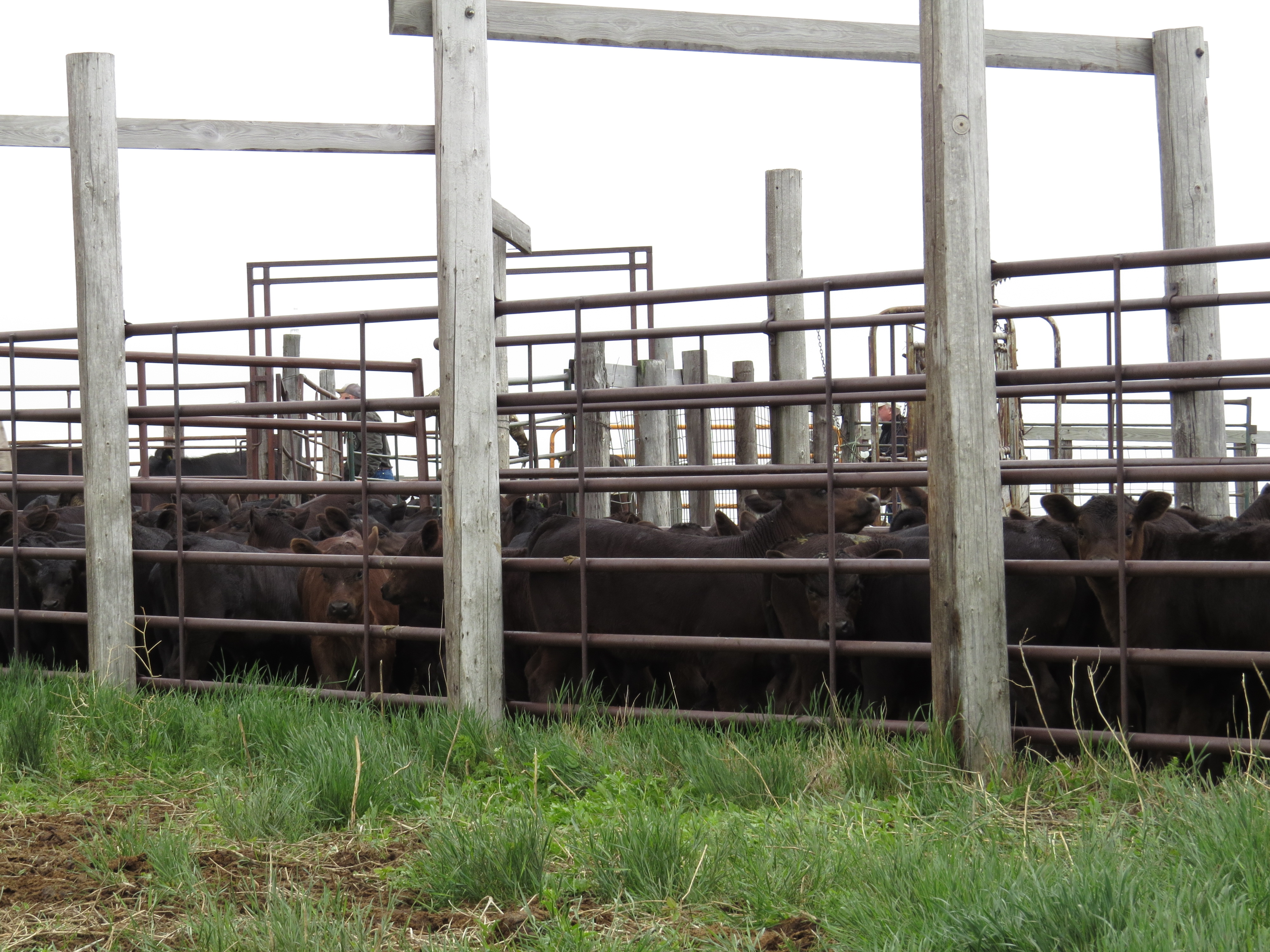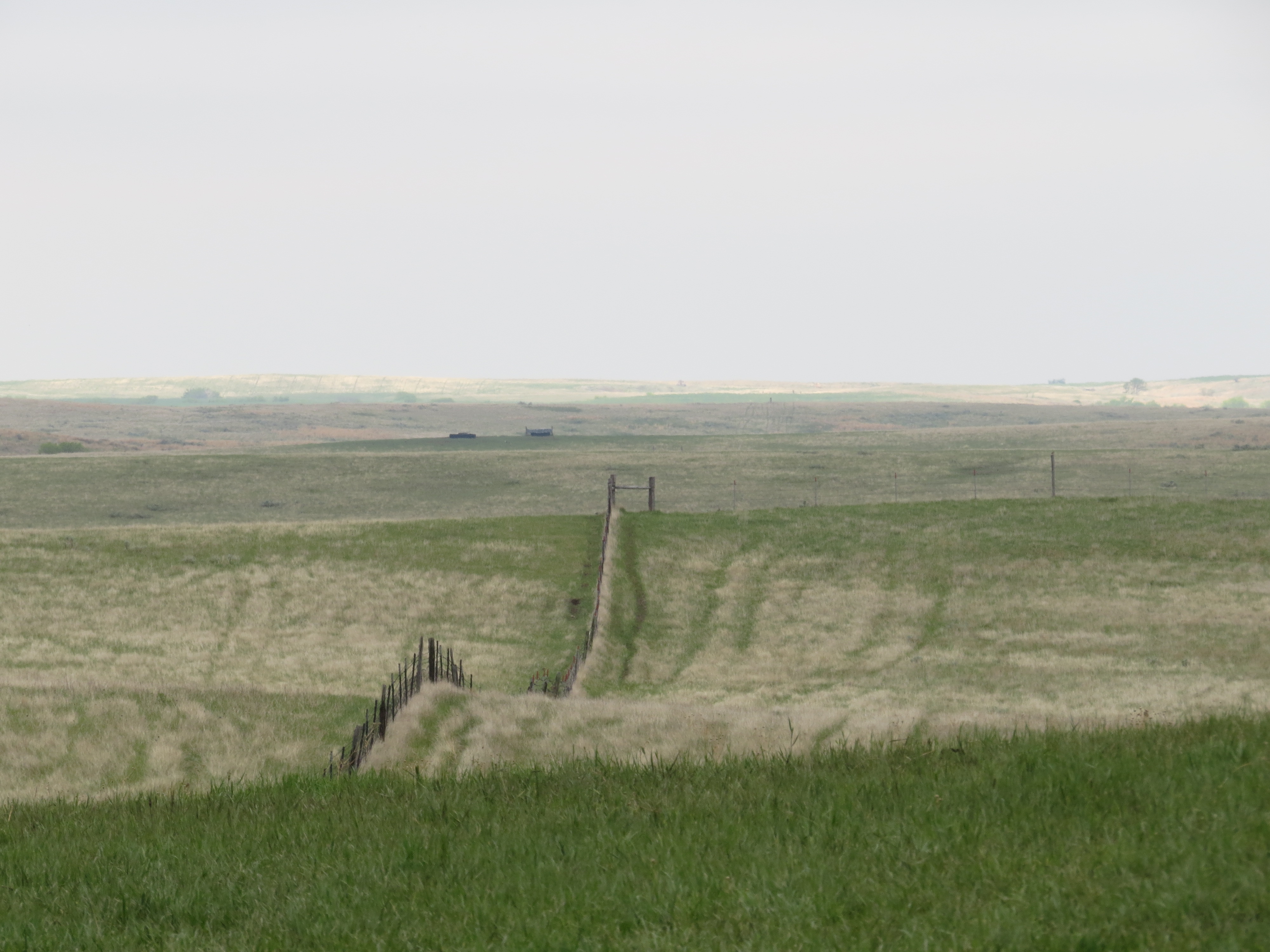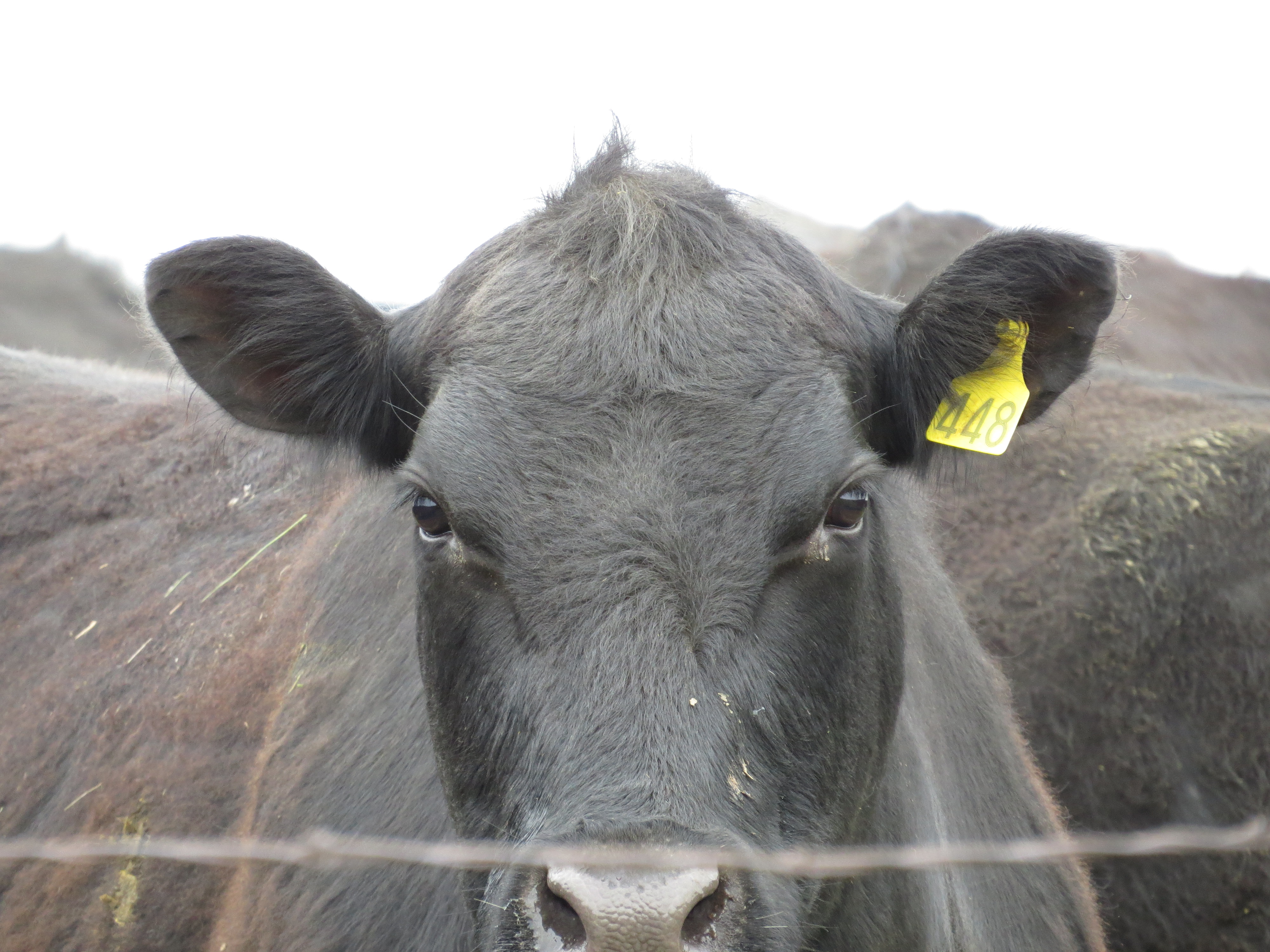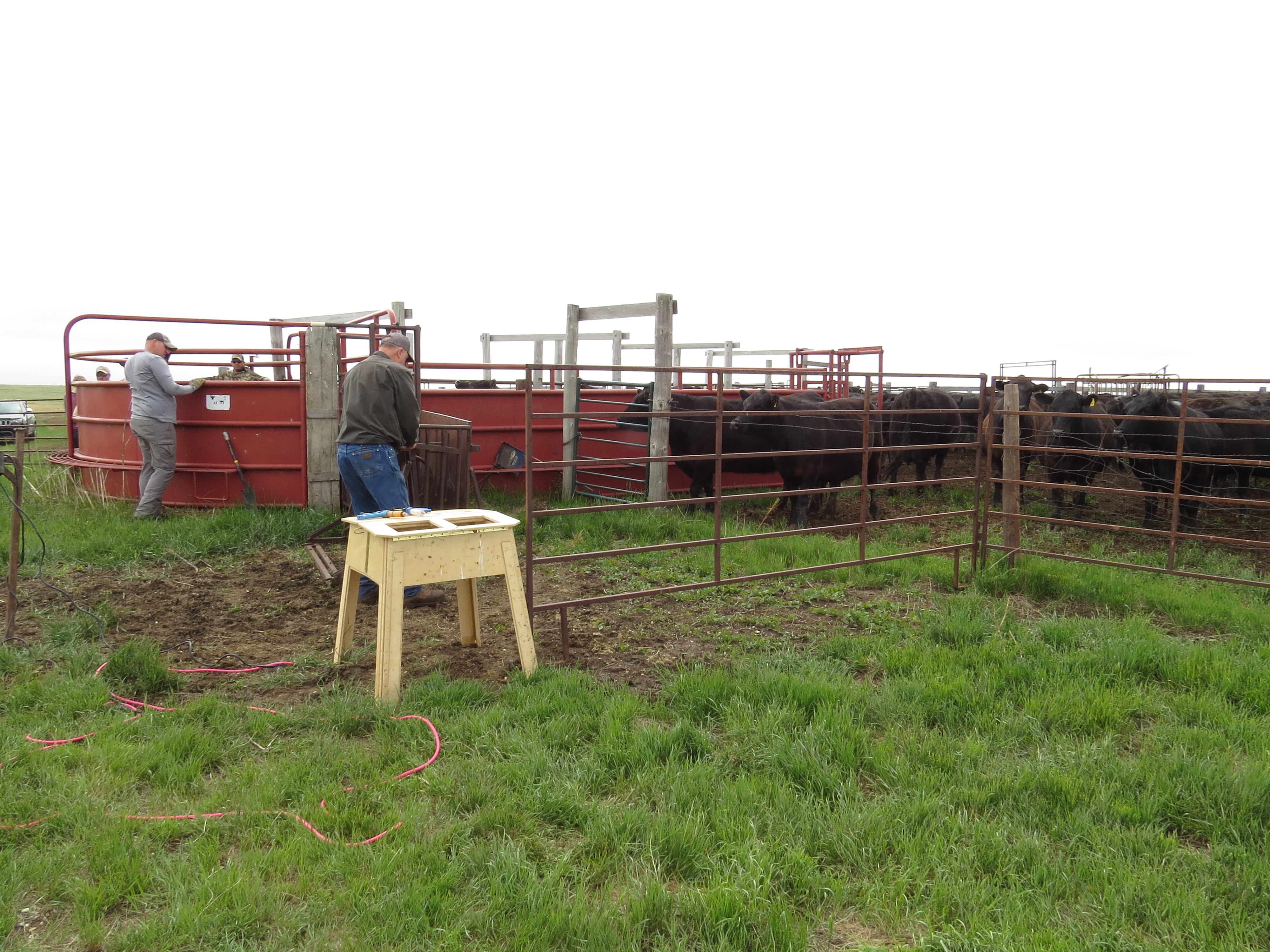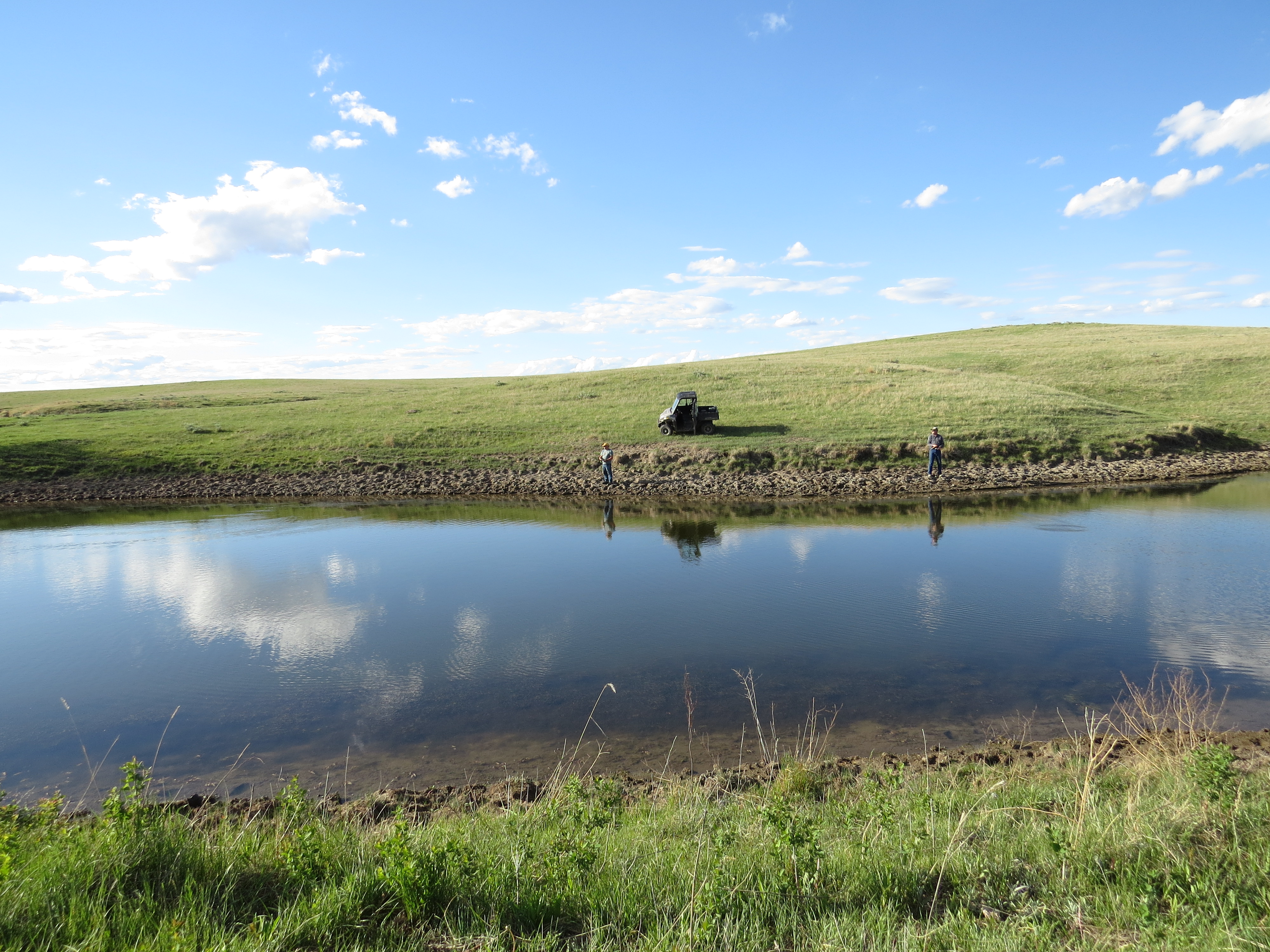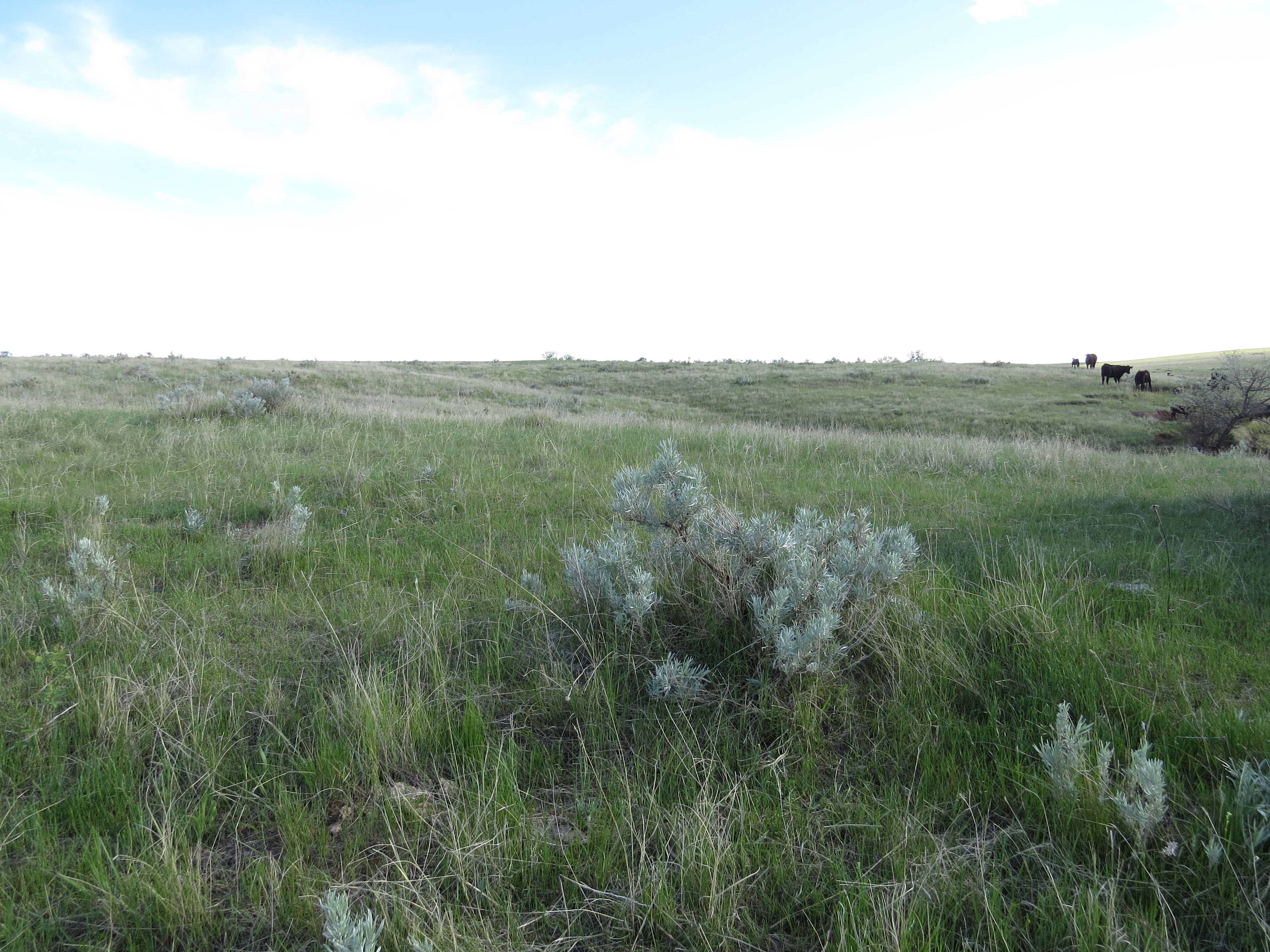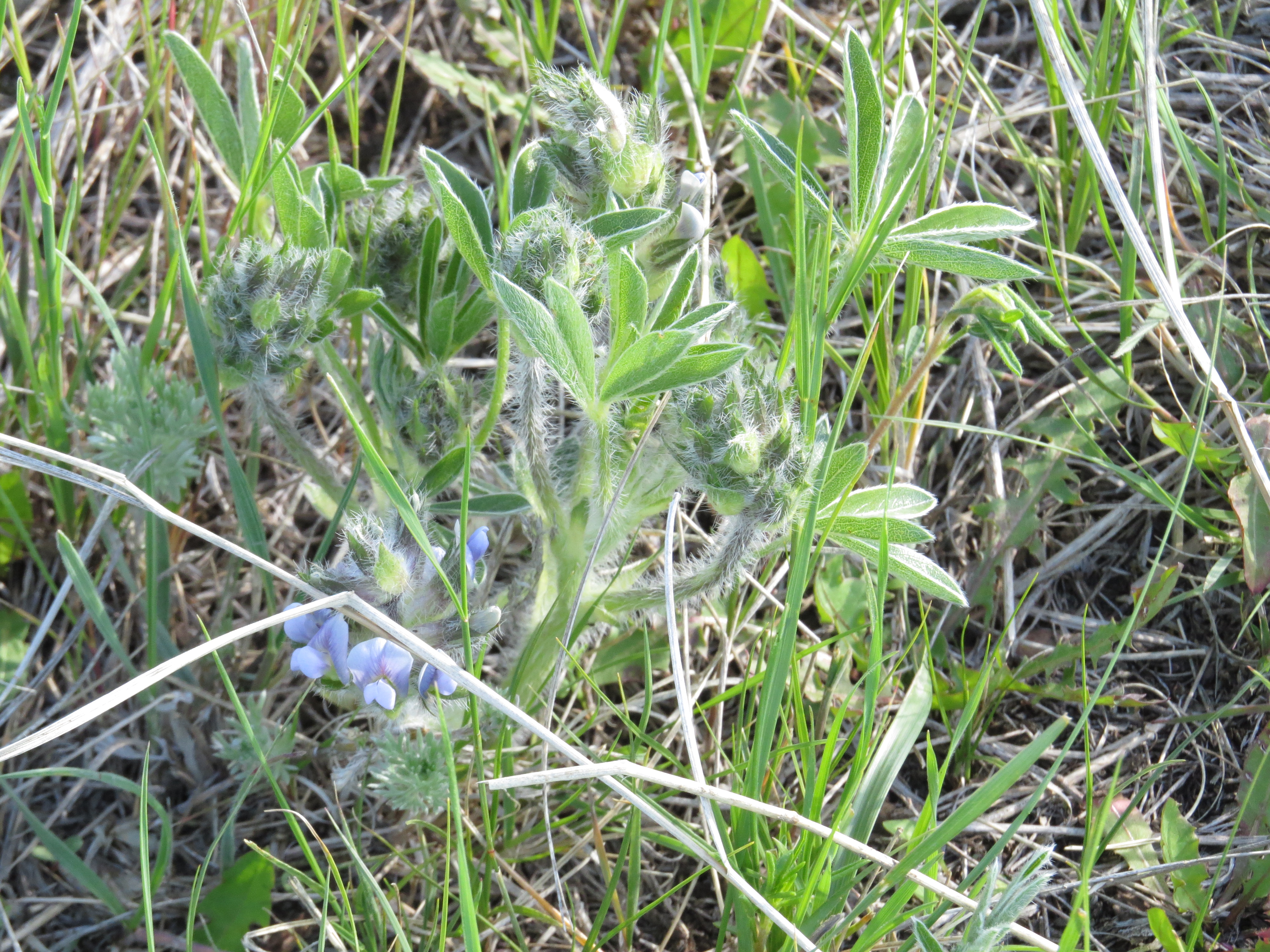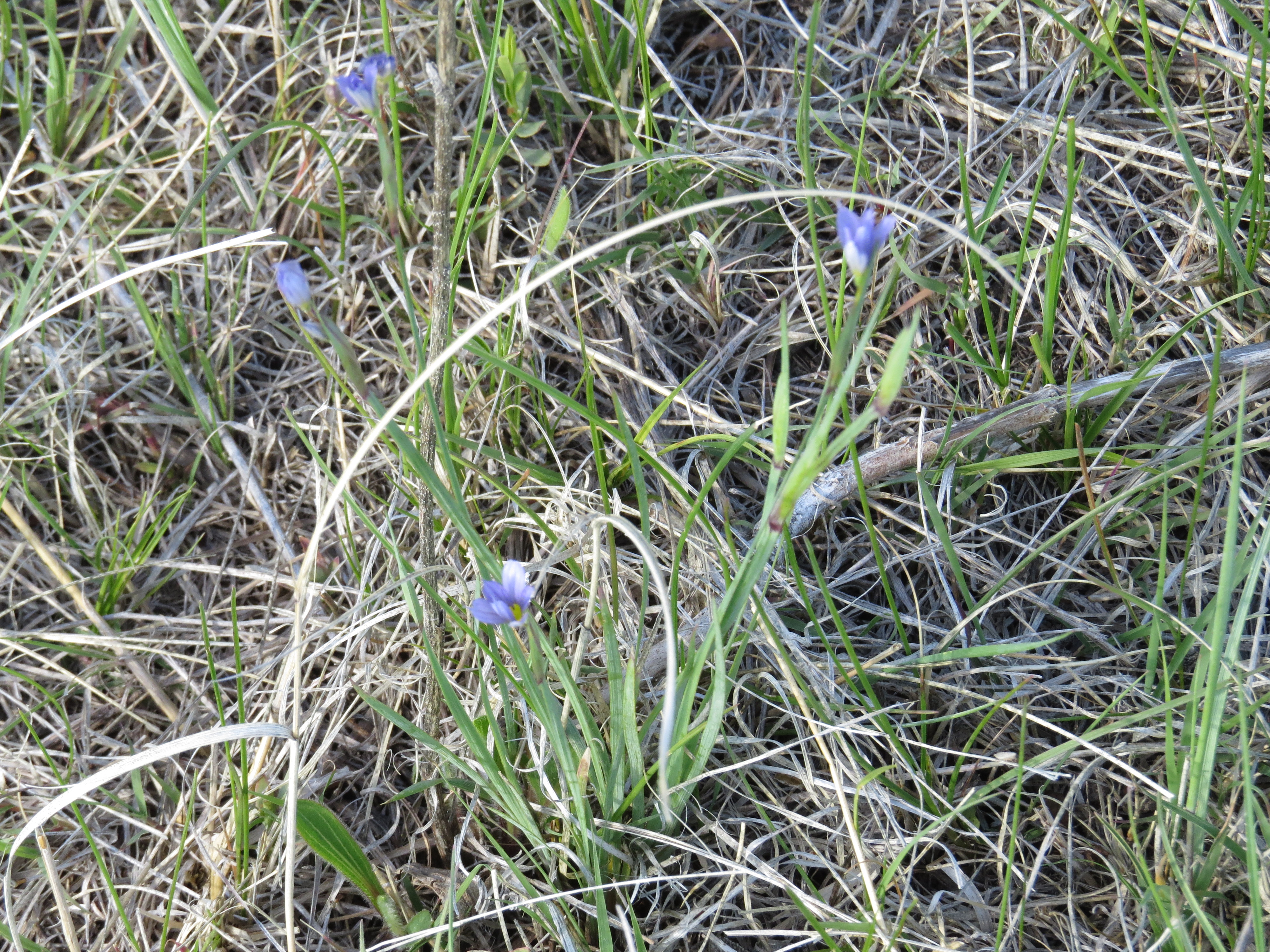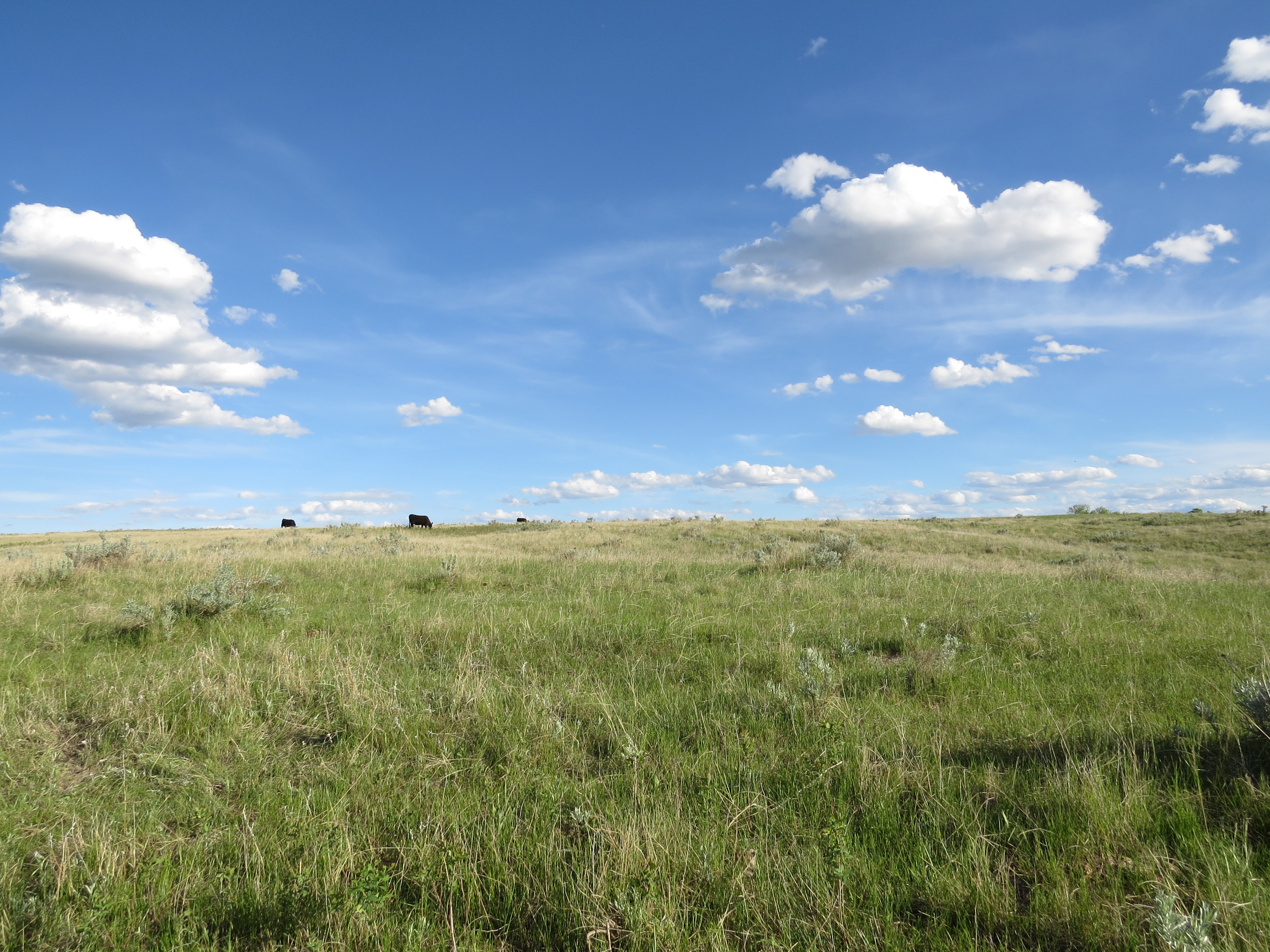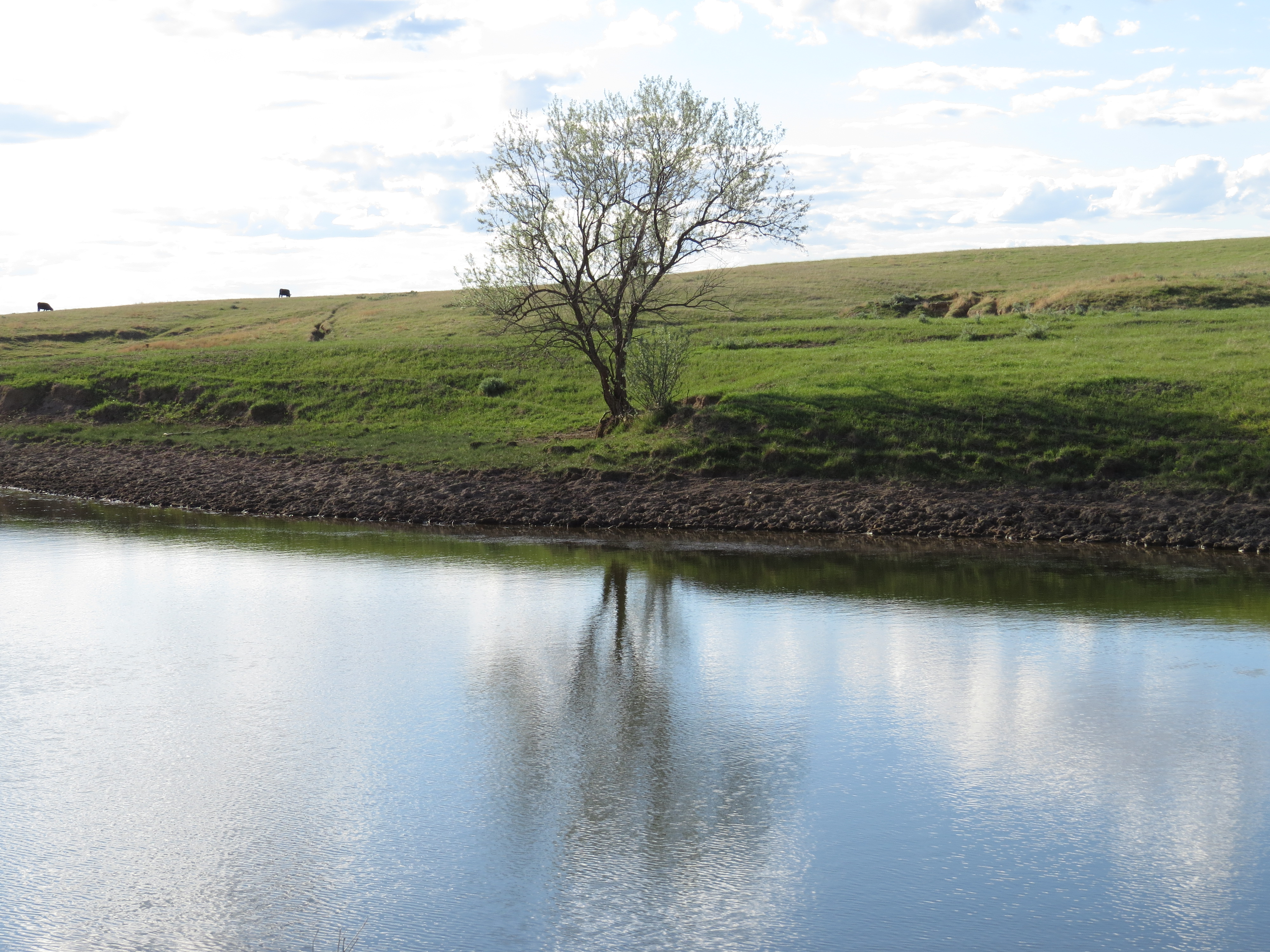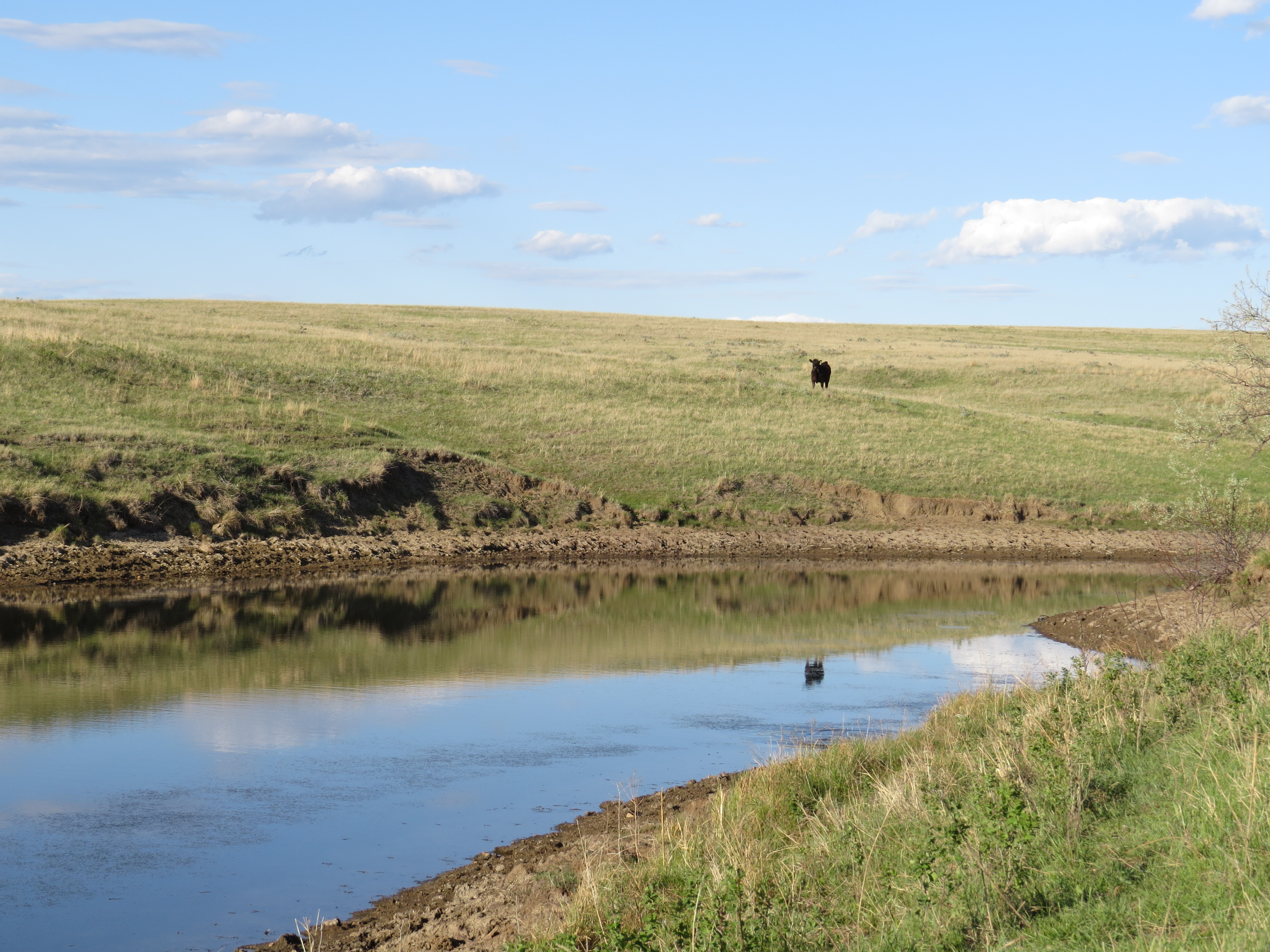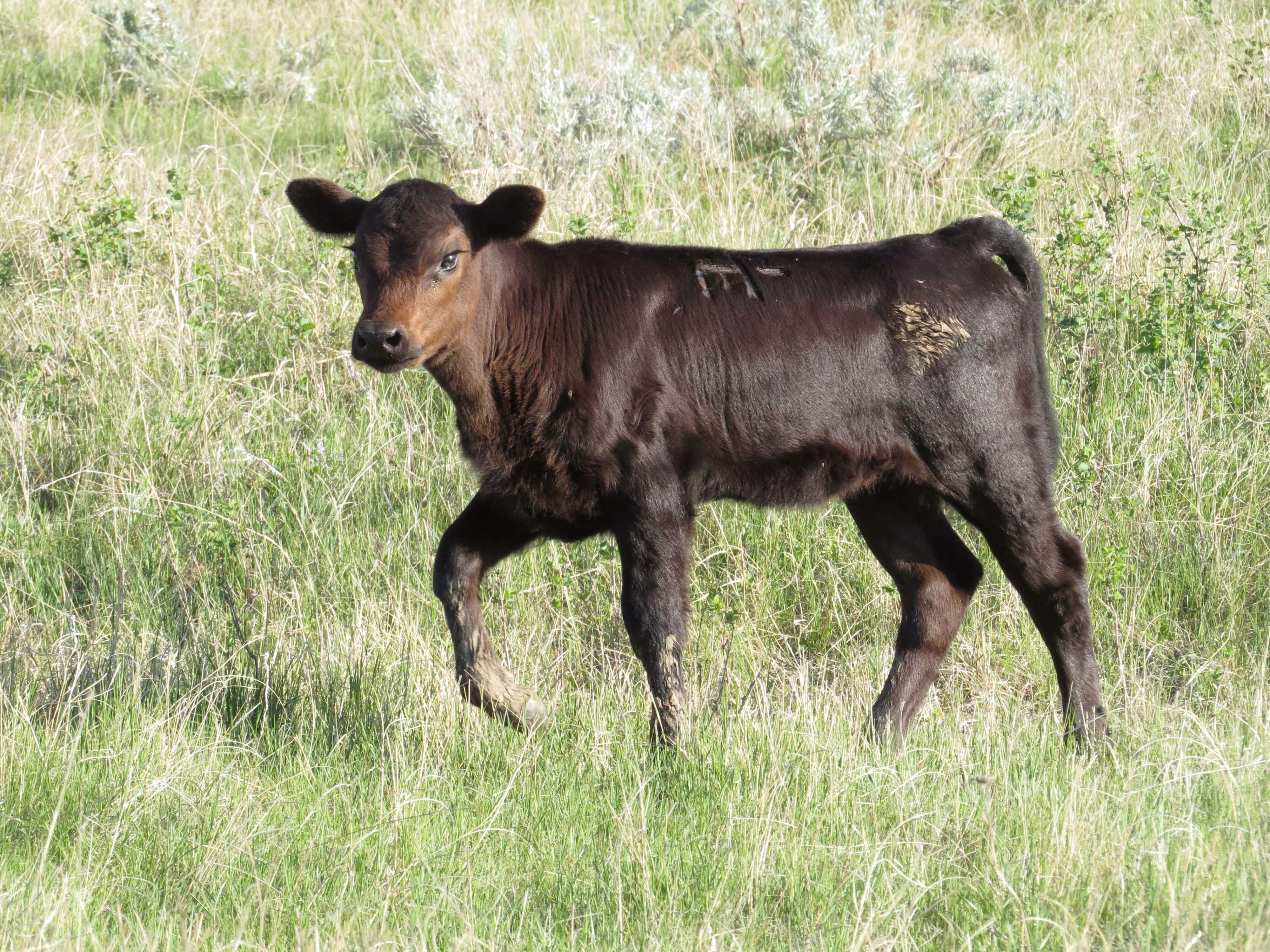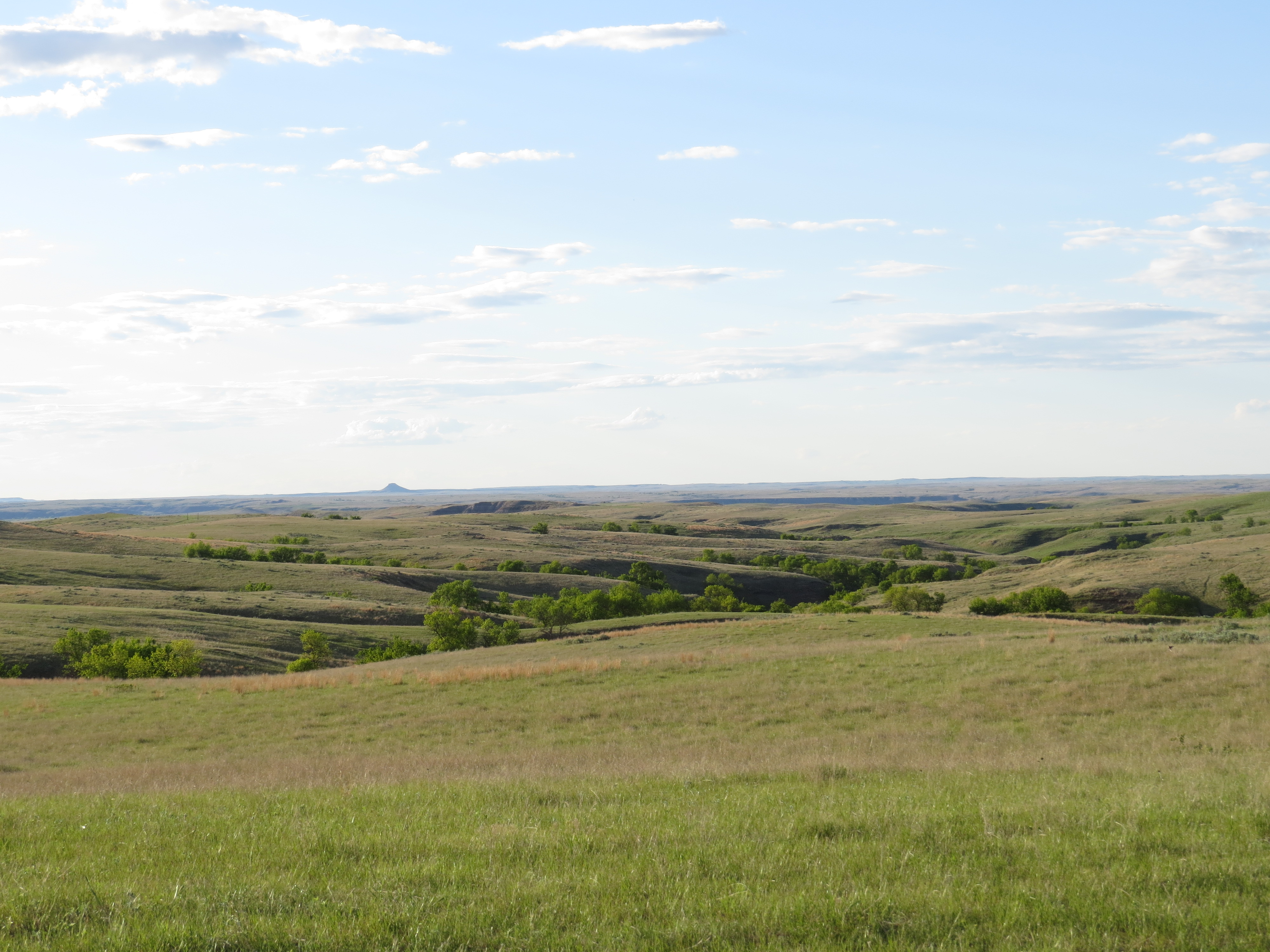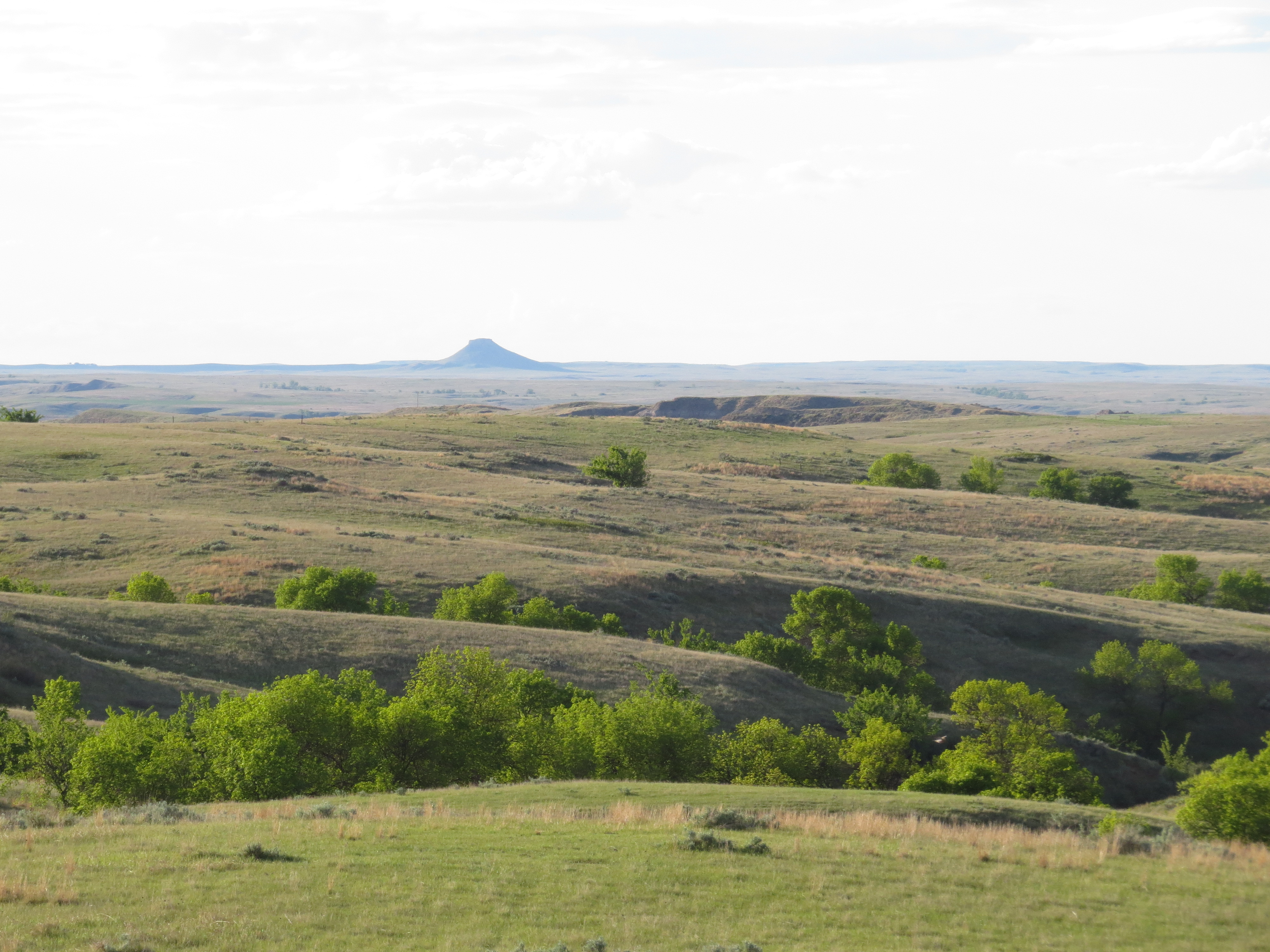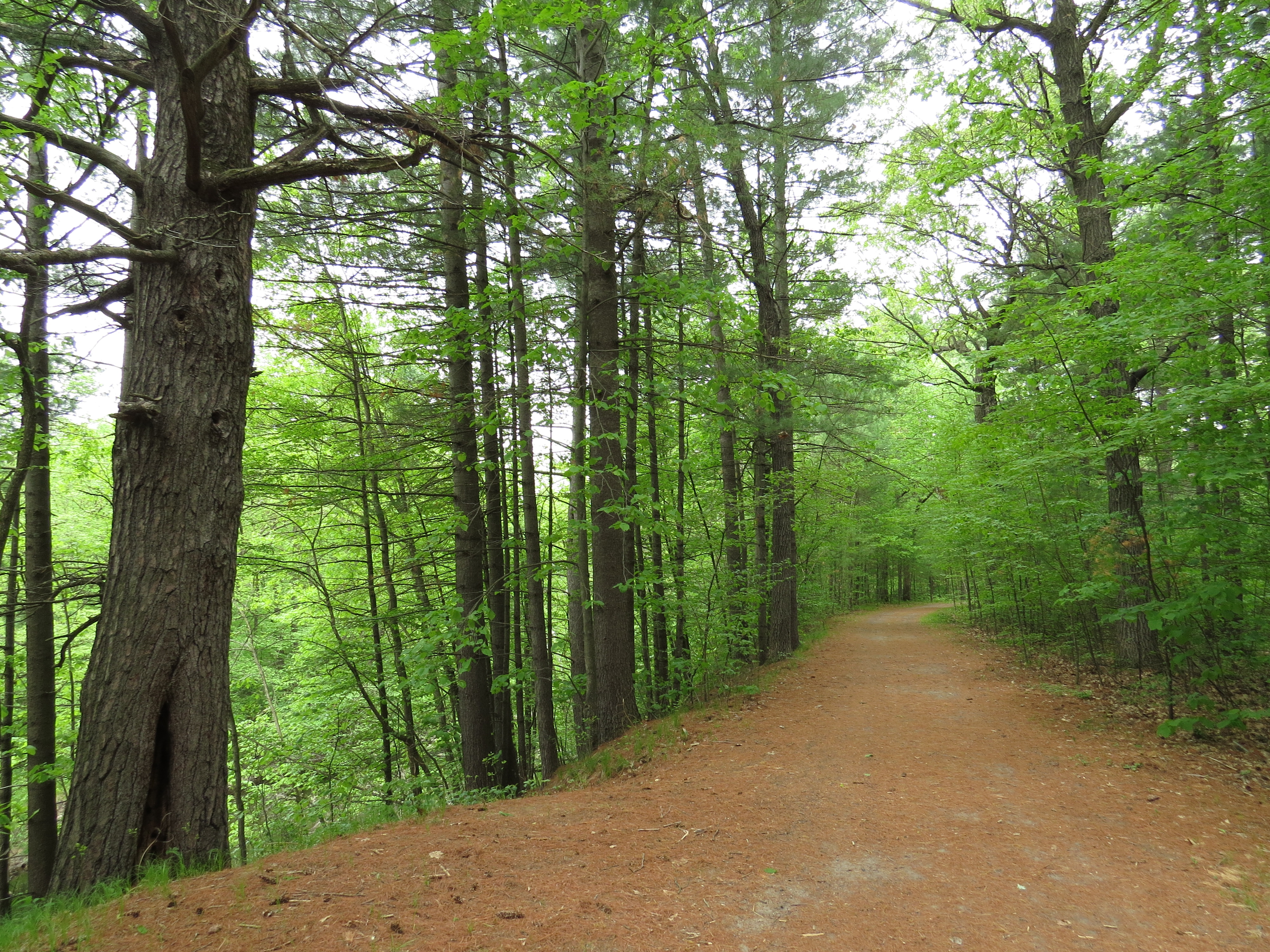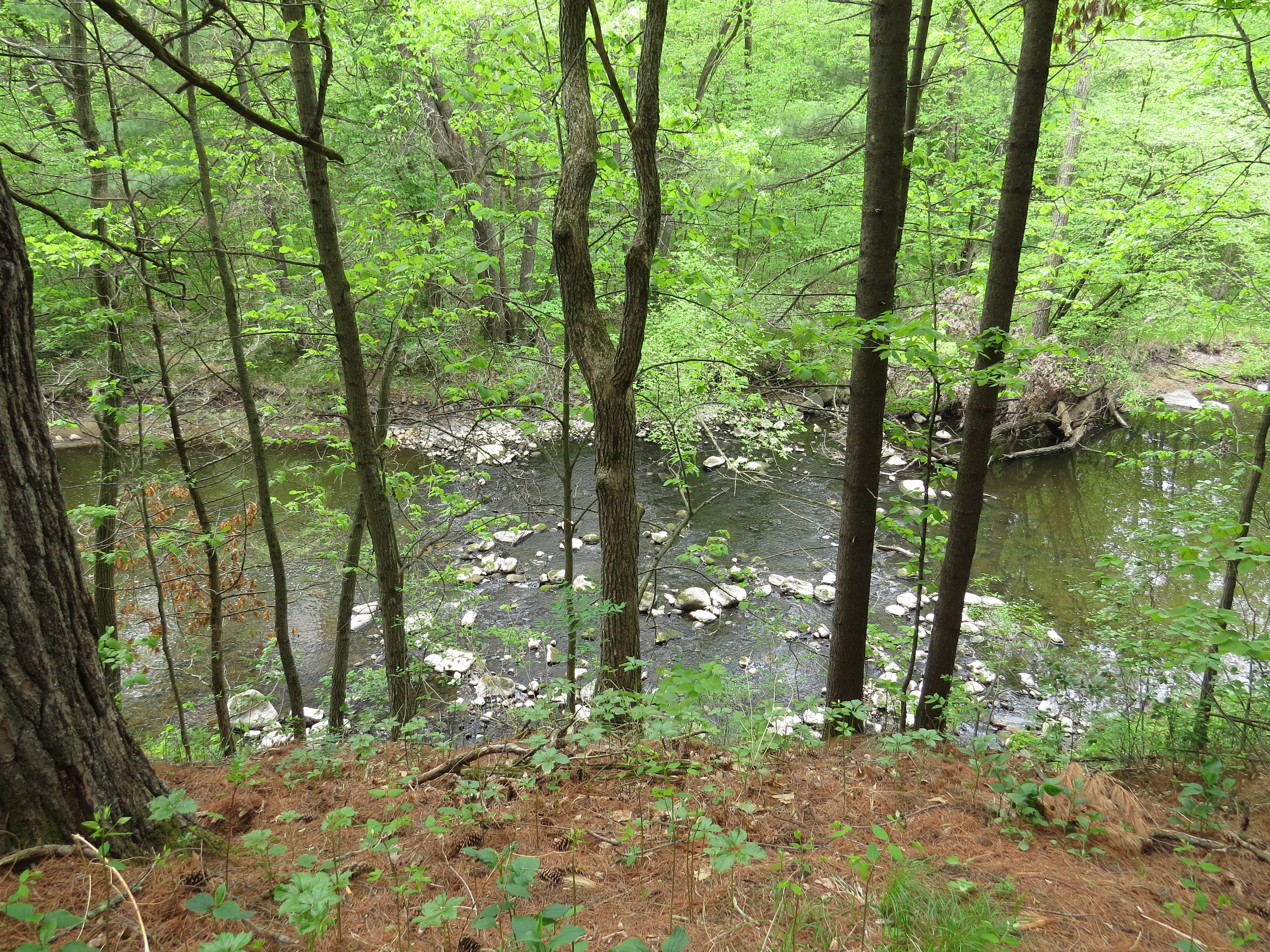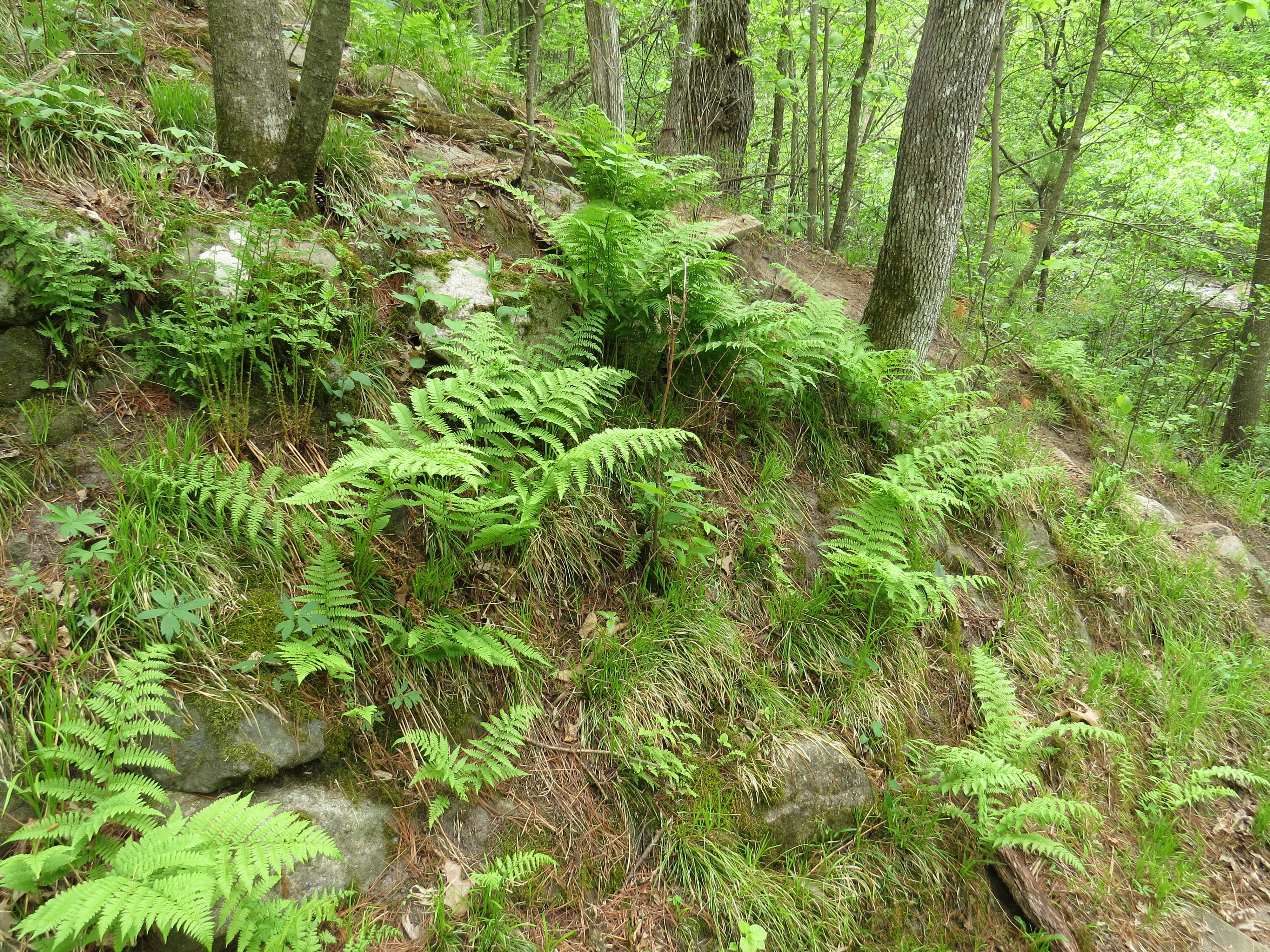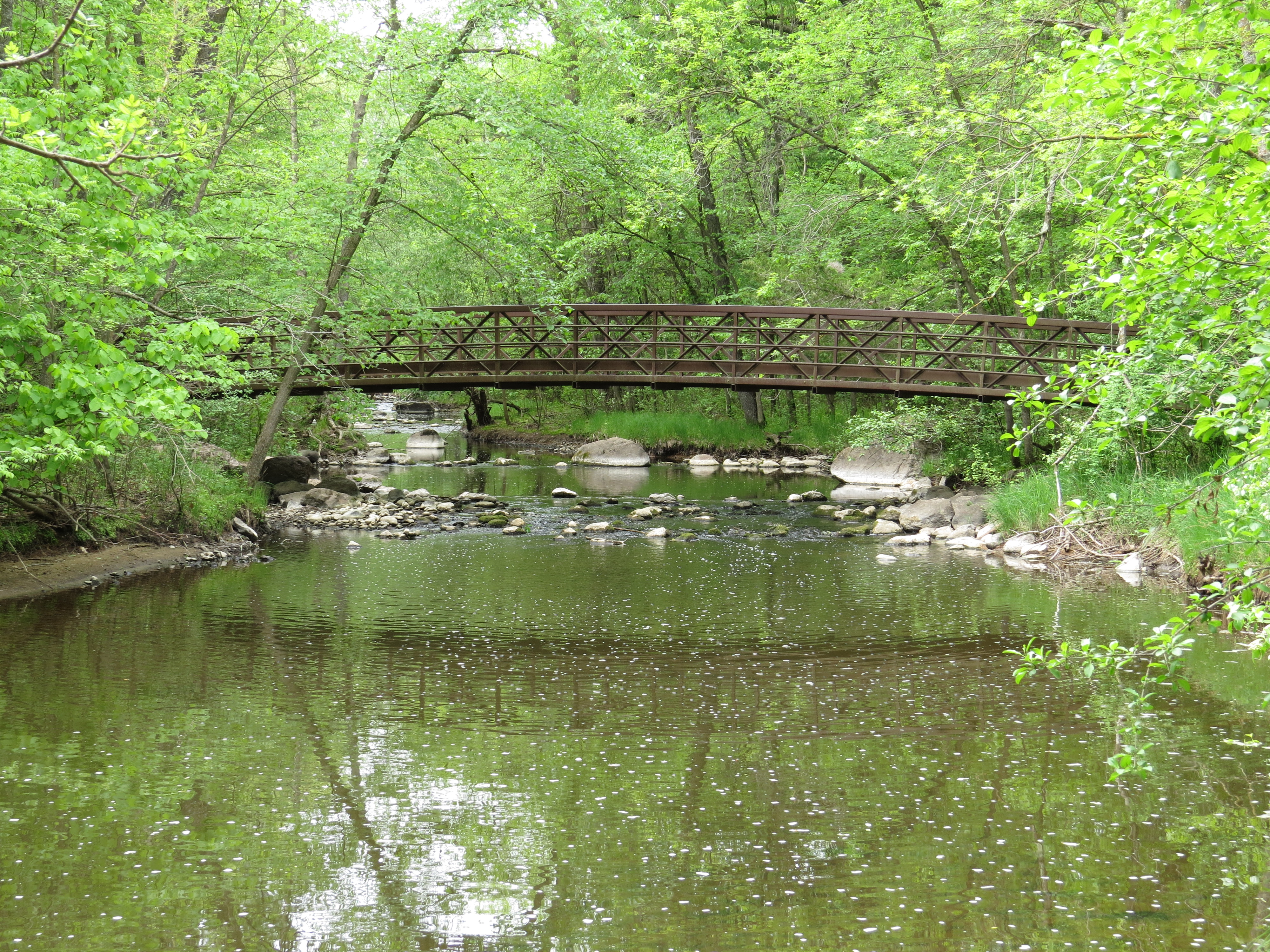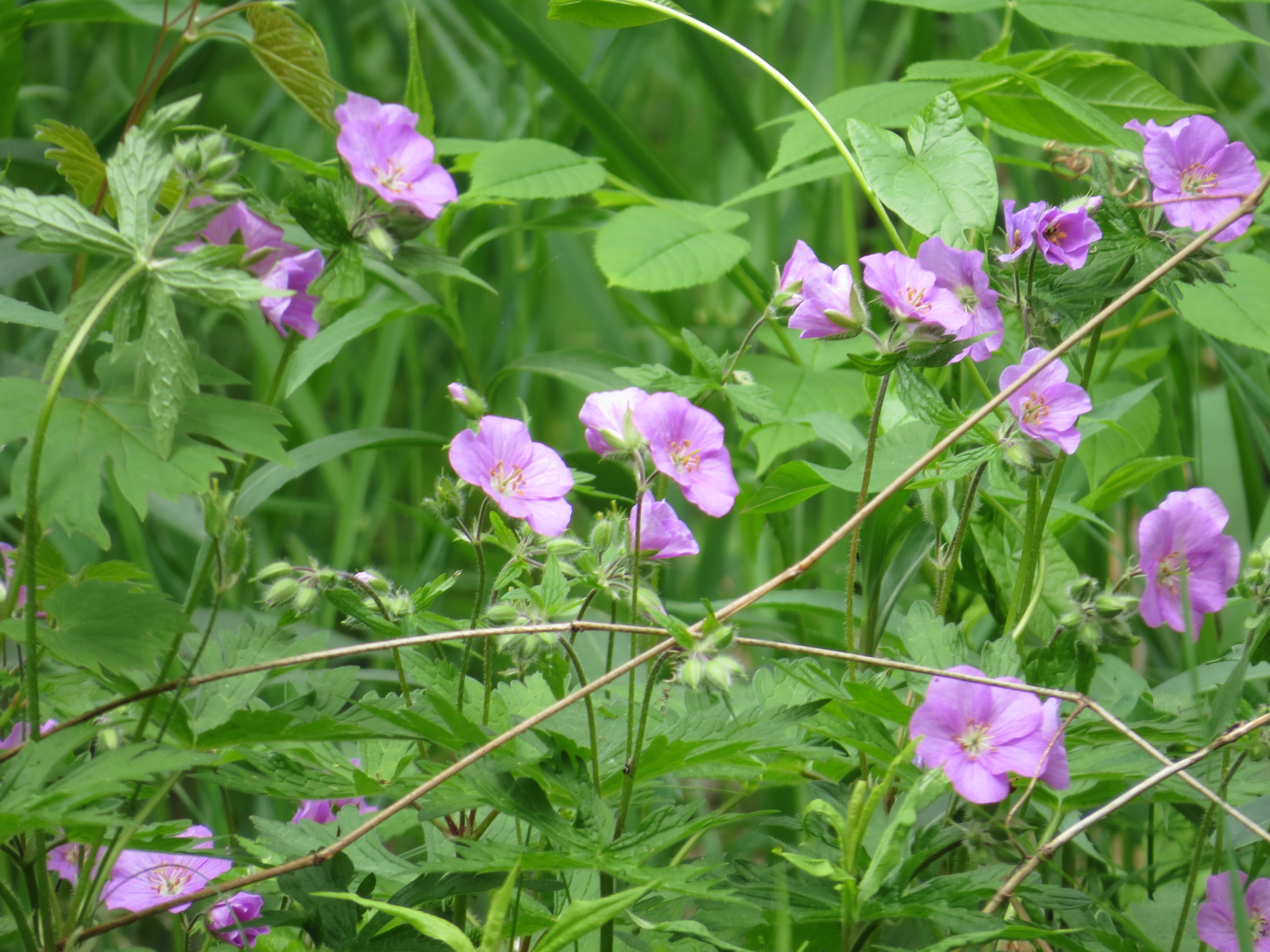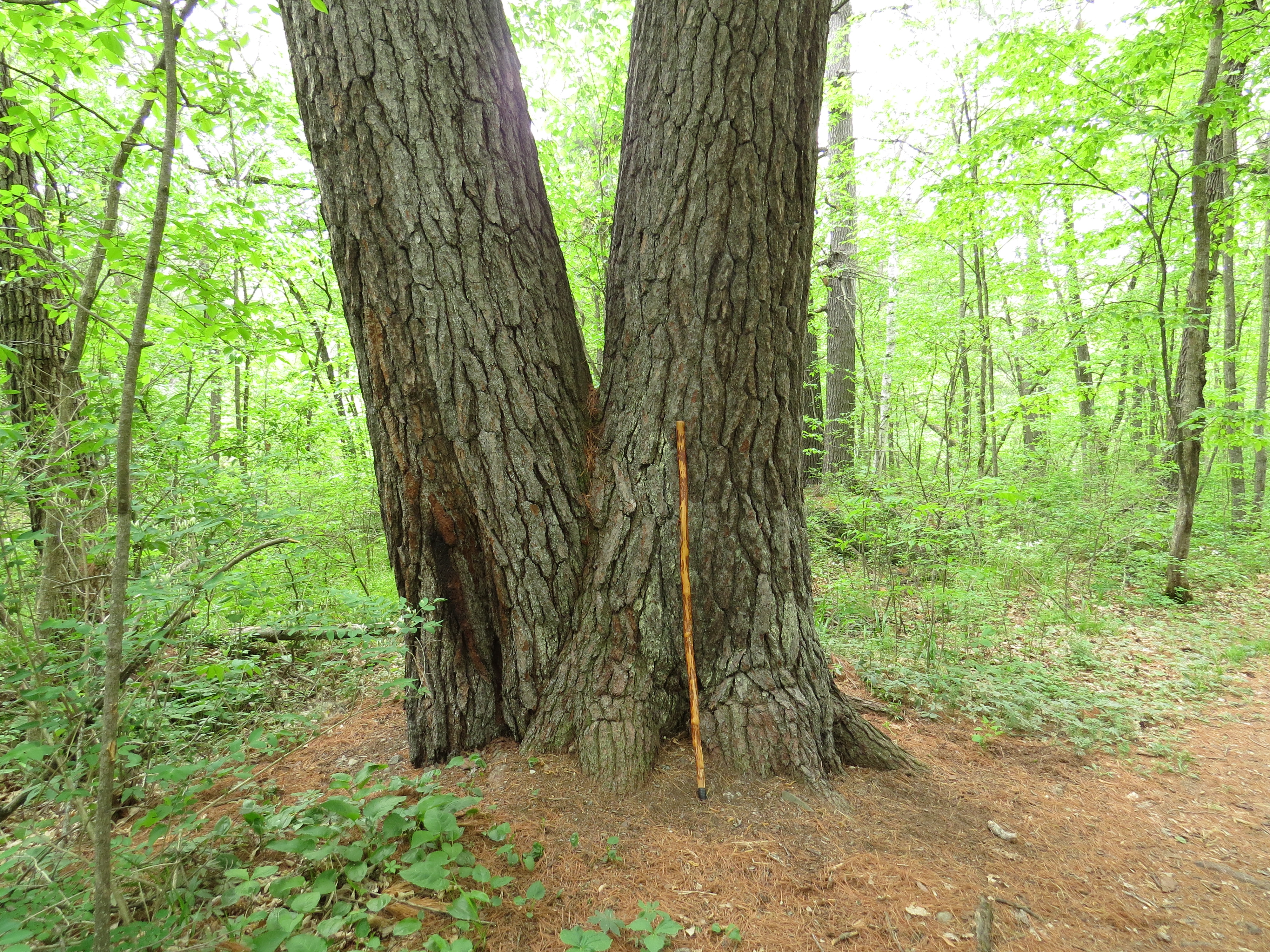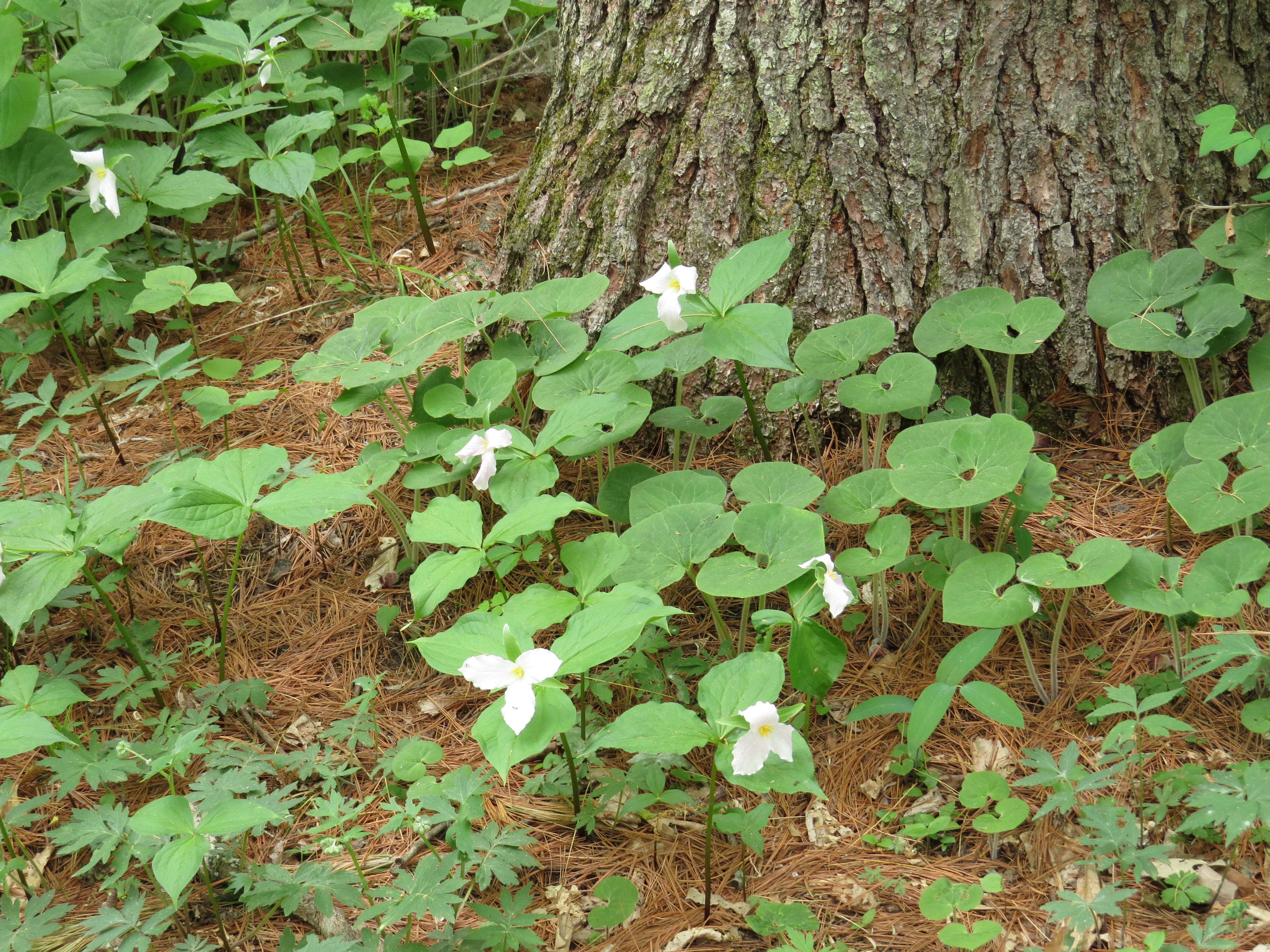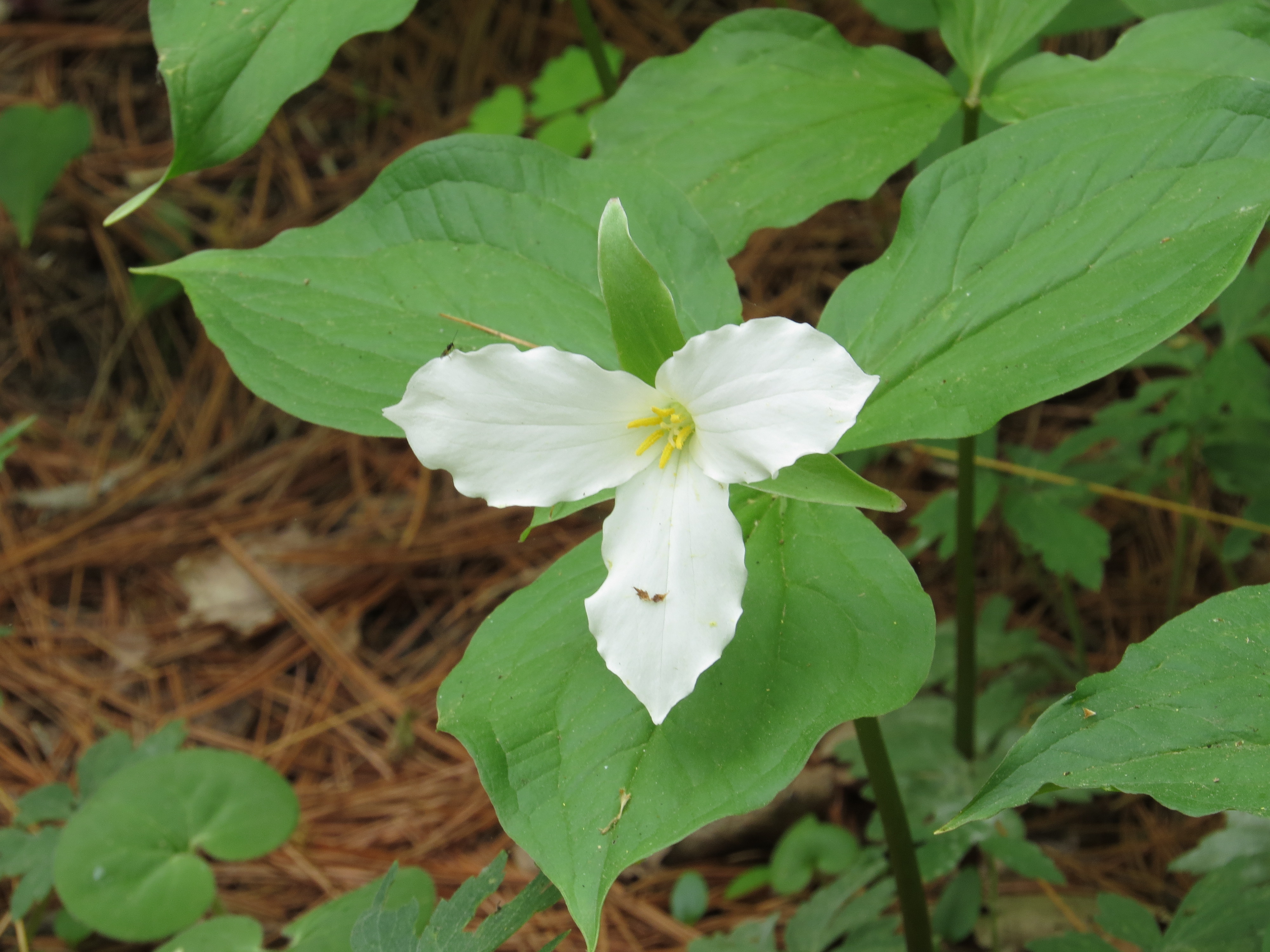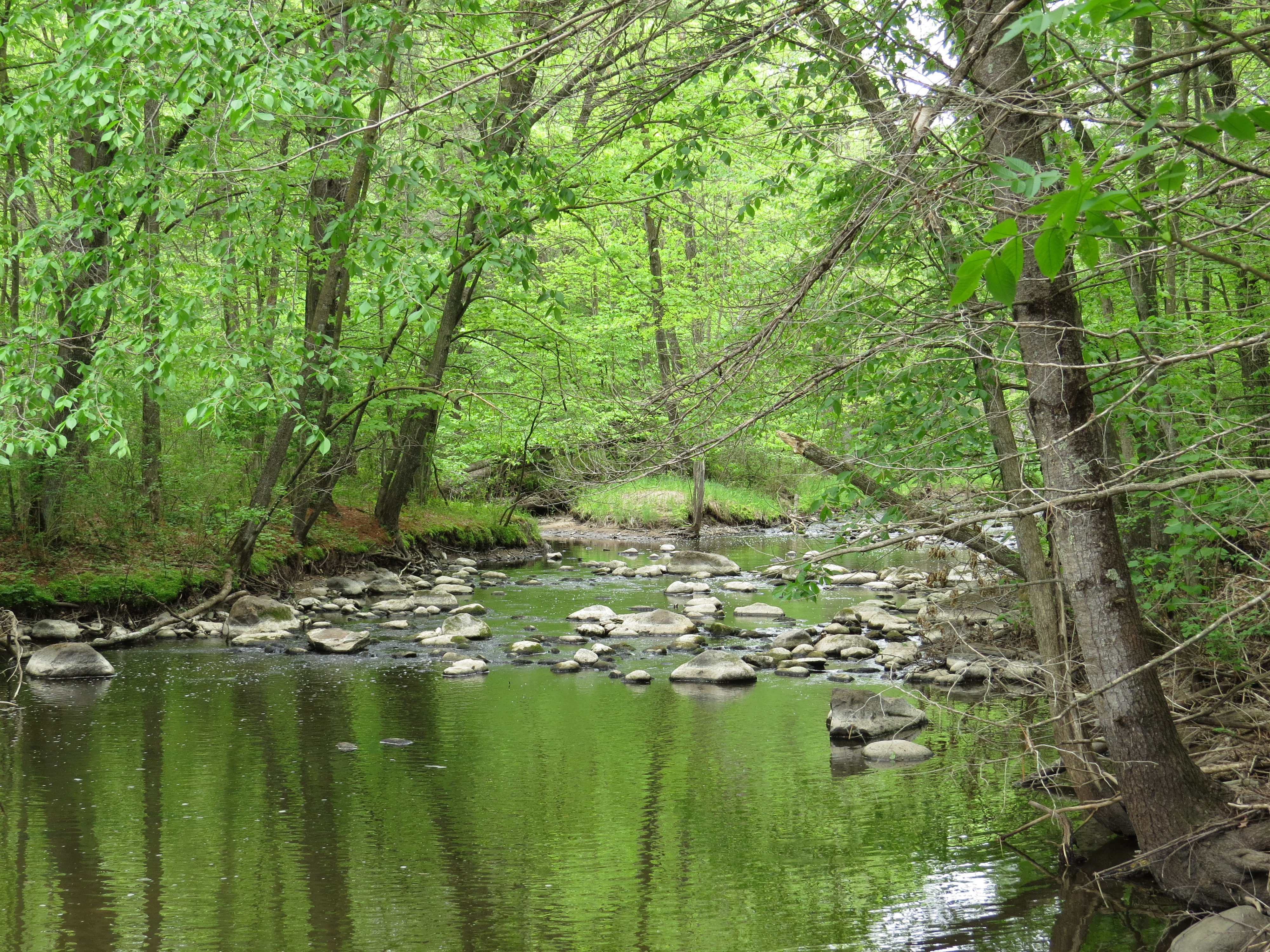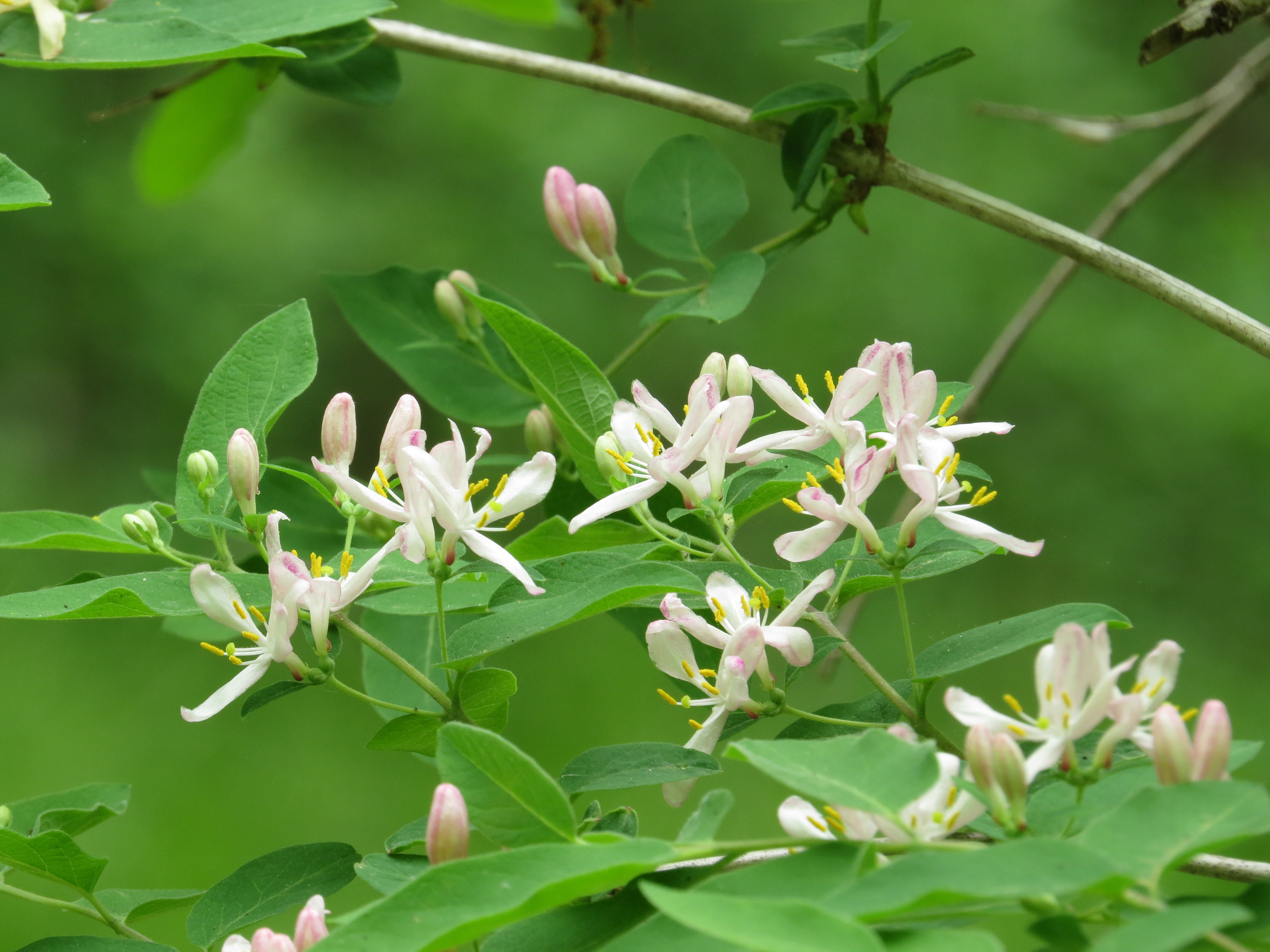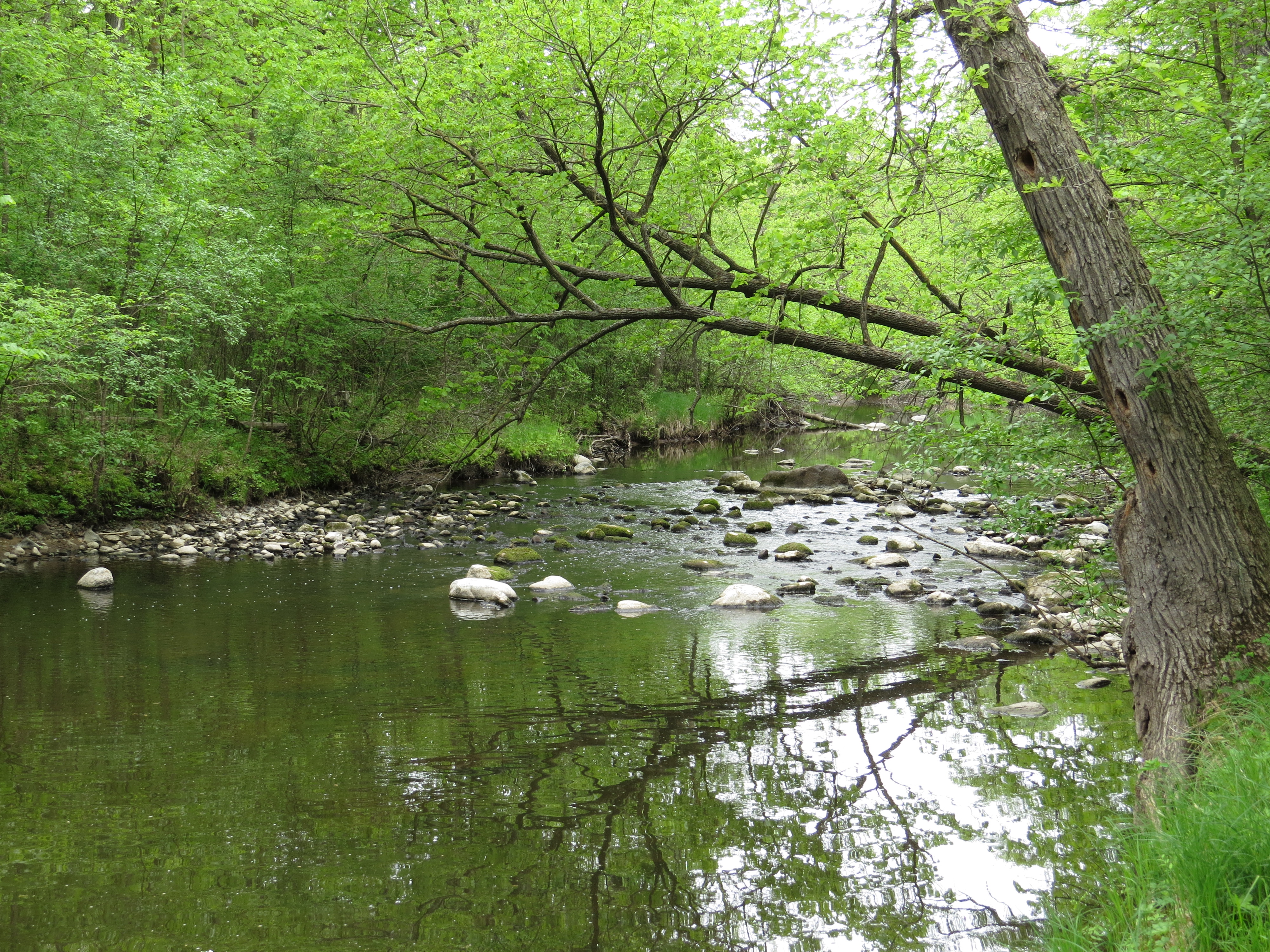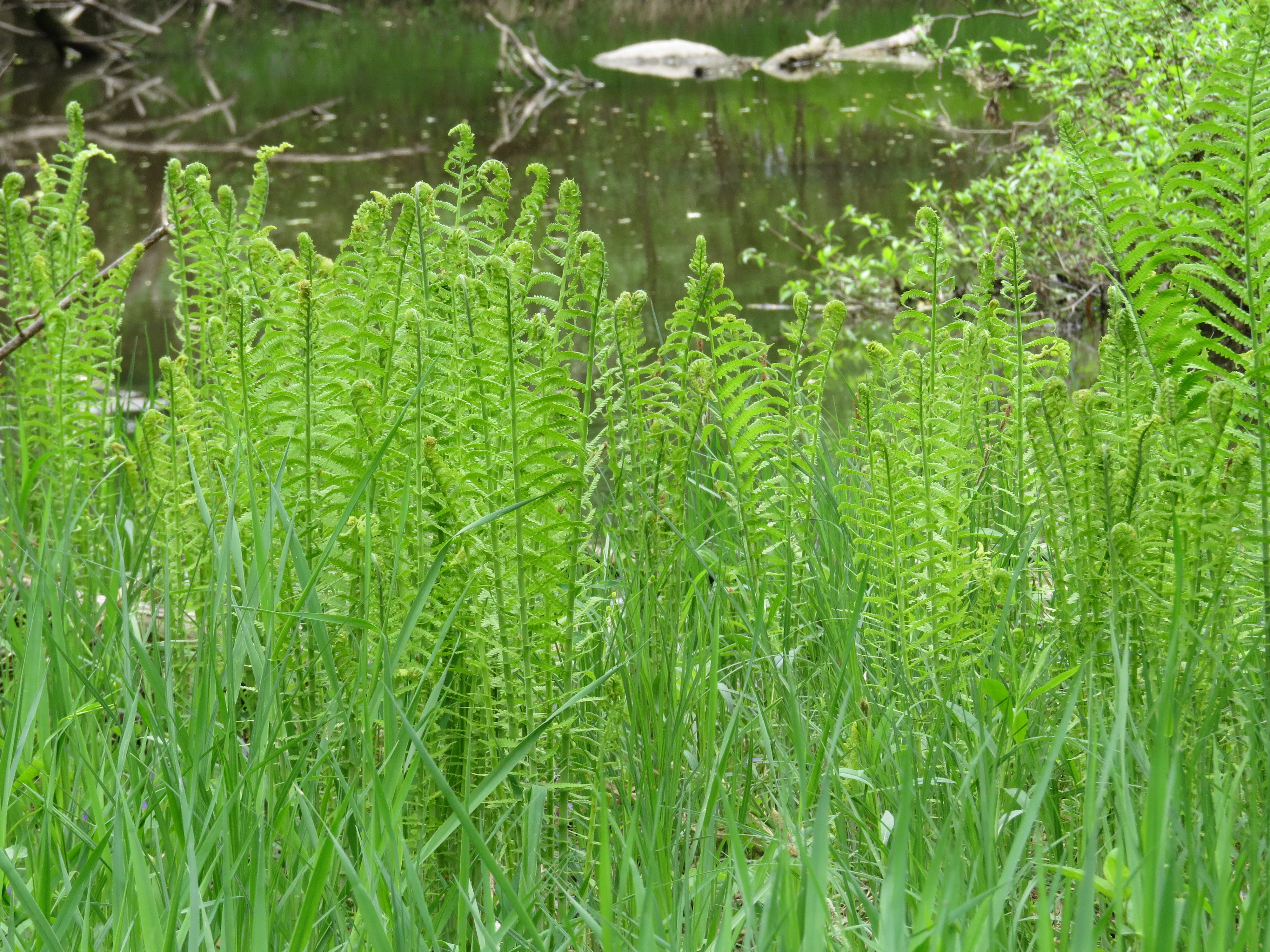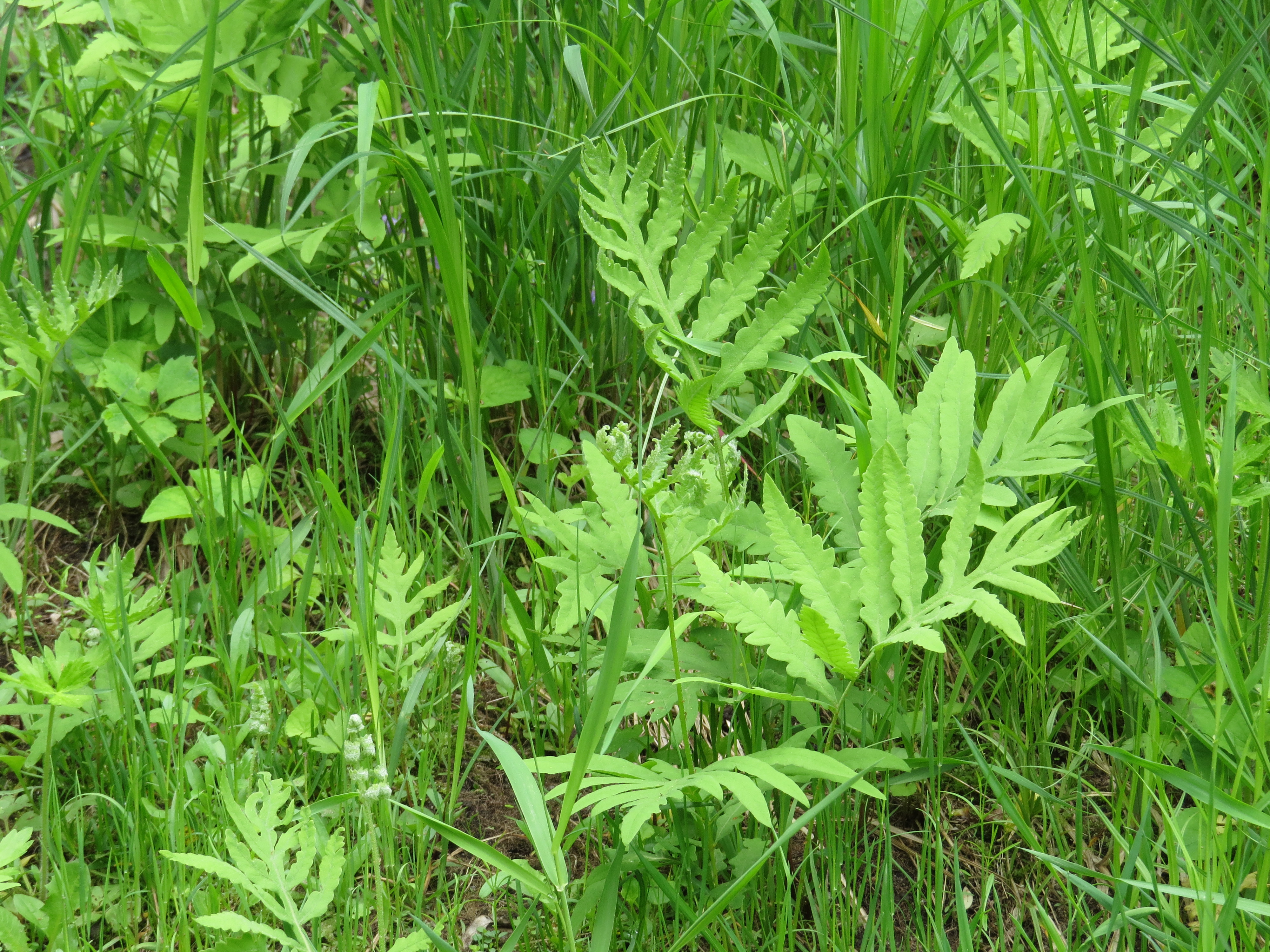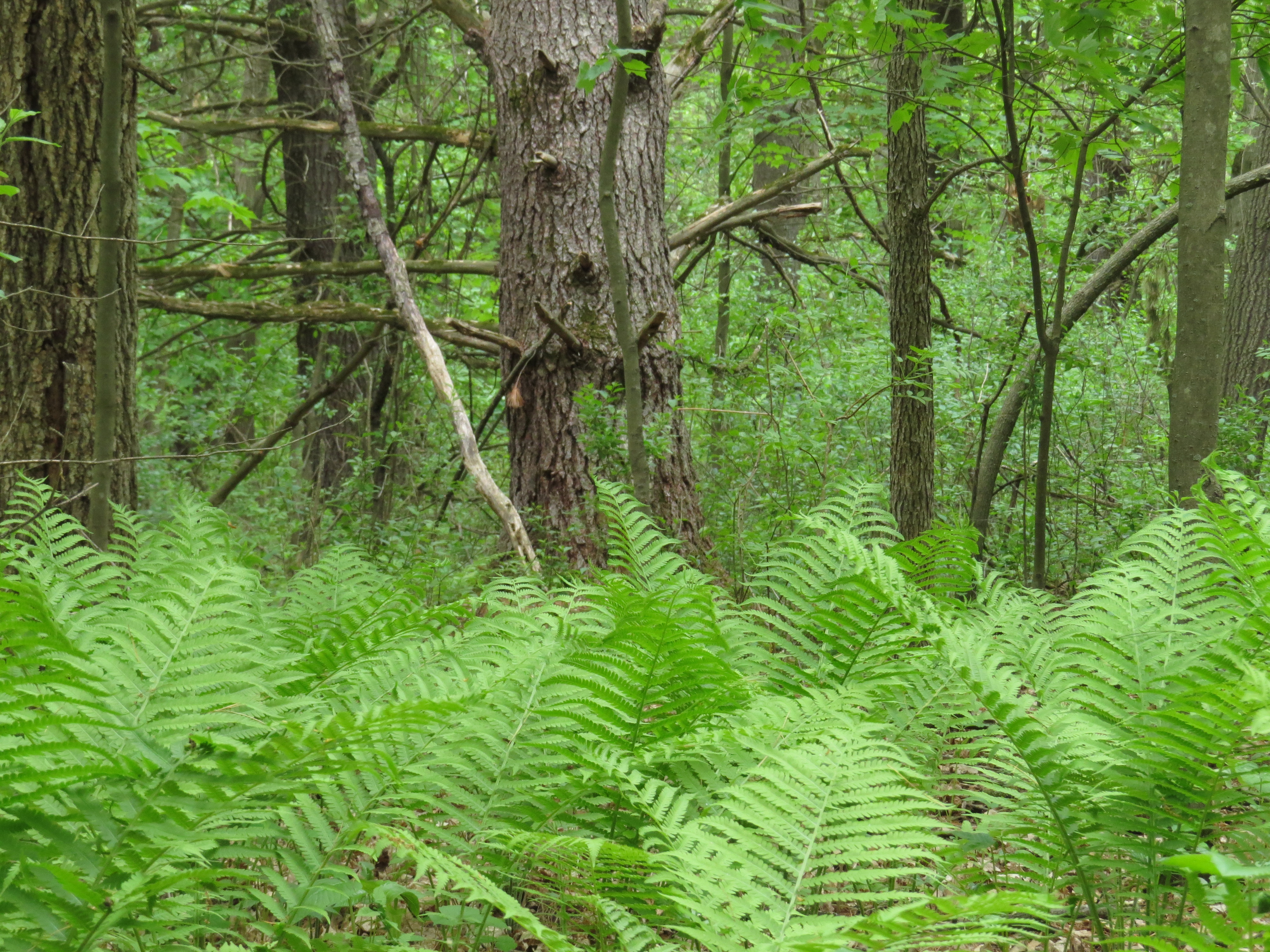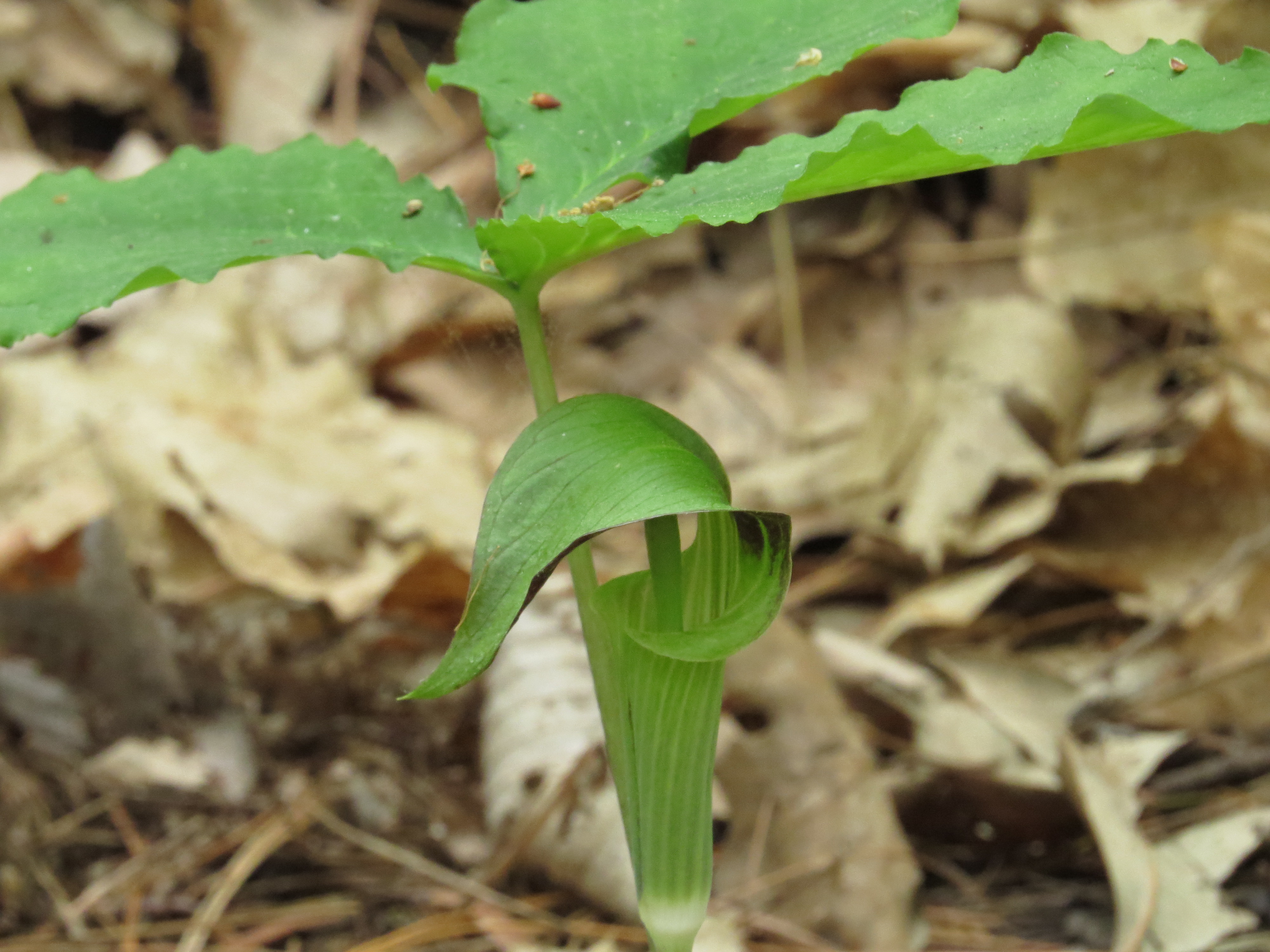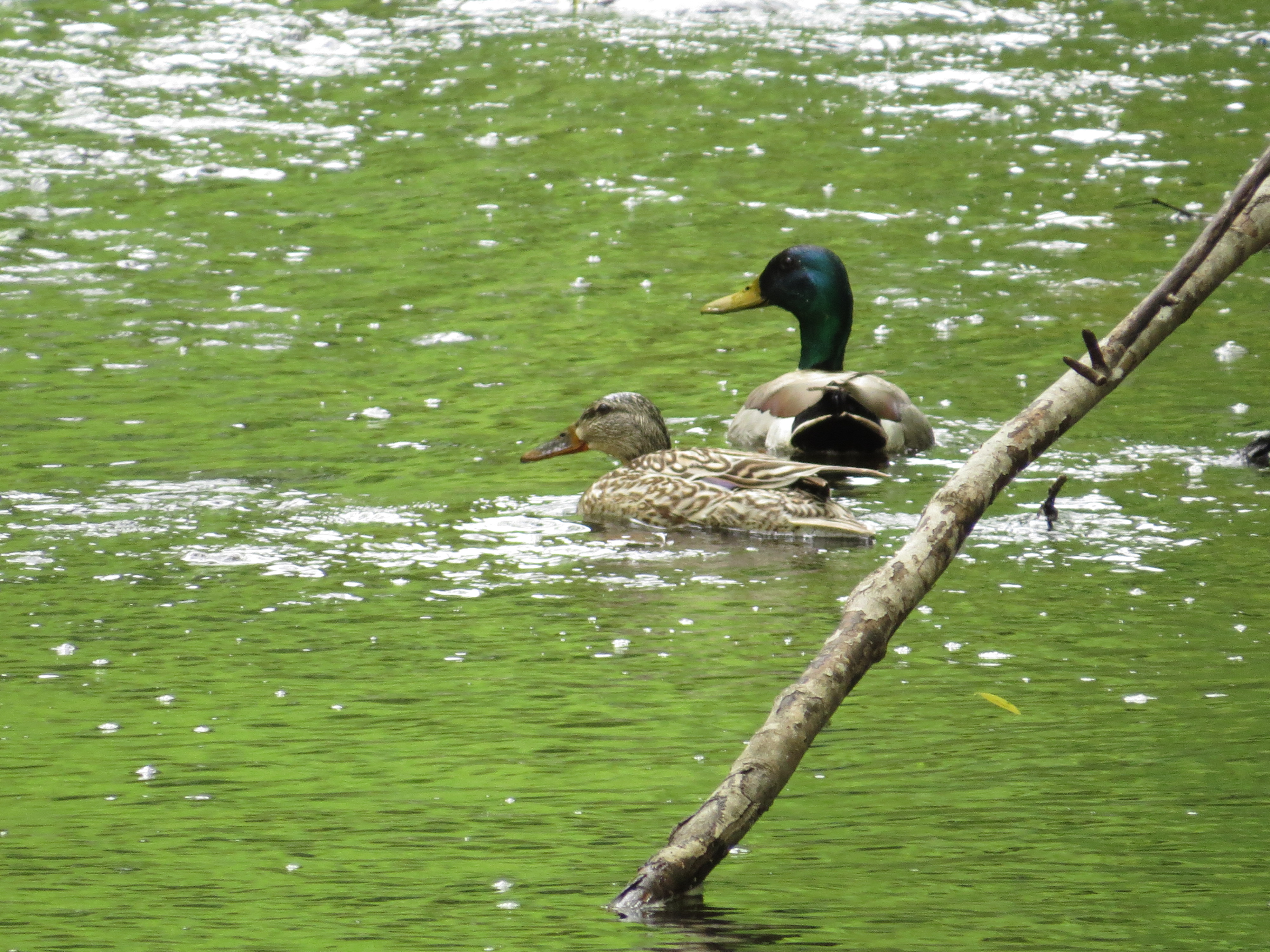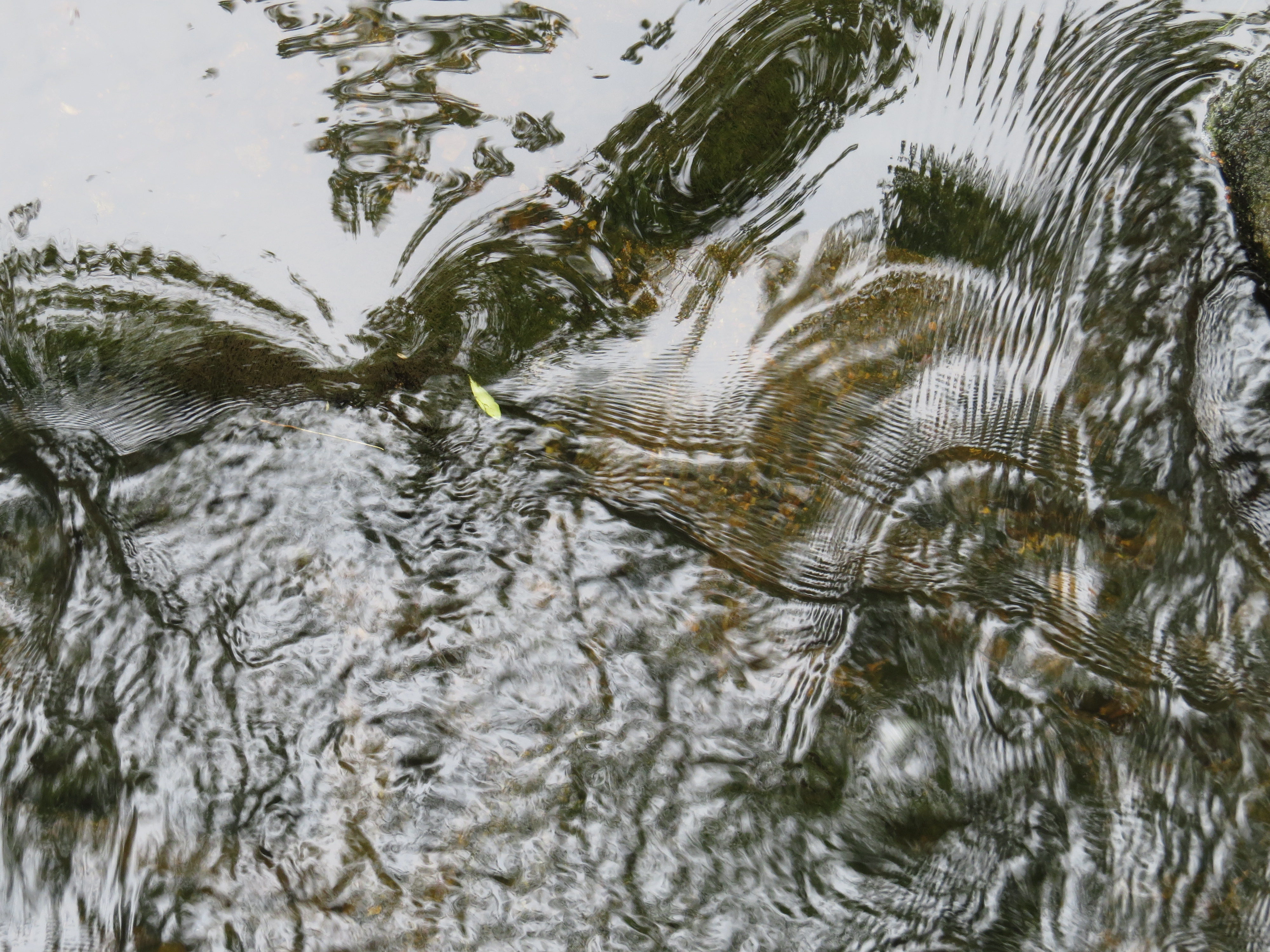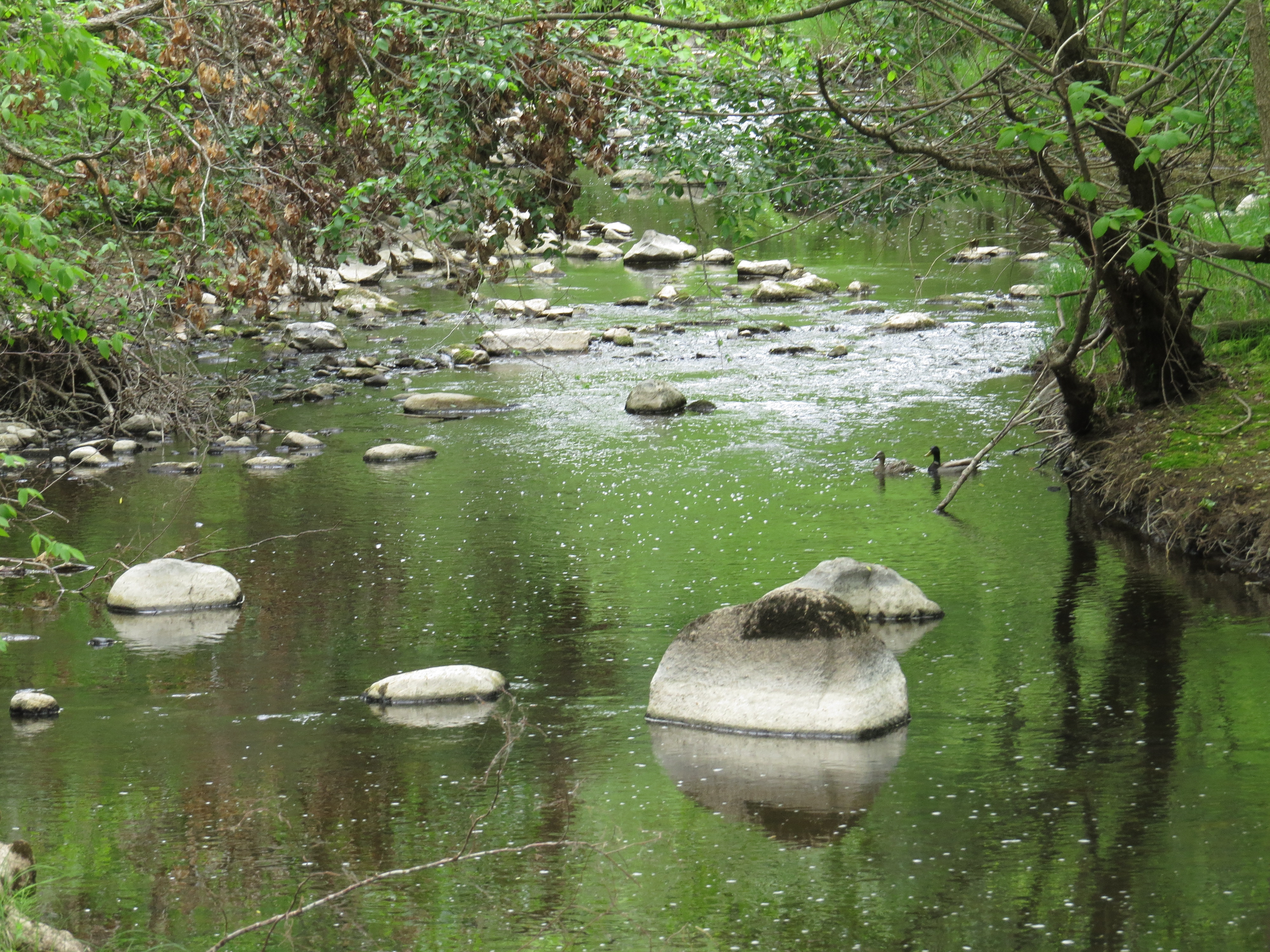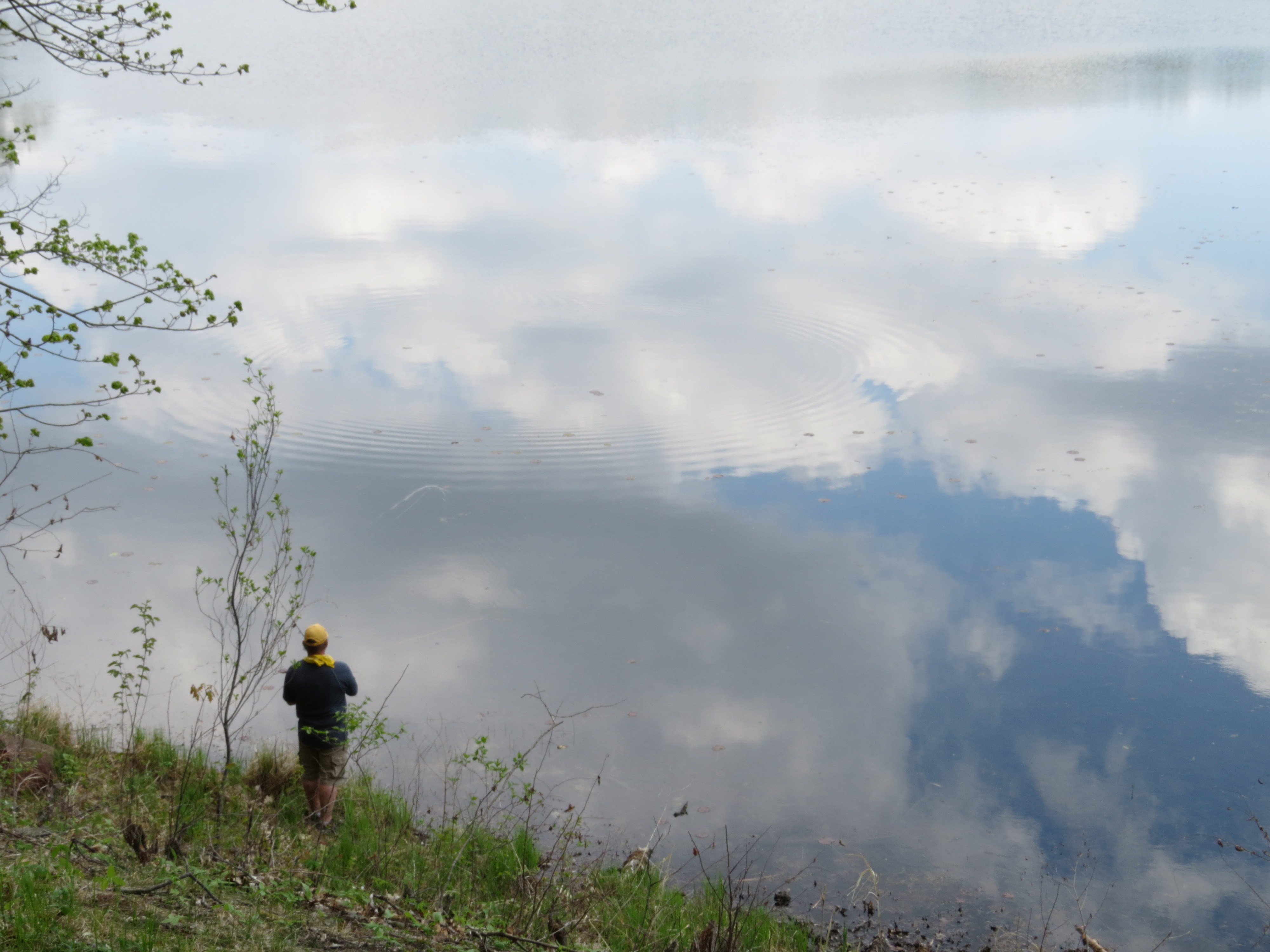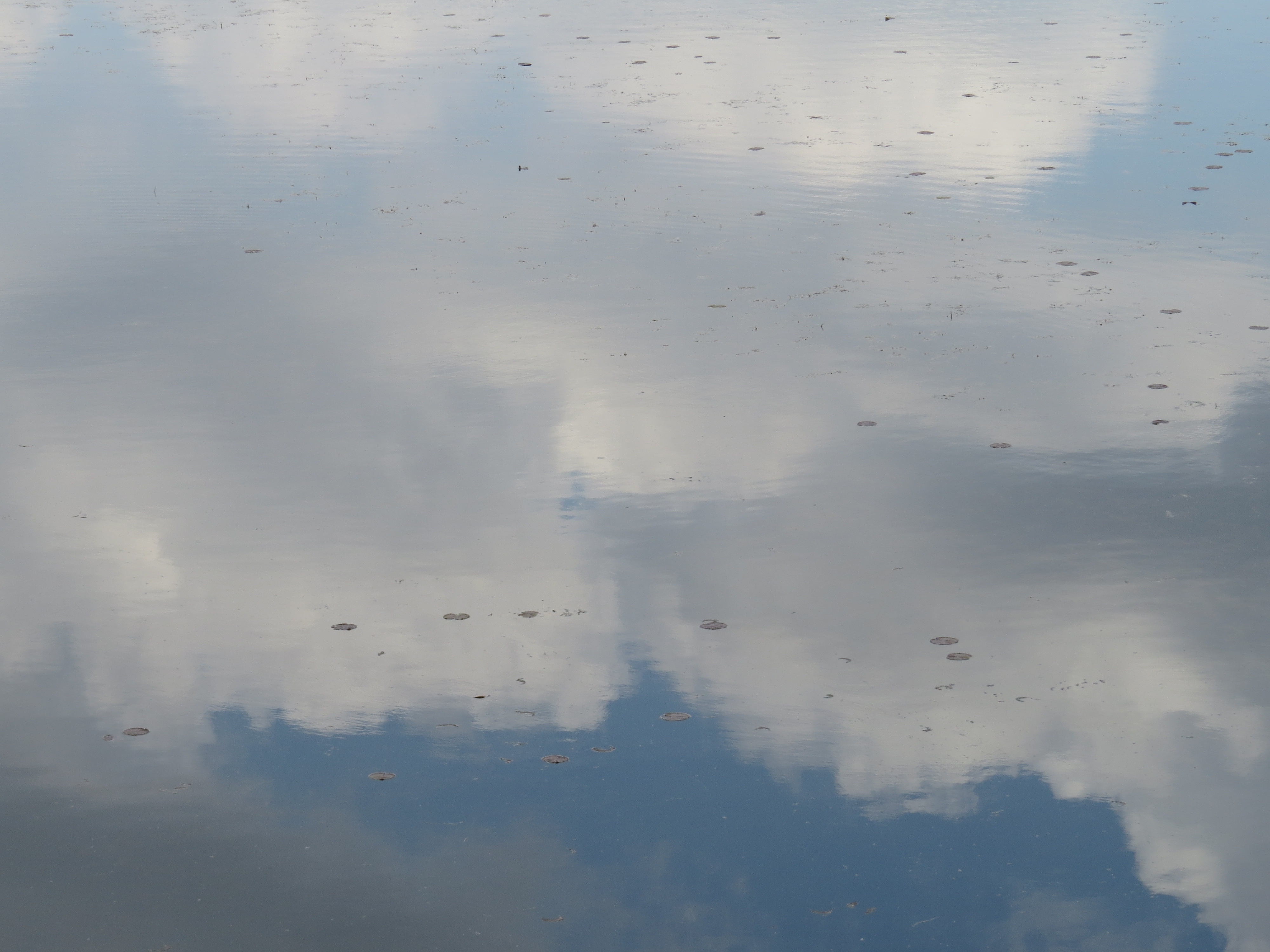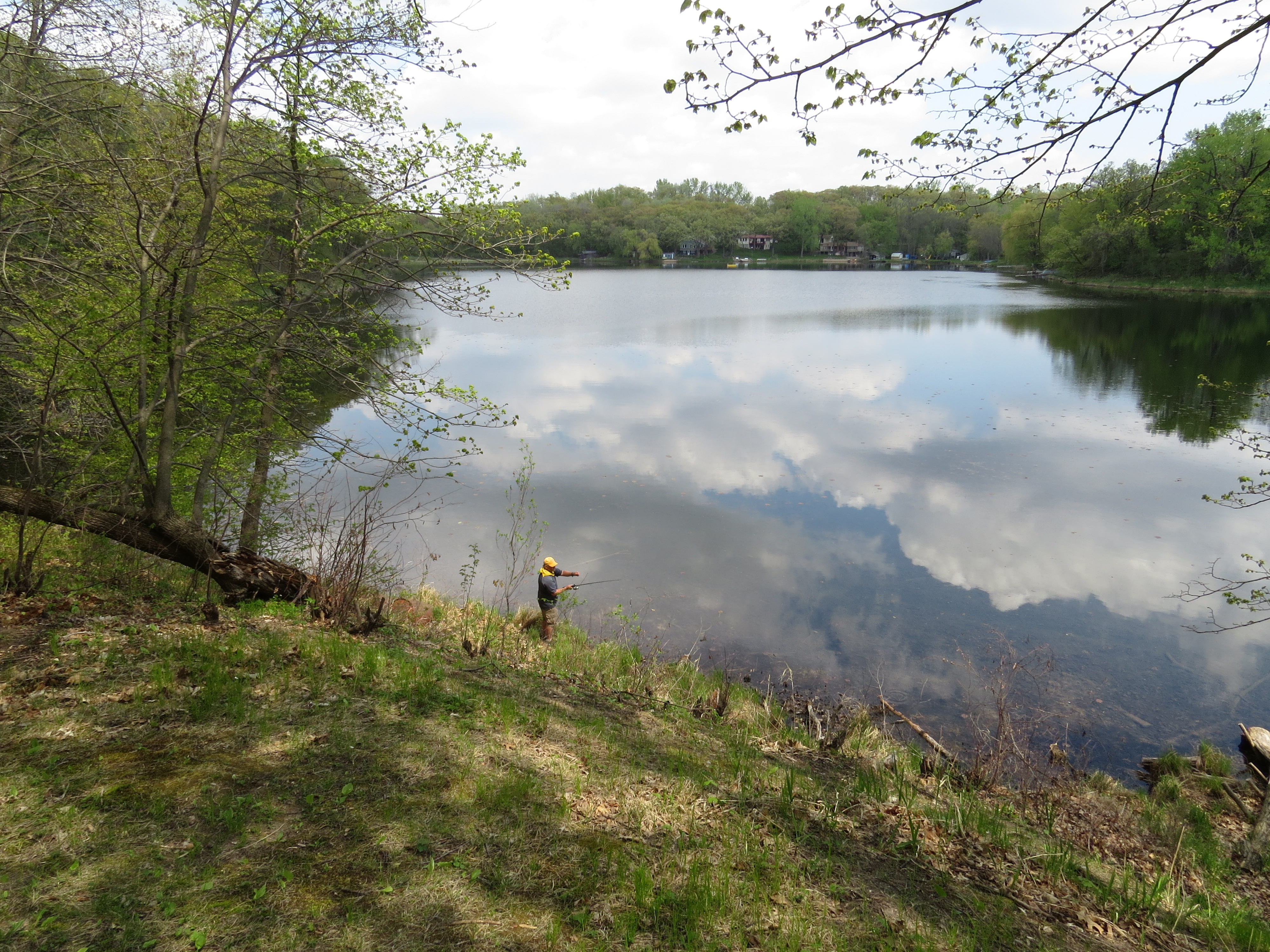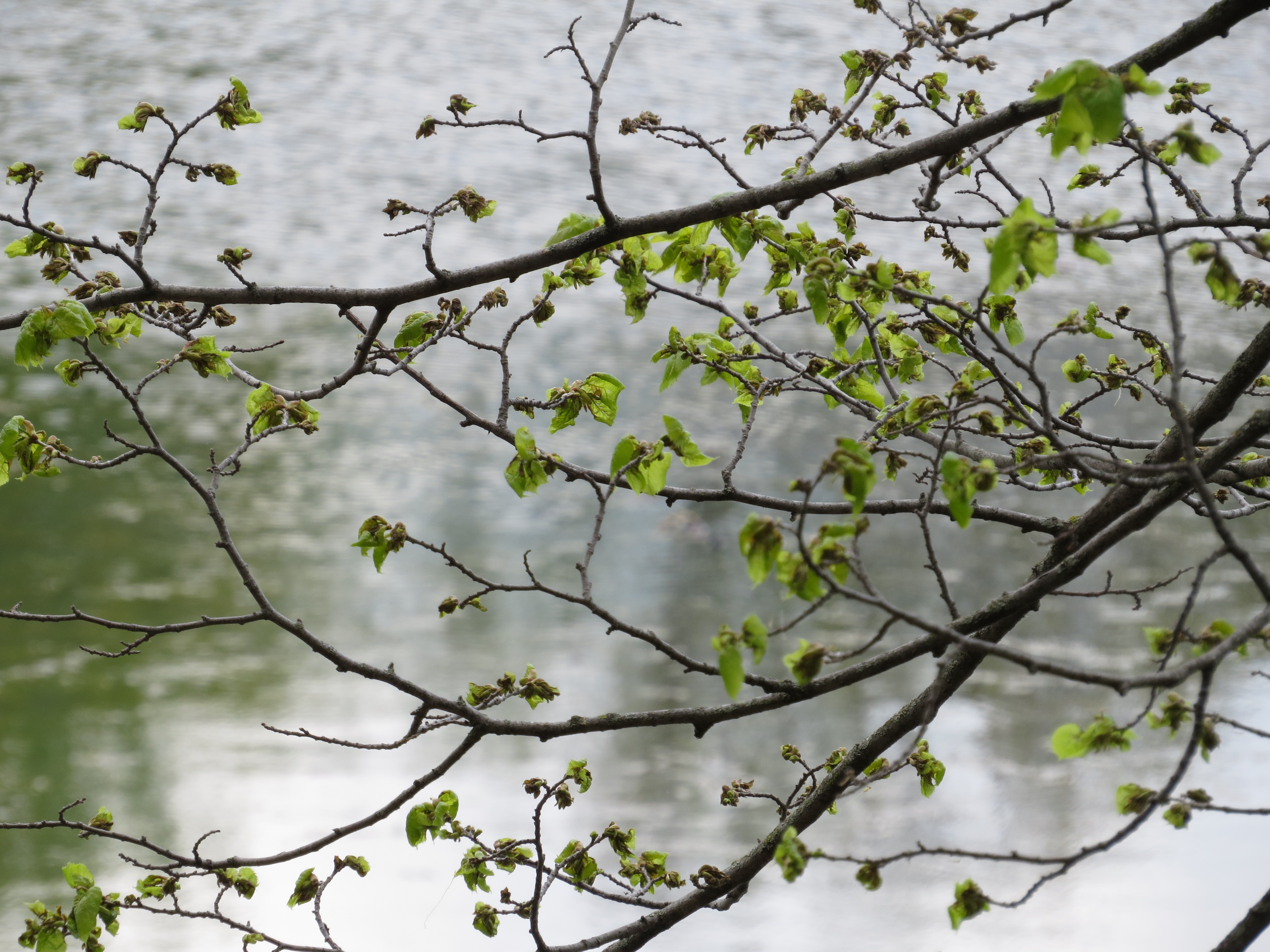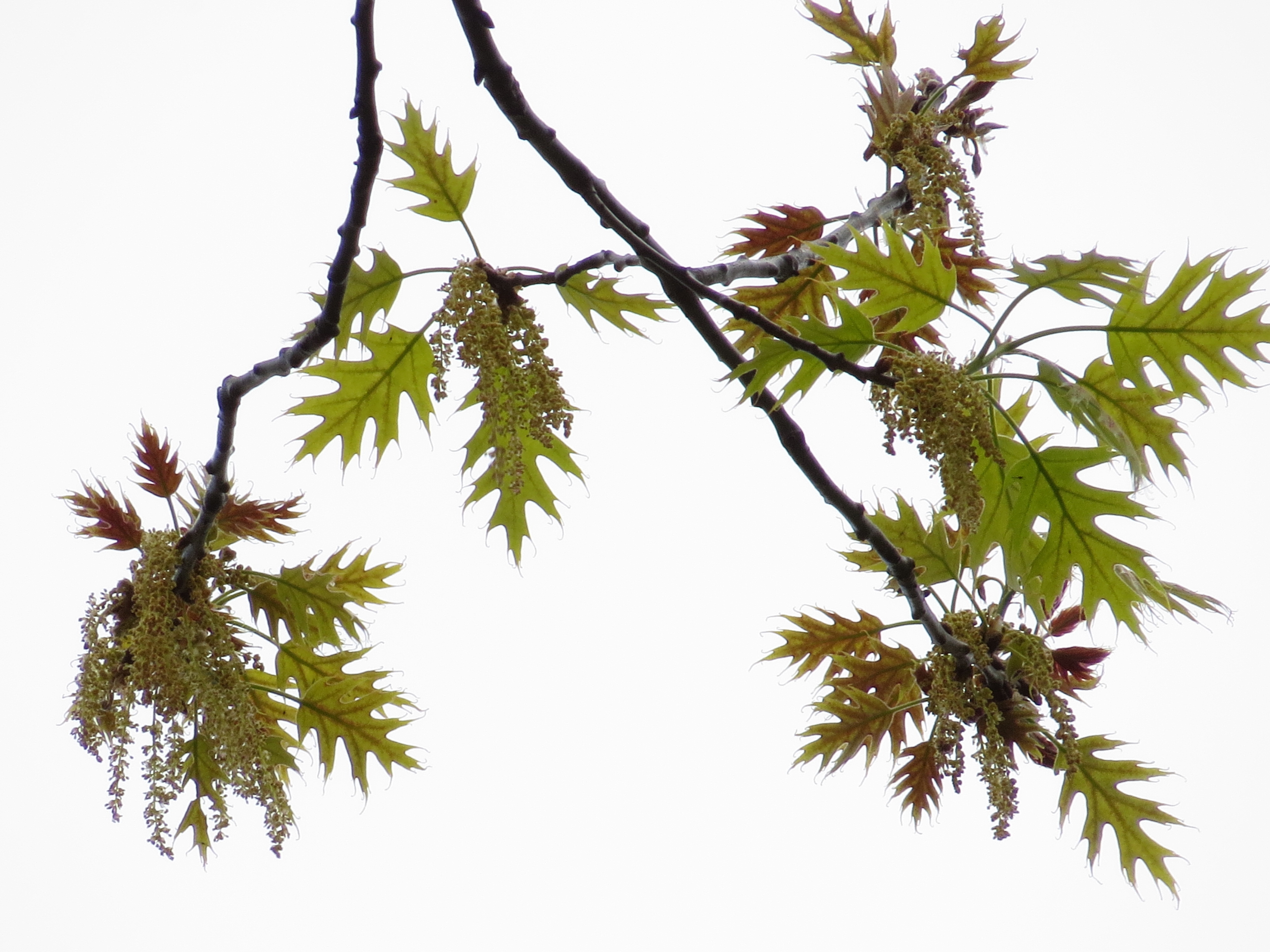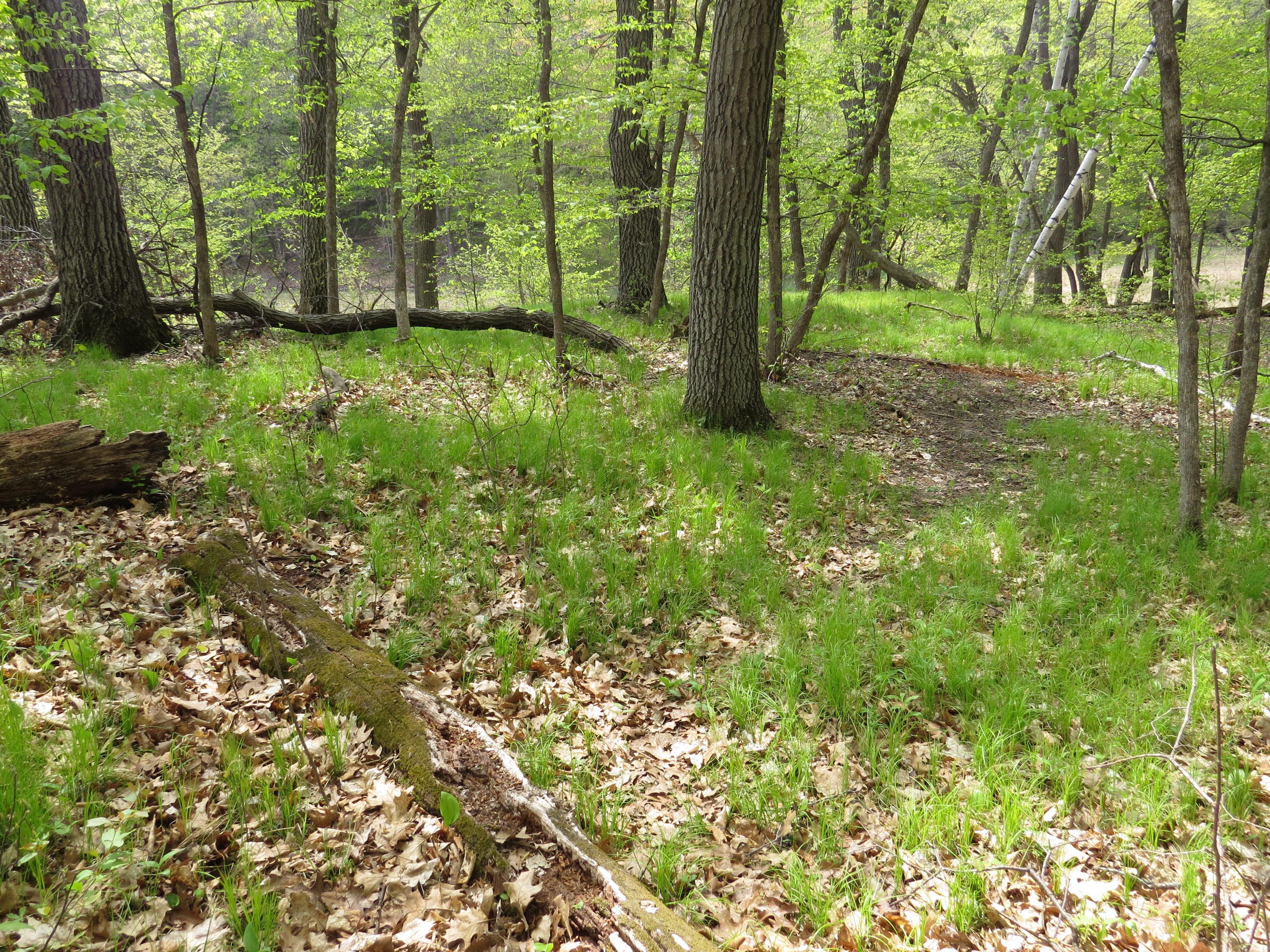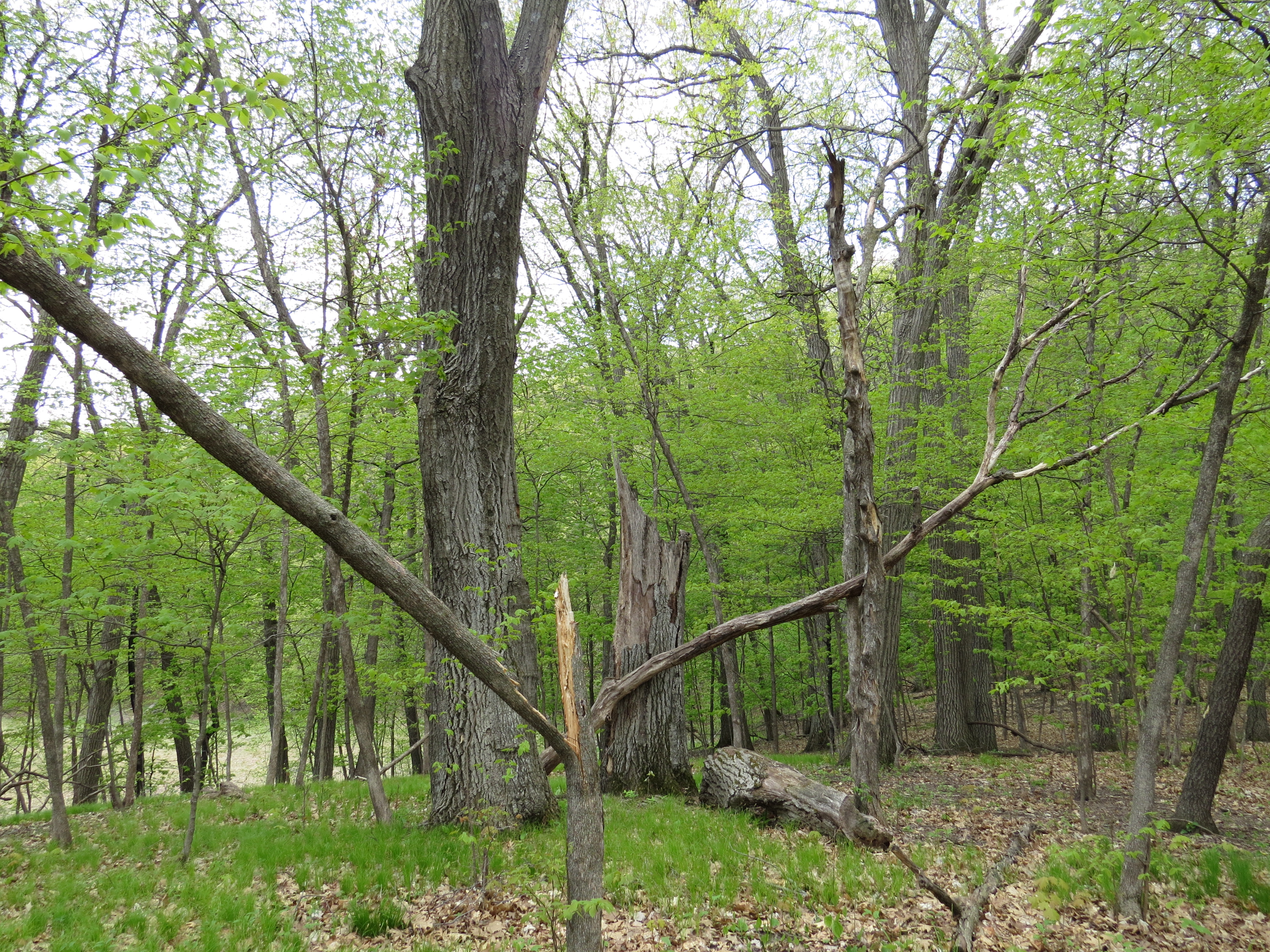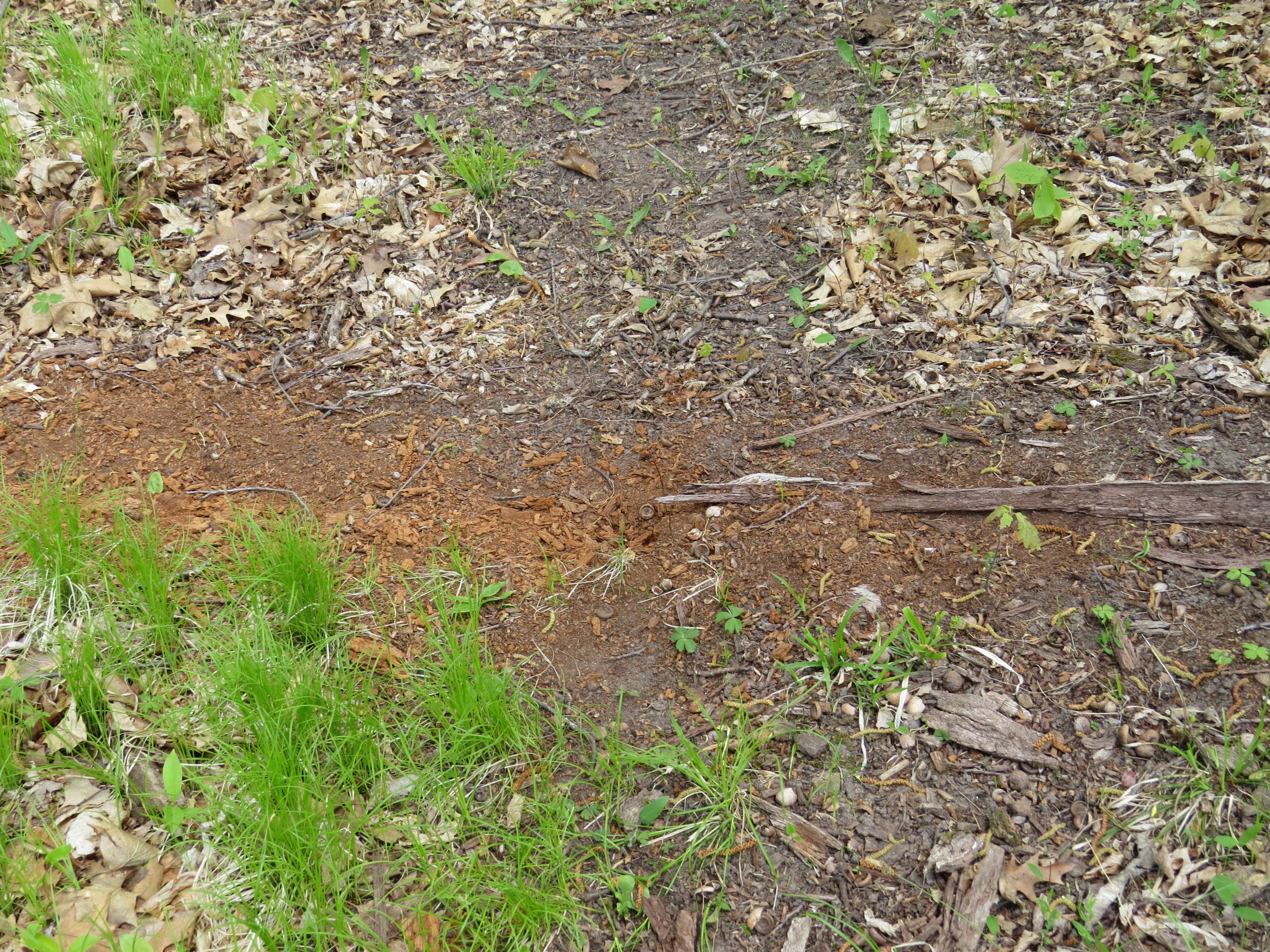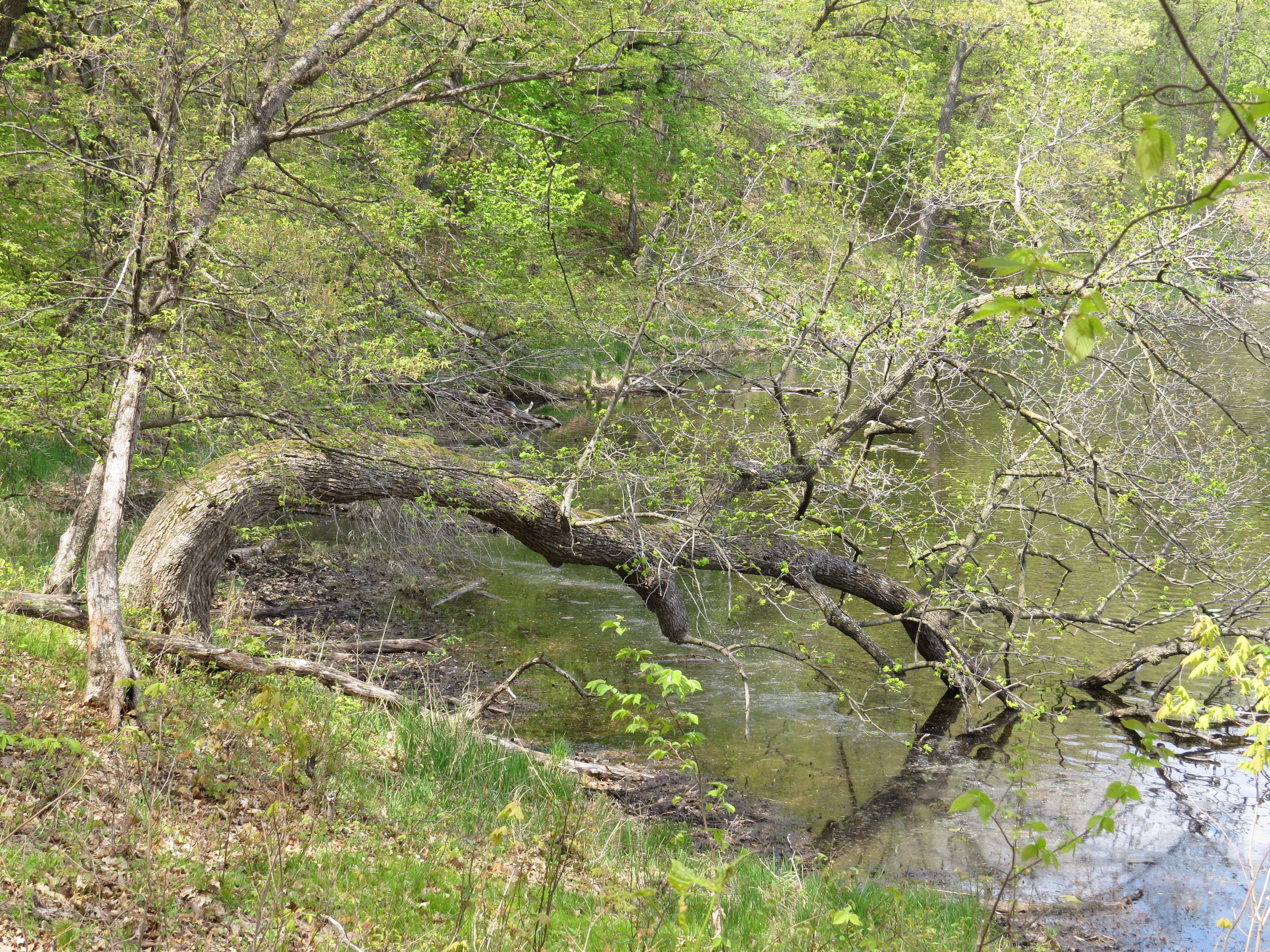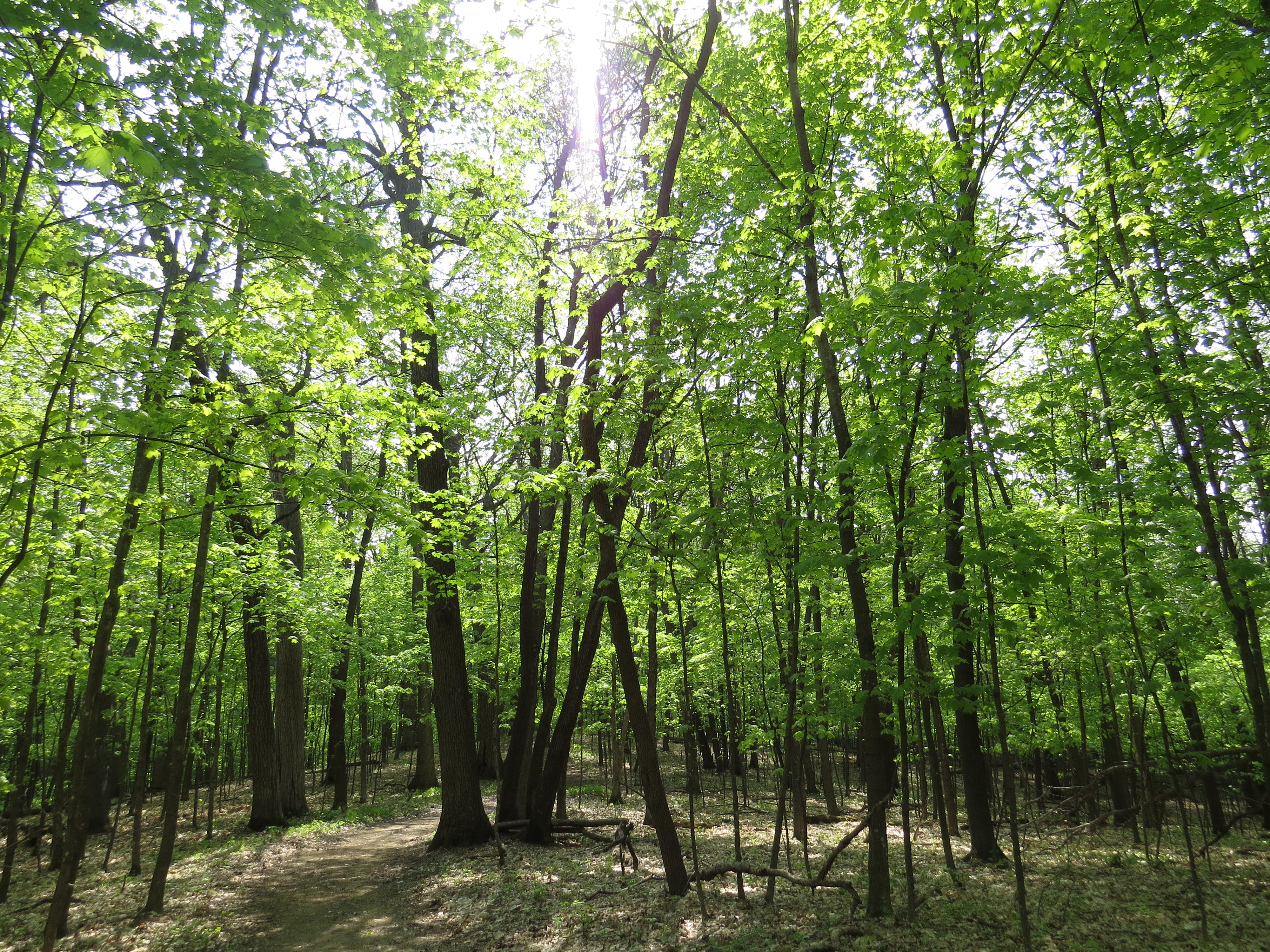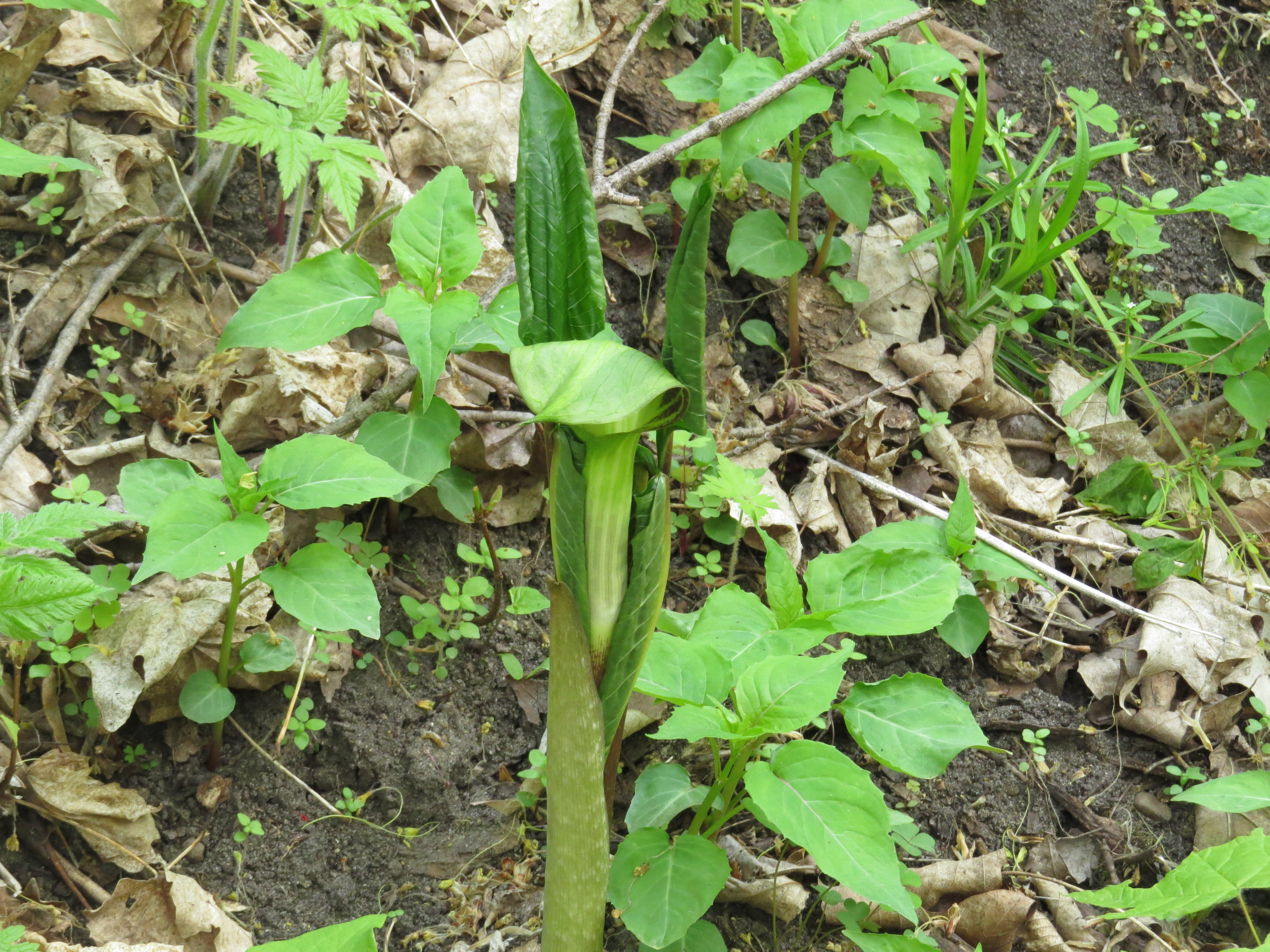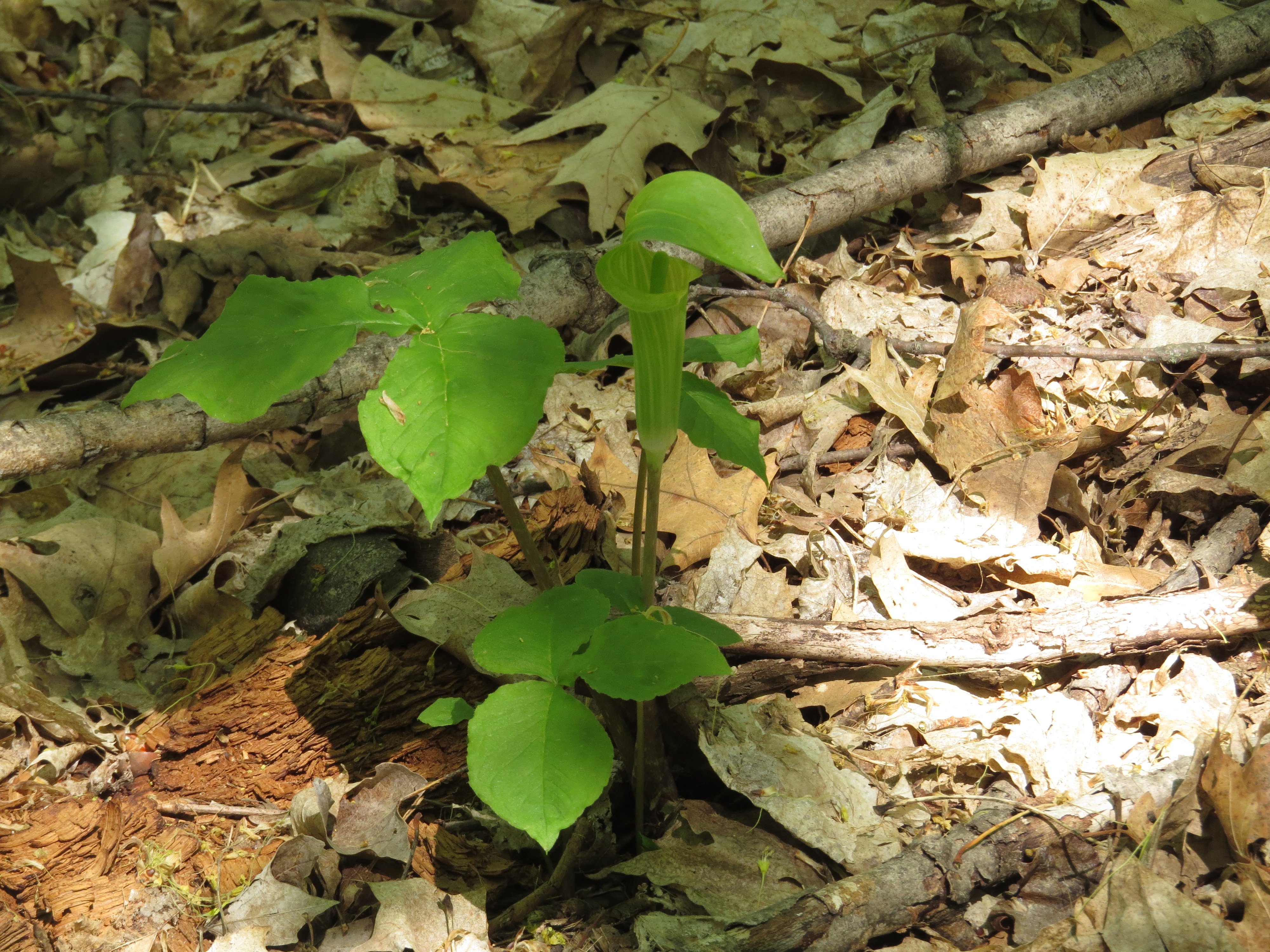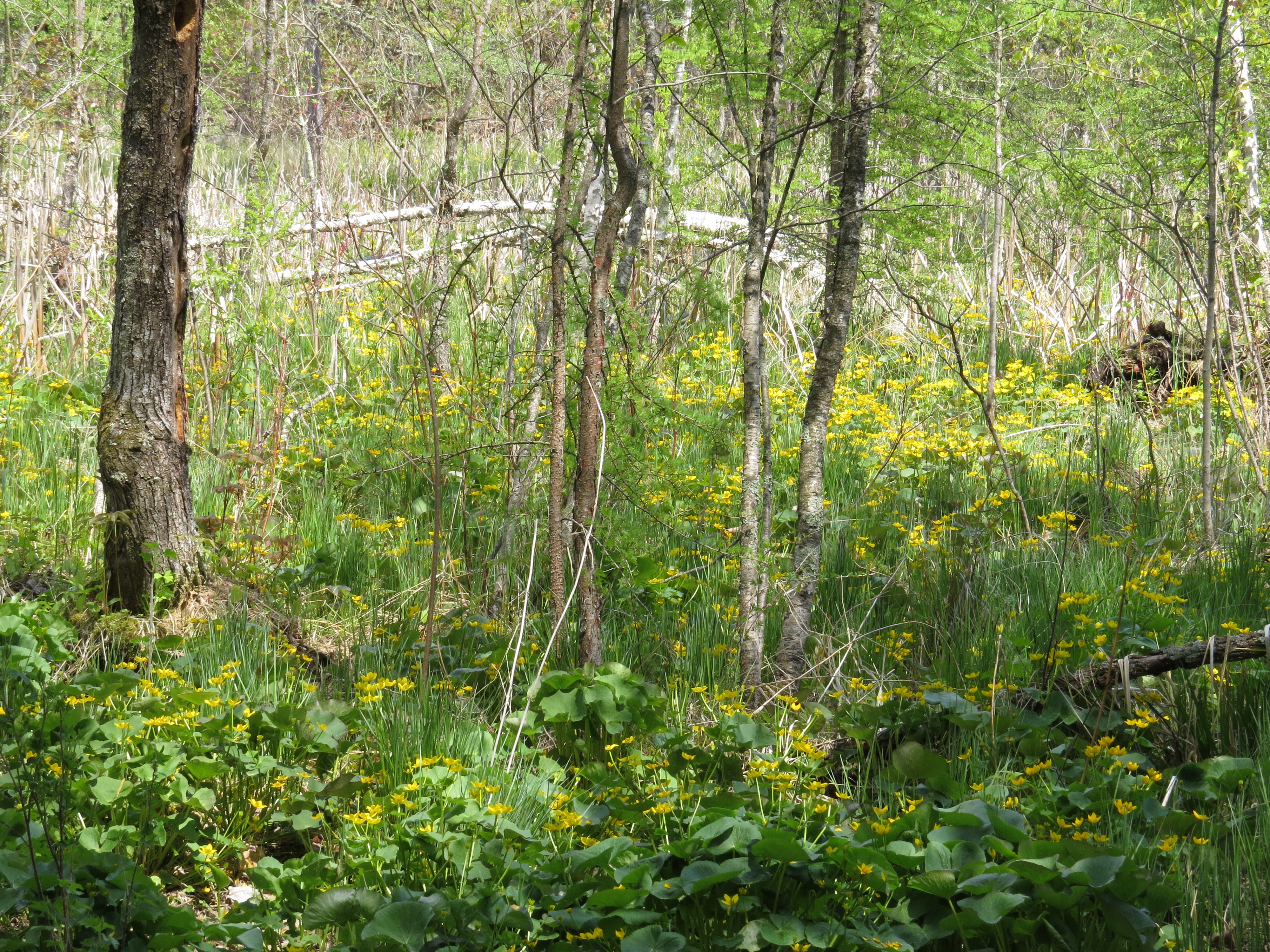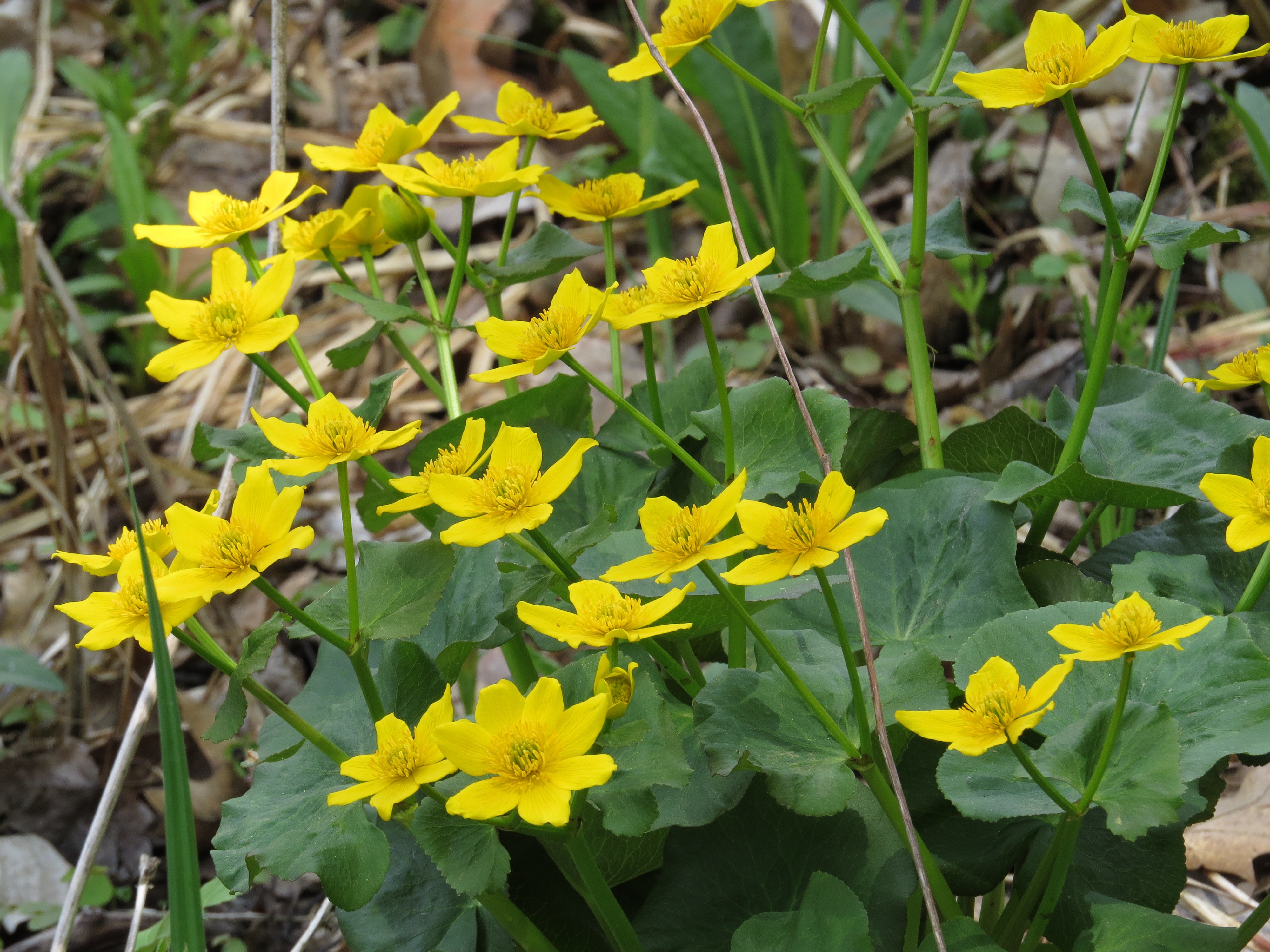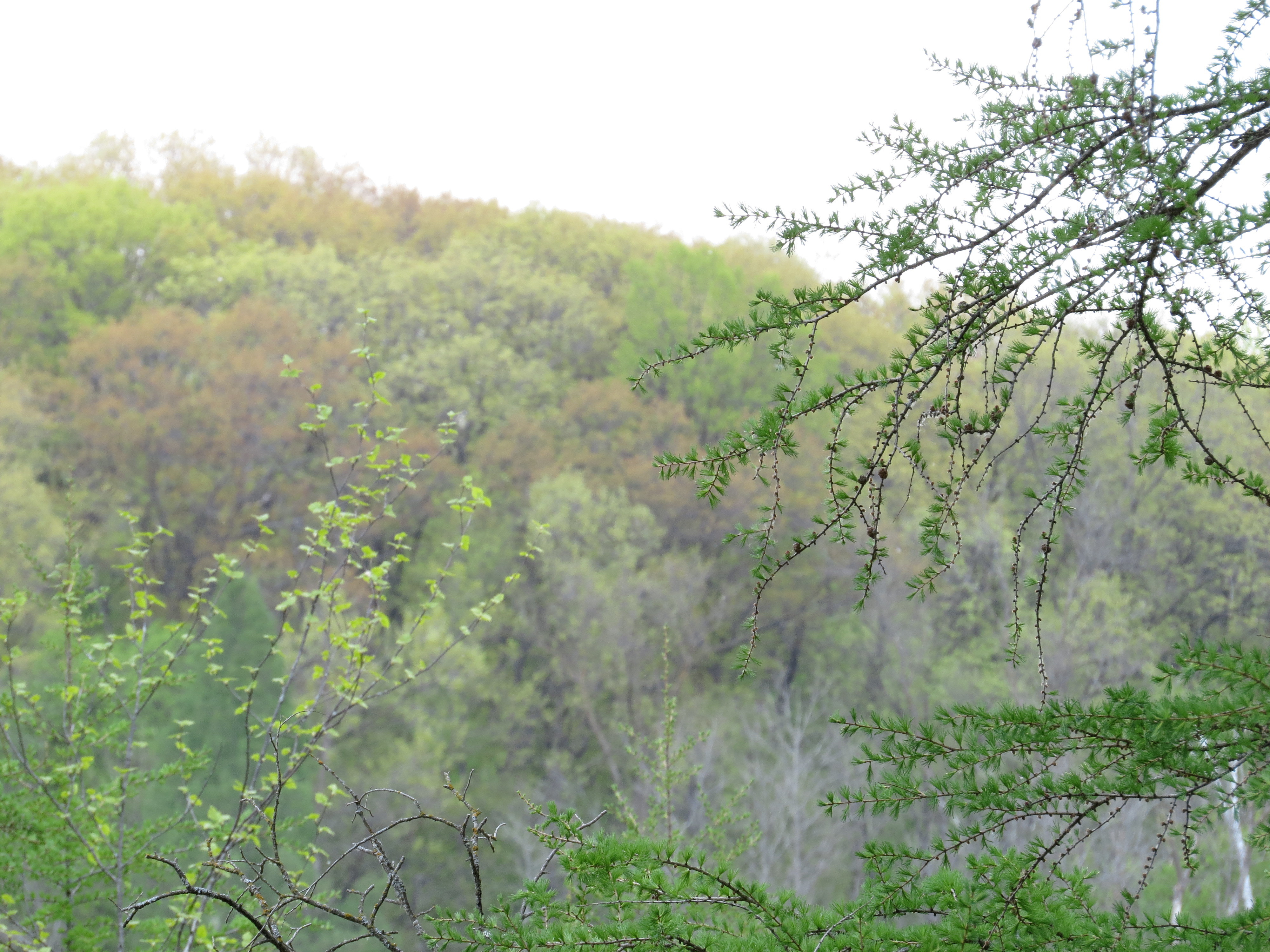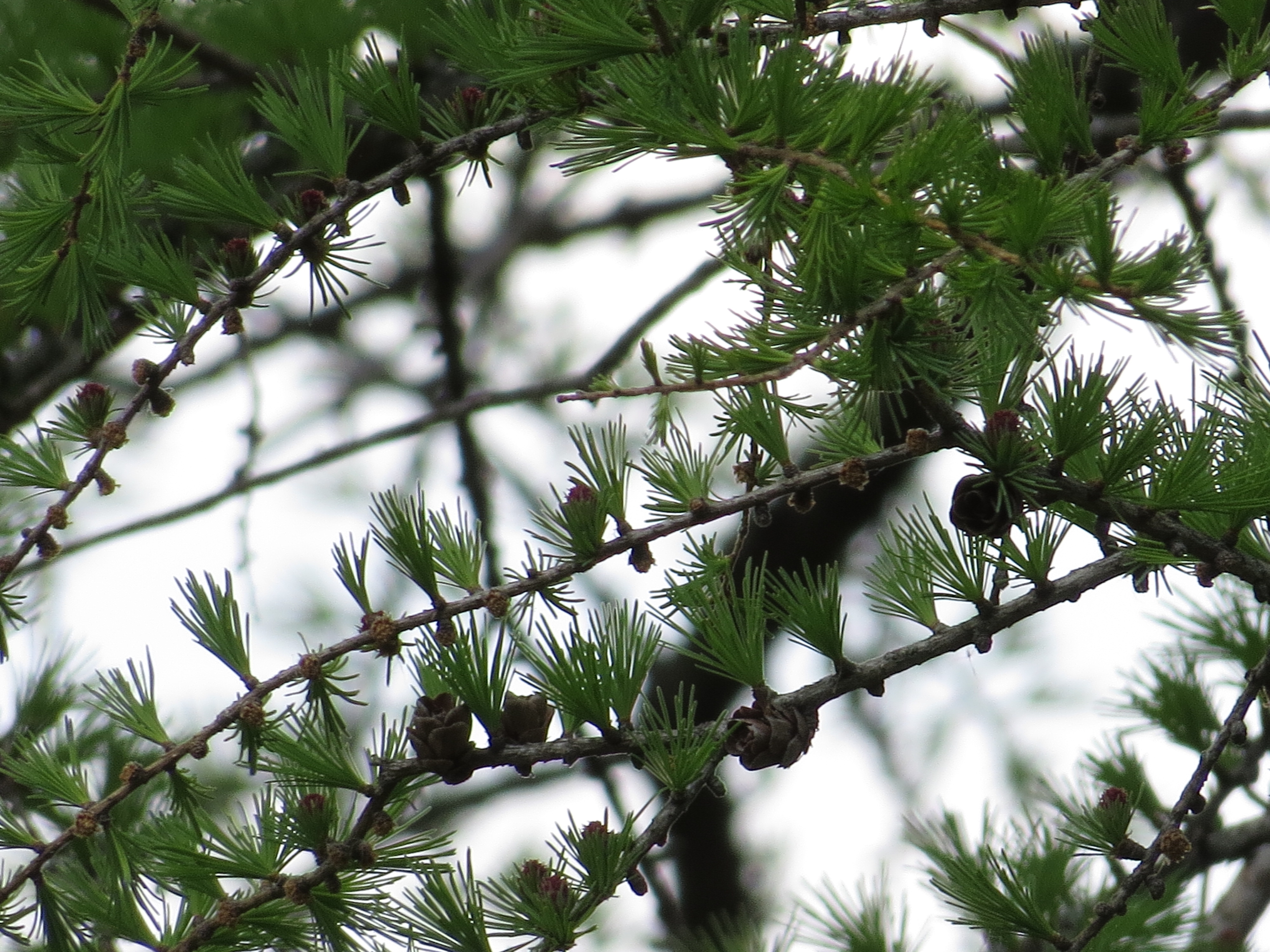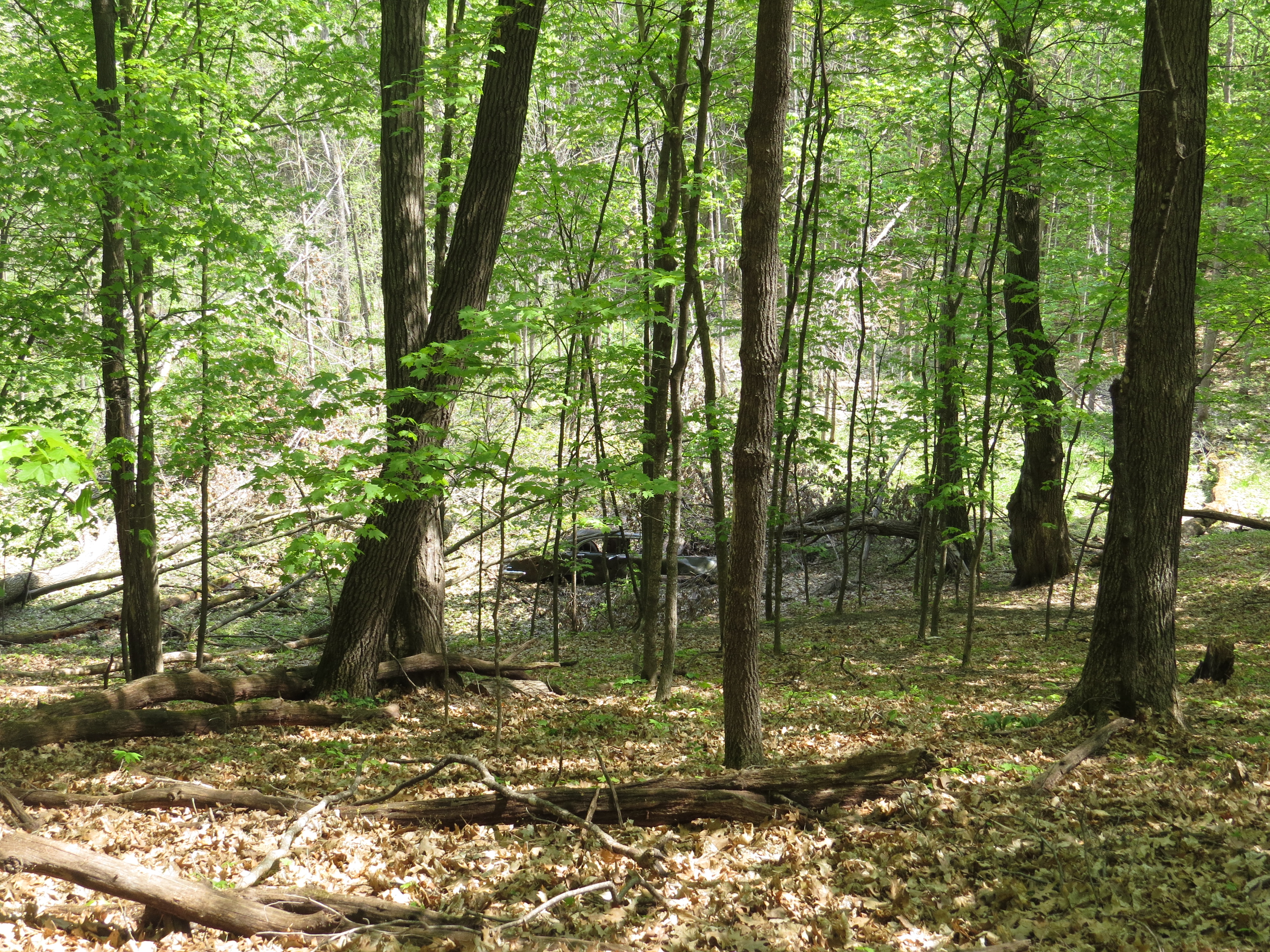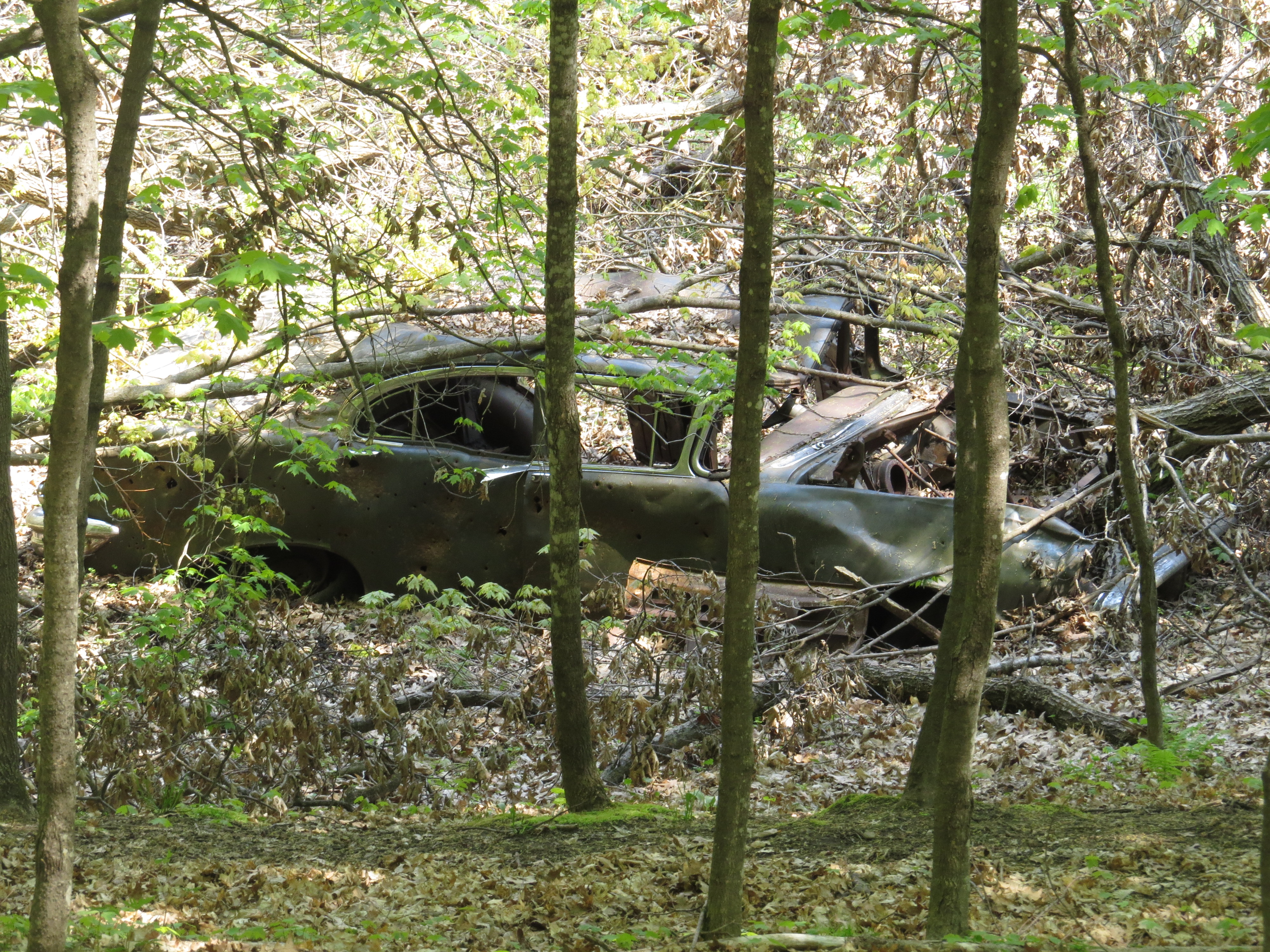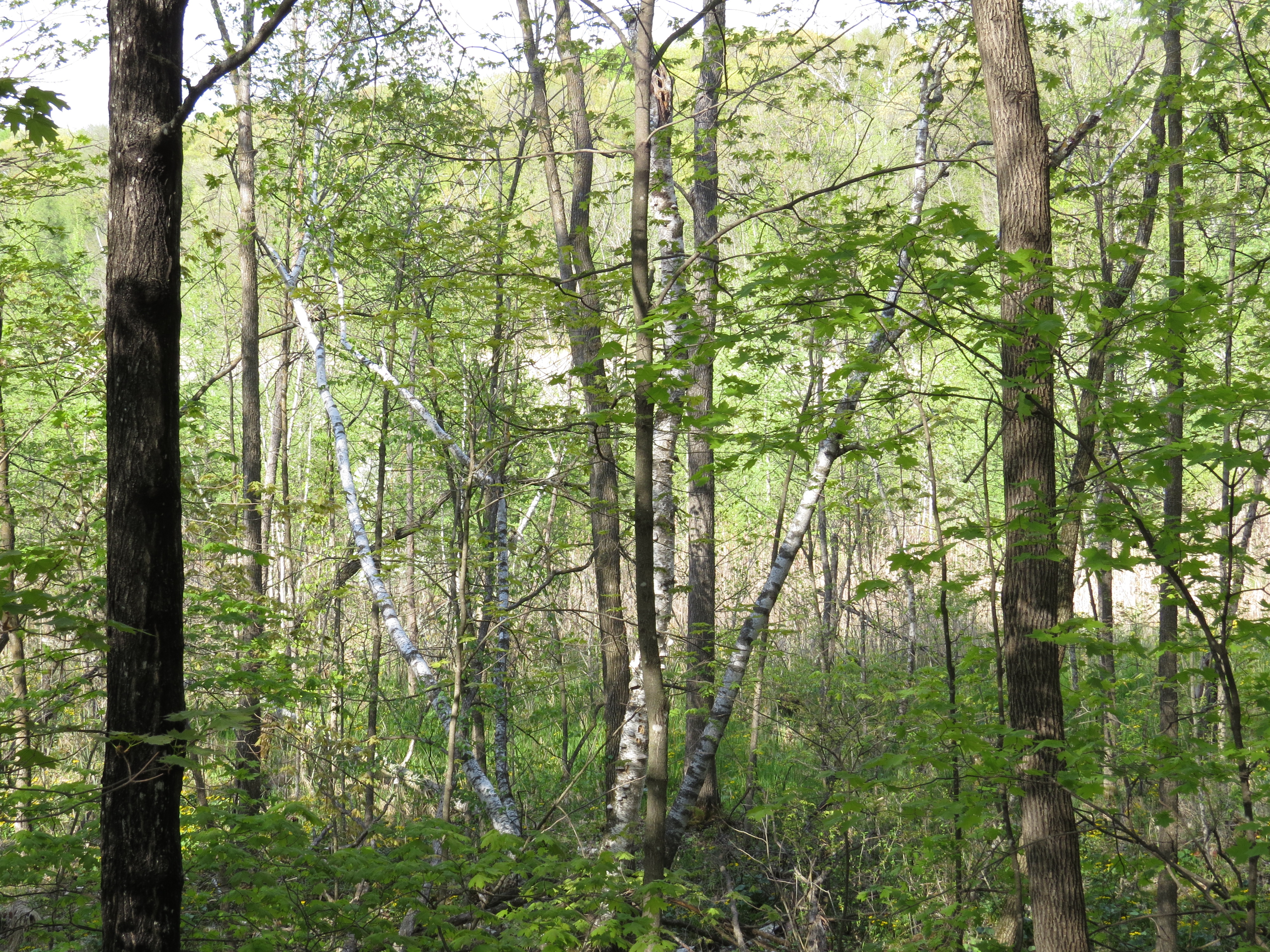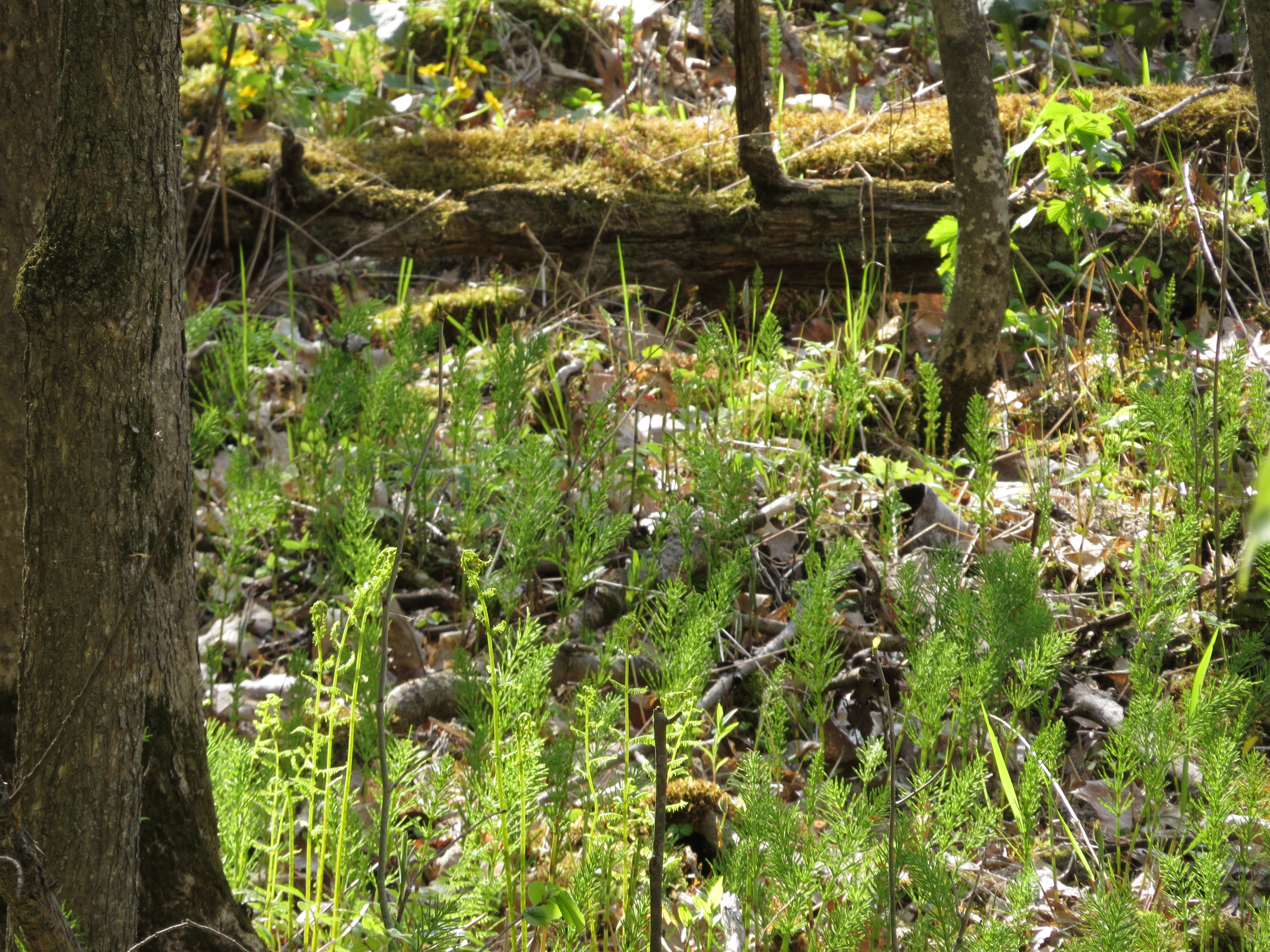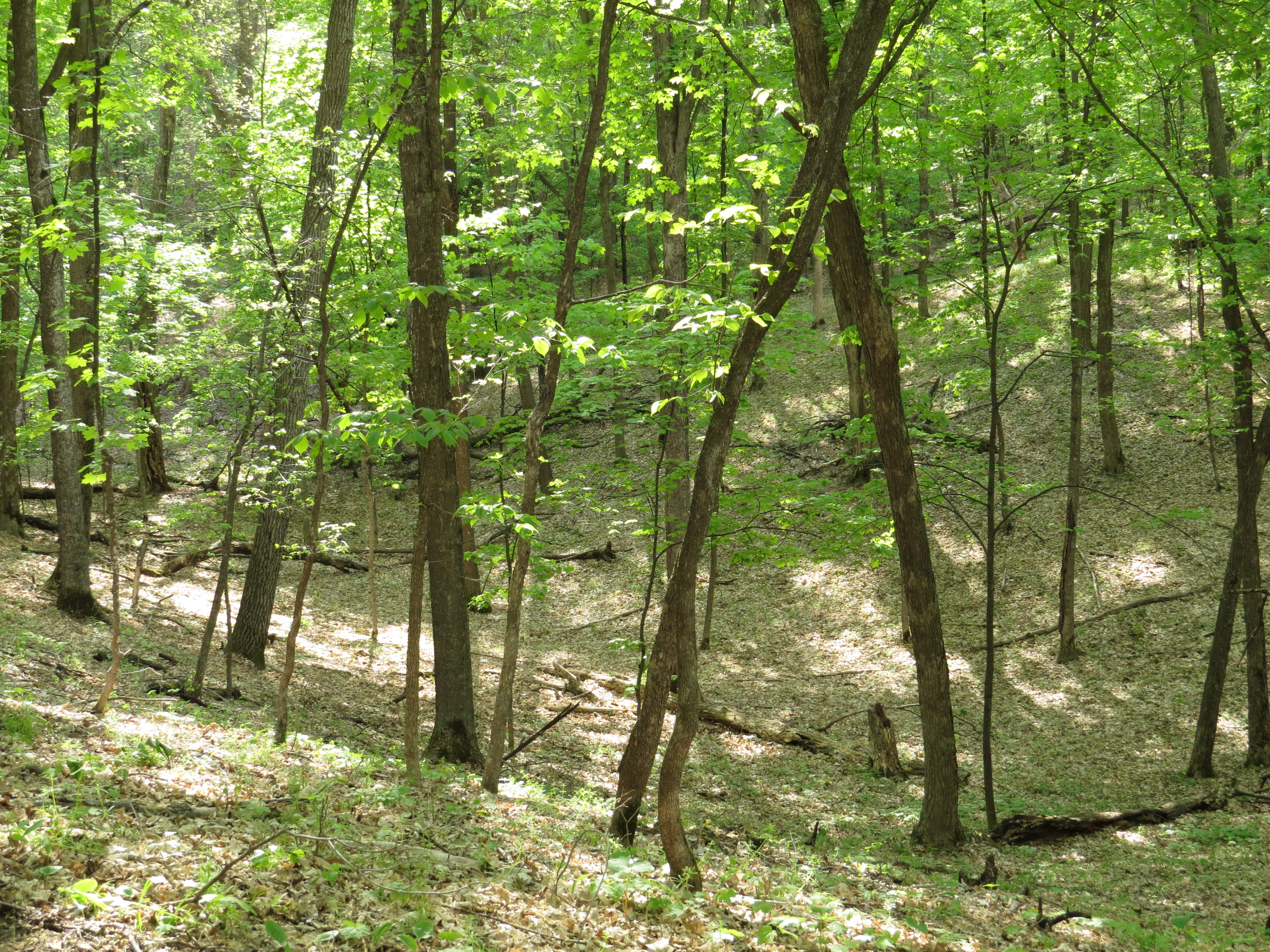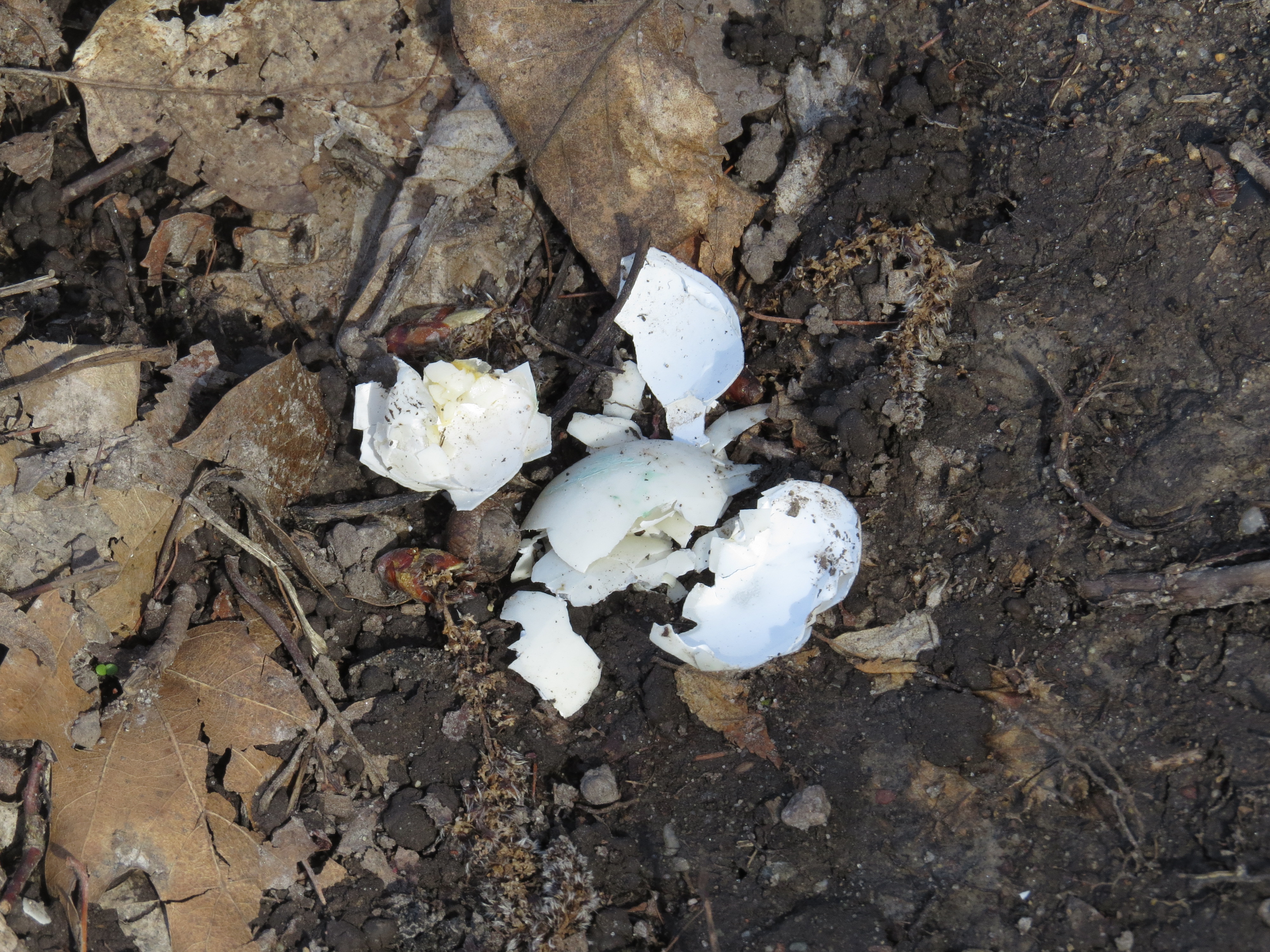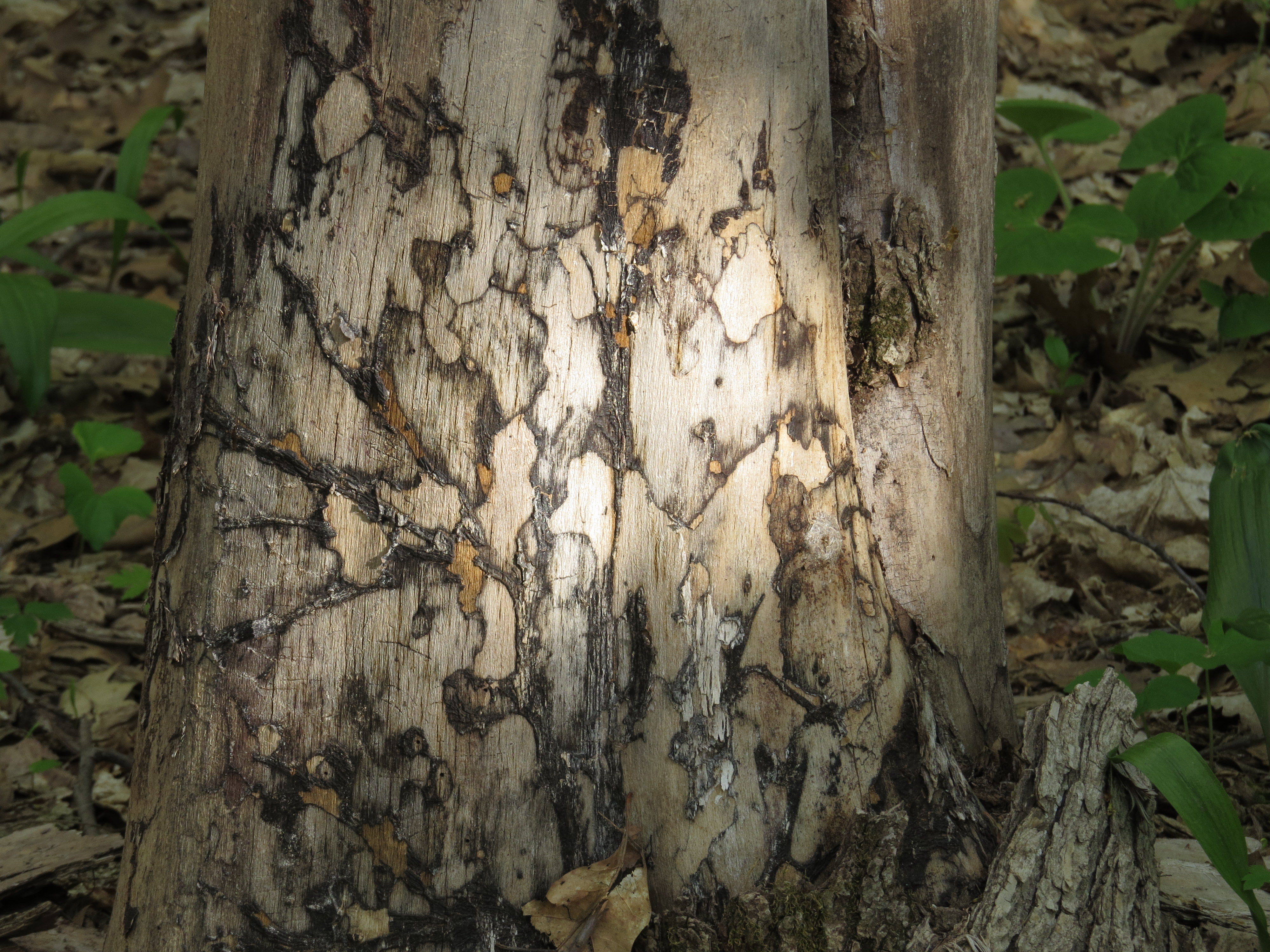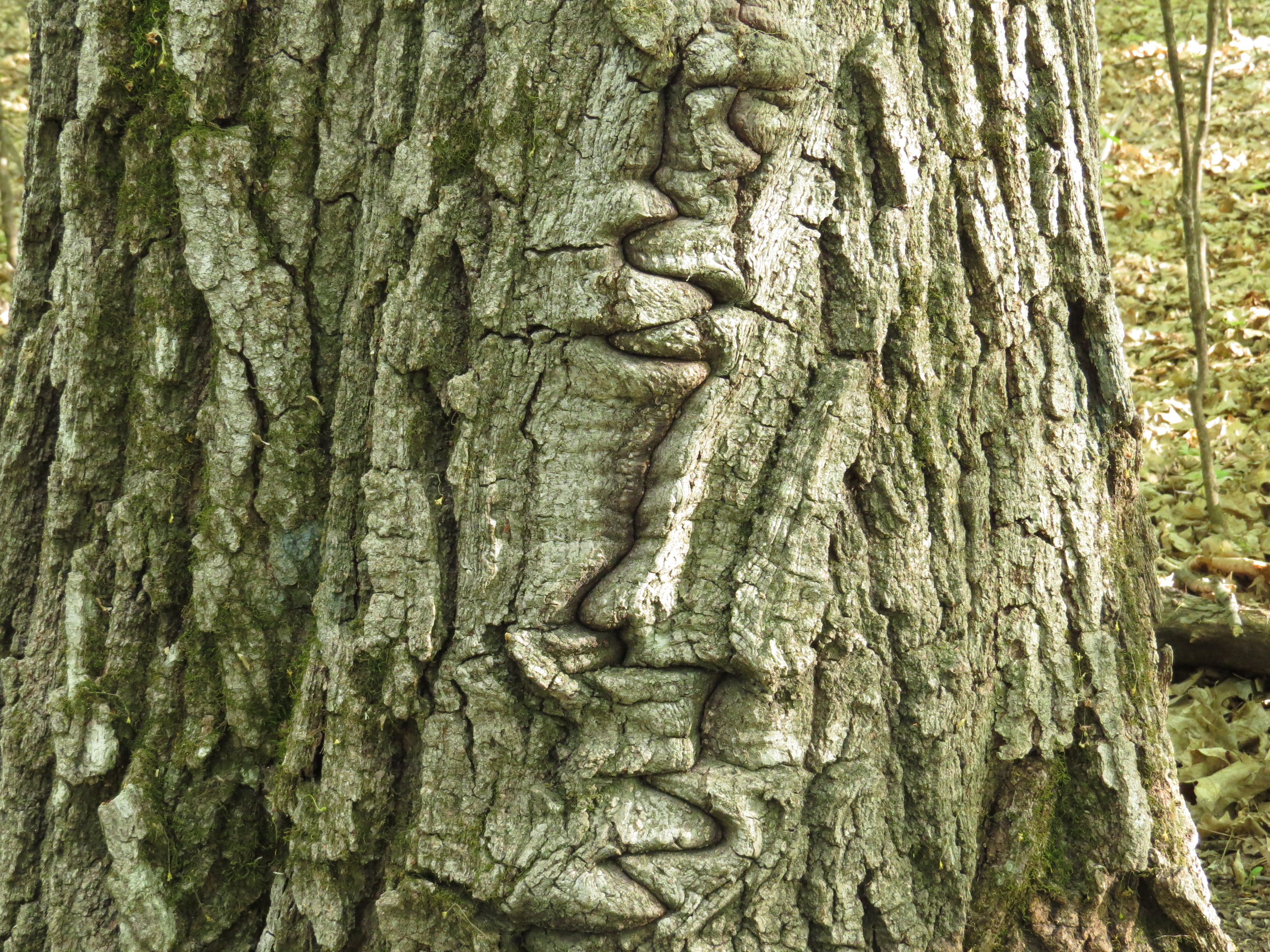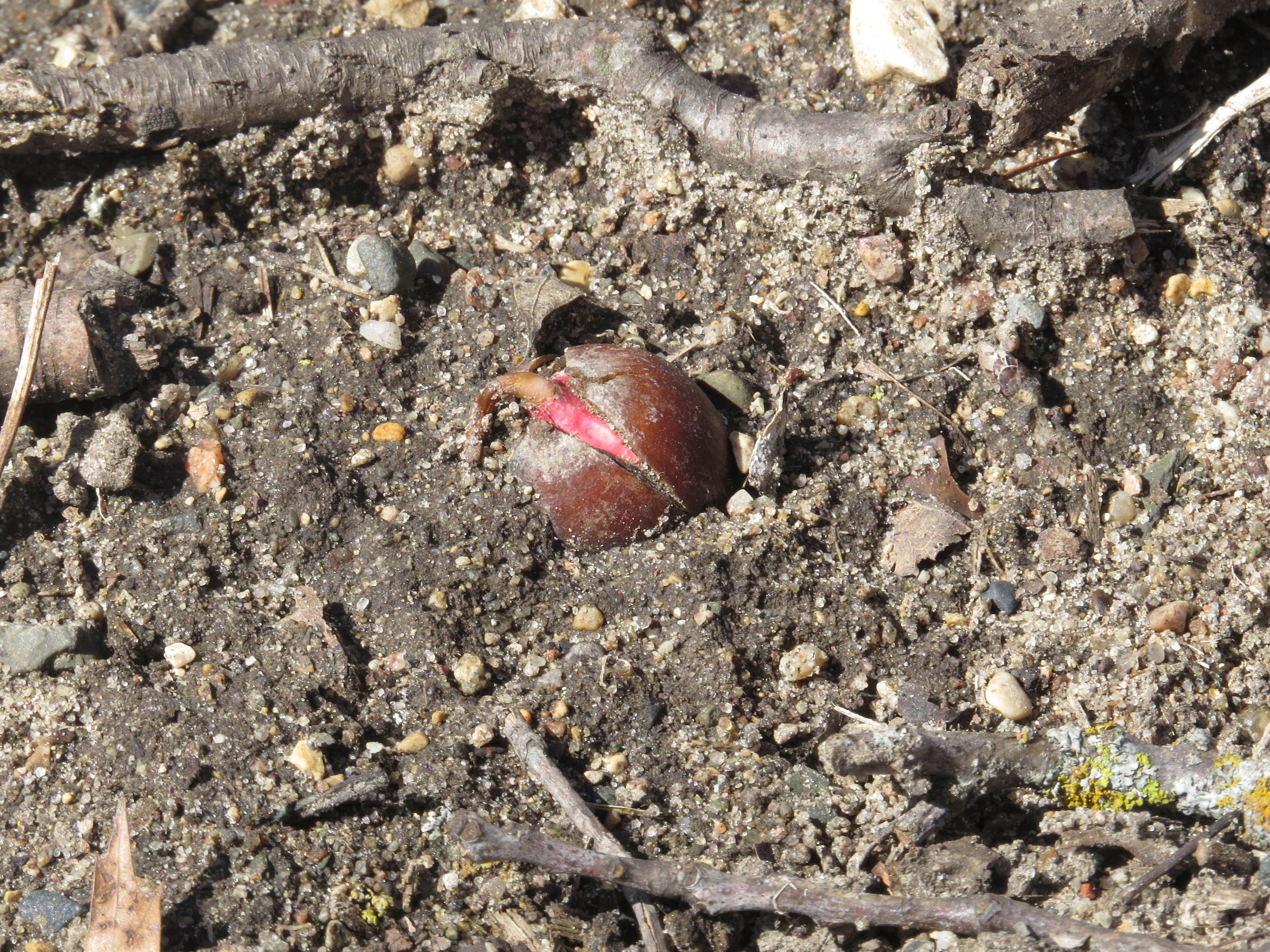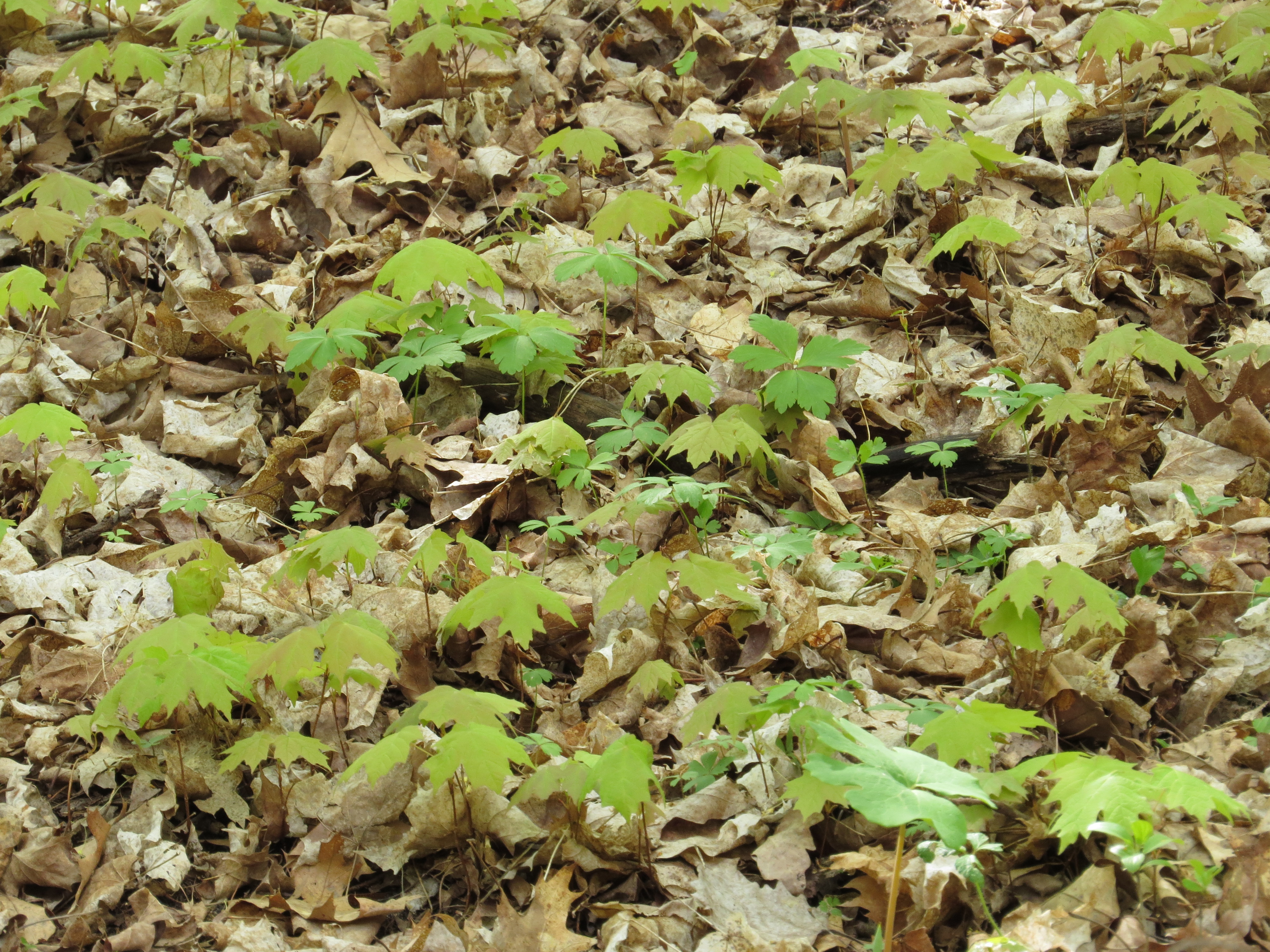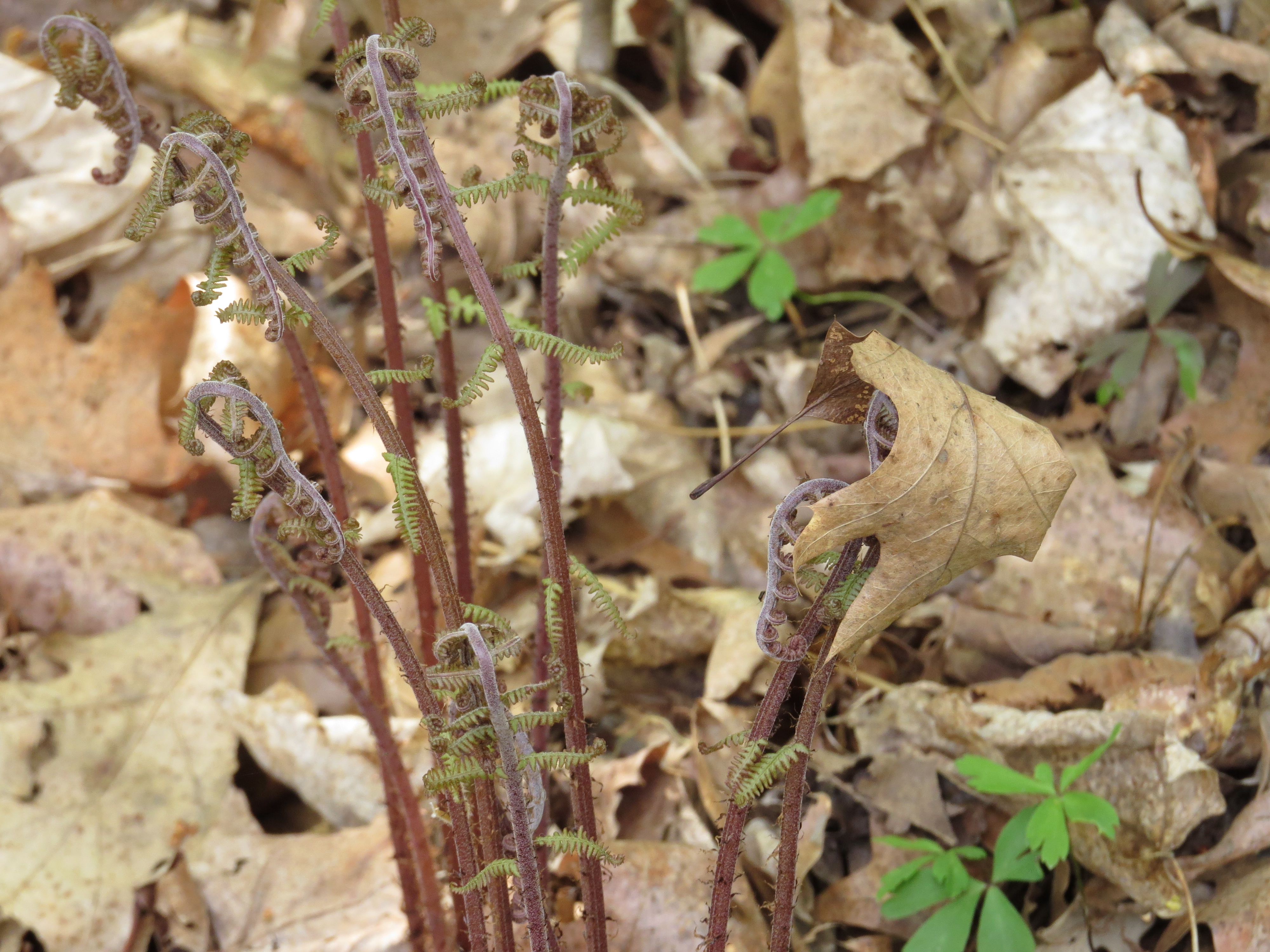It’s a fine line we walk. At least that’s what I thought growing up. On one side was the bad-lands; on the other, the good-lands. I always tried to stay in the goodlands—the consequences of the badlands, which were mostly made up in my head at a very young age, were catastrophic. I mean like banishment and death. That’s enough to make anyone fly right. That fine line is variable—set by our parents, our cultures, our experiences, and our own personalities and story-making minds. I was so invested in staying away from the consequences of the badlands that I tried to make sure that all my siblings and friends were never close to the badland banishment and you know, that other thing that could possibly happen. I didn’t want that to happen to me, and I didn’t want it to happen to anybody I loved.
It’s hard enough to keep oneself out of trouble, let alone all these other people…was that the beginning of my neurosis? Of course it was anxiety-producing—other people do their own thing, whether they are conscious of it or not. Which leads me to the badlands…and trauma. Traumatic events are always in the realm of the badlands. They threaten and often damage our feelings of safety and connection. Then we spend a lifetime trying to get those two things back. Ironically, the pursuit often lands us back in the badlands, because the anxiety and fear that trauma perpetuates can temporarily be calmed or concealed by addictive substances and activities—food, alcohol, tobacco, drugs, sex, gambling, and gaming. But the ‘high’ calm ends, and we want to, feel compelled to, do it again and again in order to soothe our activated nervous systems. None of those things are long-term solutions to what we need and want—in fact, they ‘give’ us all sorts of other problems.
The goodlands are not immune to problems when we are there in response to trauma. My trying to live in the goodlands was so fear-based that I rarely really enjoyed being there—it was more of a relief. Unprocessed trauma builds walls within our psyches and hearts as a protection mechanism—a necessary strategy for survival, except that walls also keep out love, joy, and goodness. Being in the goodlands with trauma also brings about a feeling of self-righteousness that is often cloaked with religion. I can blame/ discard/ disregard ‘those other’ people because I’m standing over here and ‘they’ are over there, in the badlands. I think I was in high school when I became aware of my dual feelings of self-righteousness and utter, shame-based self-consciousness. But I had no idea why I felt that way or what to do about it.
When we were west-river in South Dakota at our friends’ ranch, we hiked at a place they call their badlands—a mini version of Badlands National Park. It is as if the badlands fall from the grace of the prairie into a giant, barren hole of gumbo and tumbling boulders. It is other-worldly—intriguing, harsh, and compelling with its unique beauty. Come walk with me in the badlands…
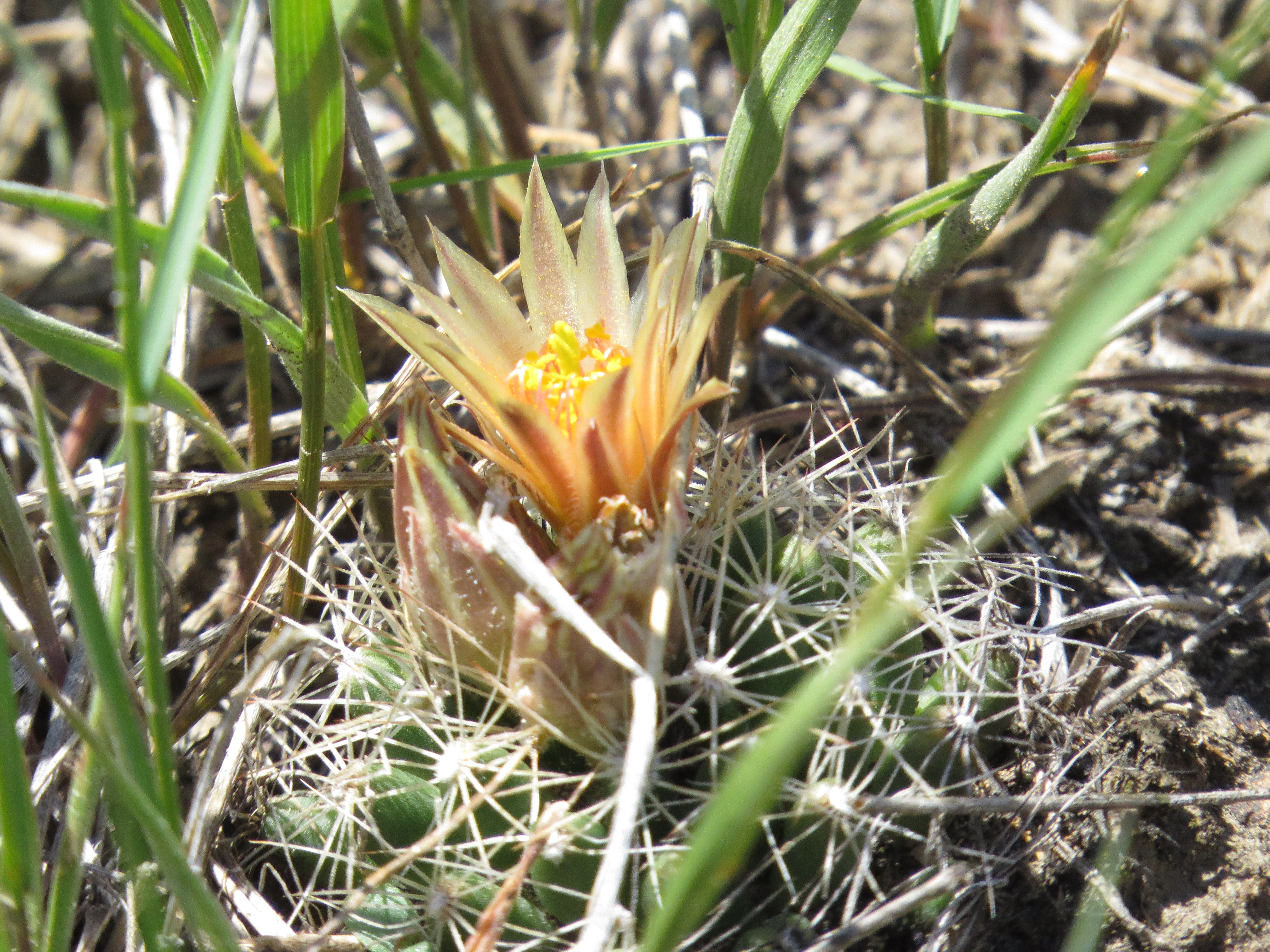

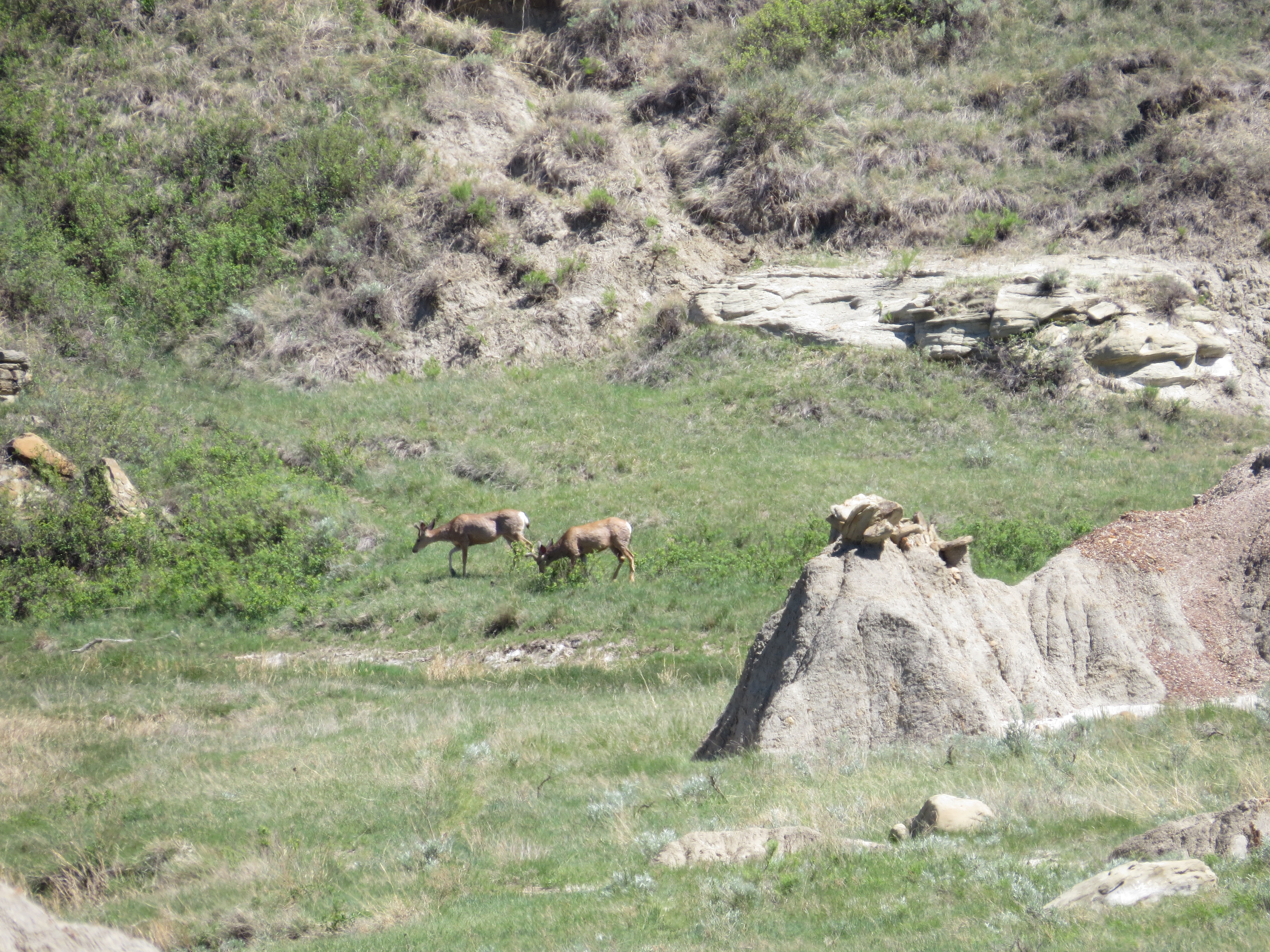
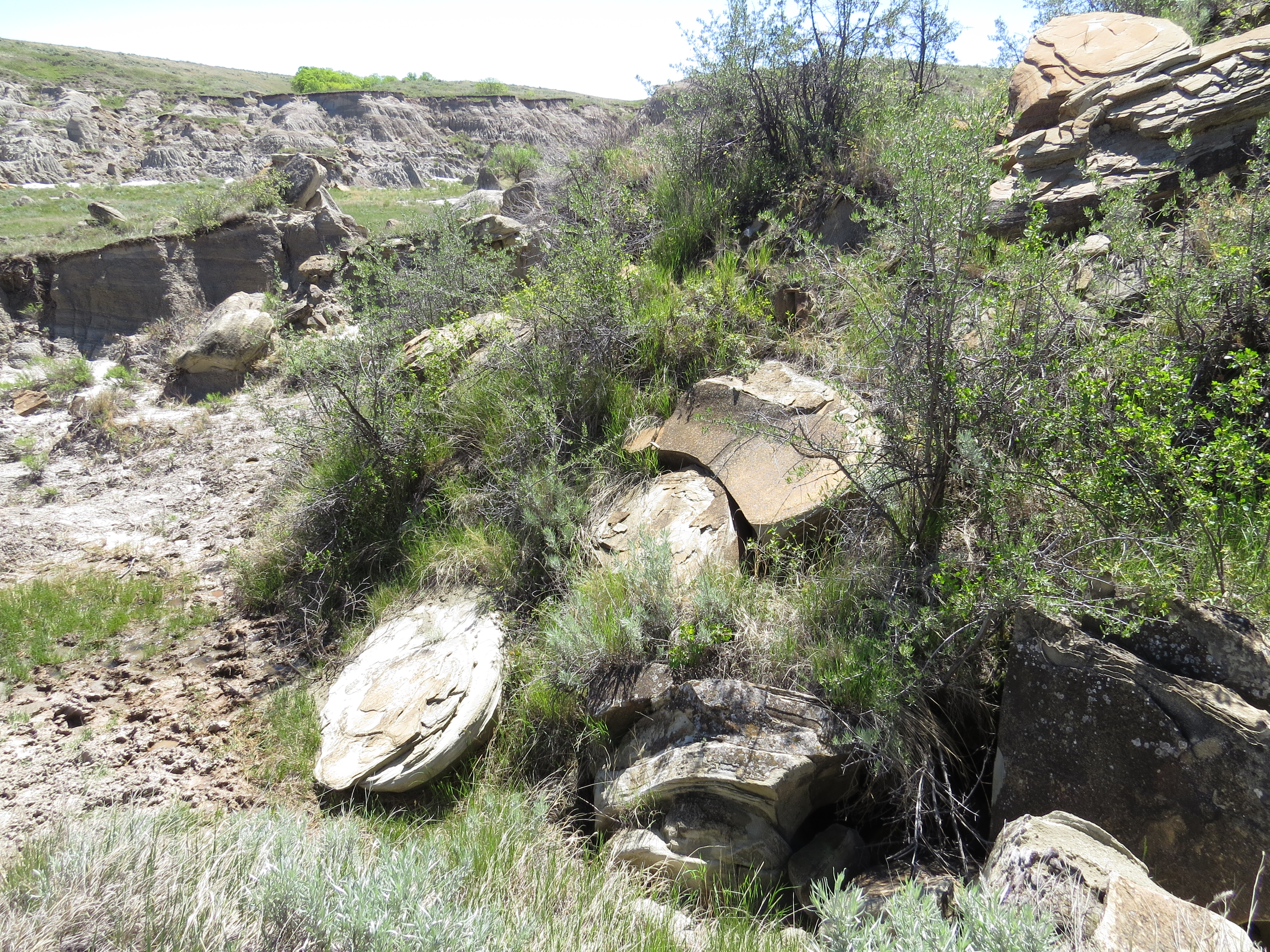
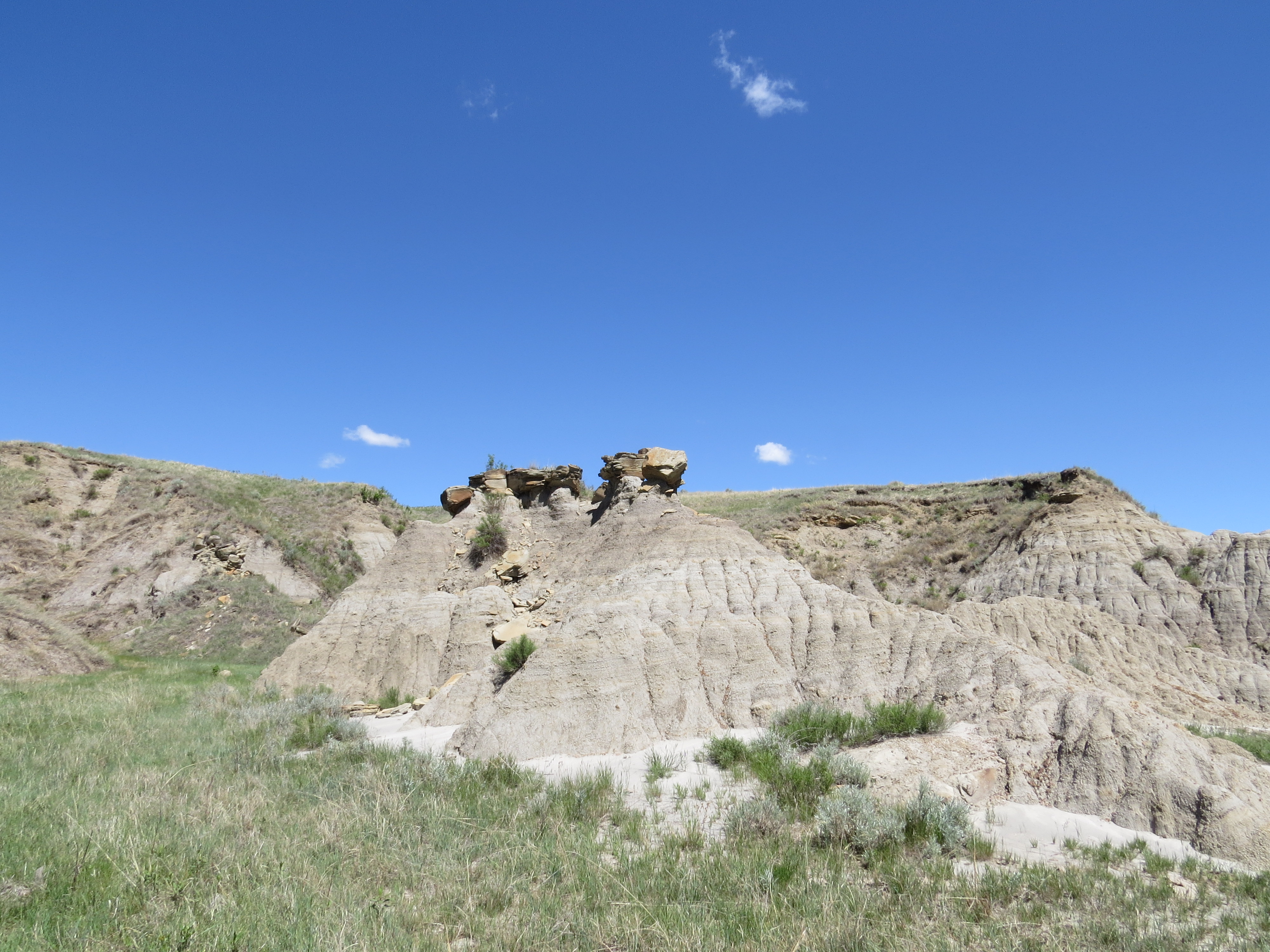
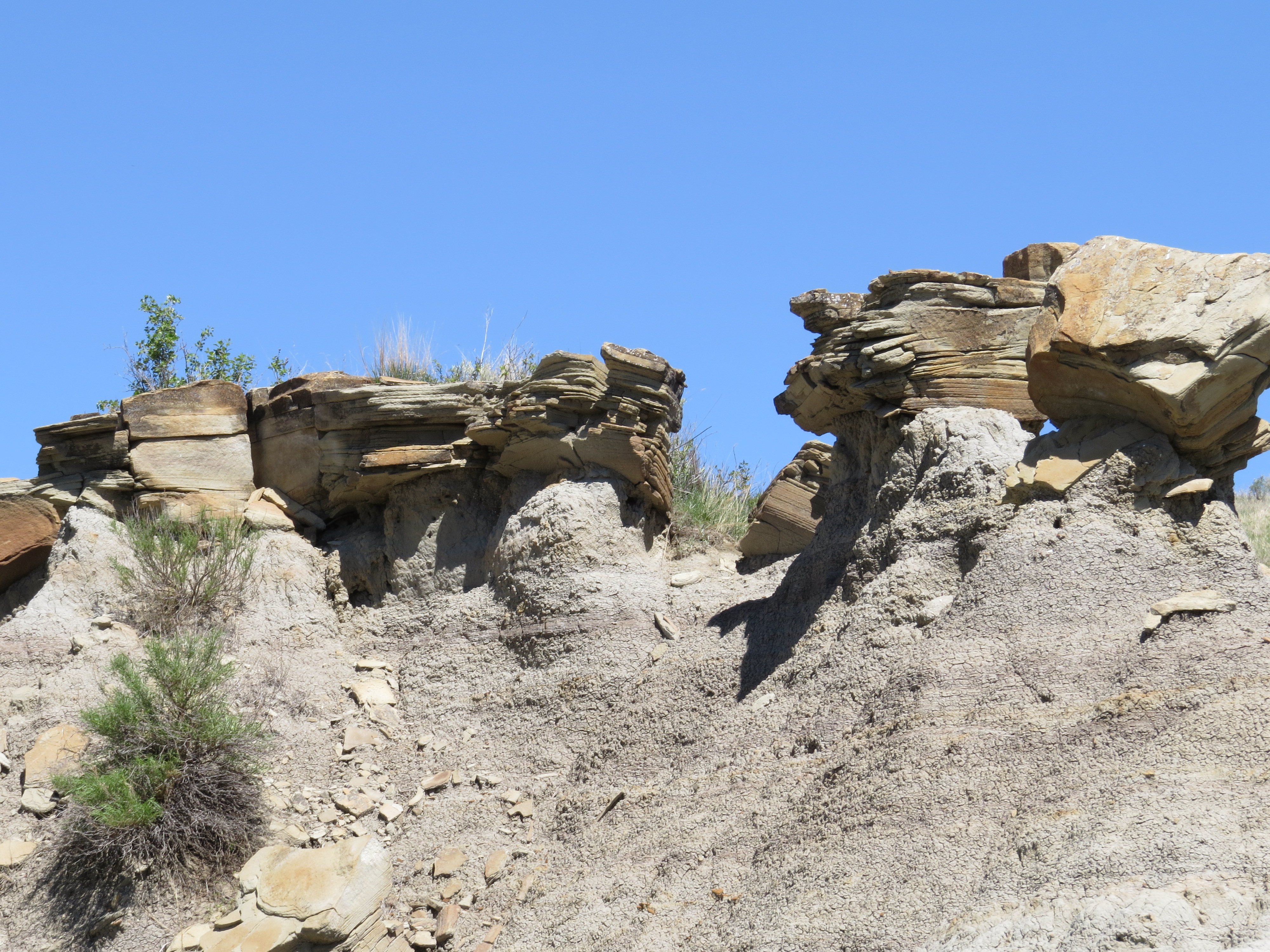
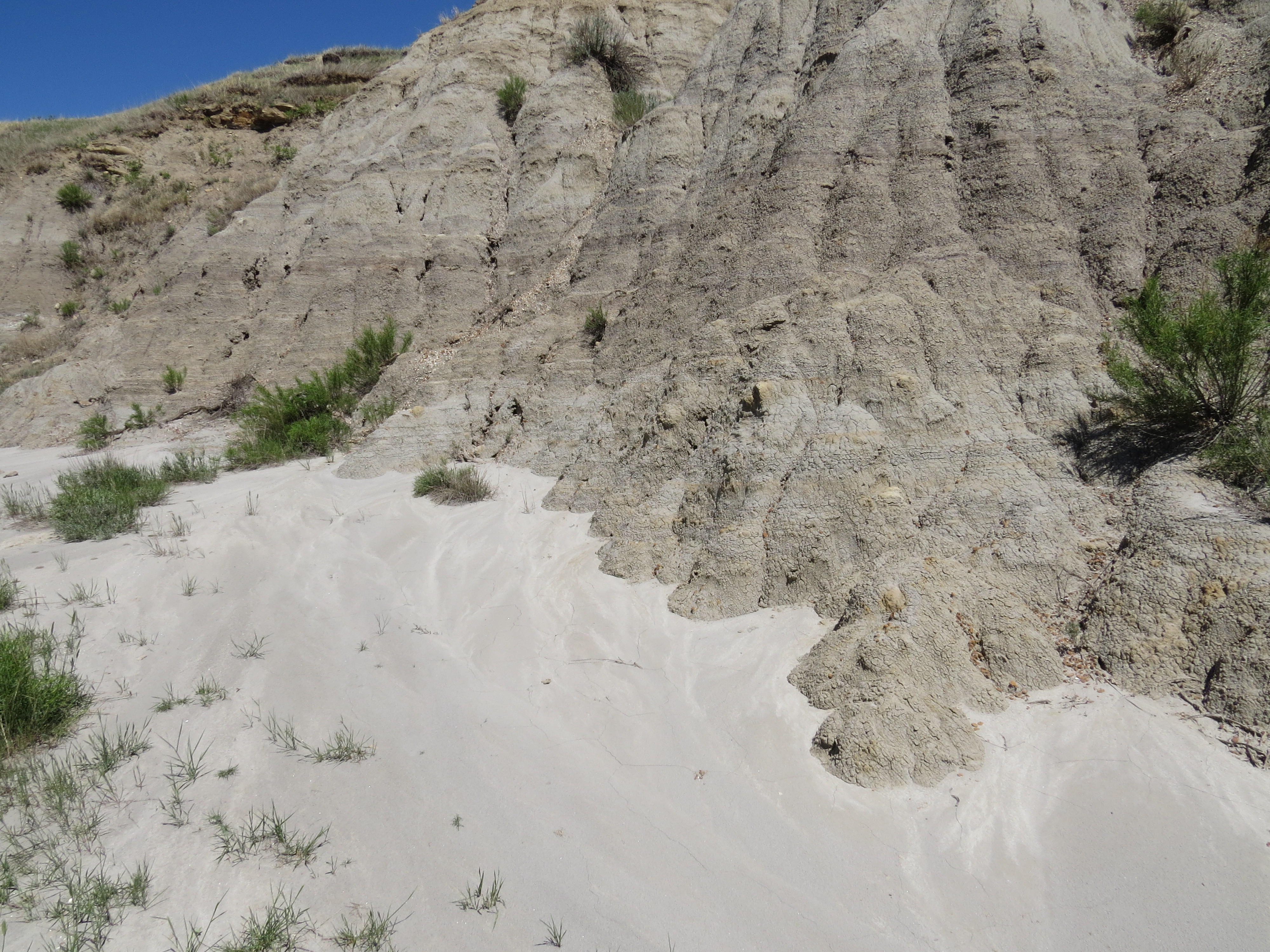
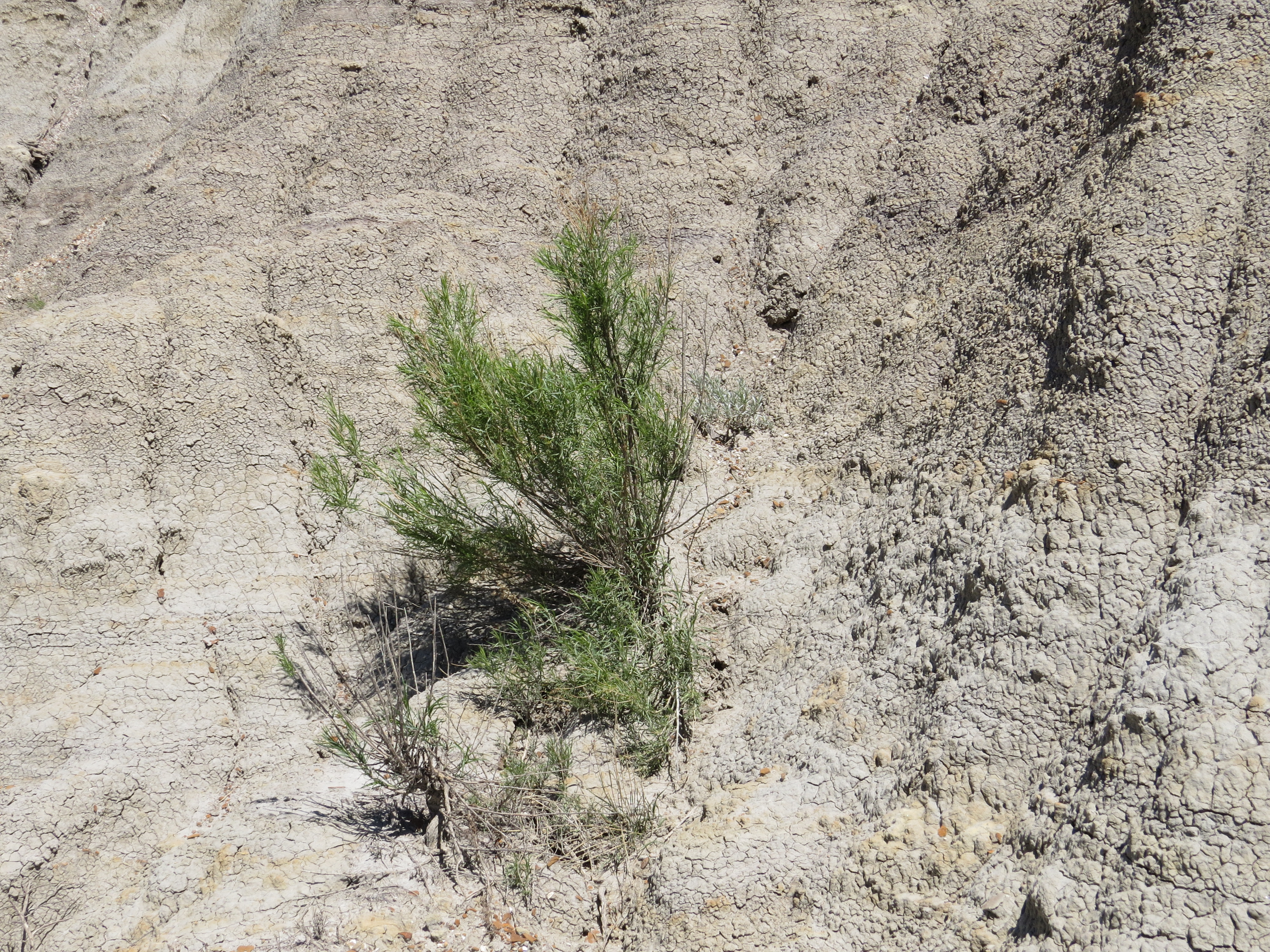

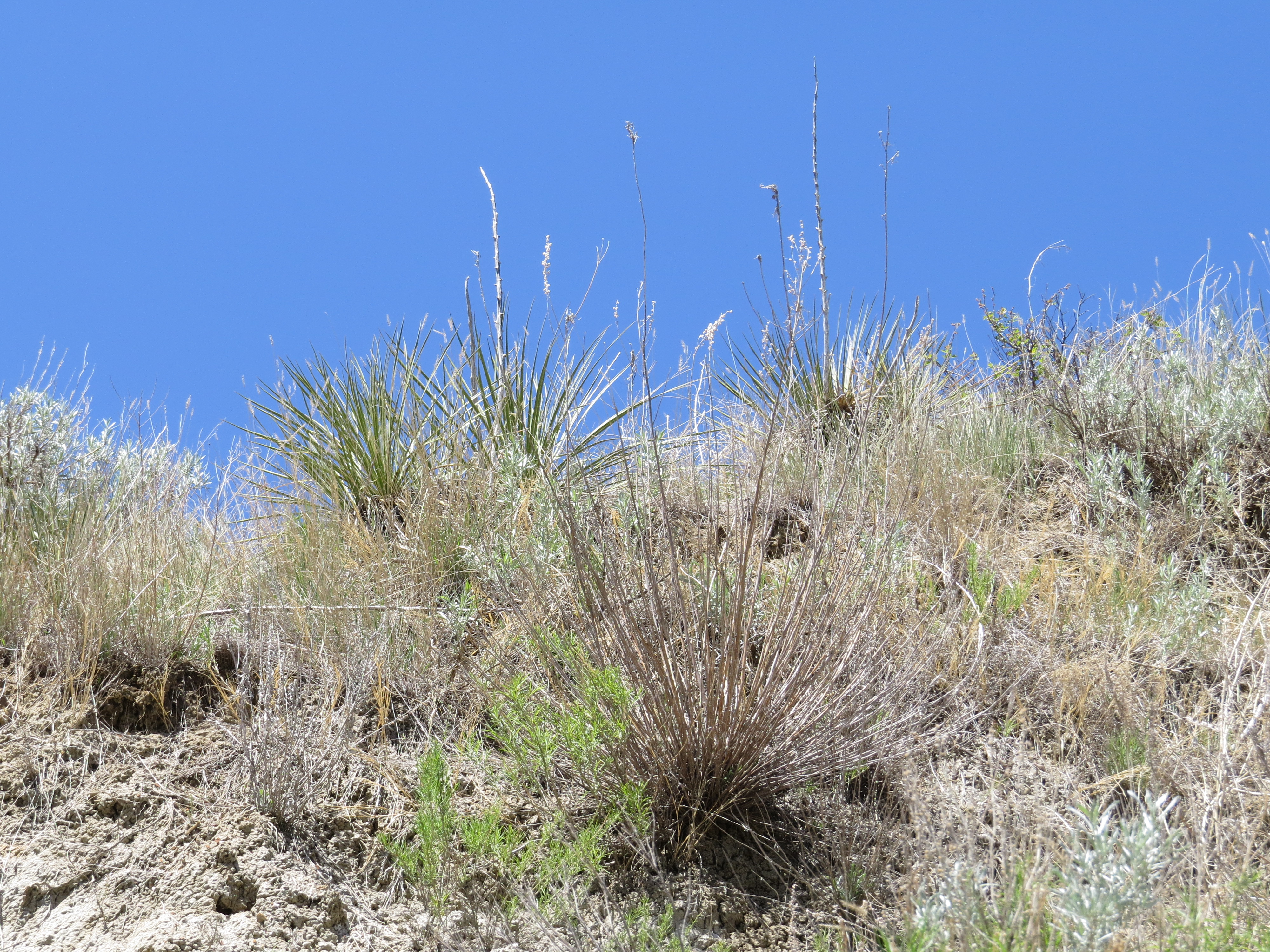
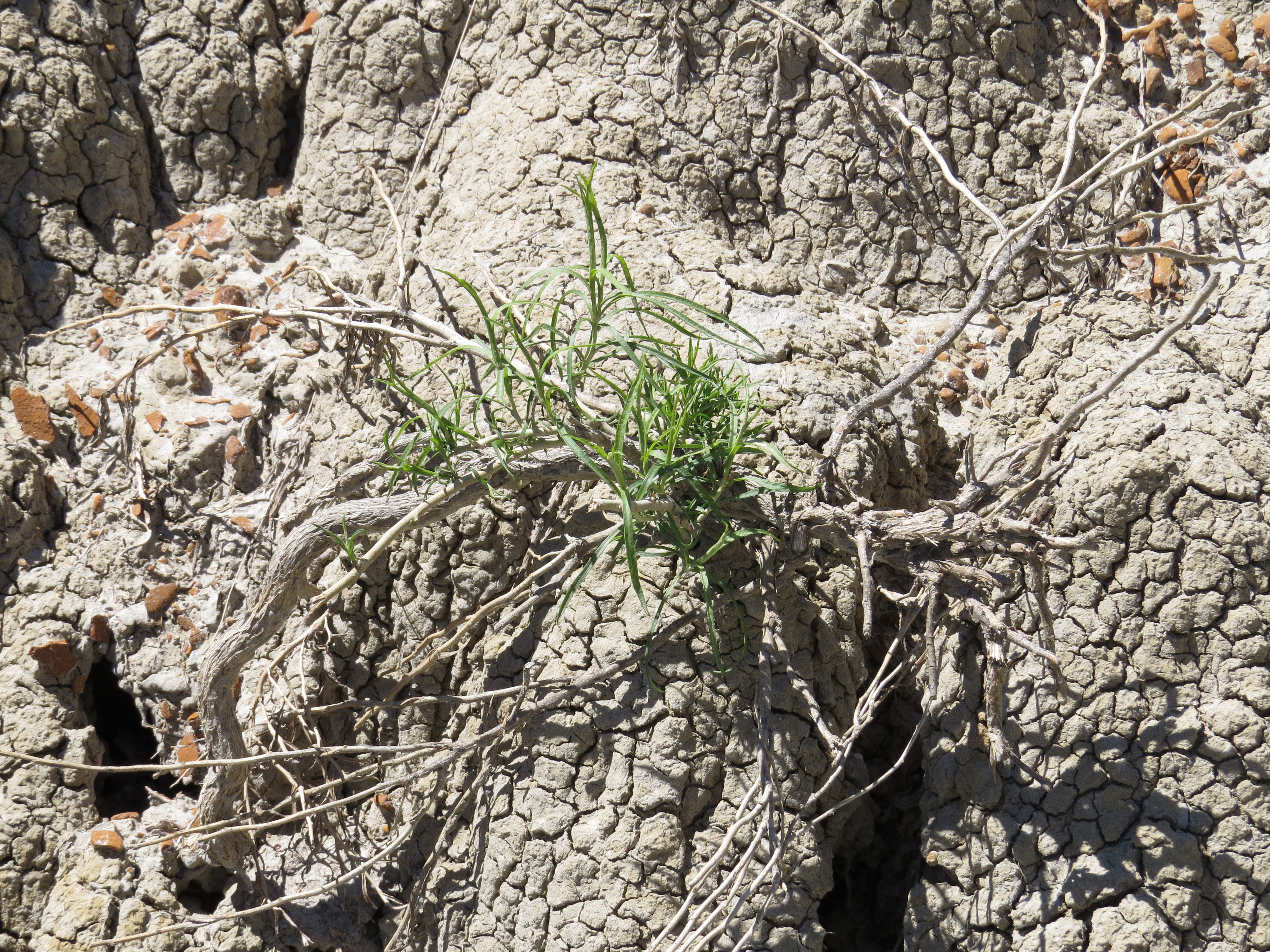
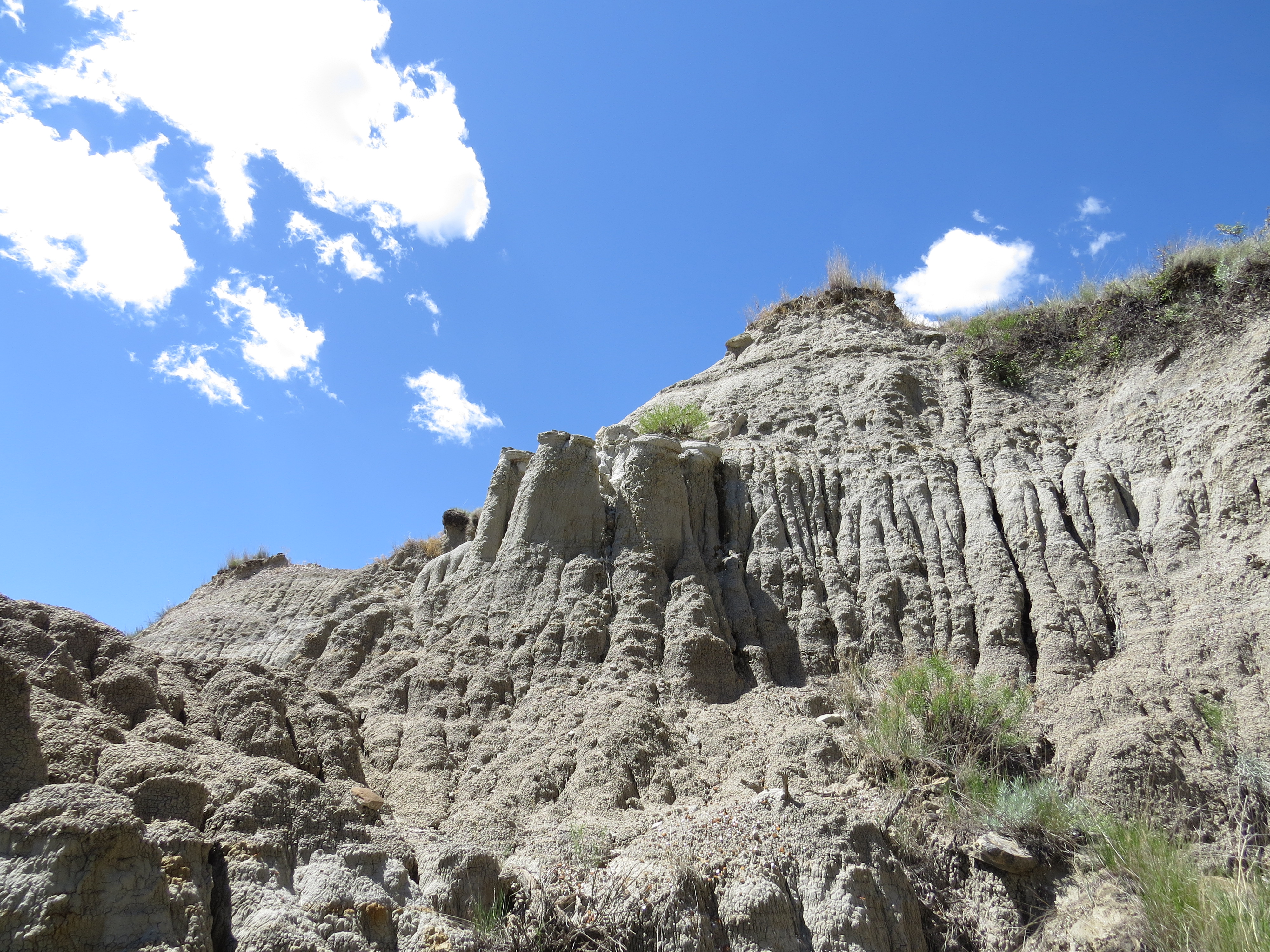
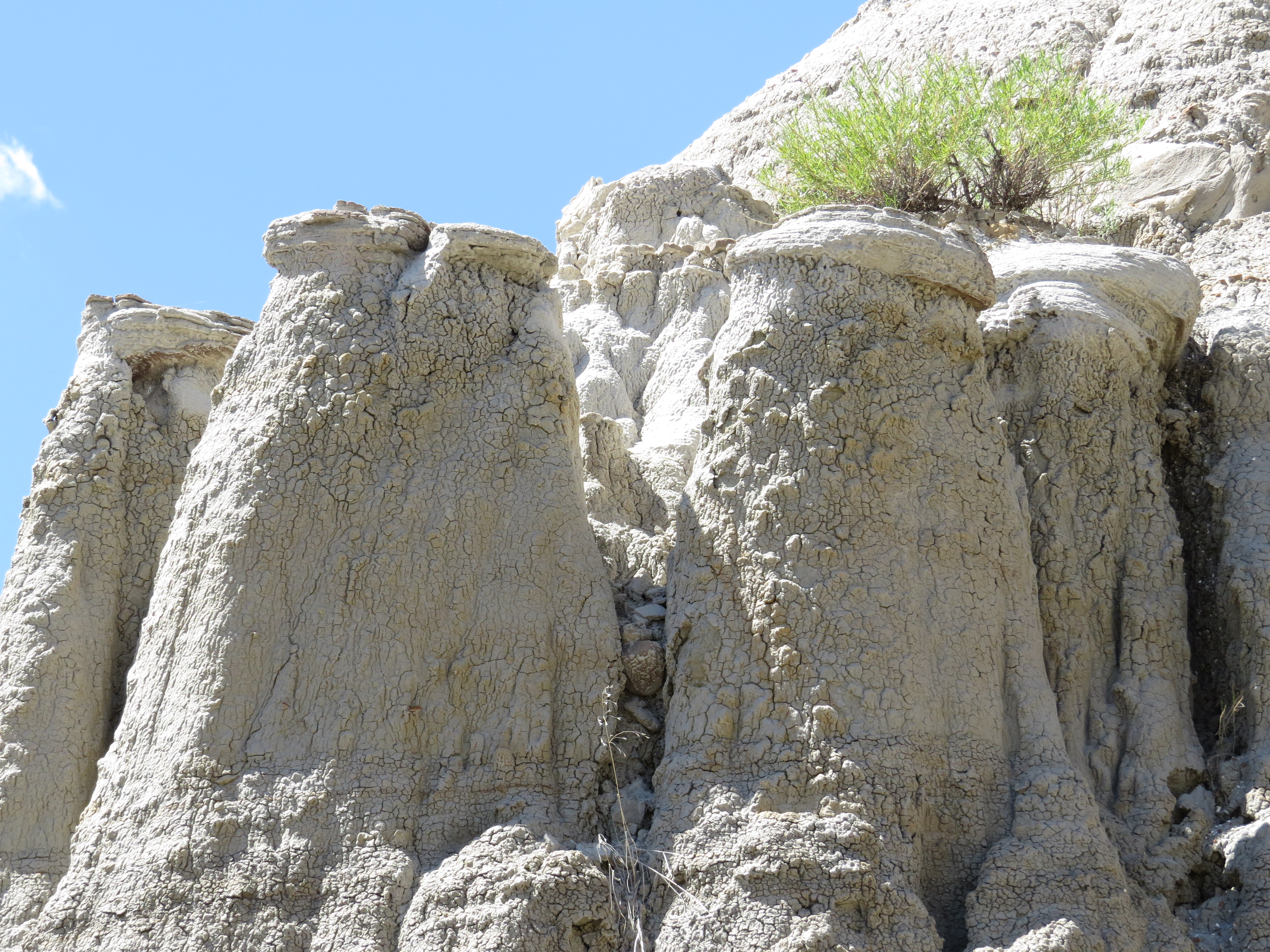
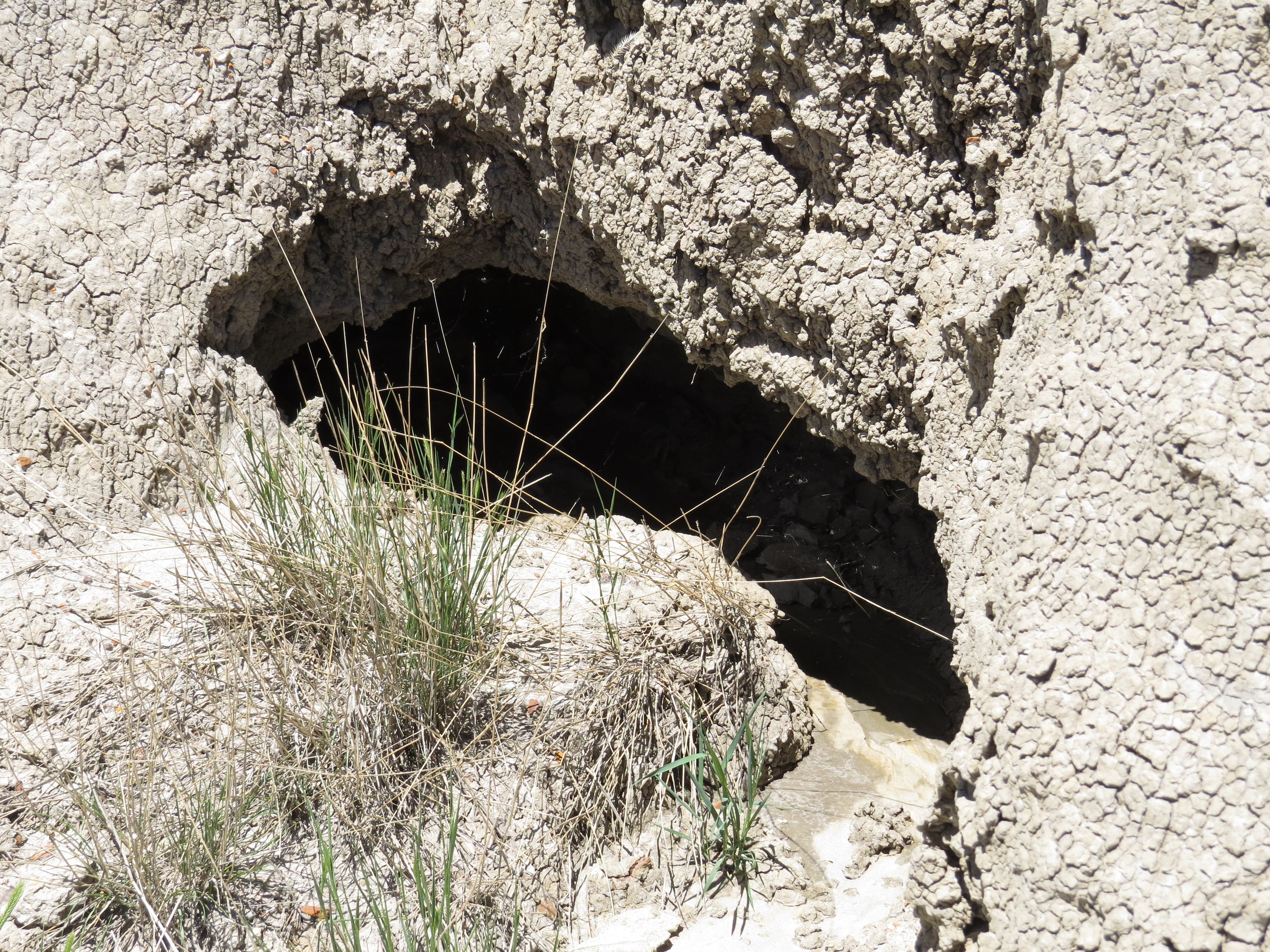
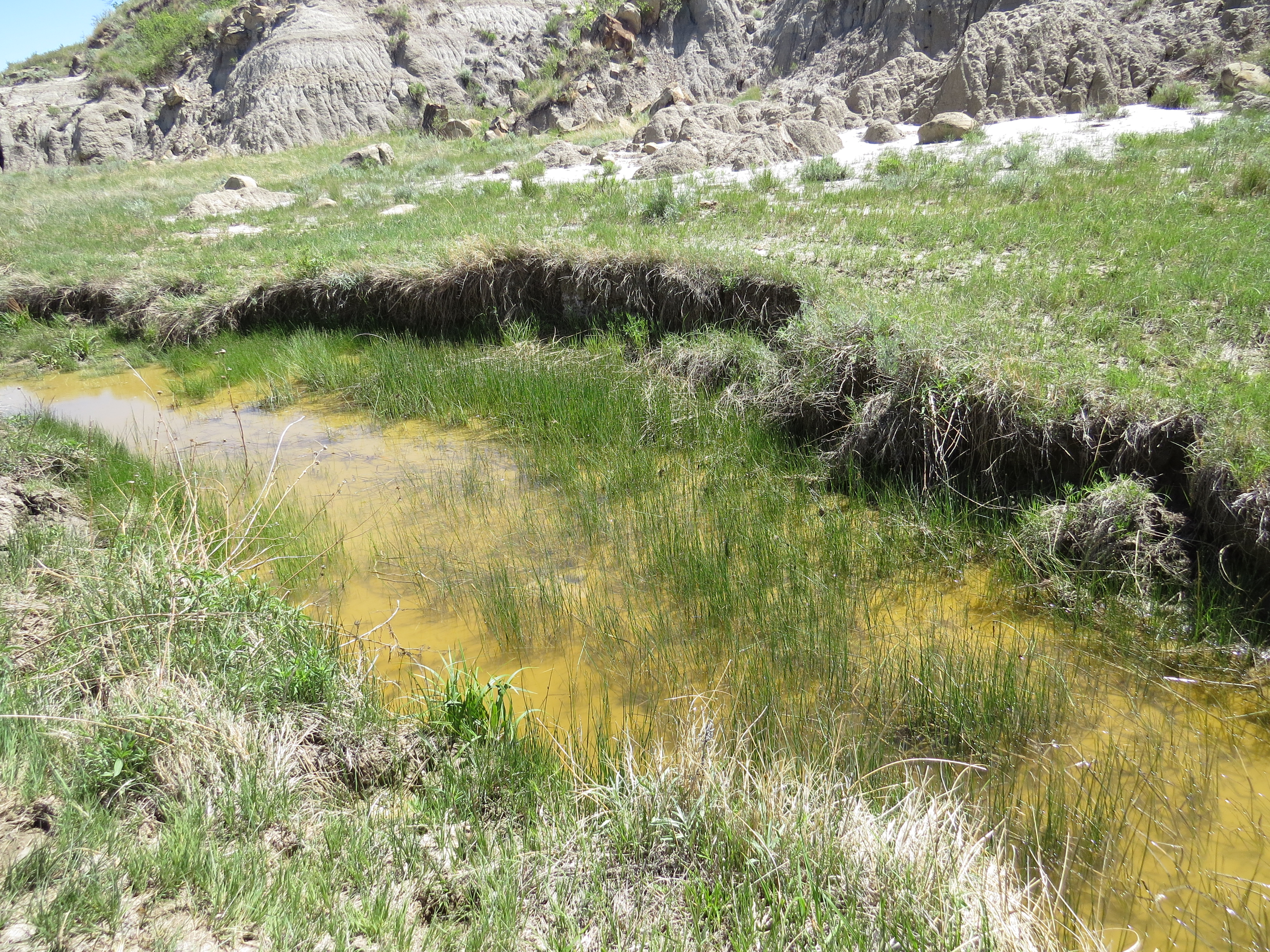
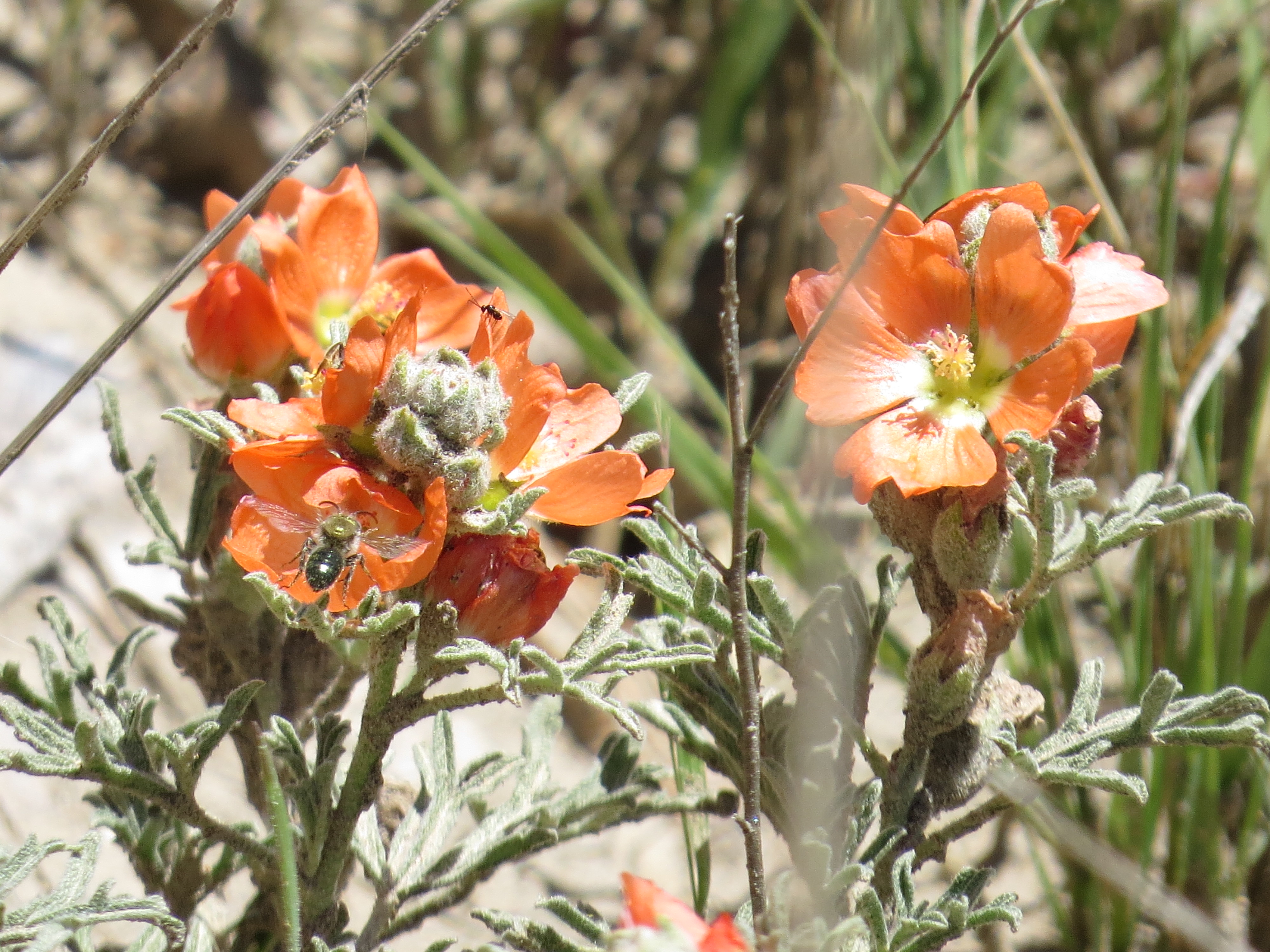
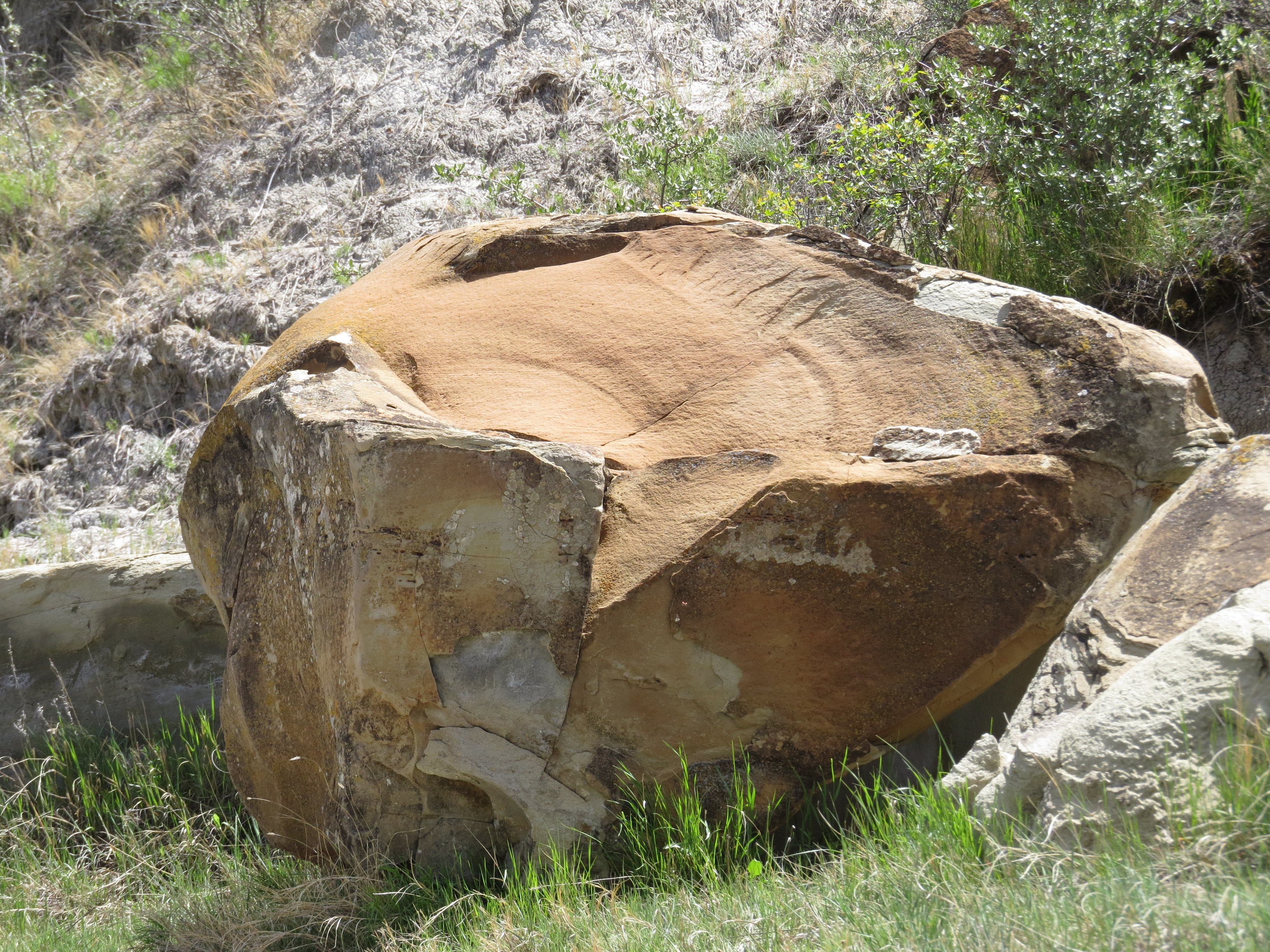

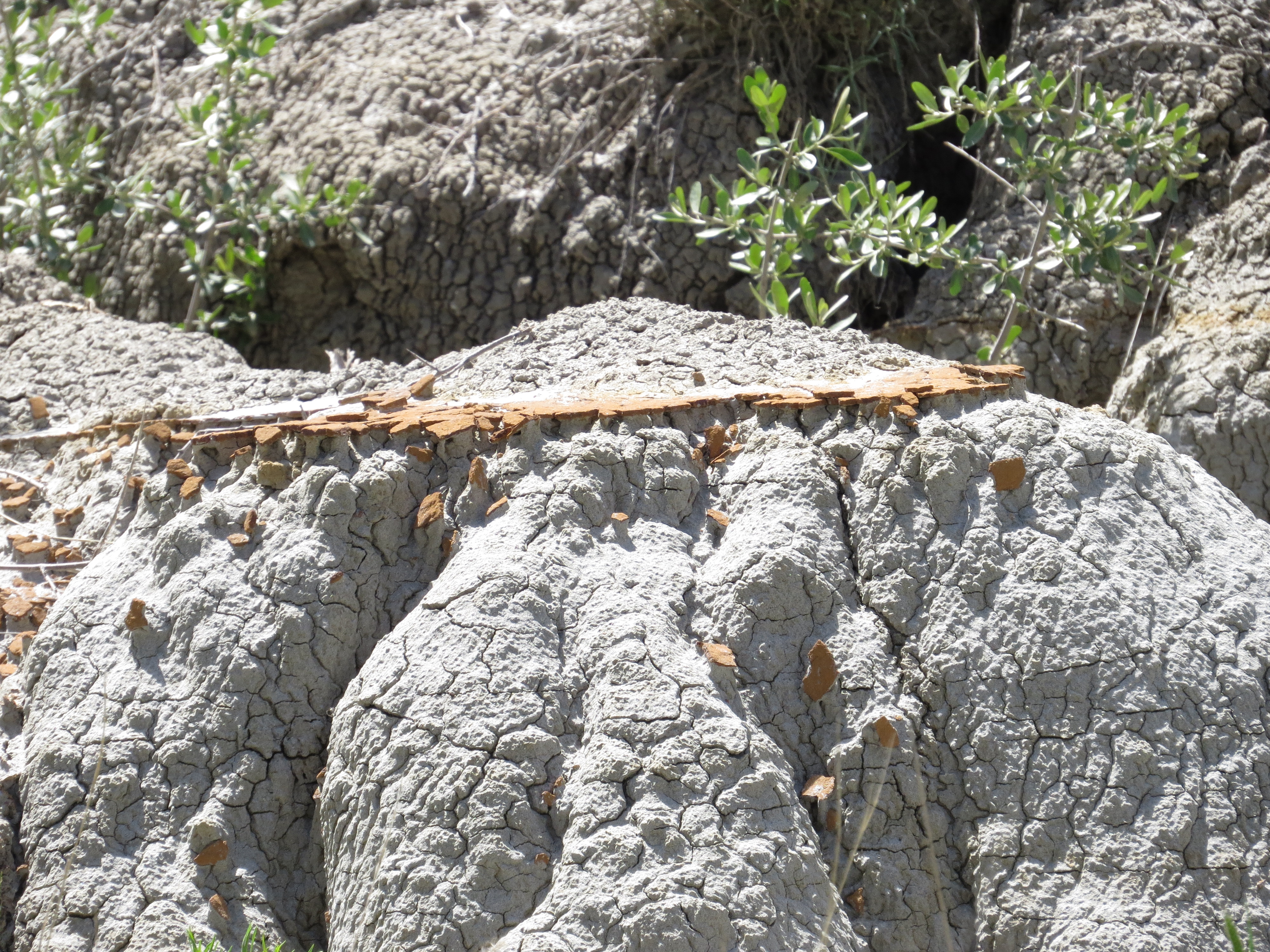

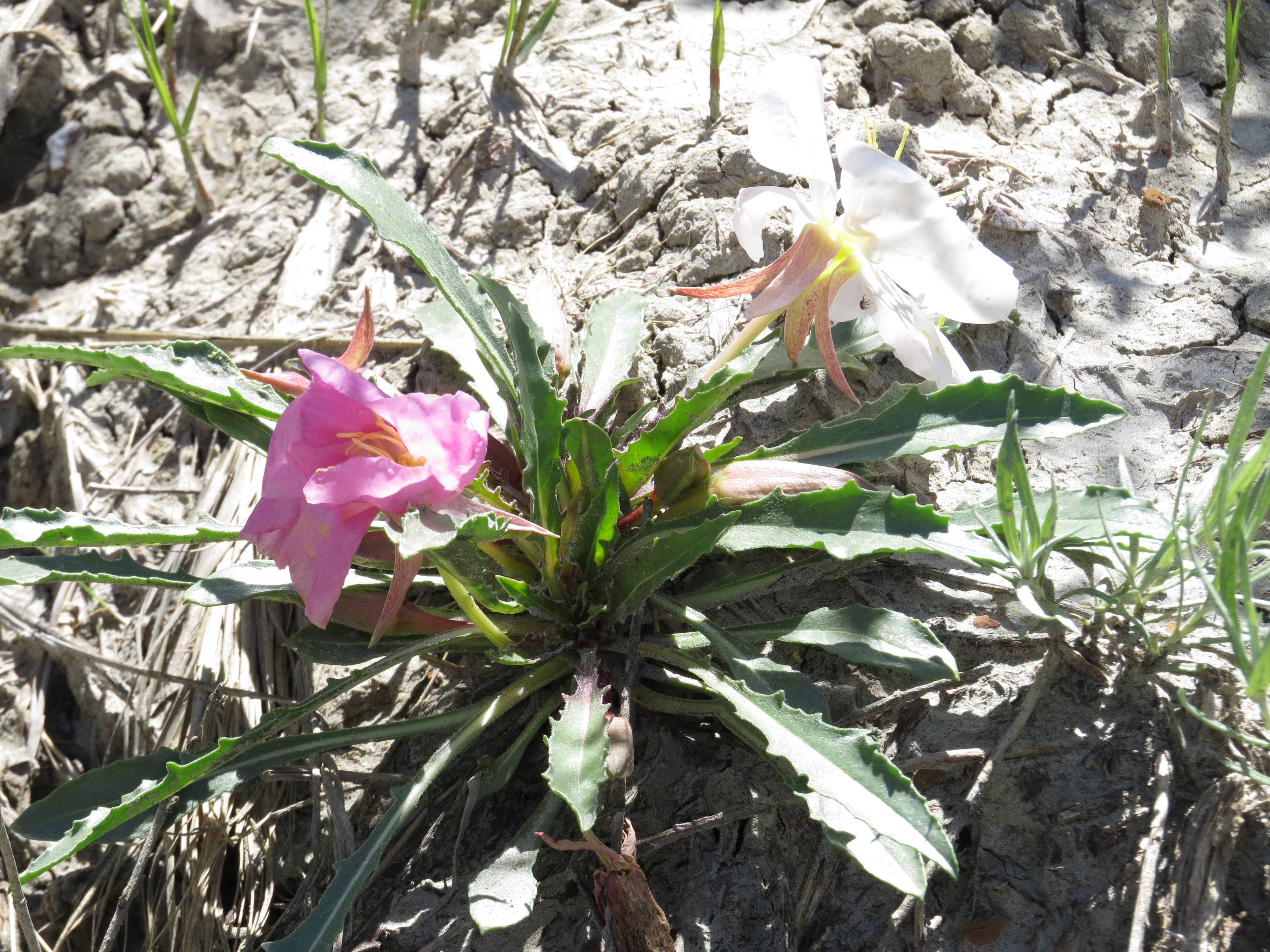
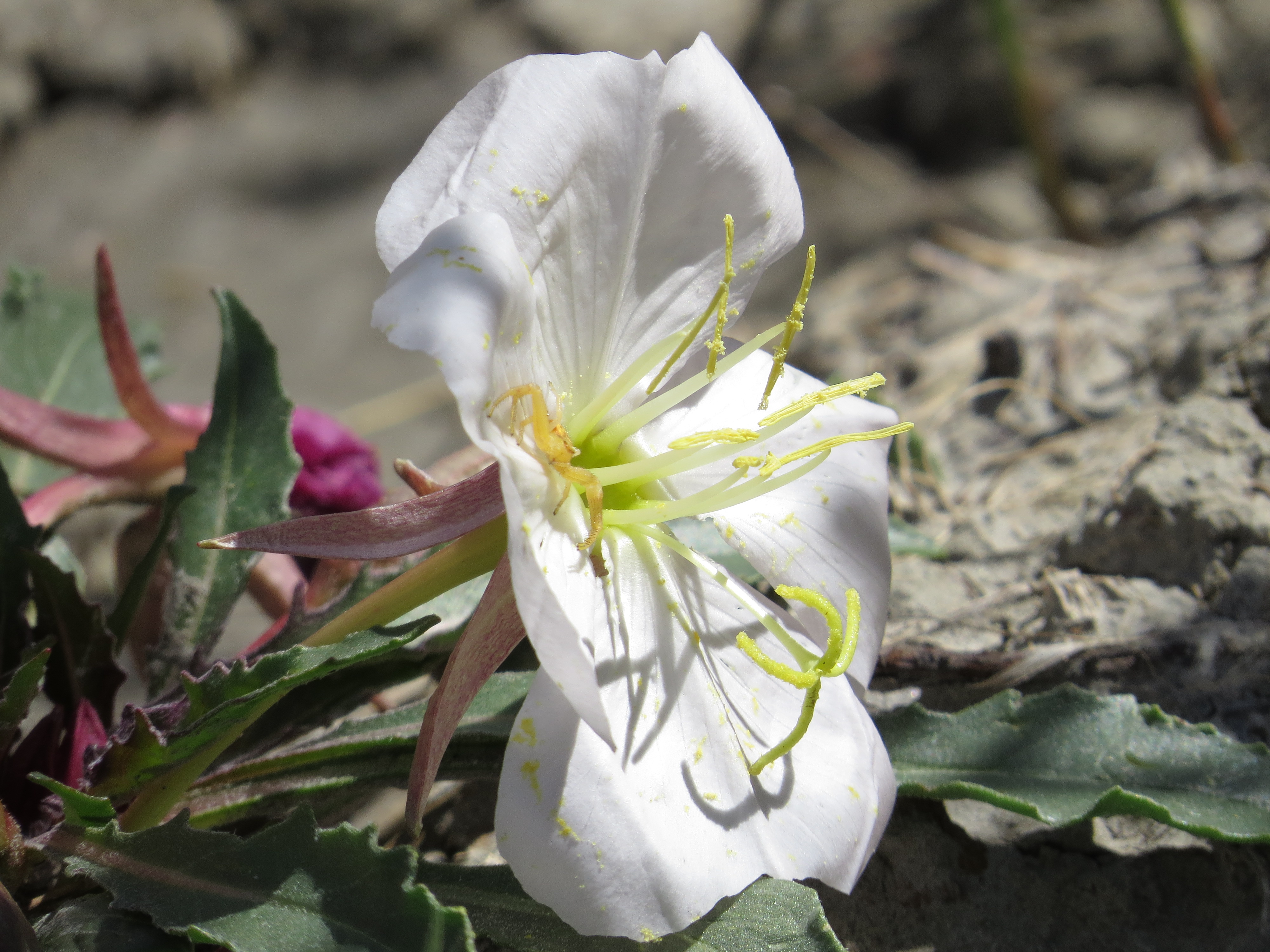
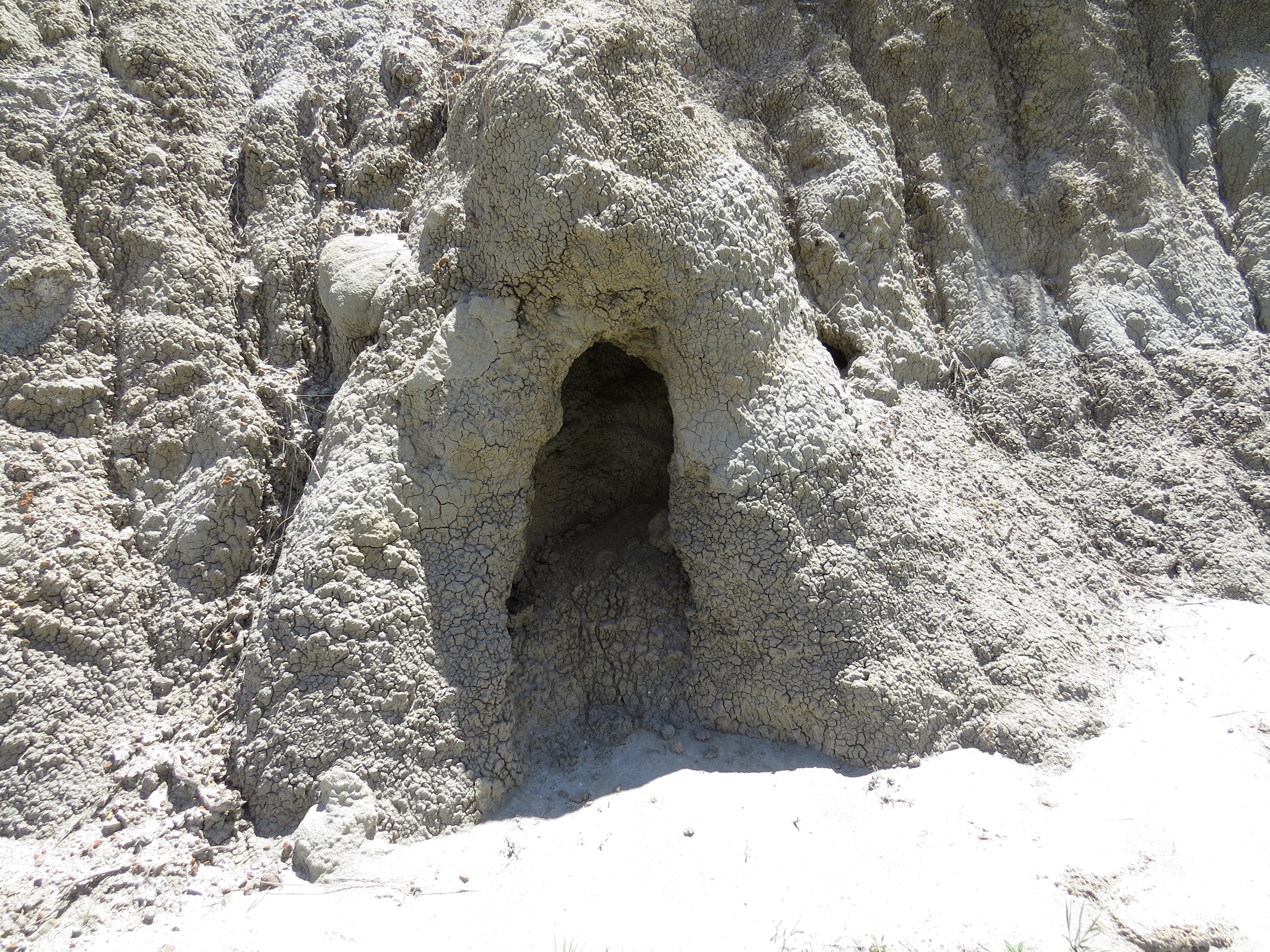
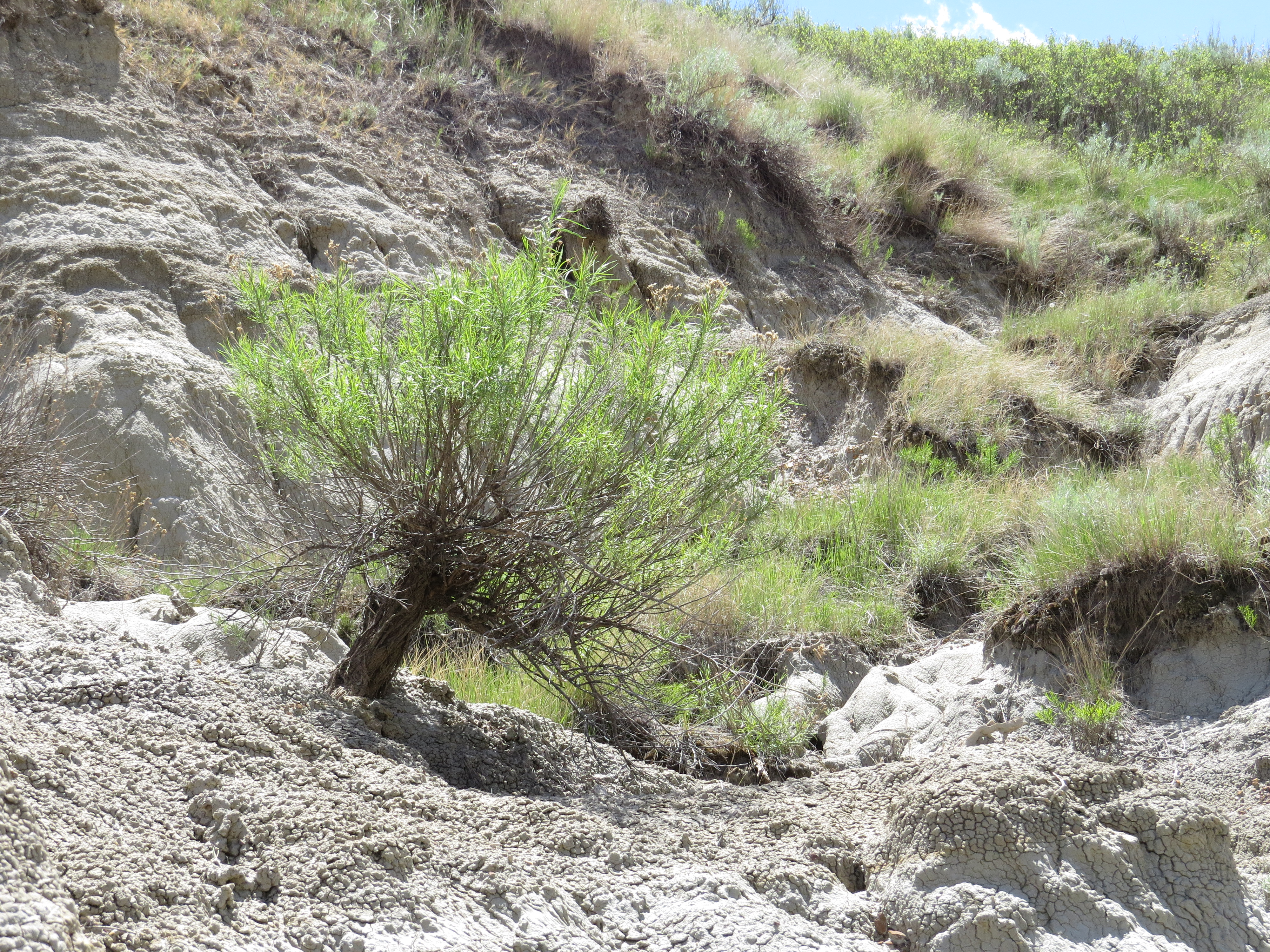
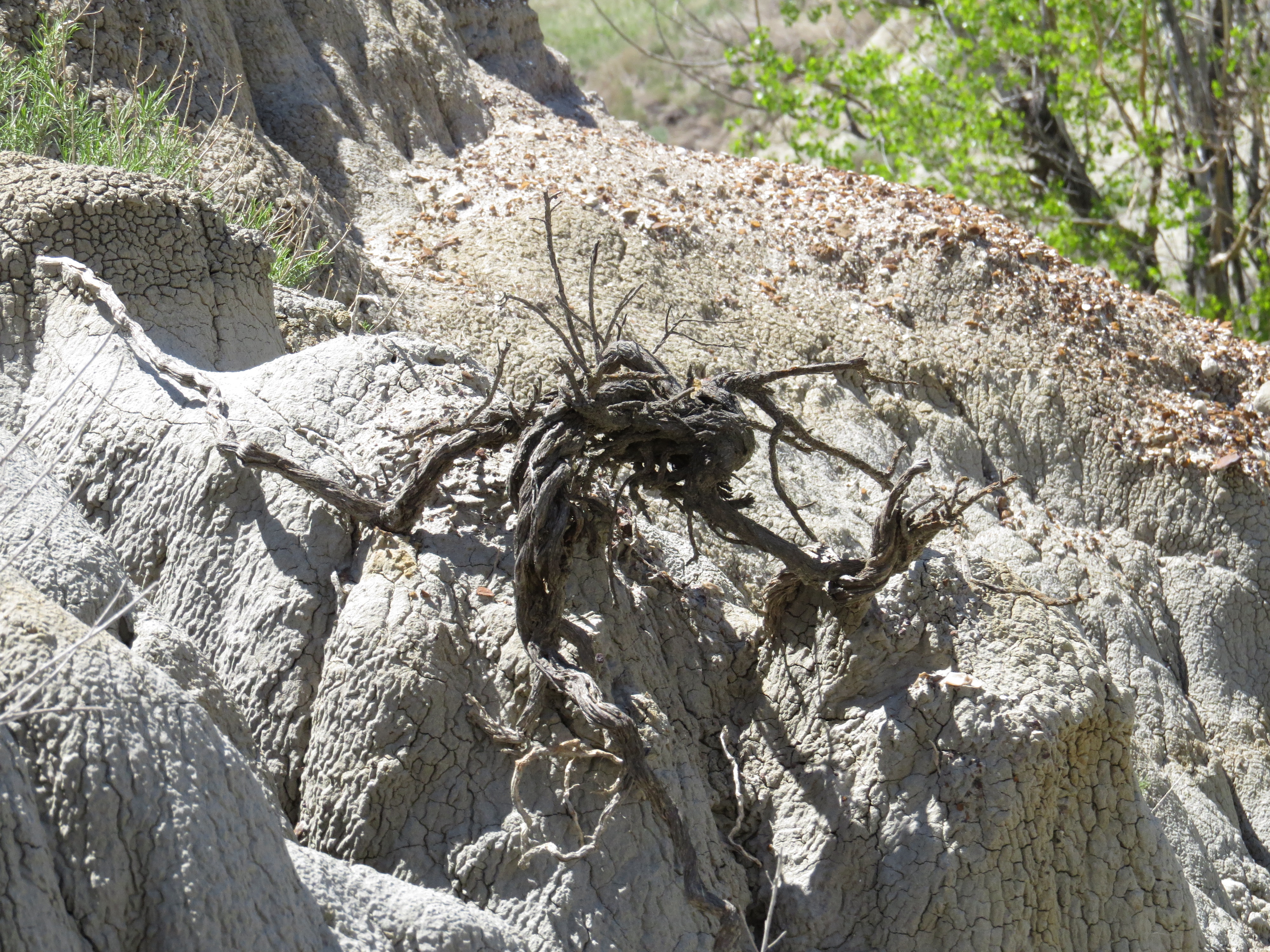
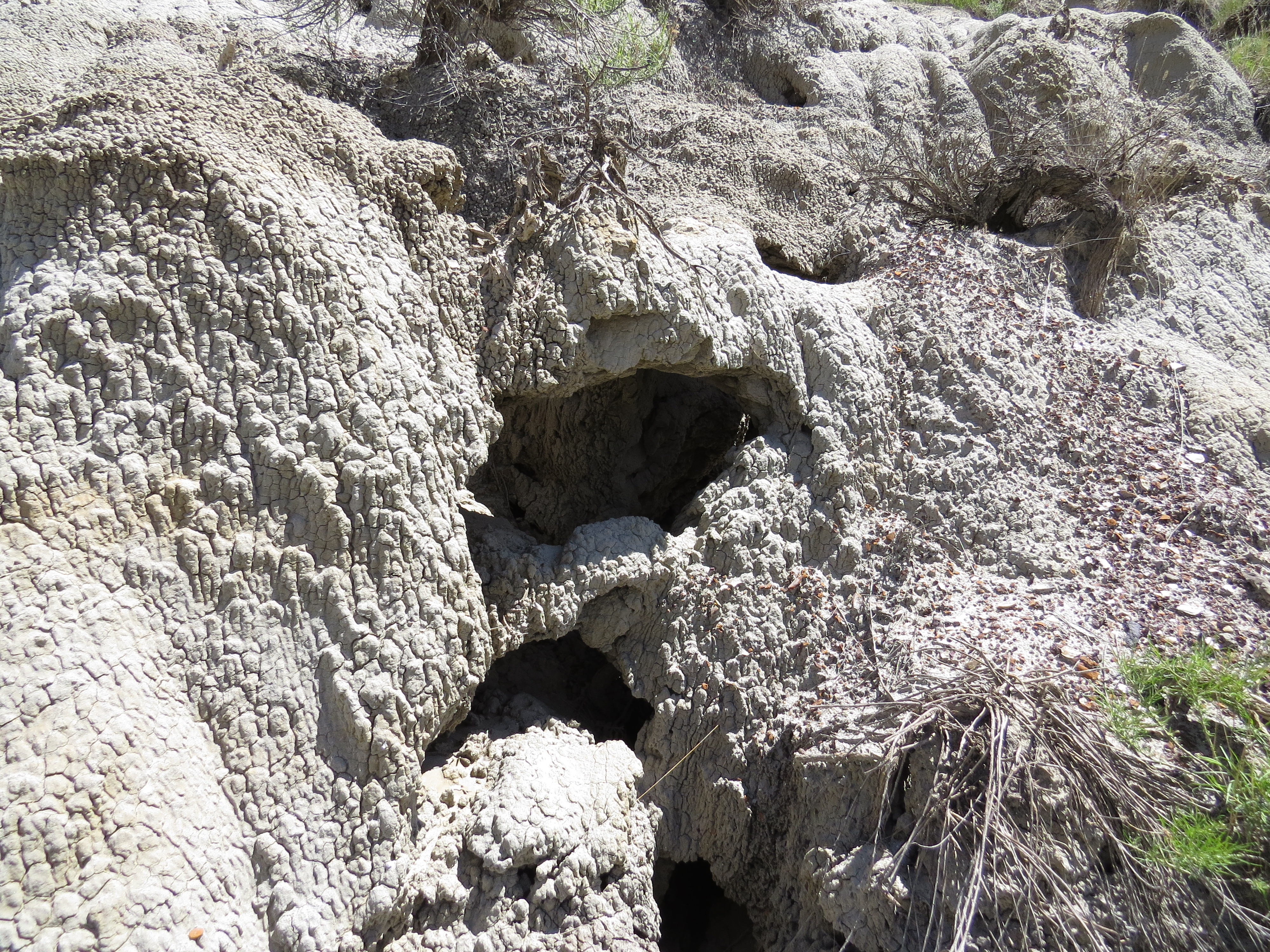
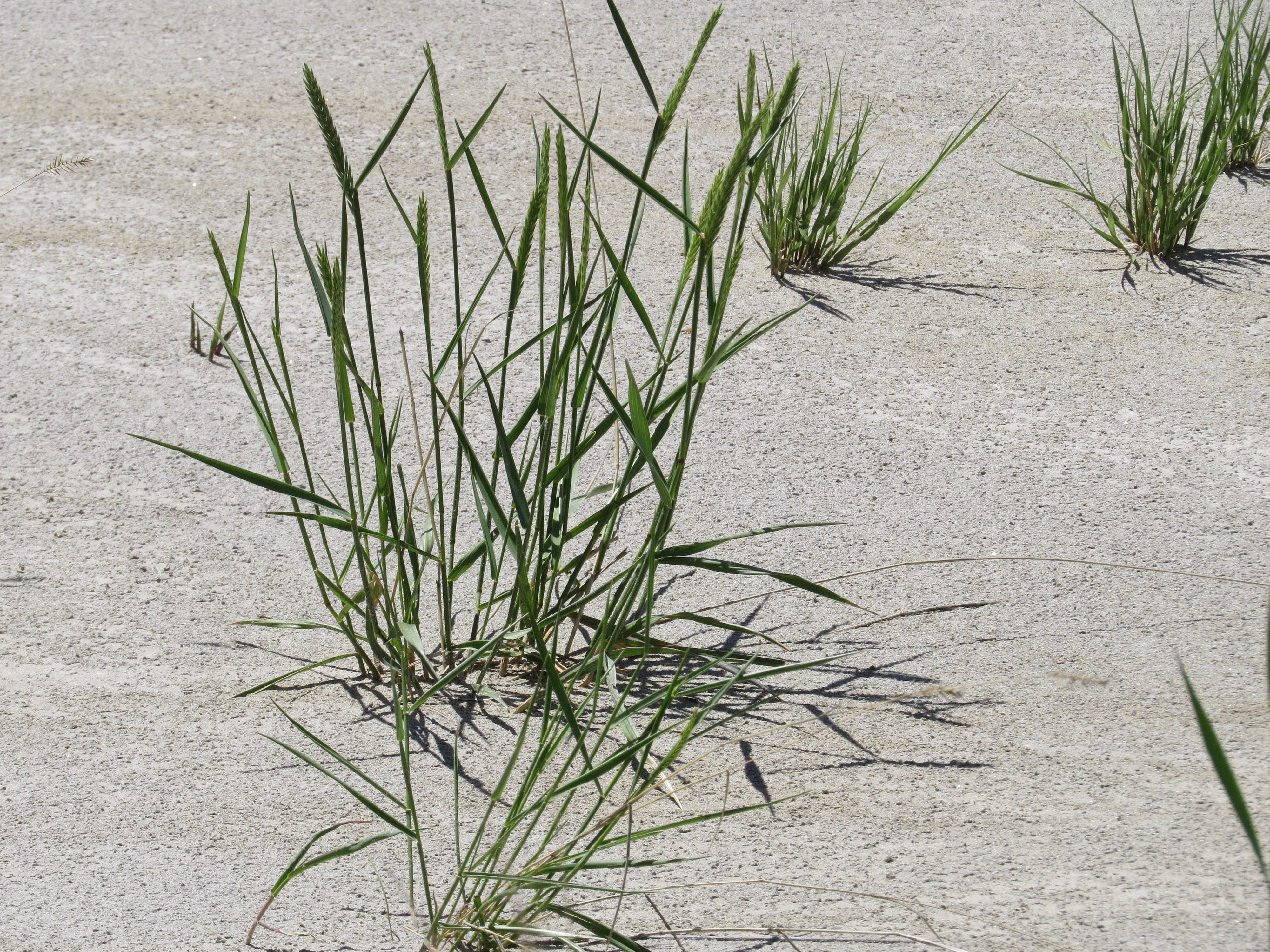
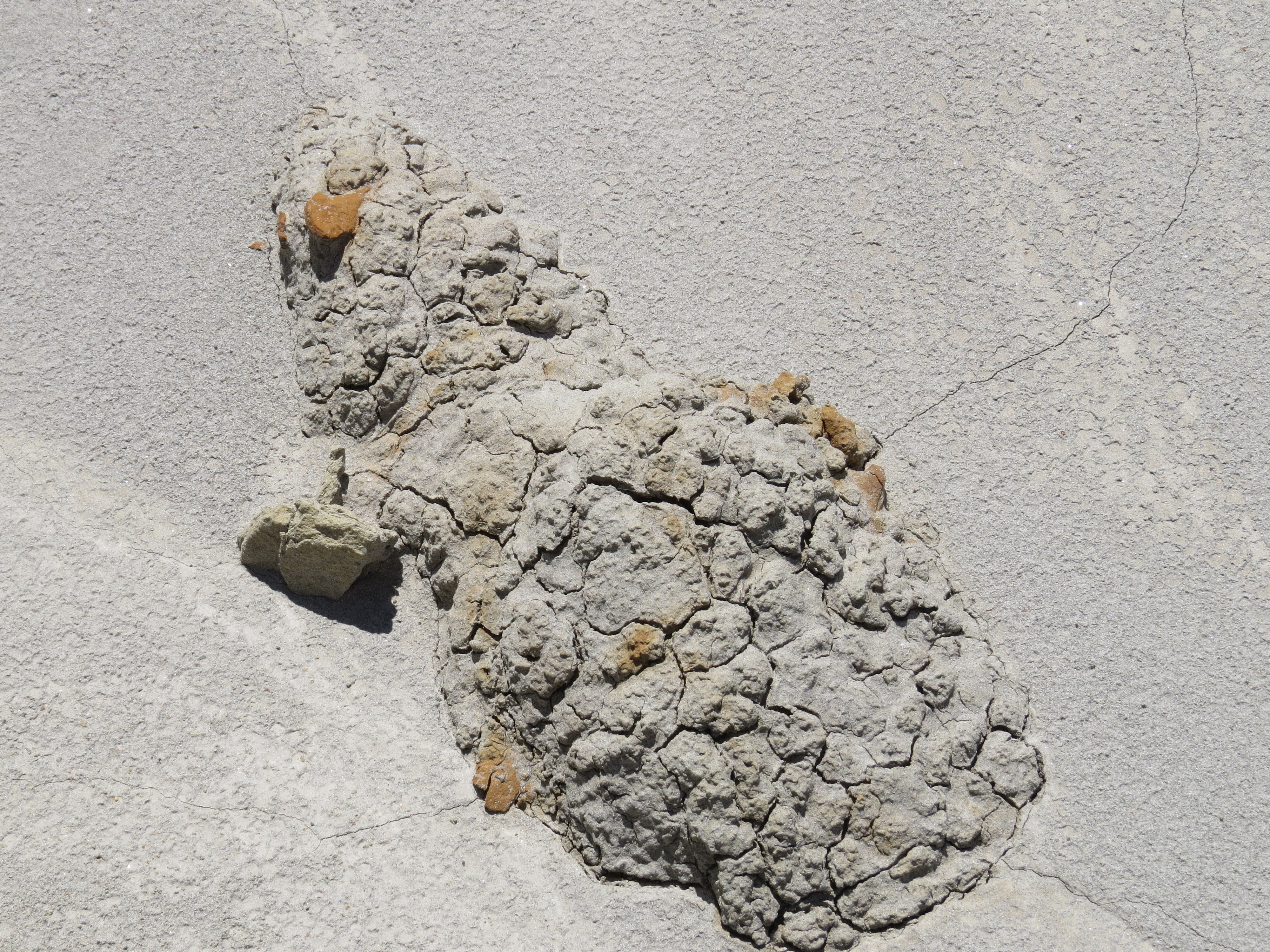
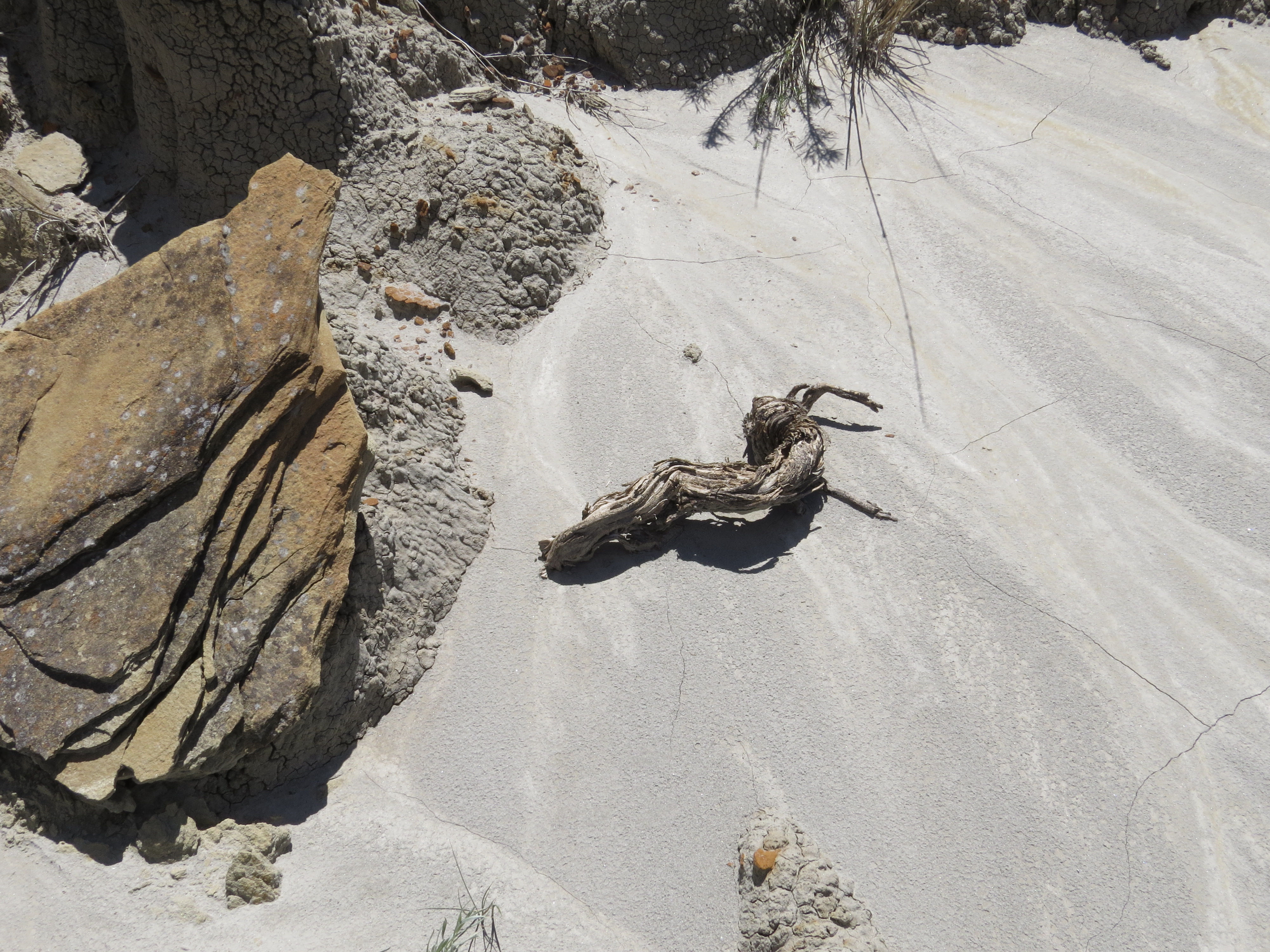
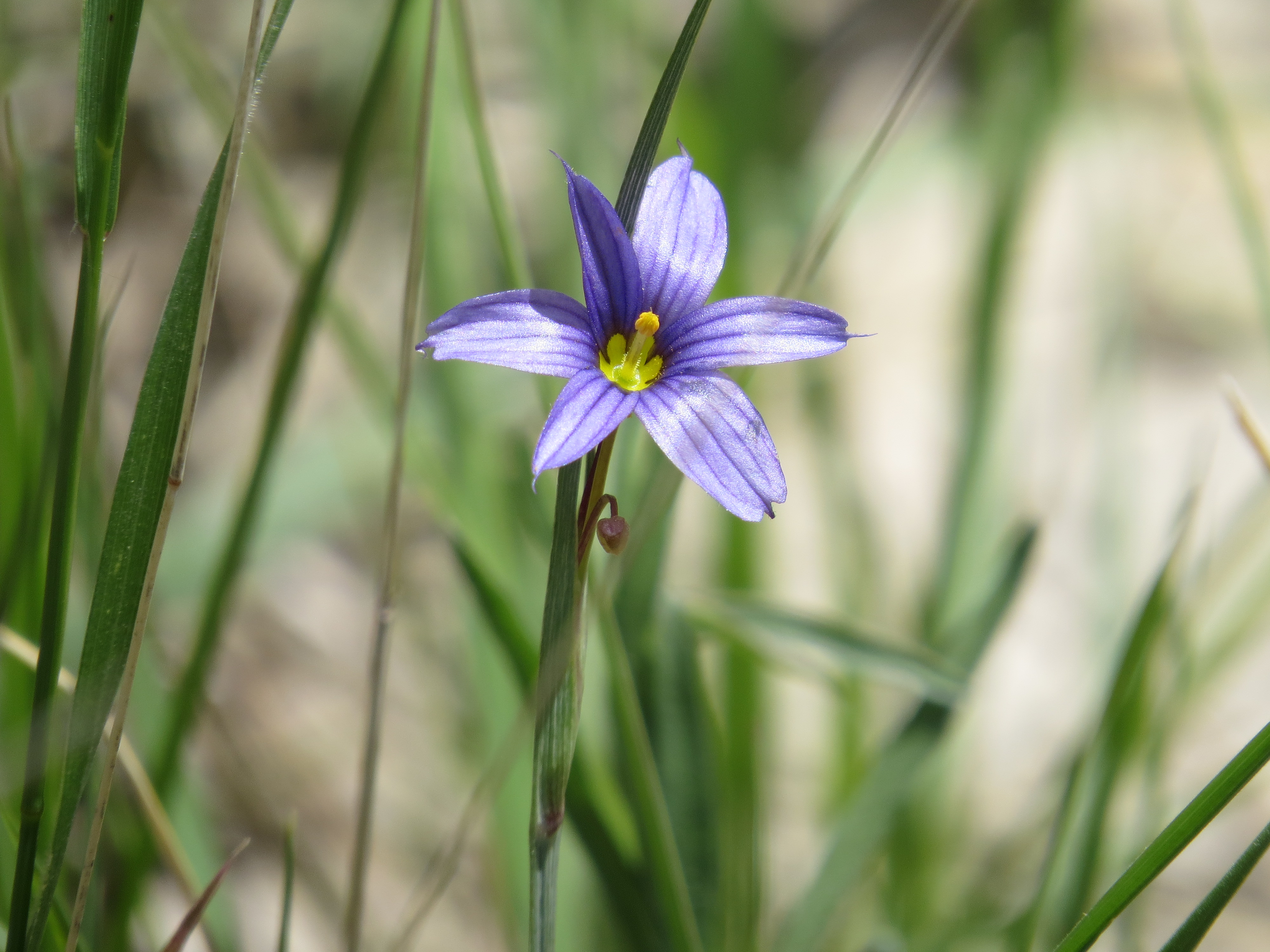
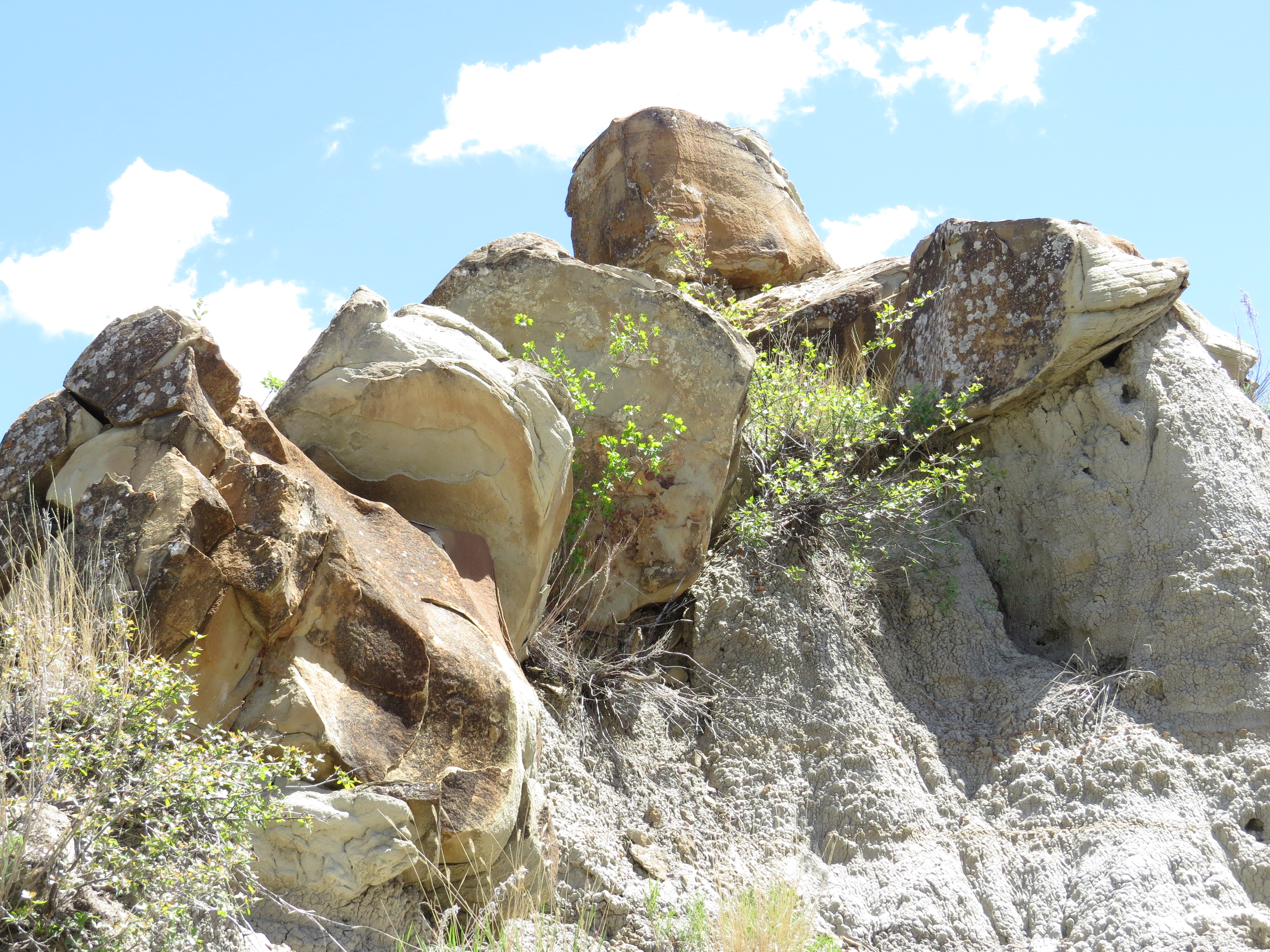
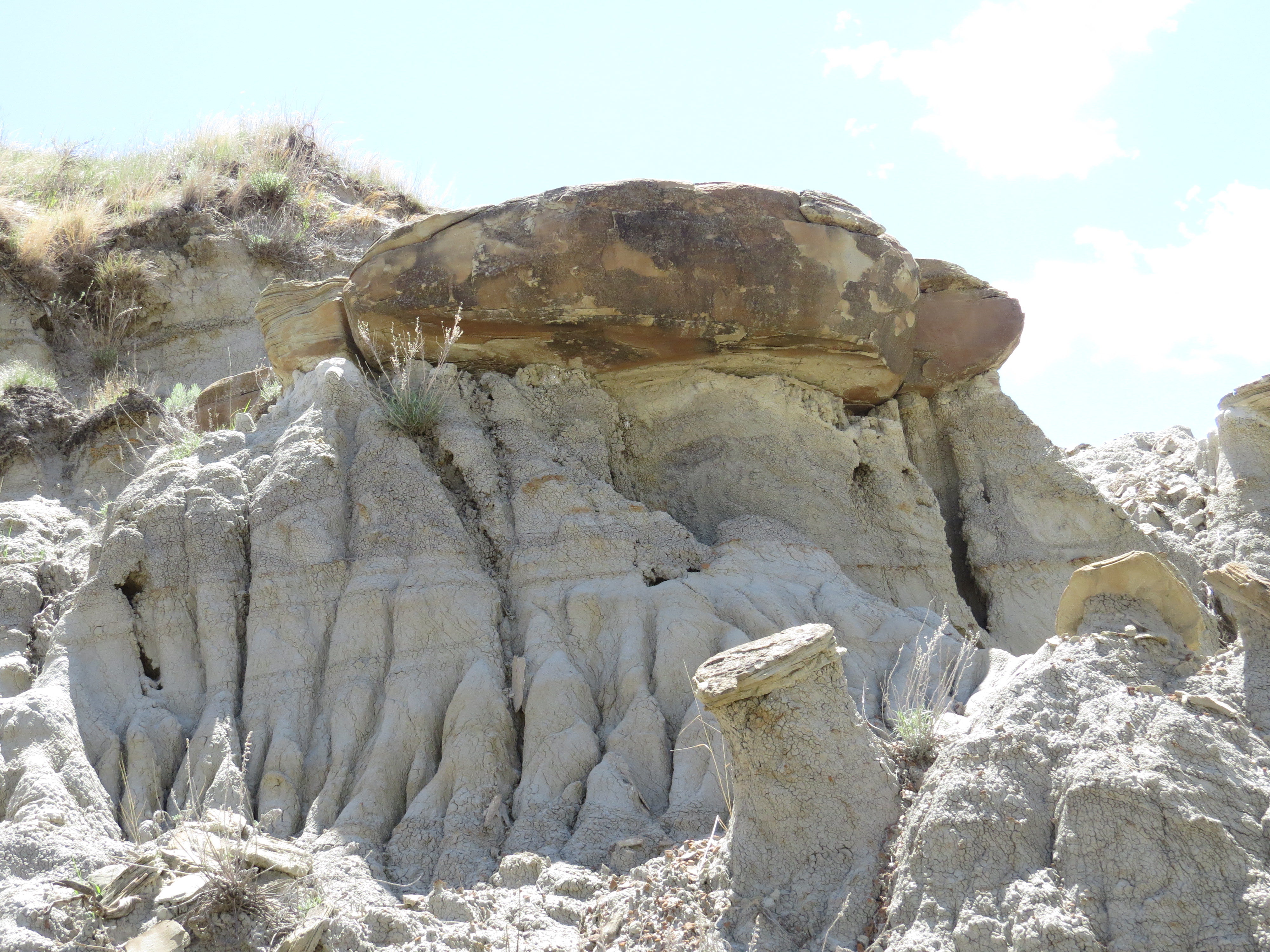
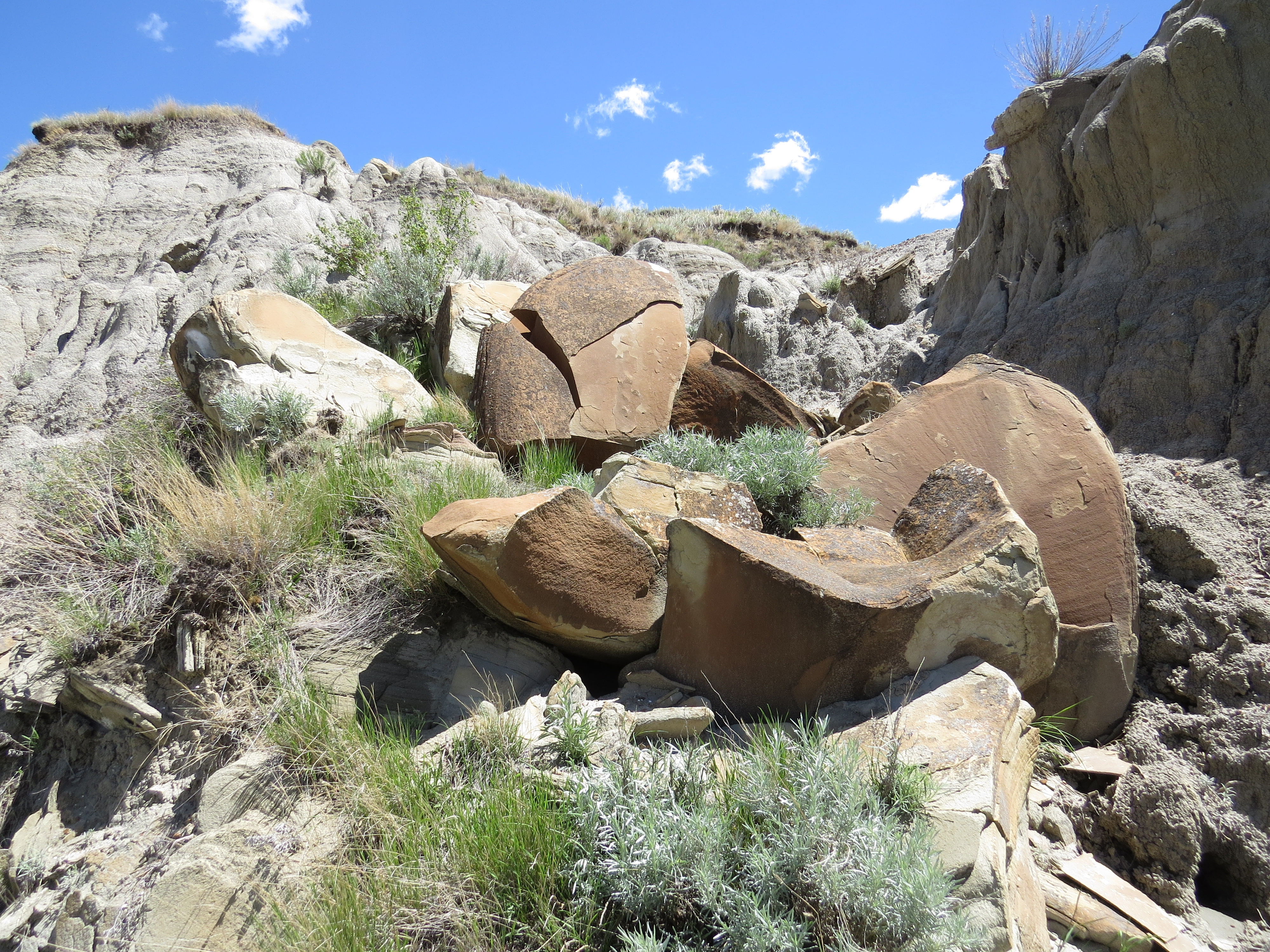
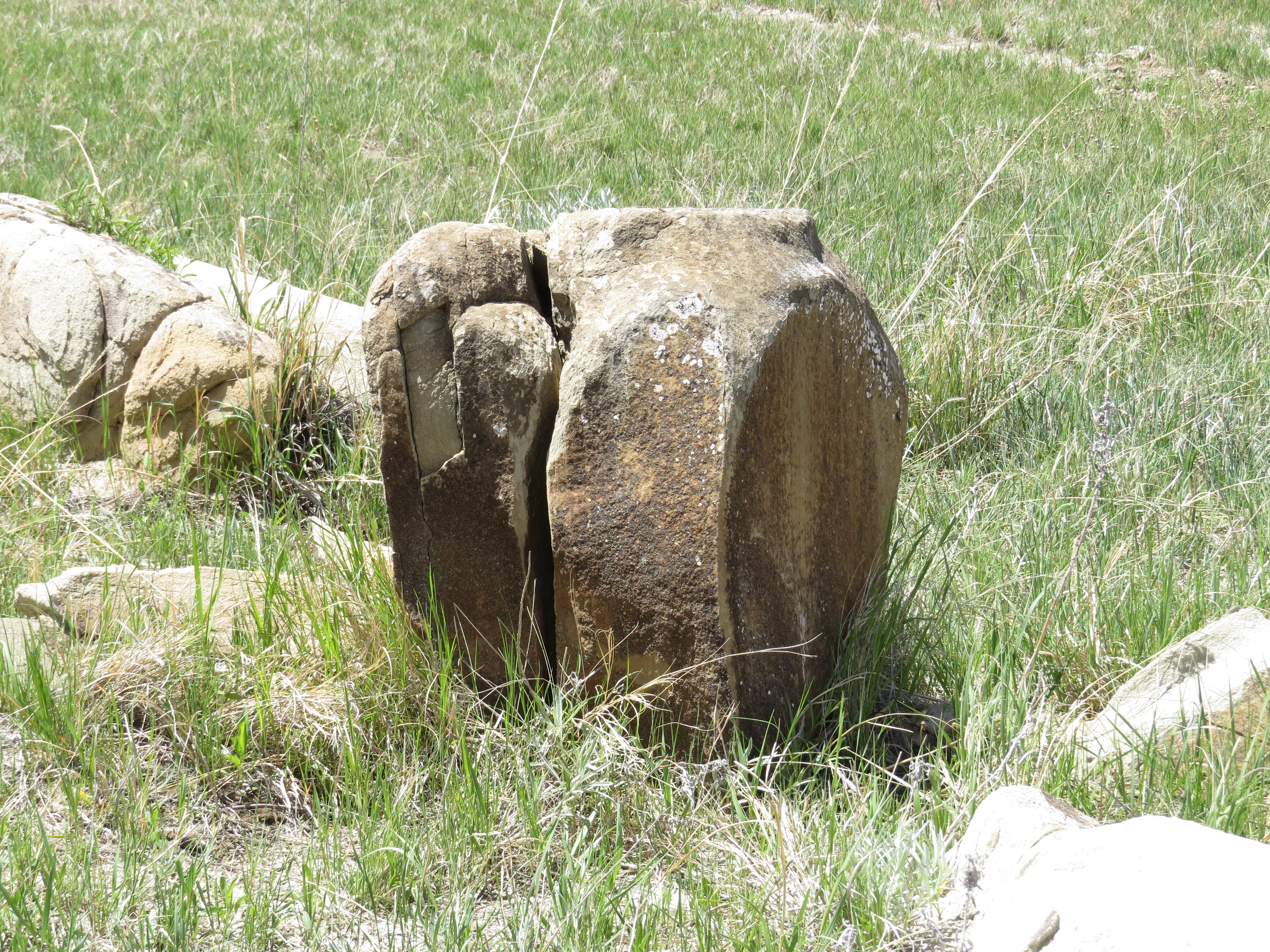
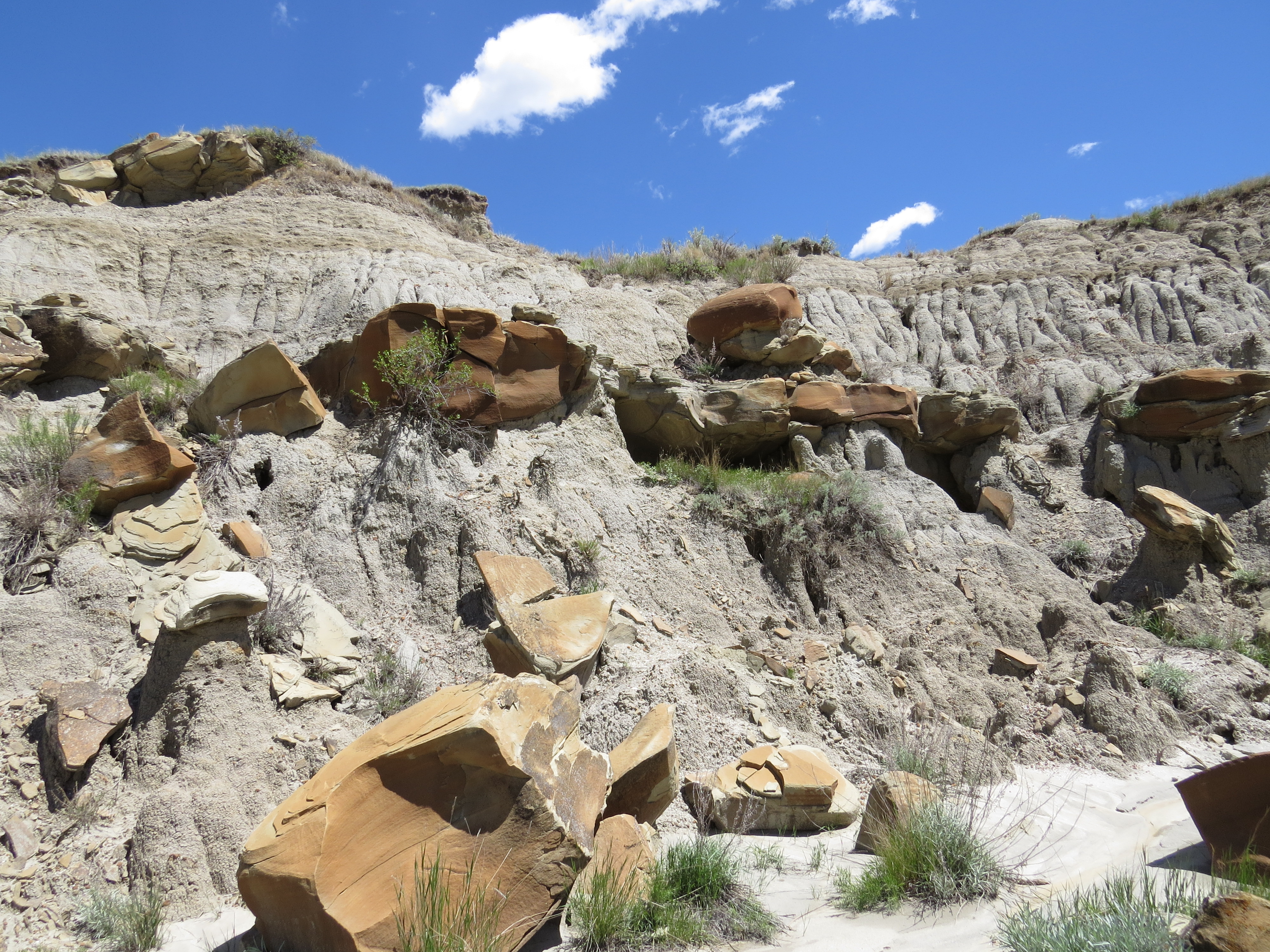
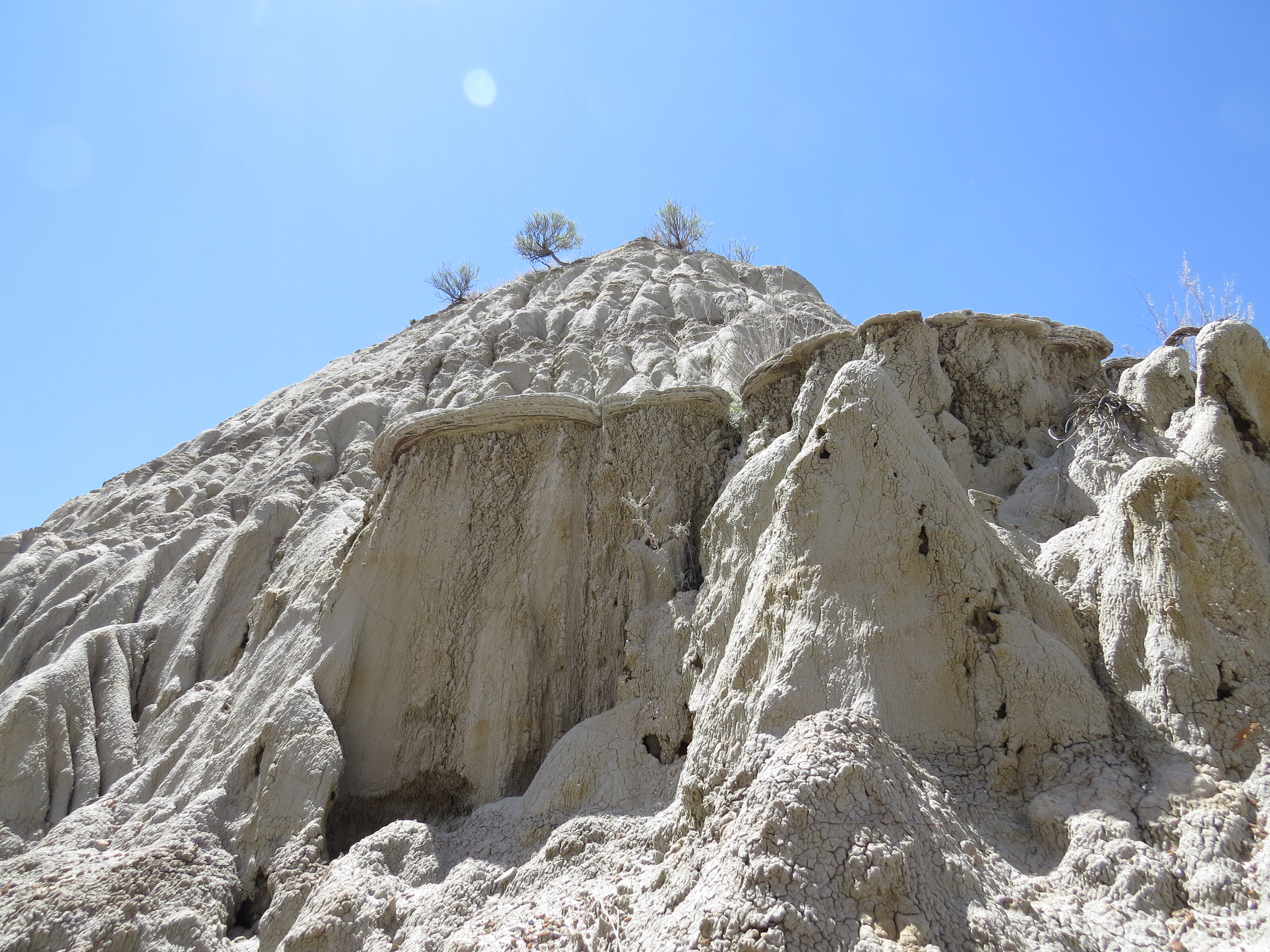
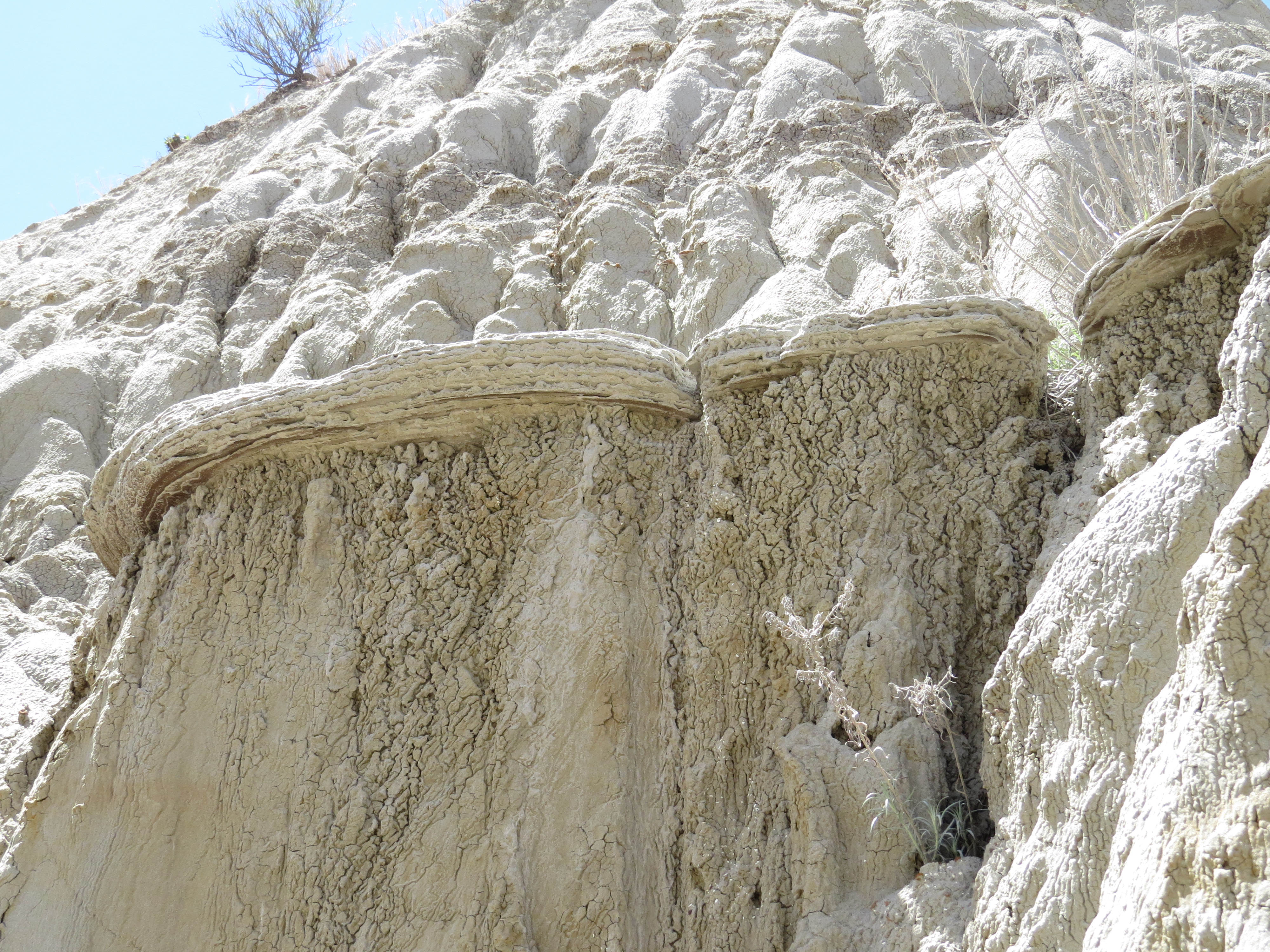
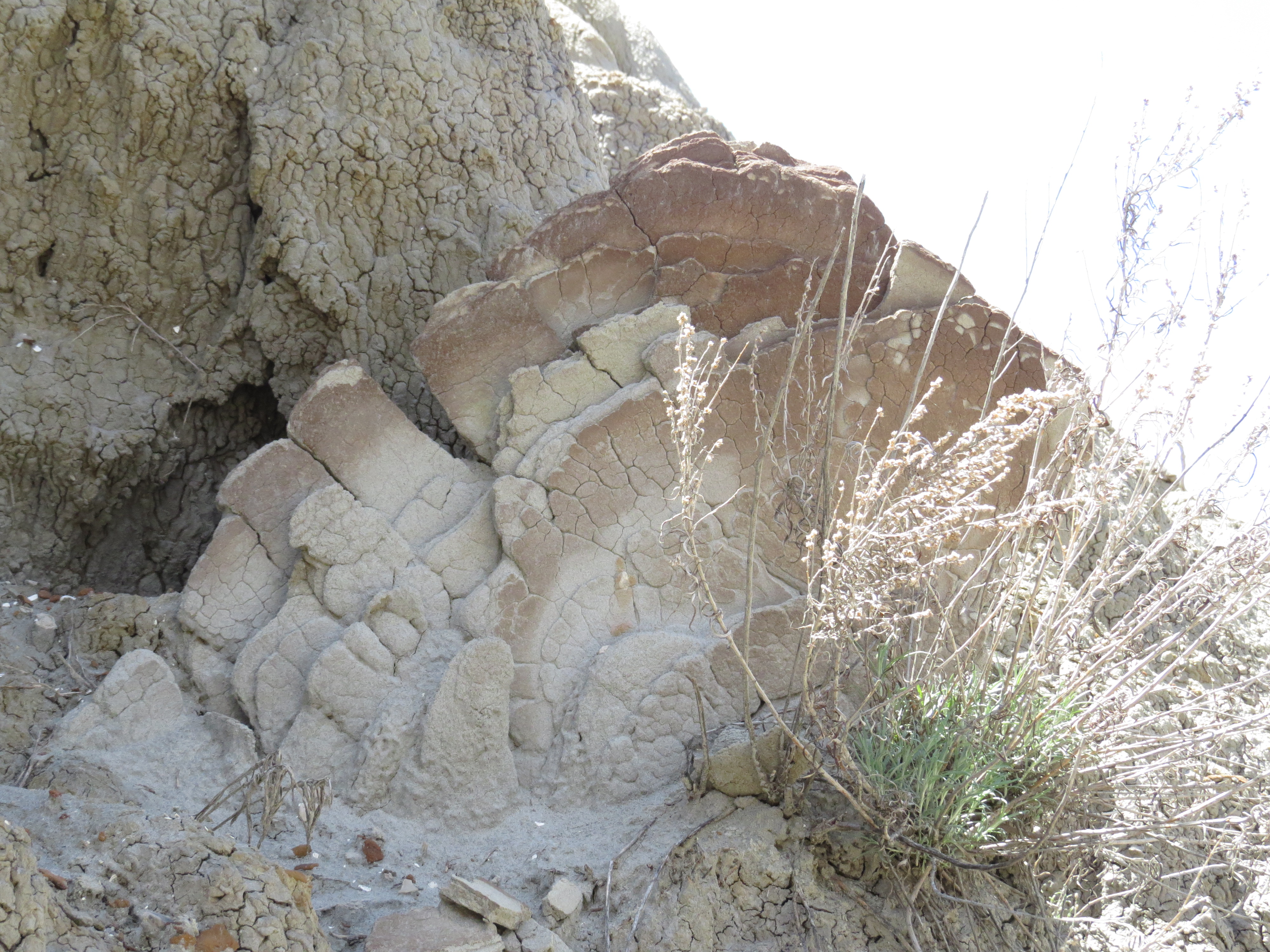
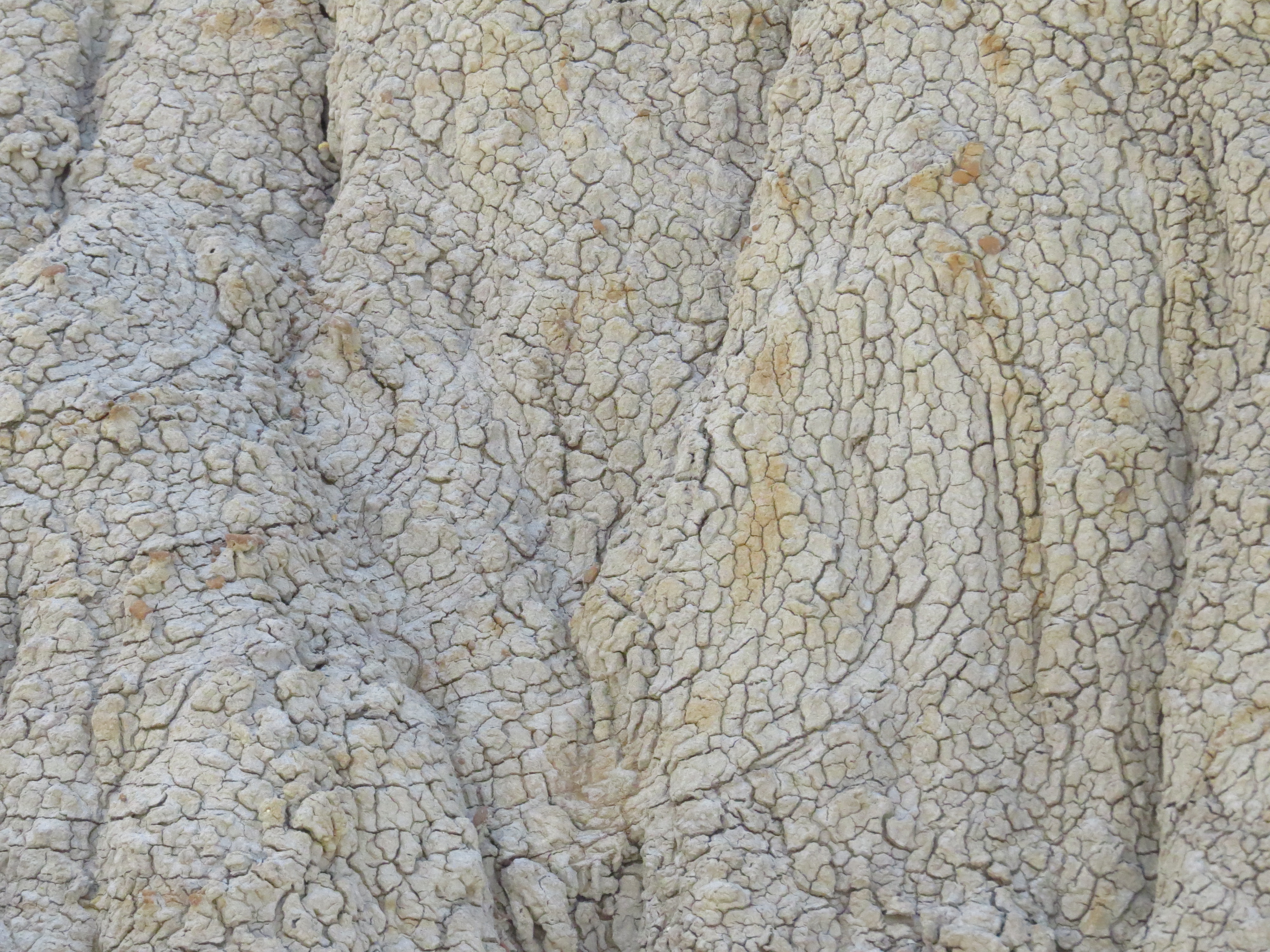
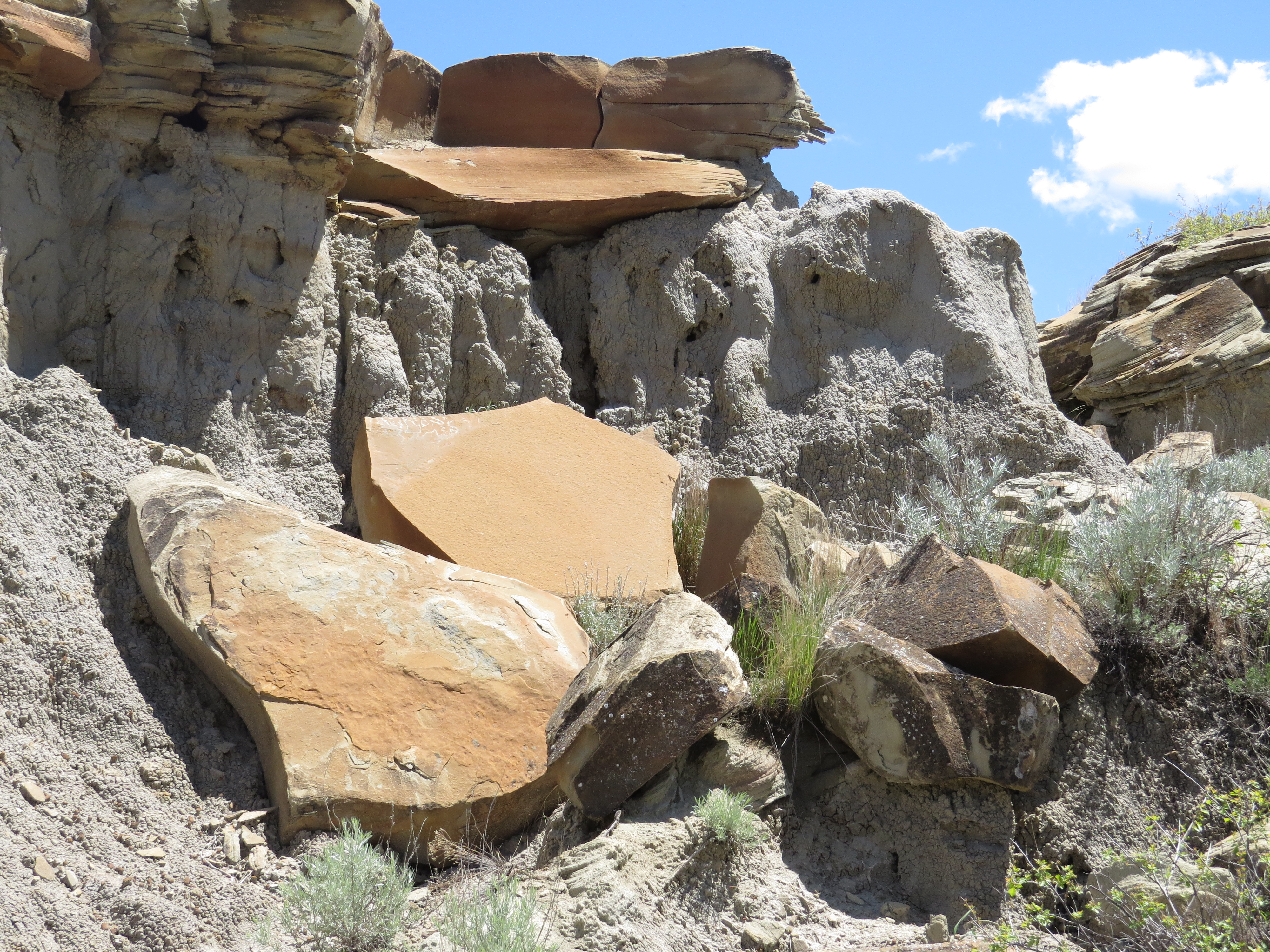
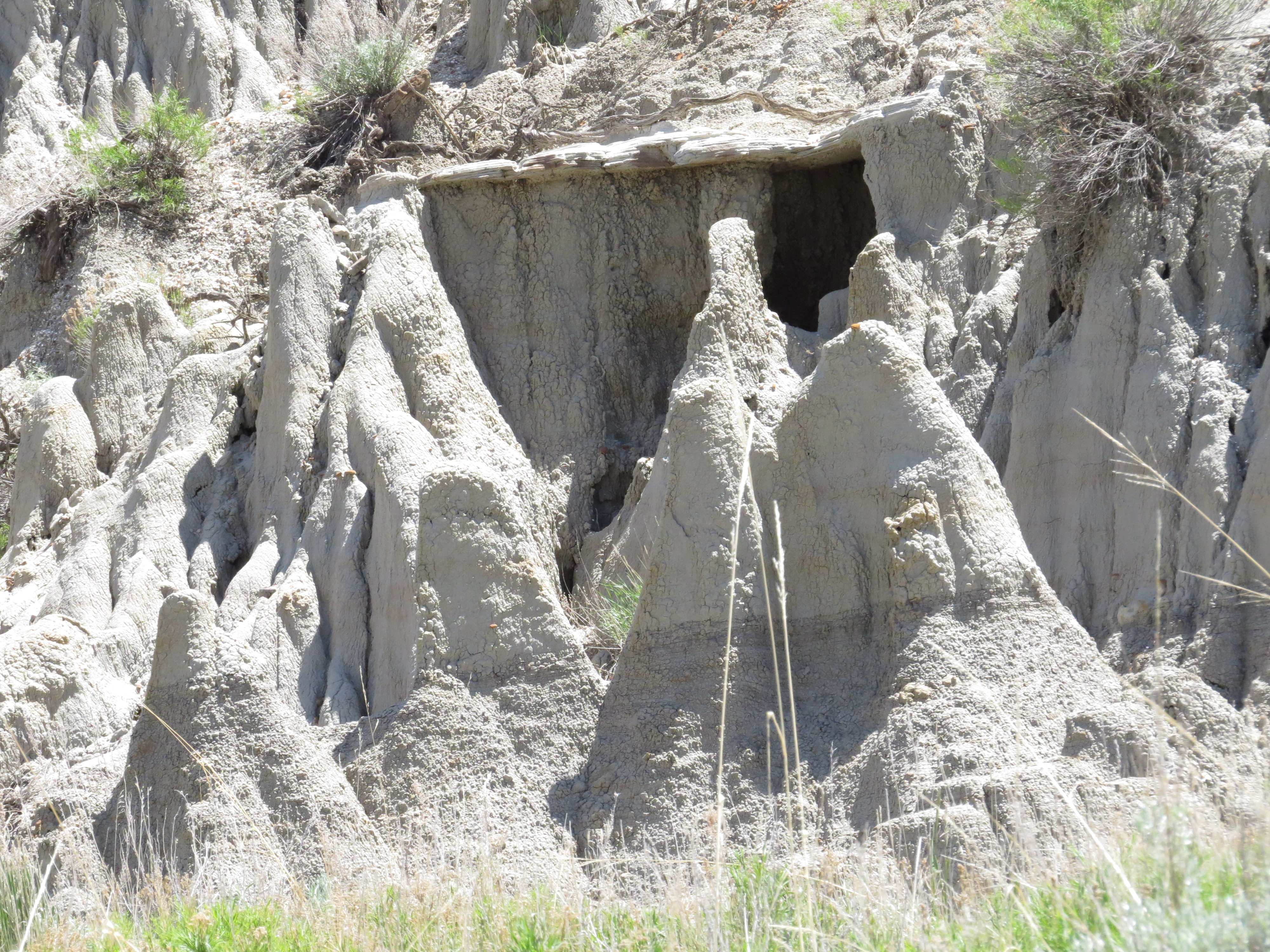
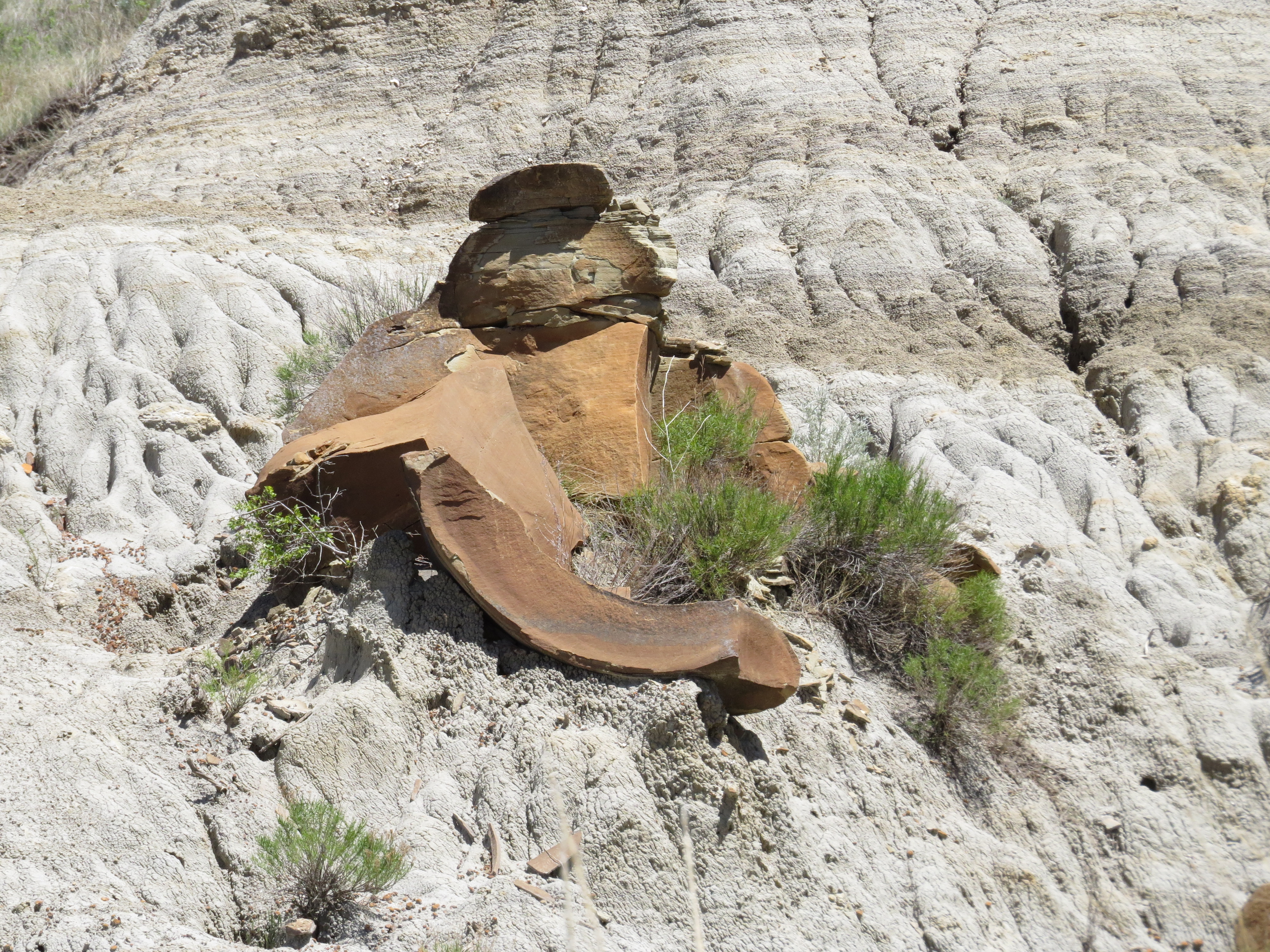
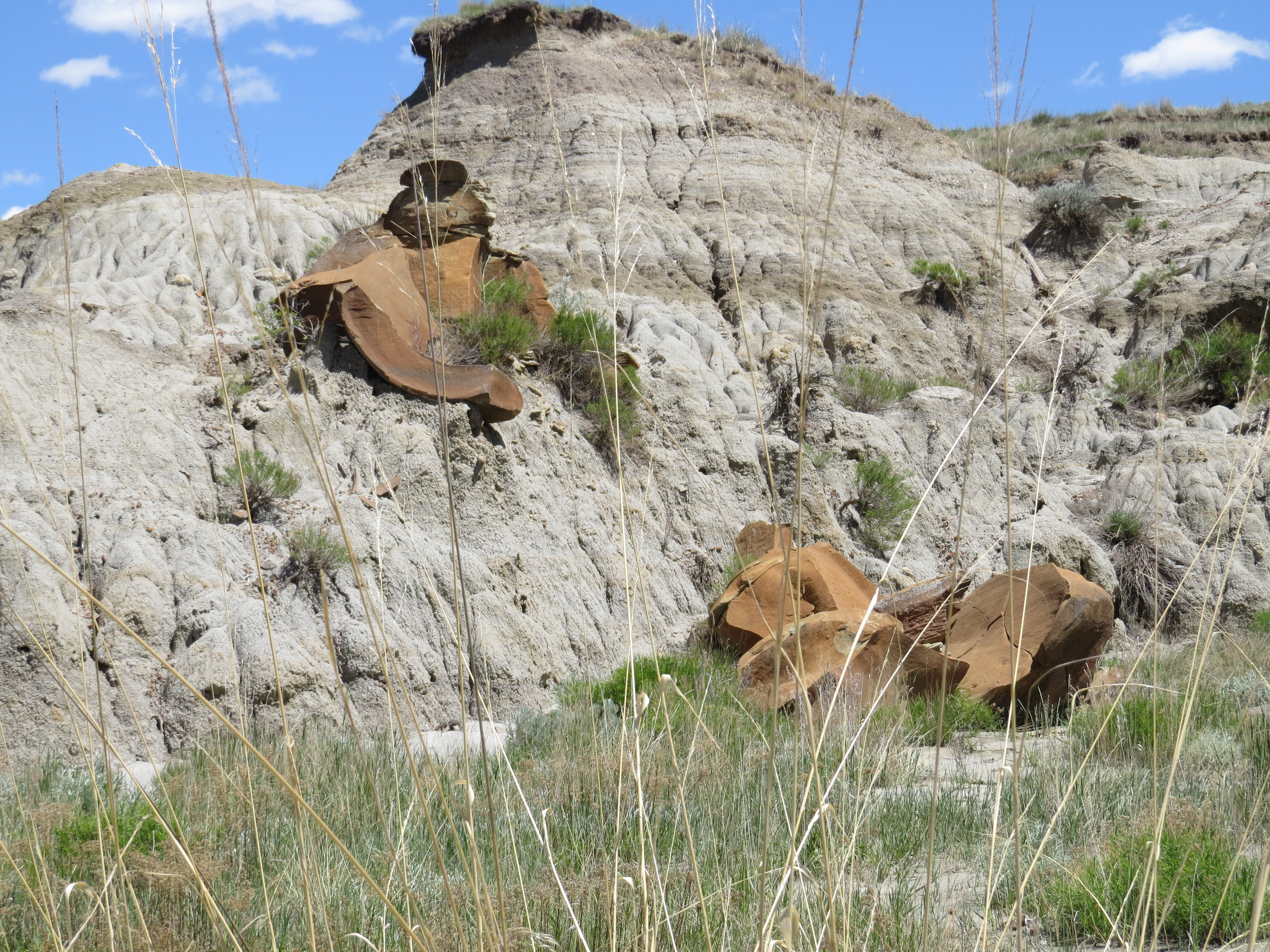
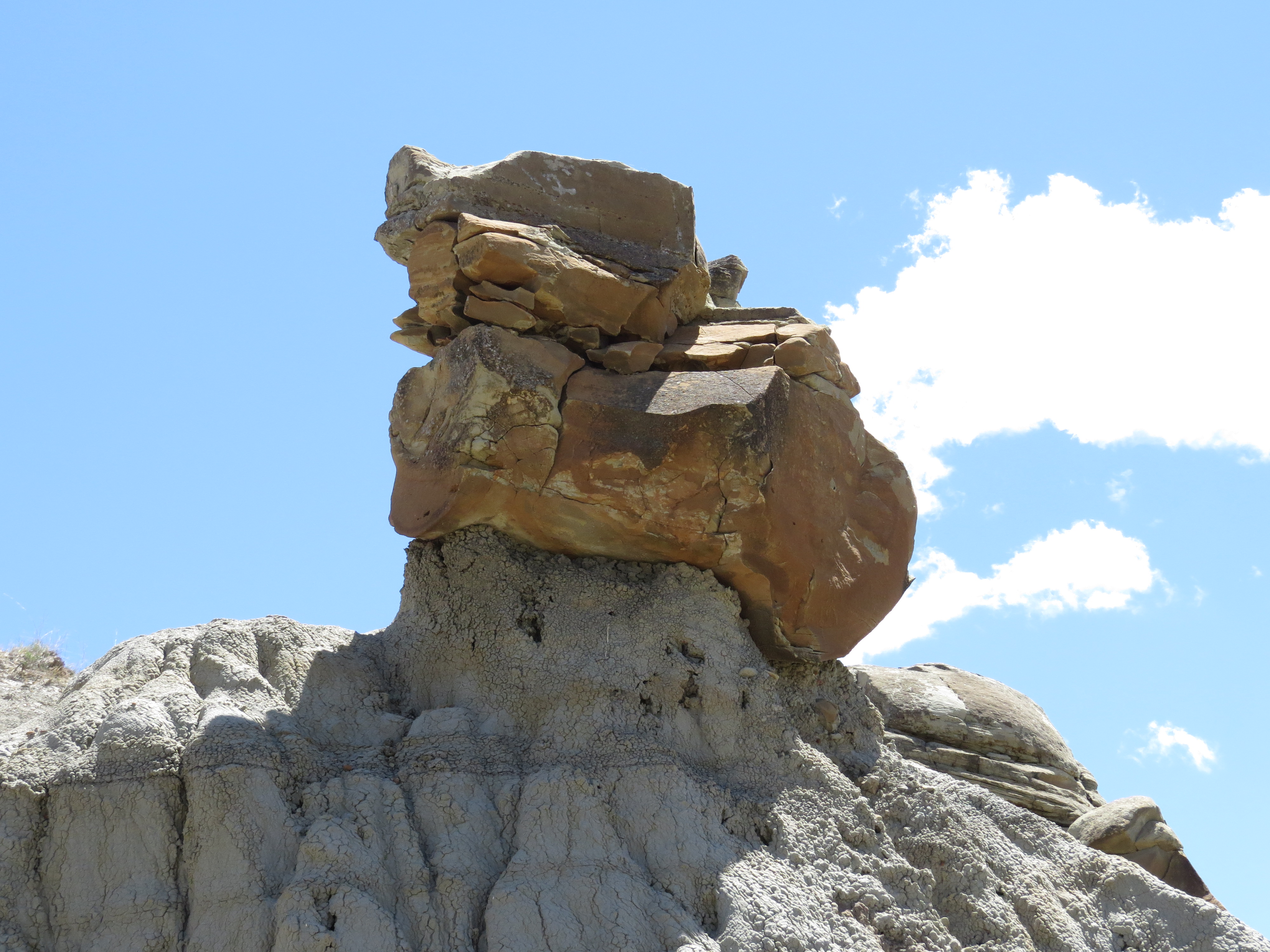
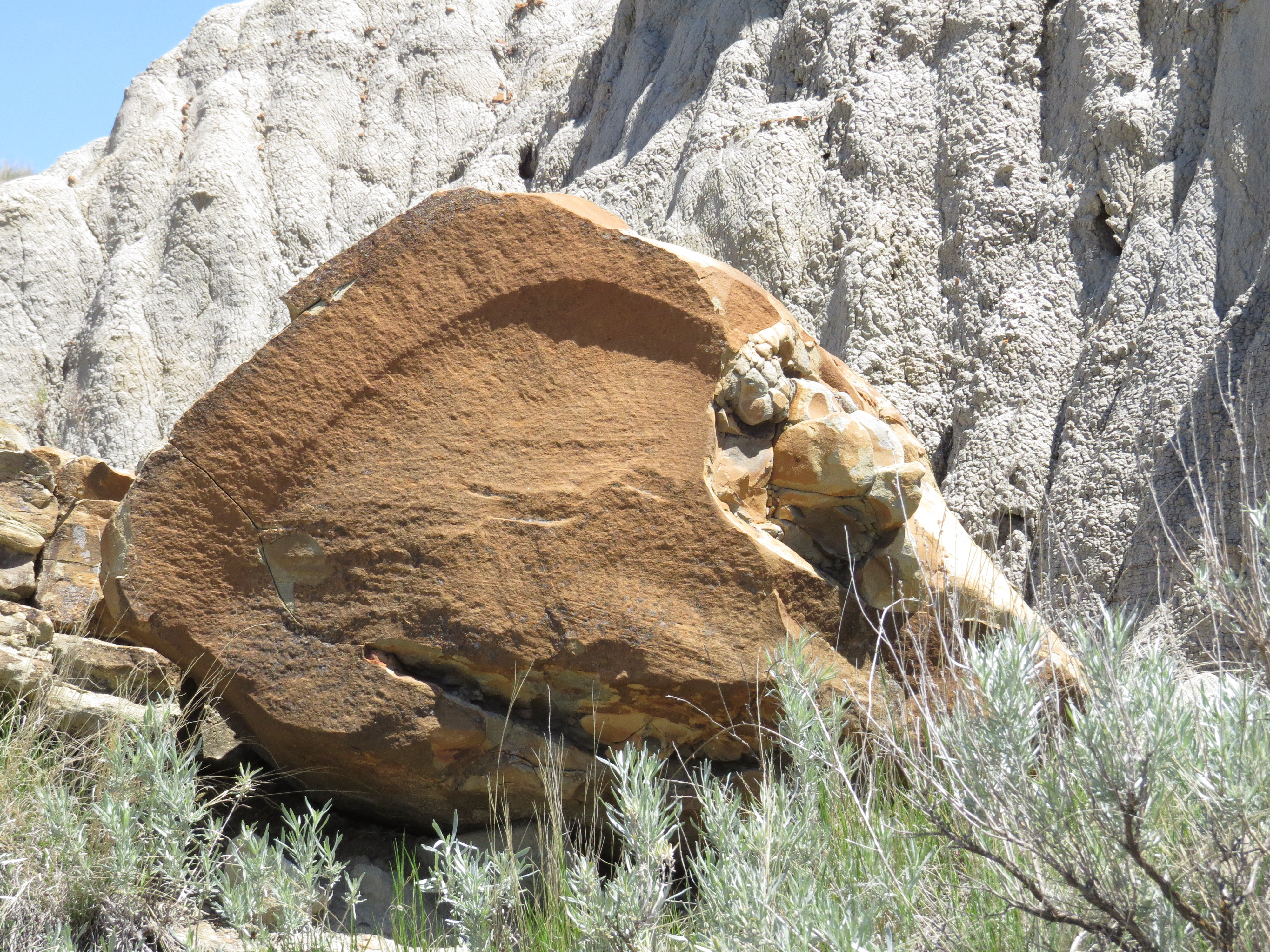
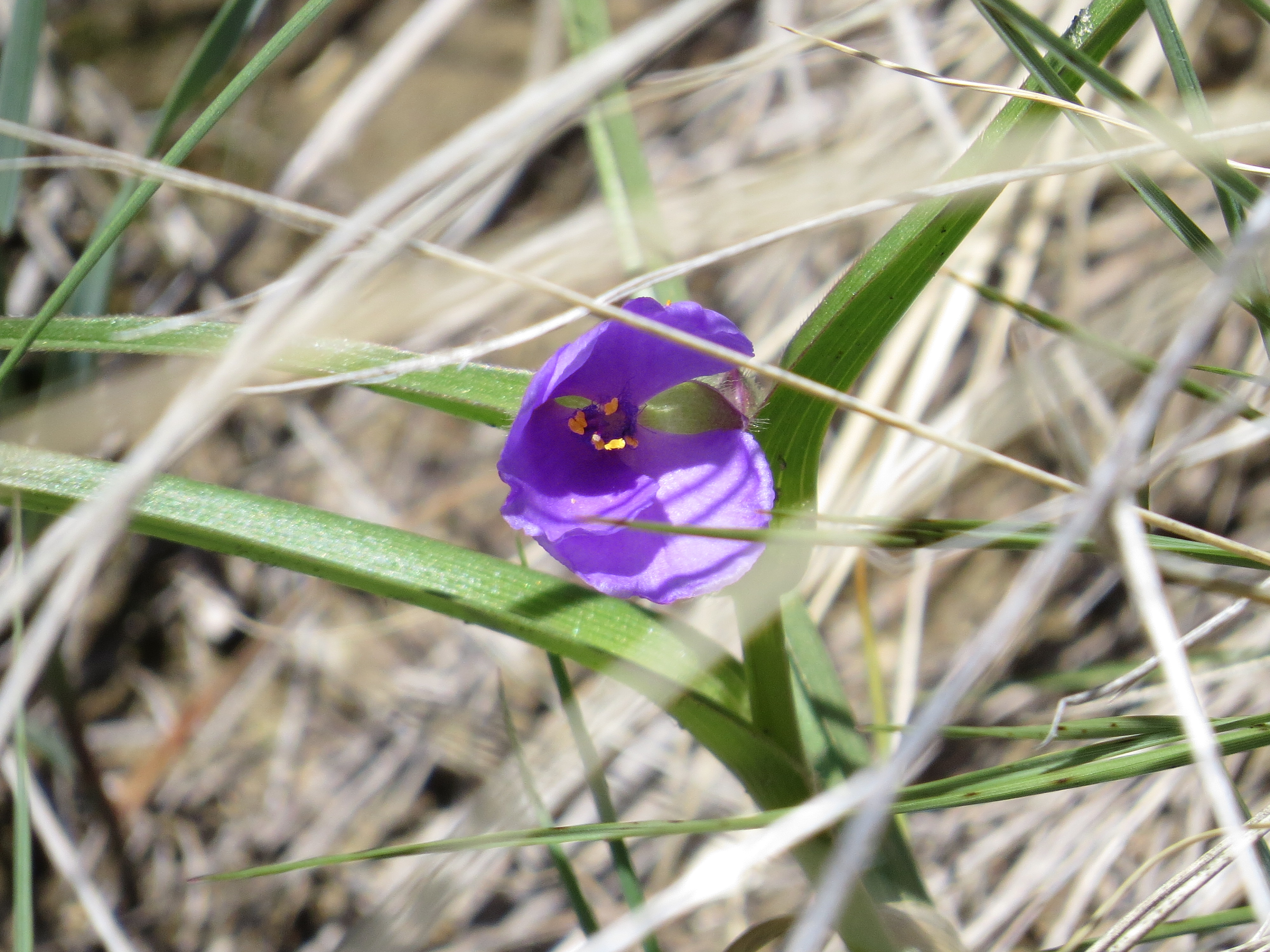
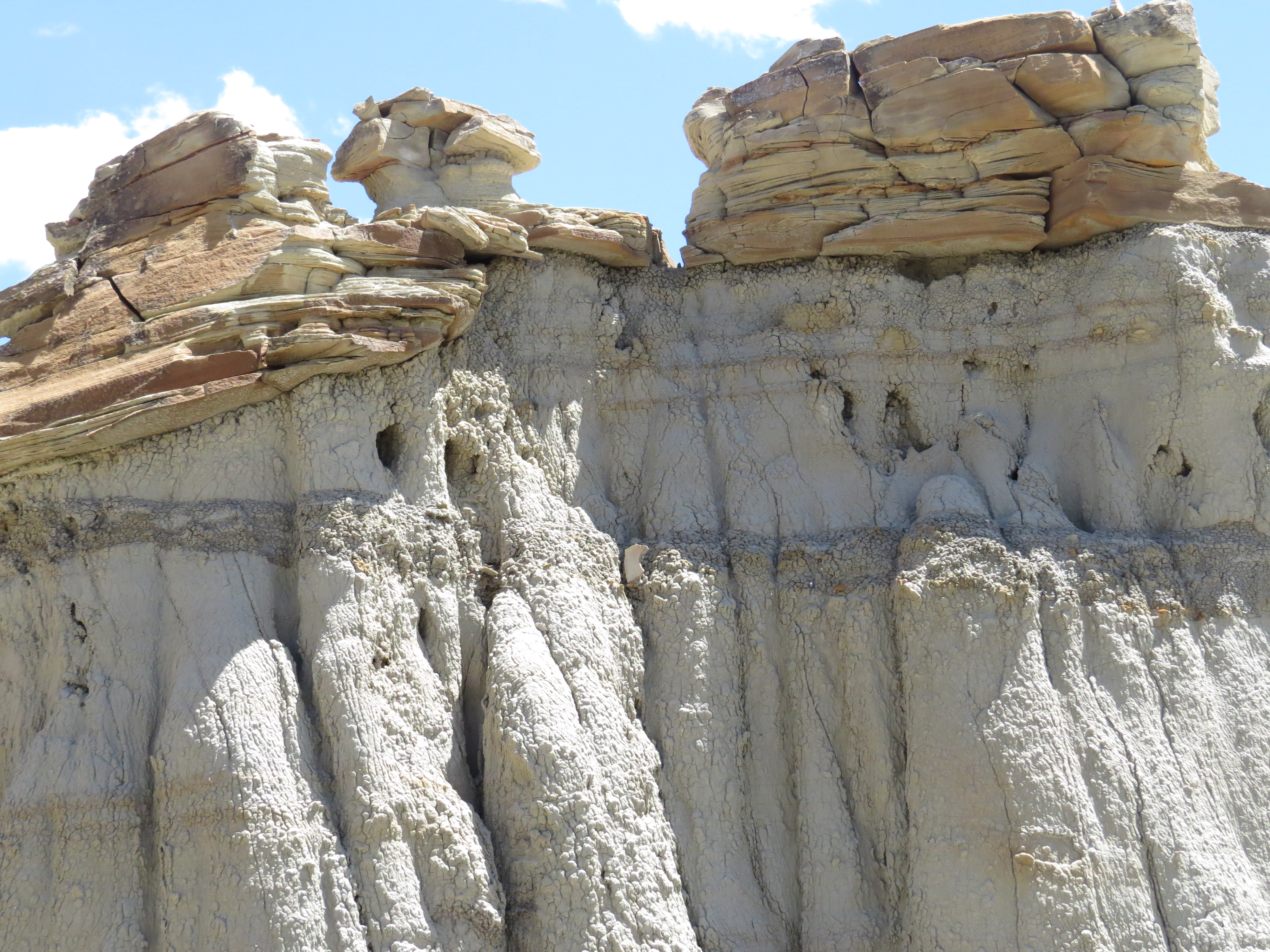
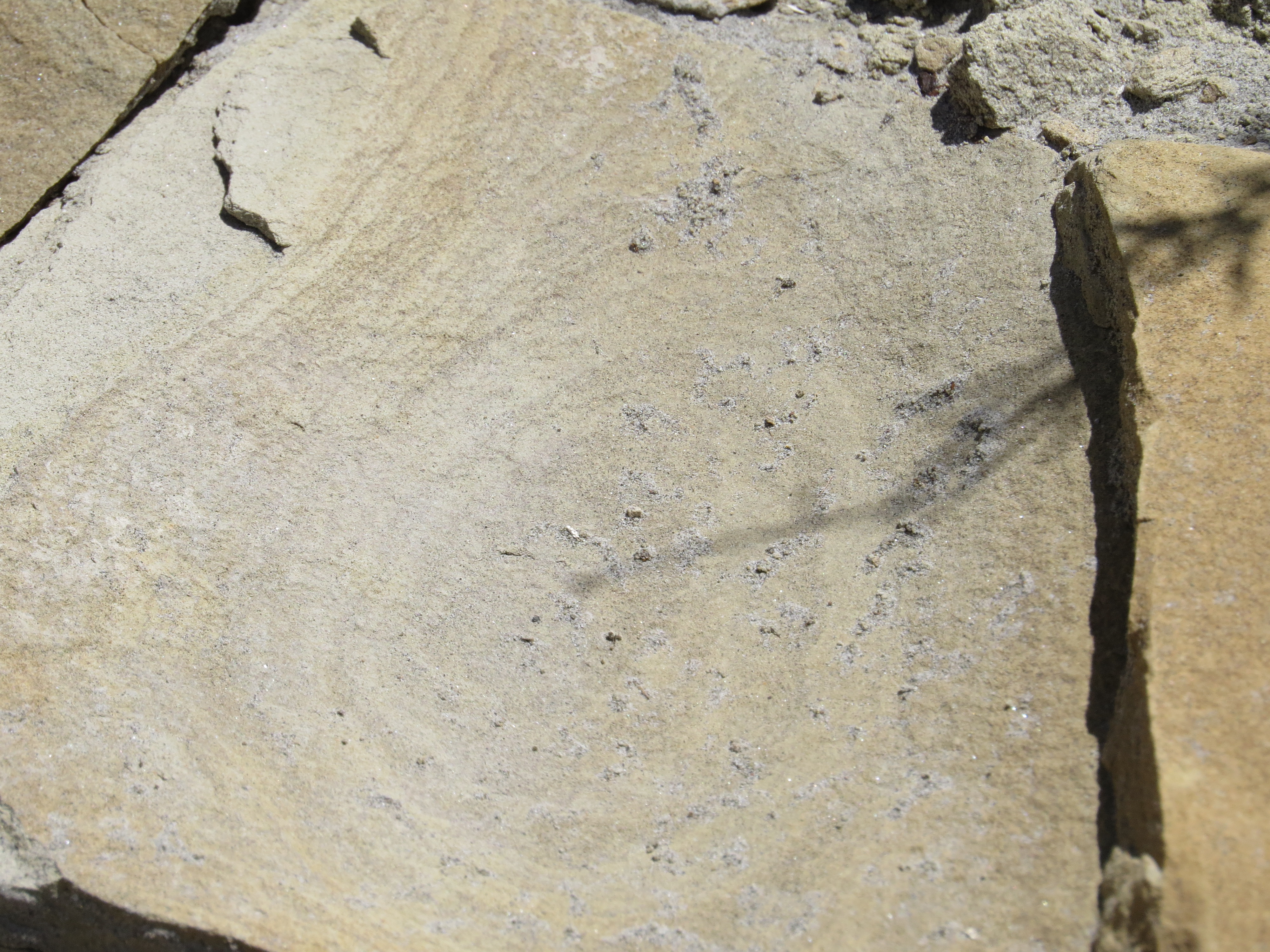
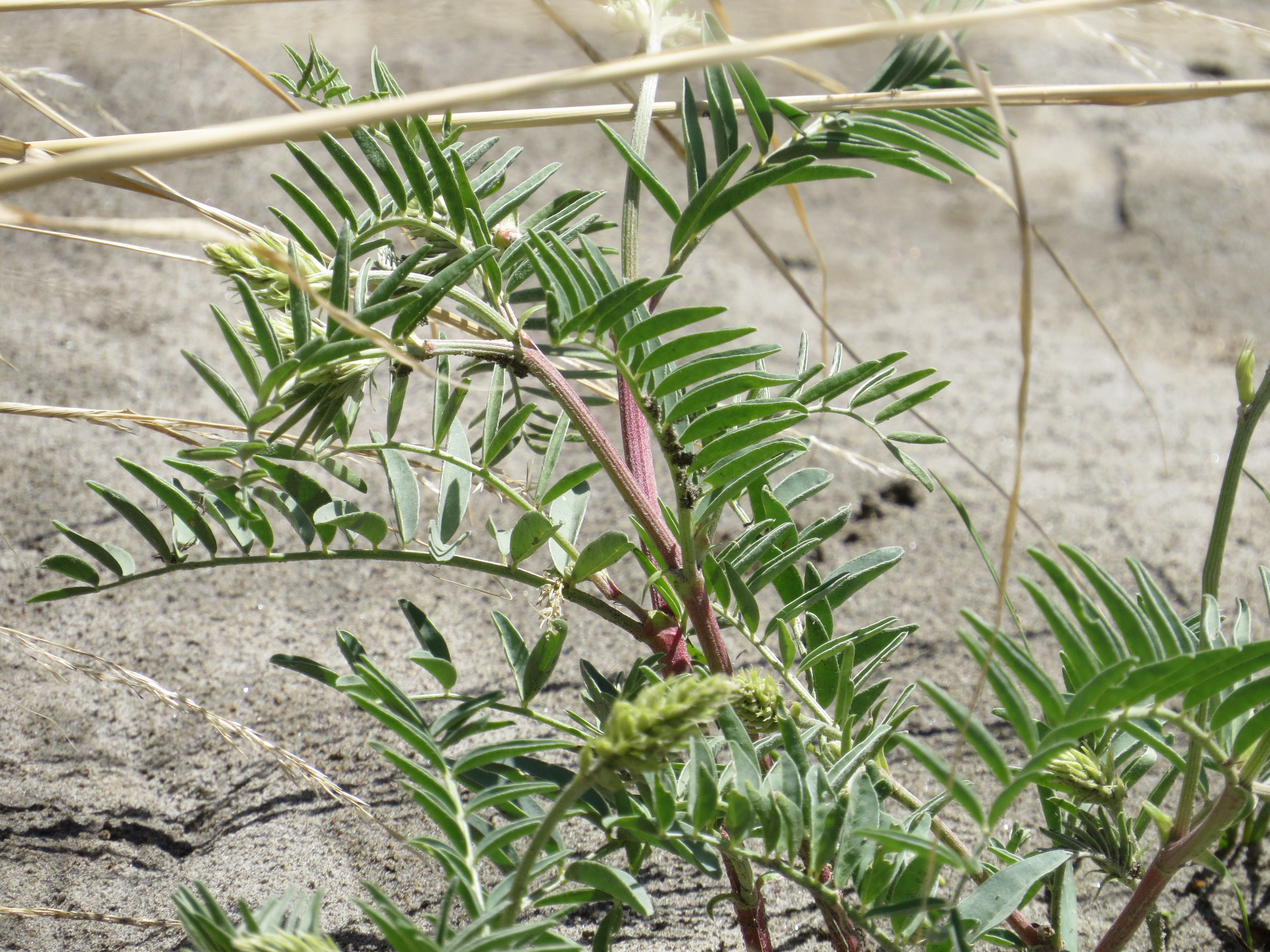
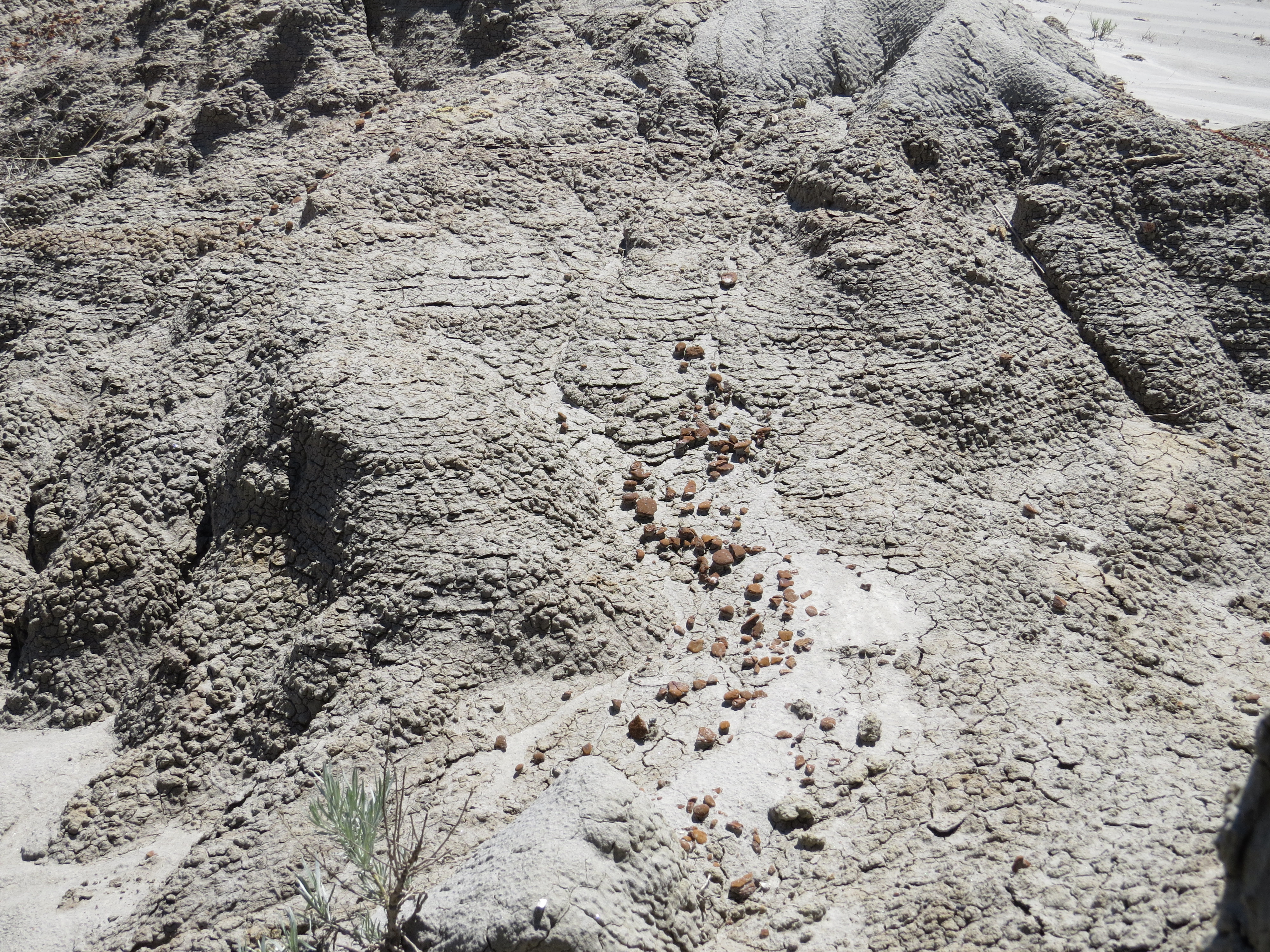
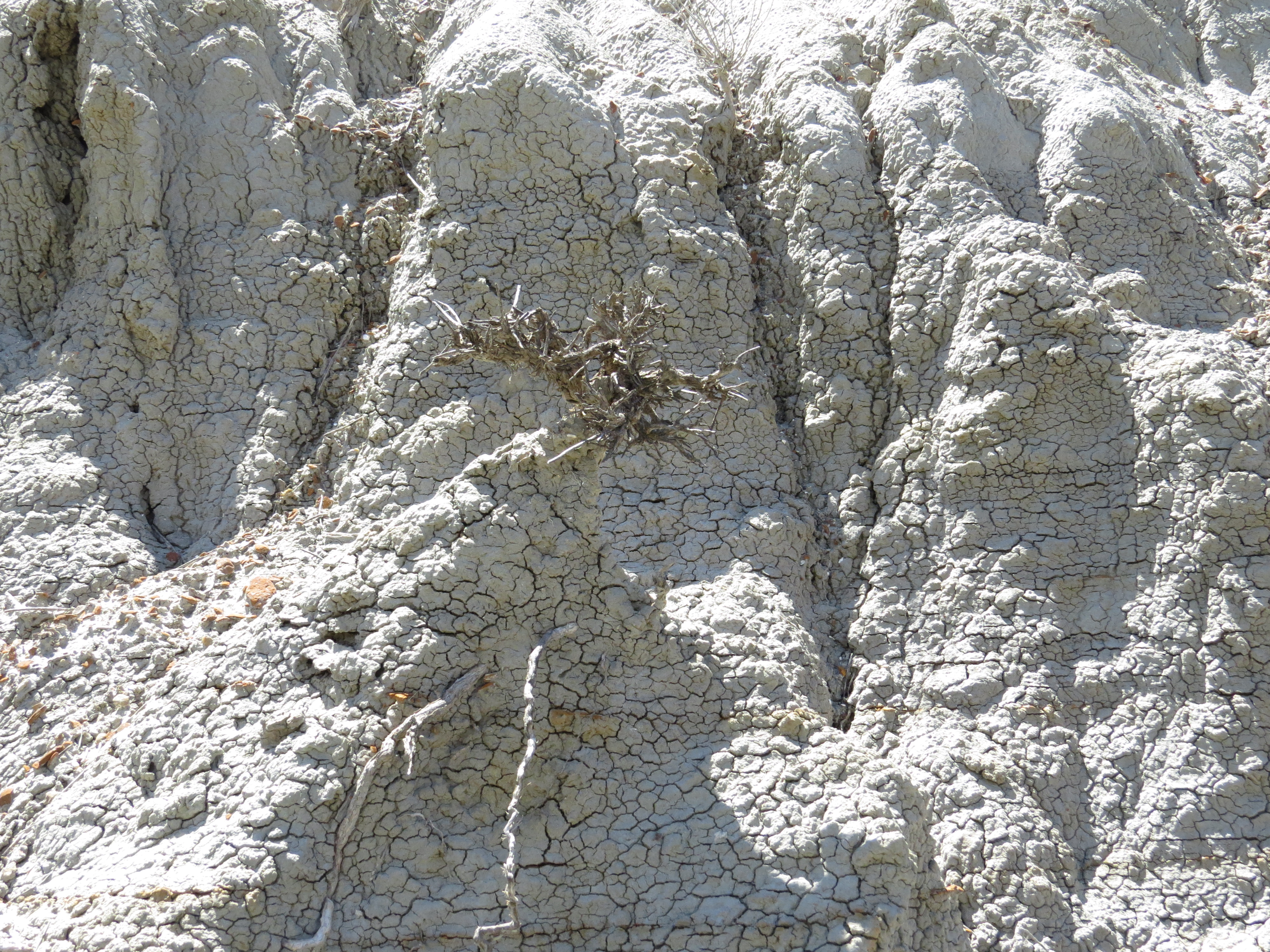


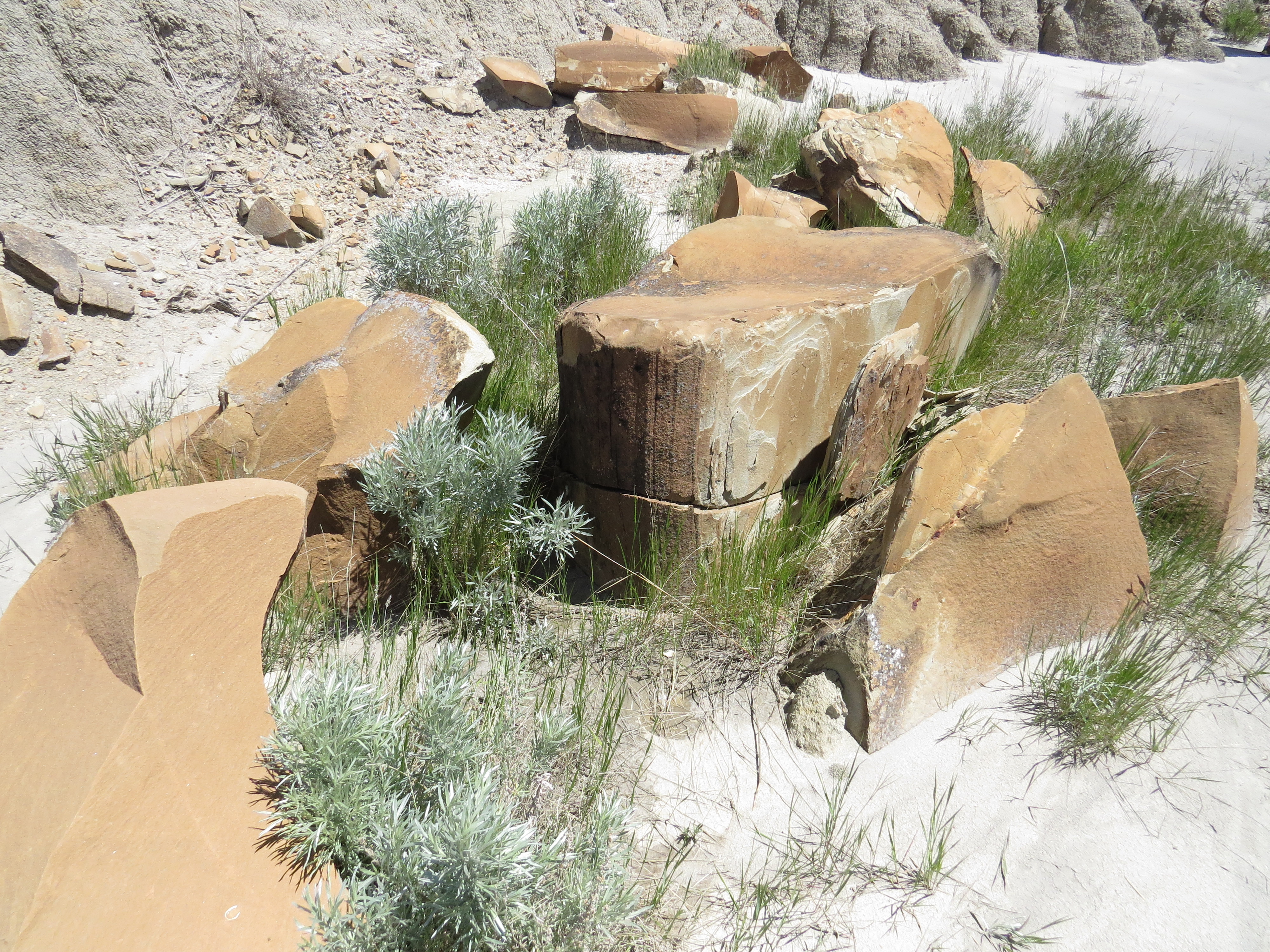
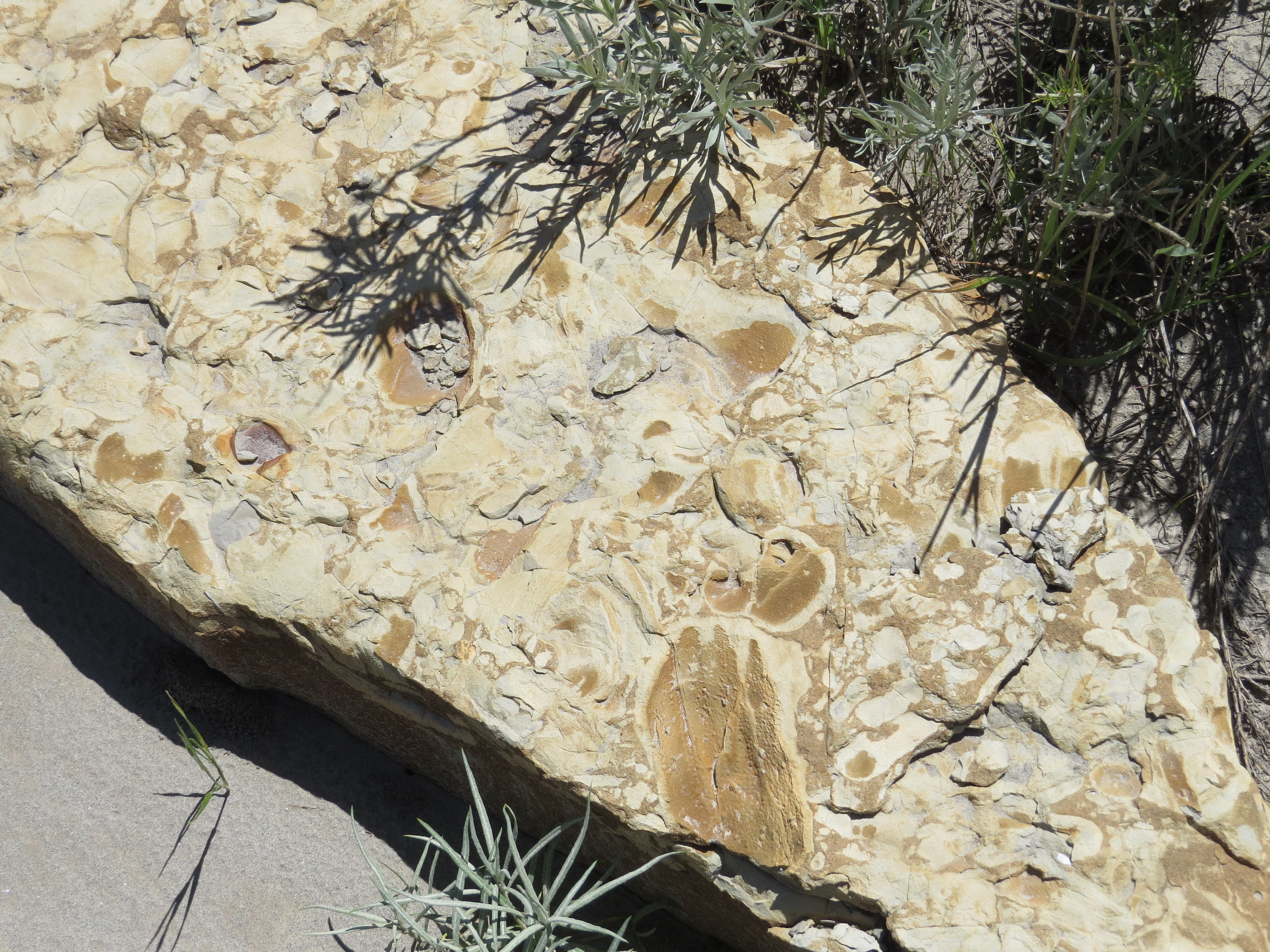
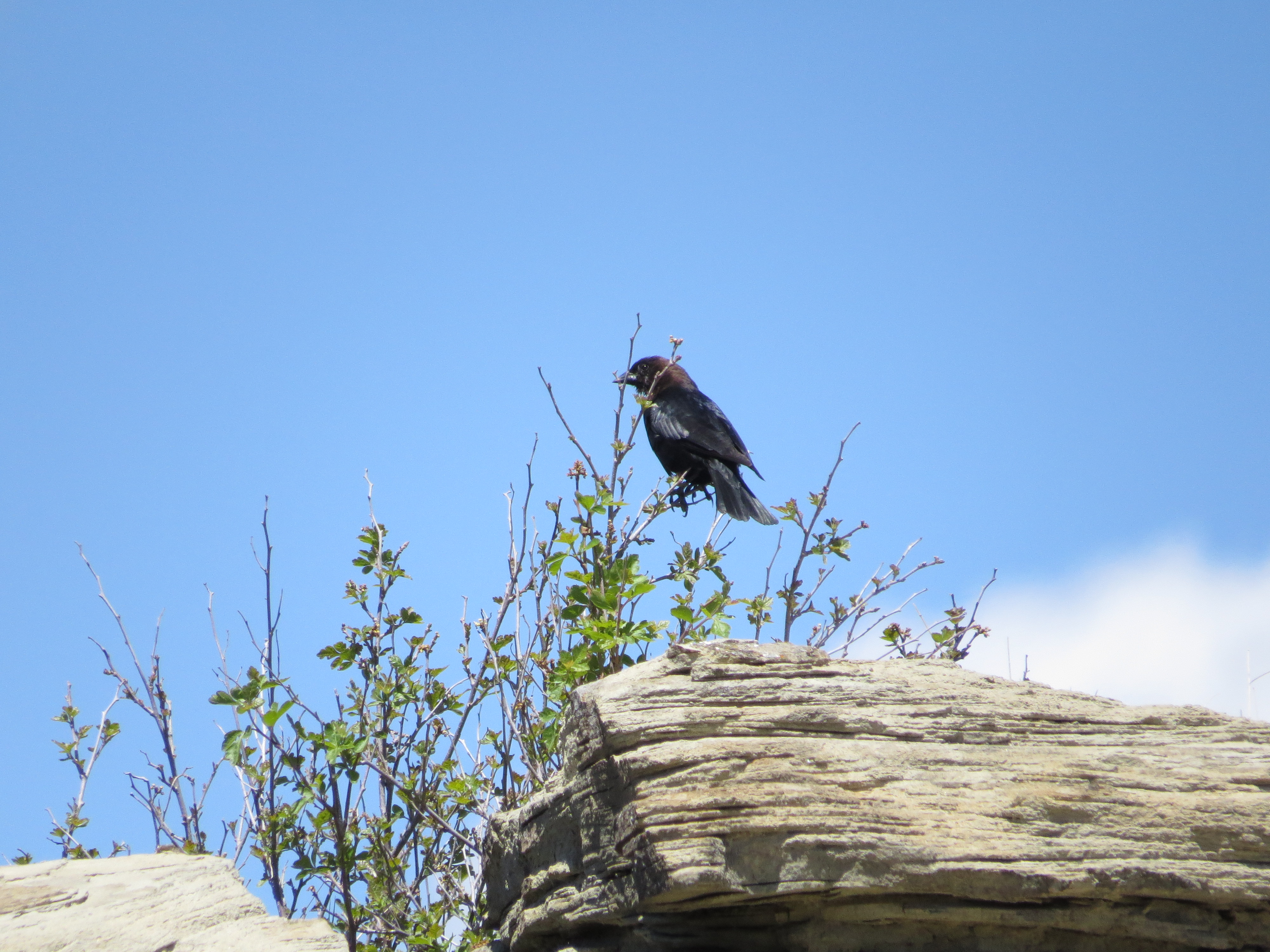
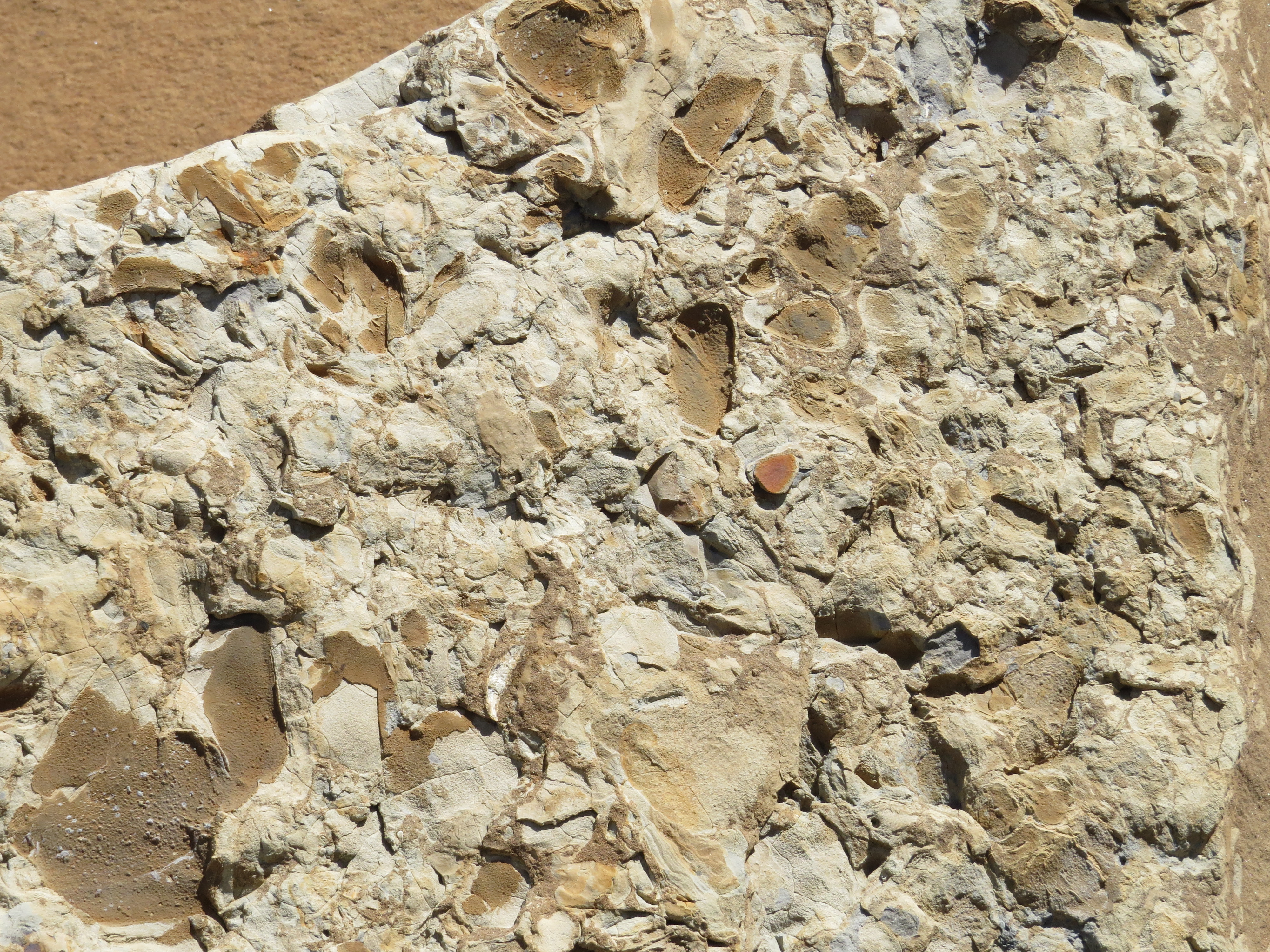
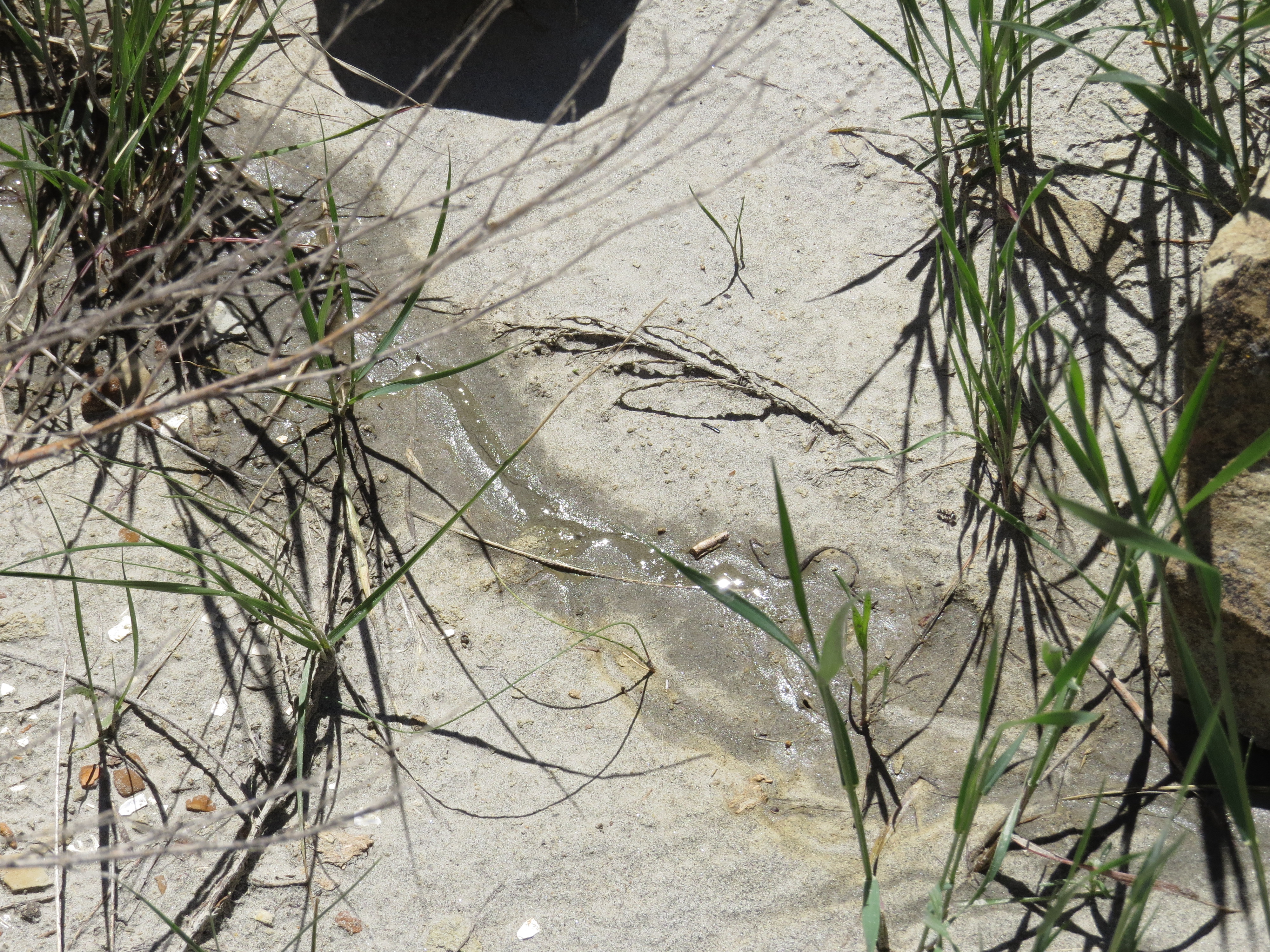

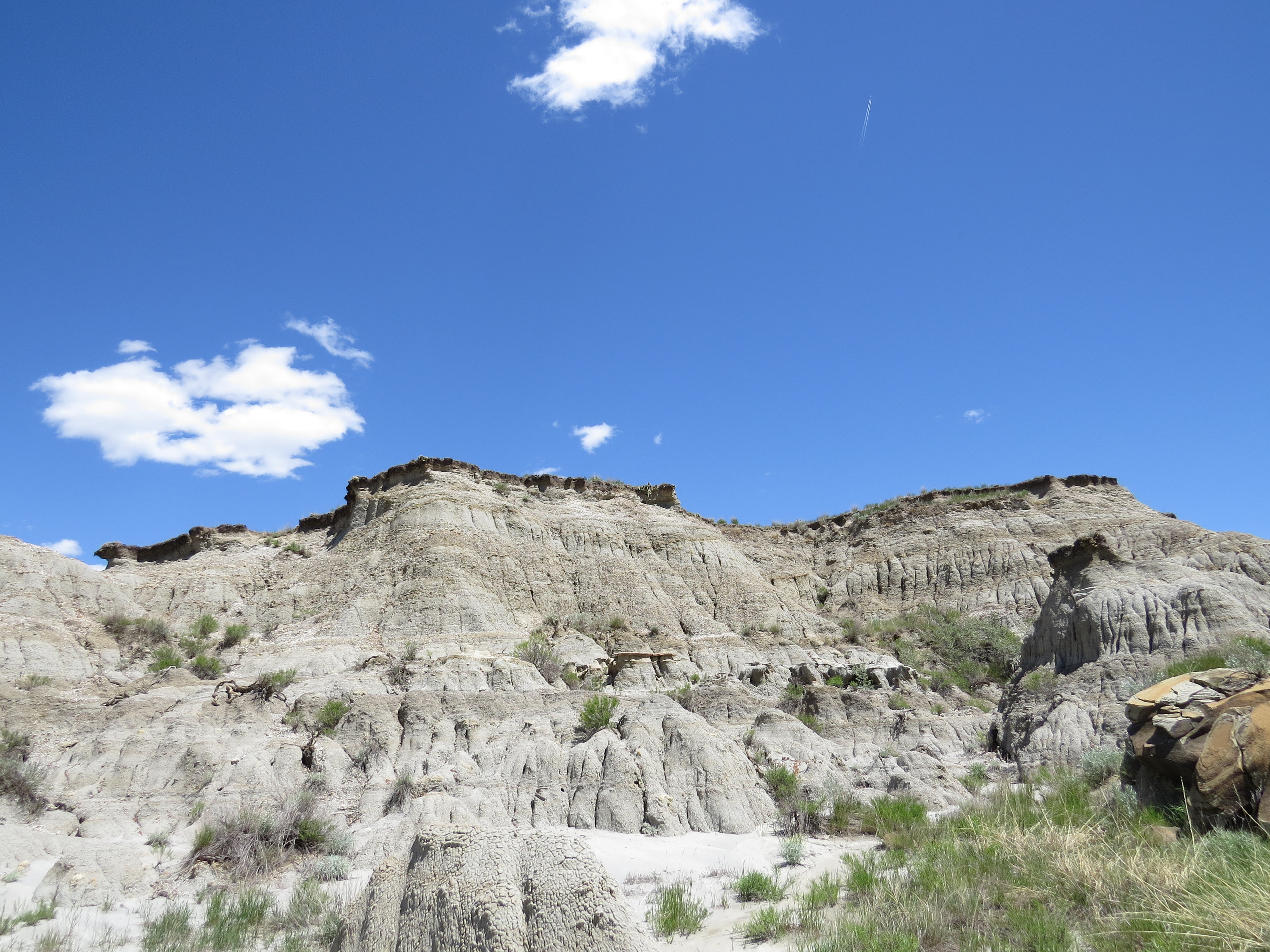
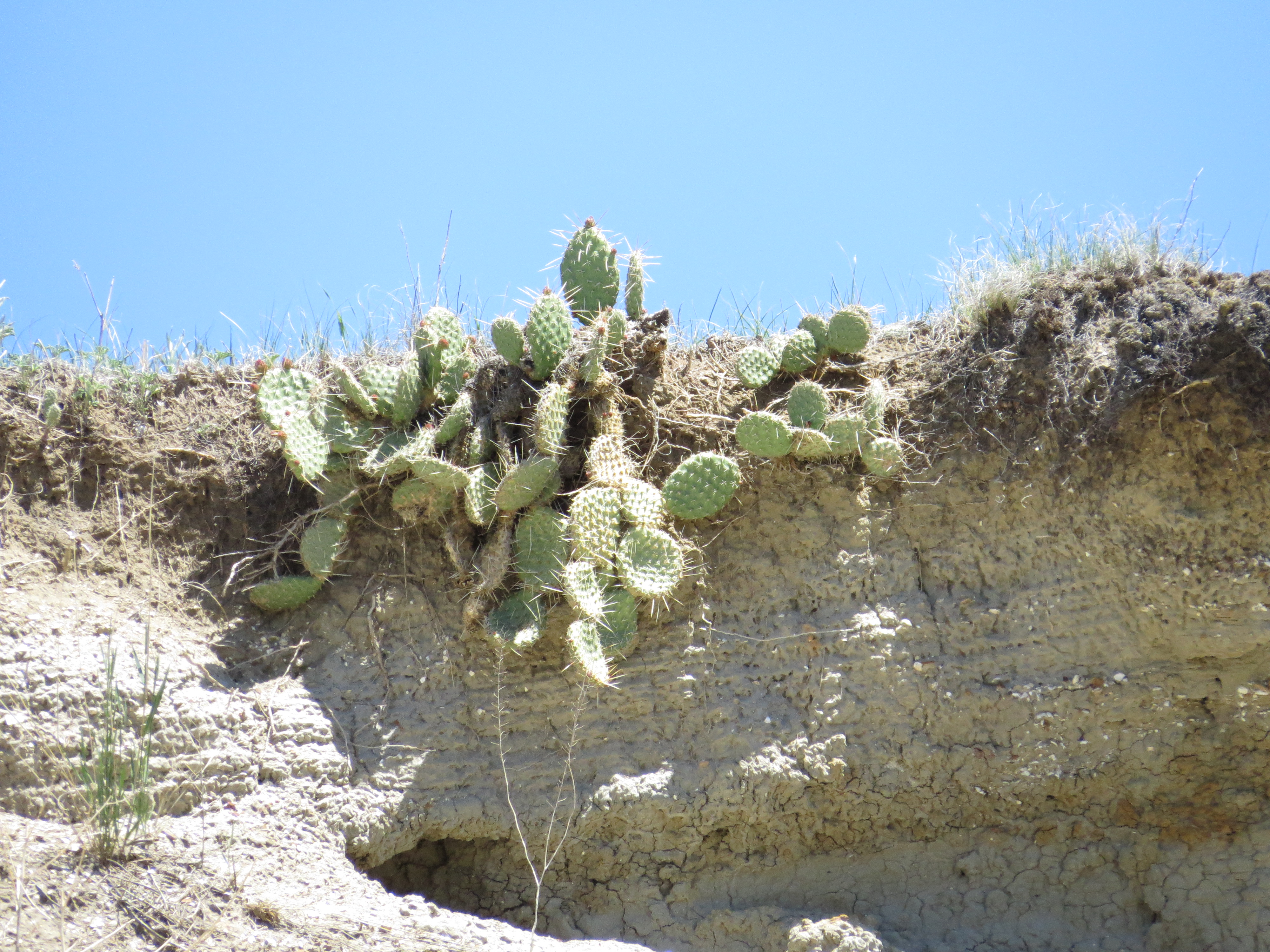
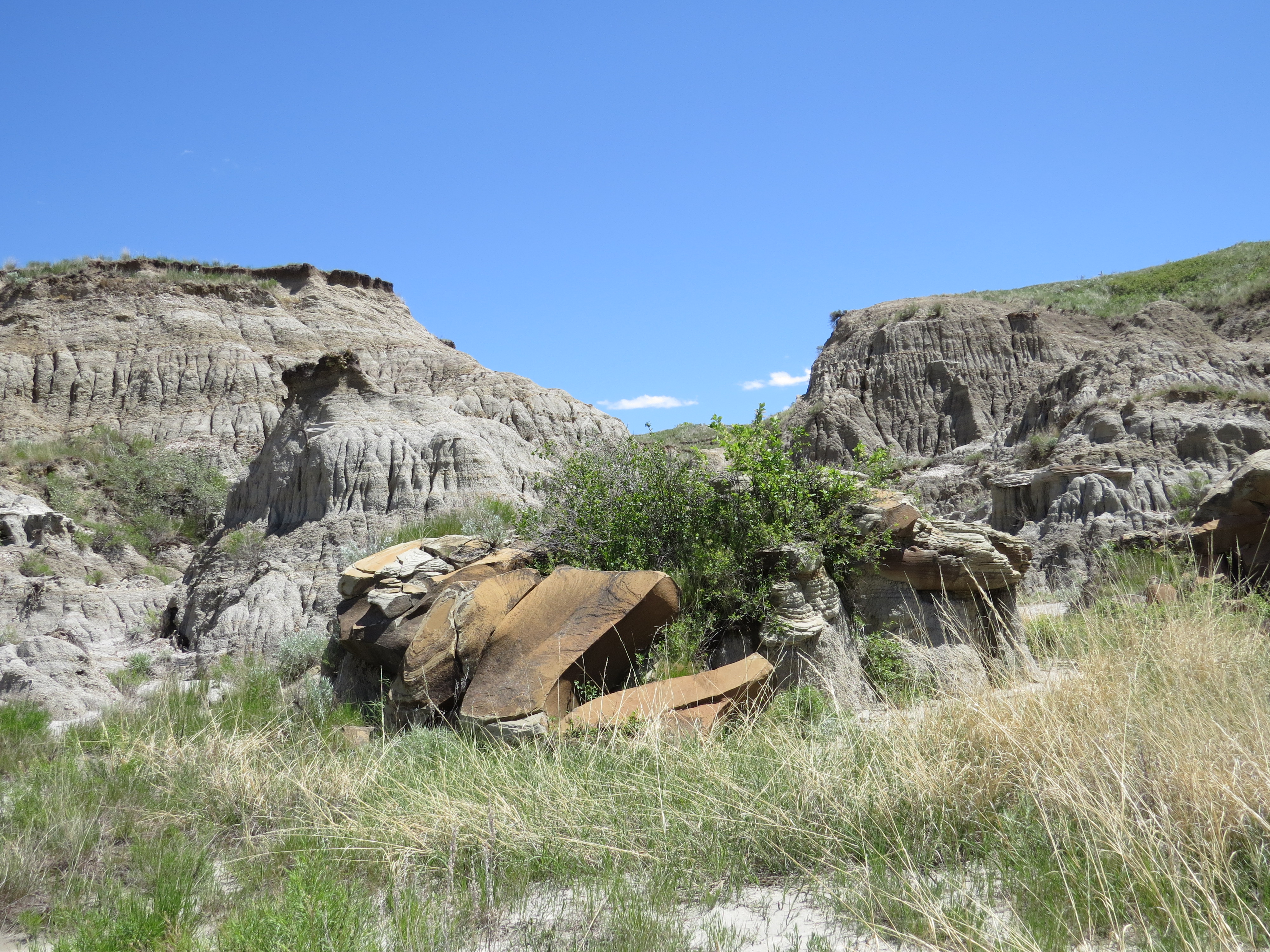
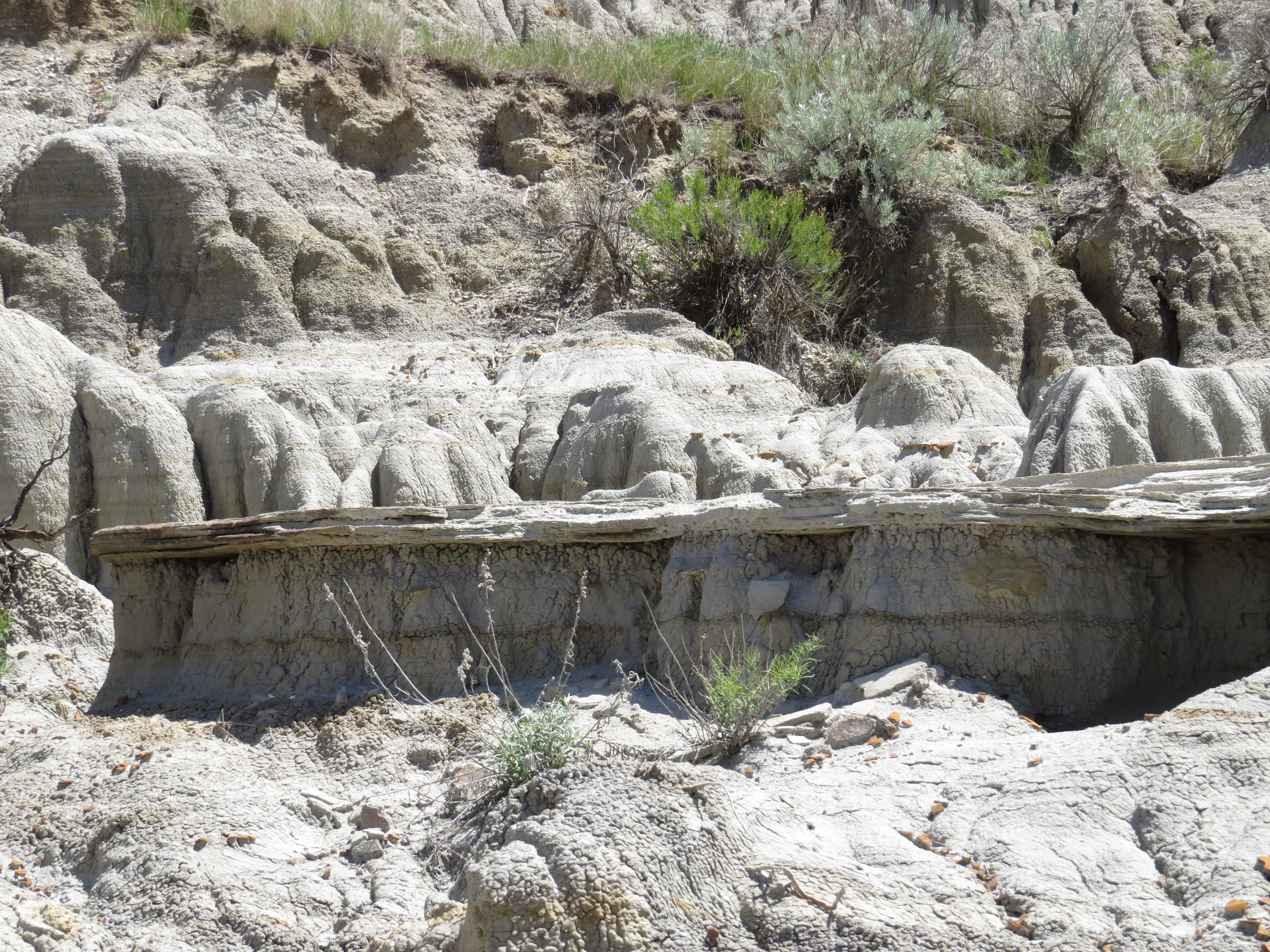
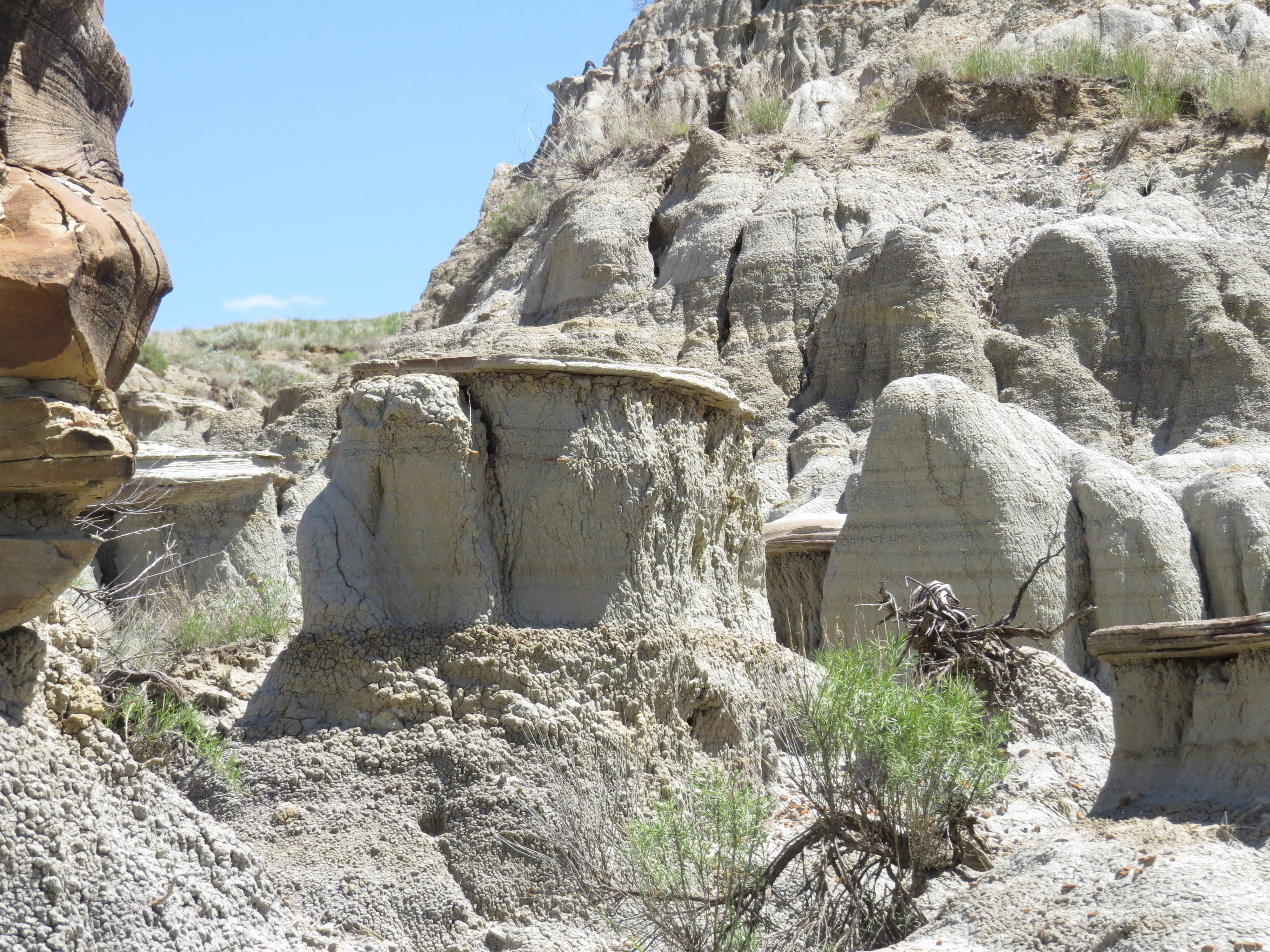
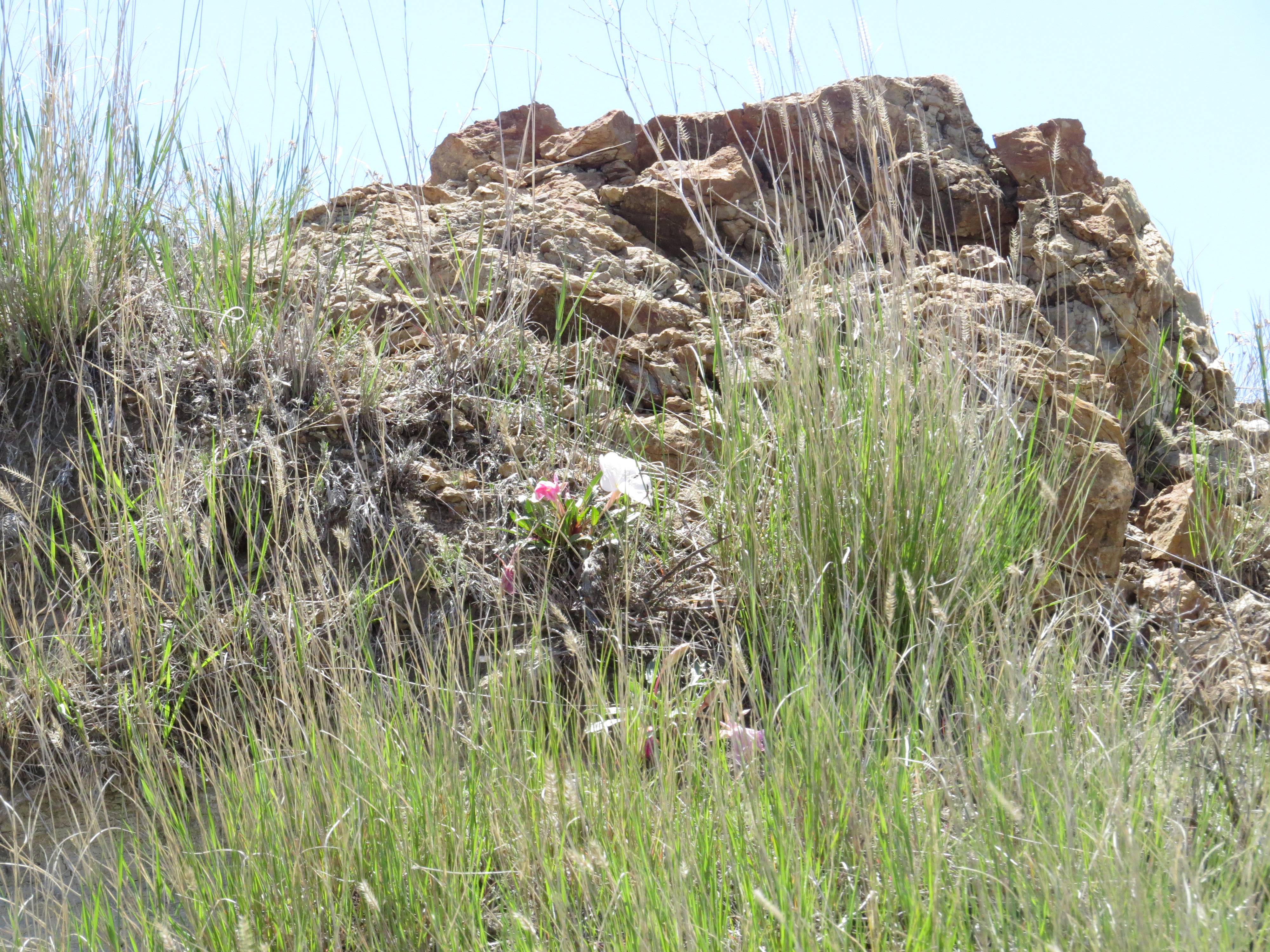
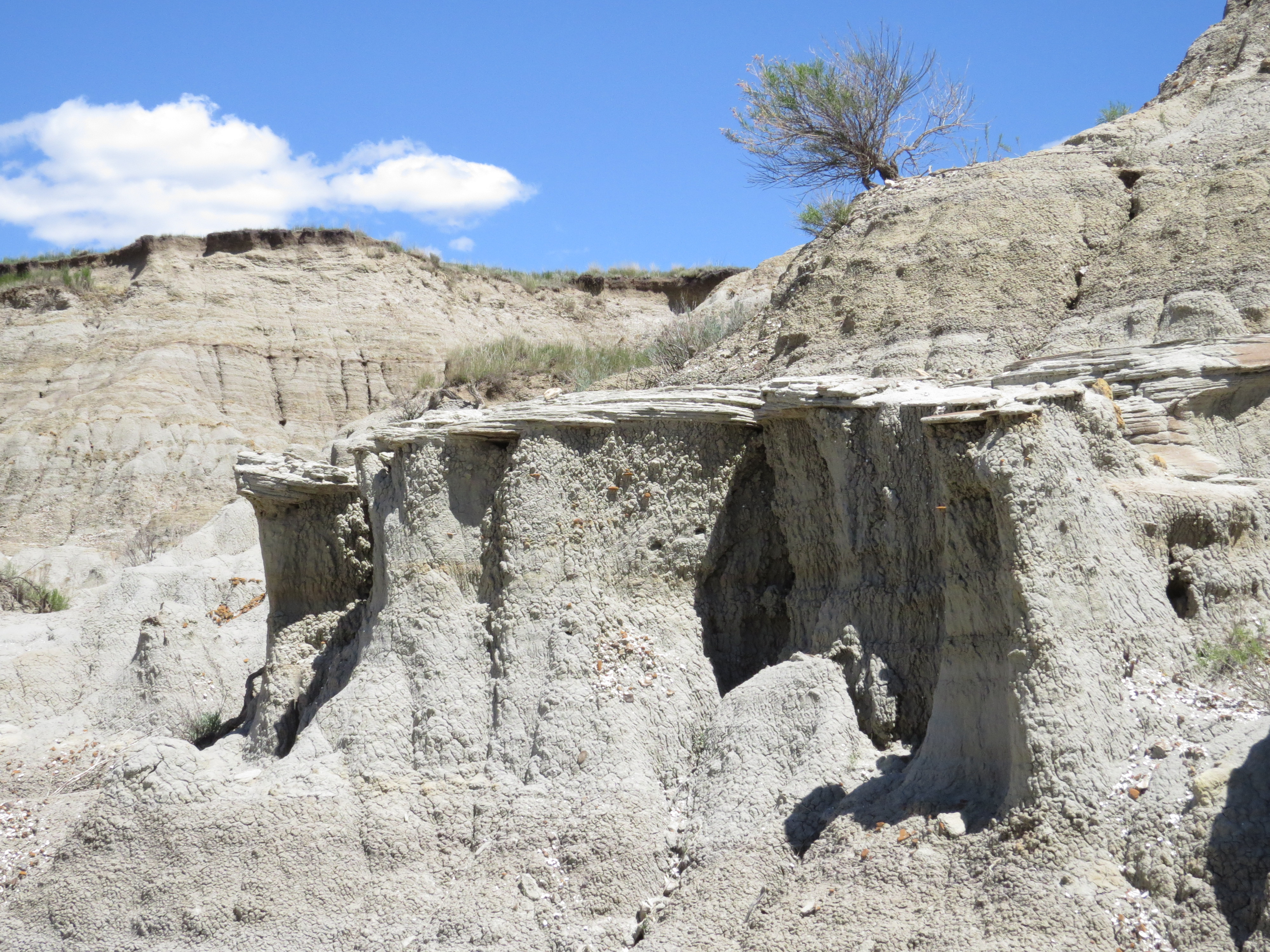
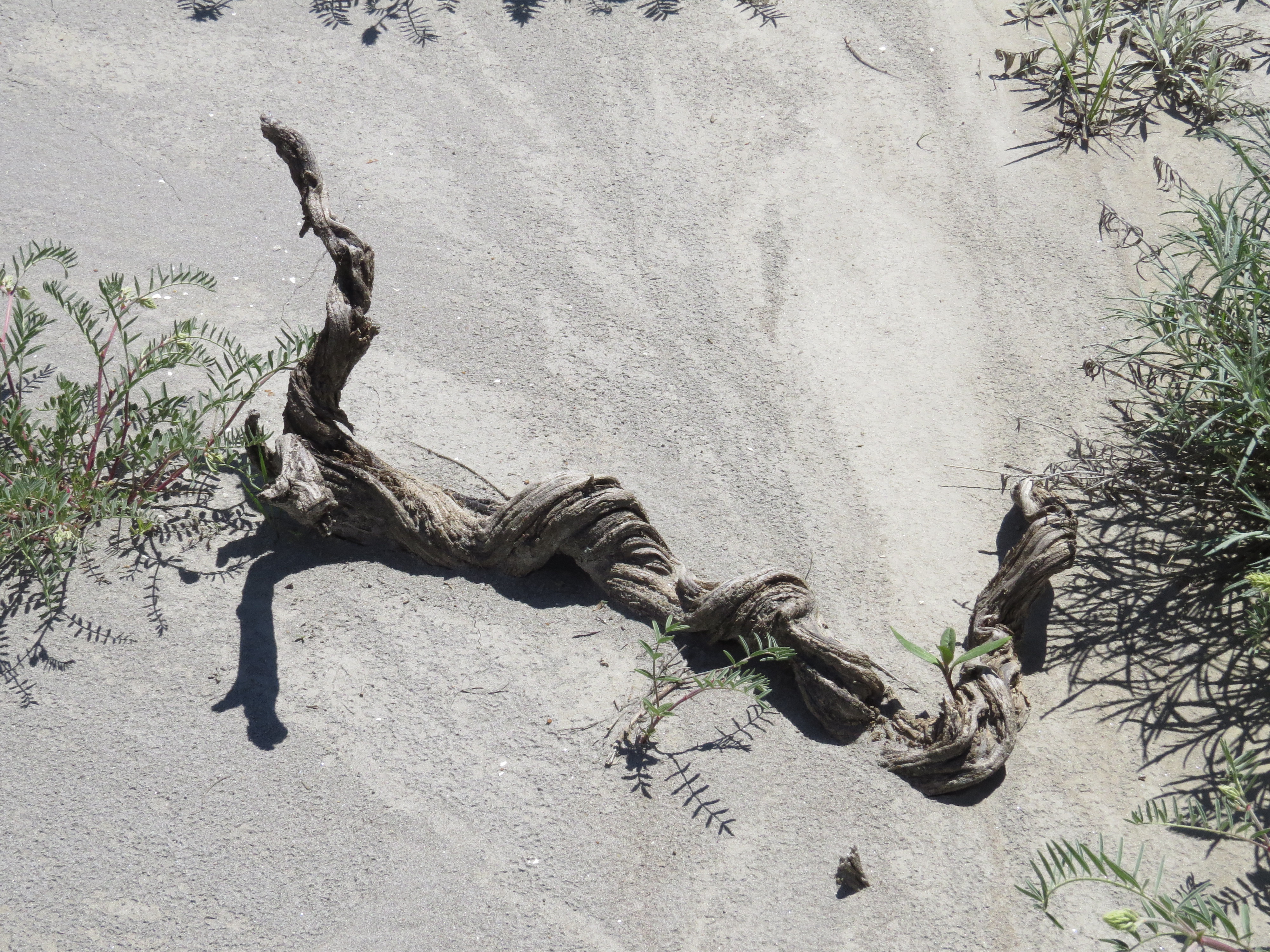
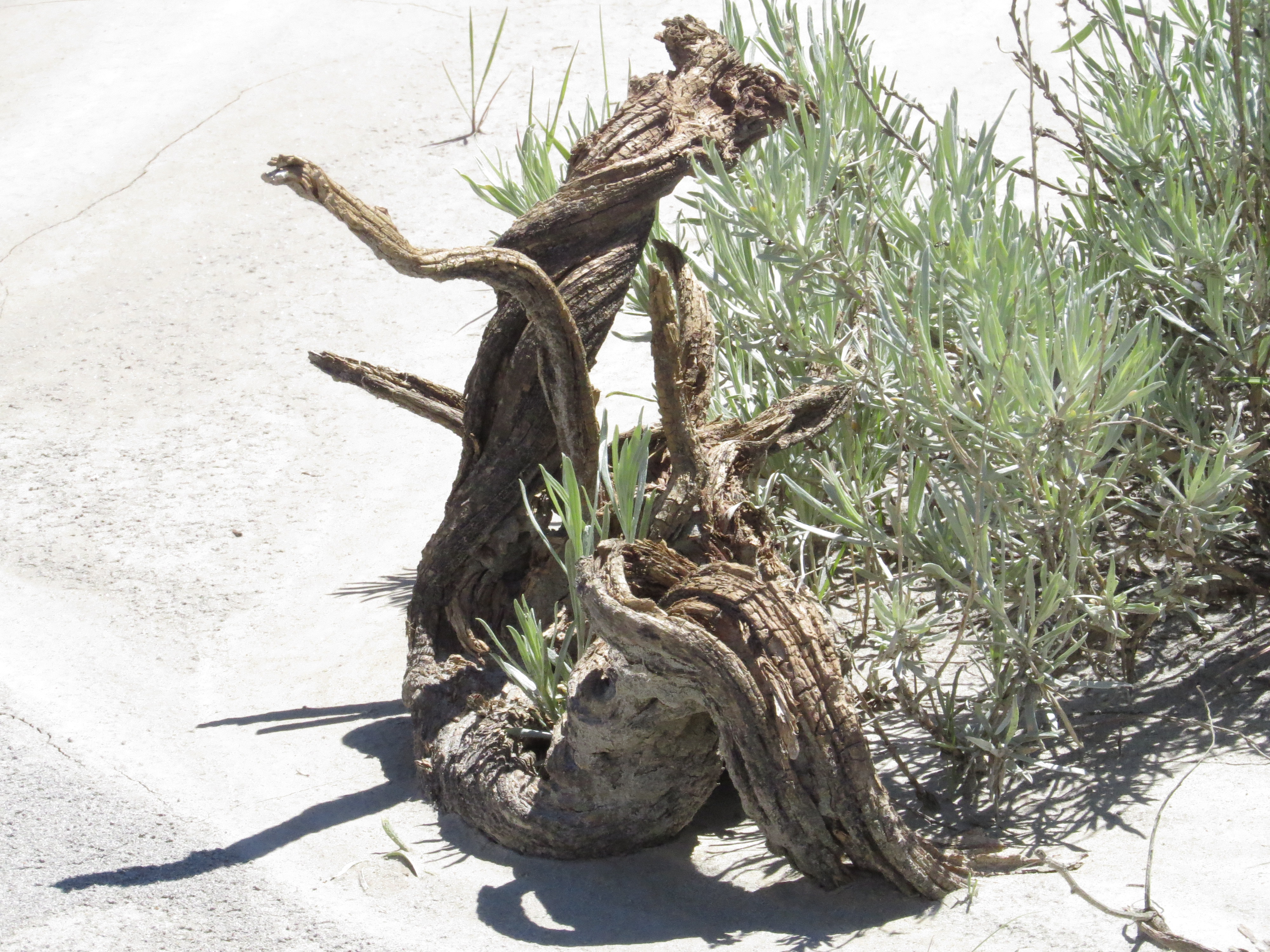
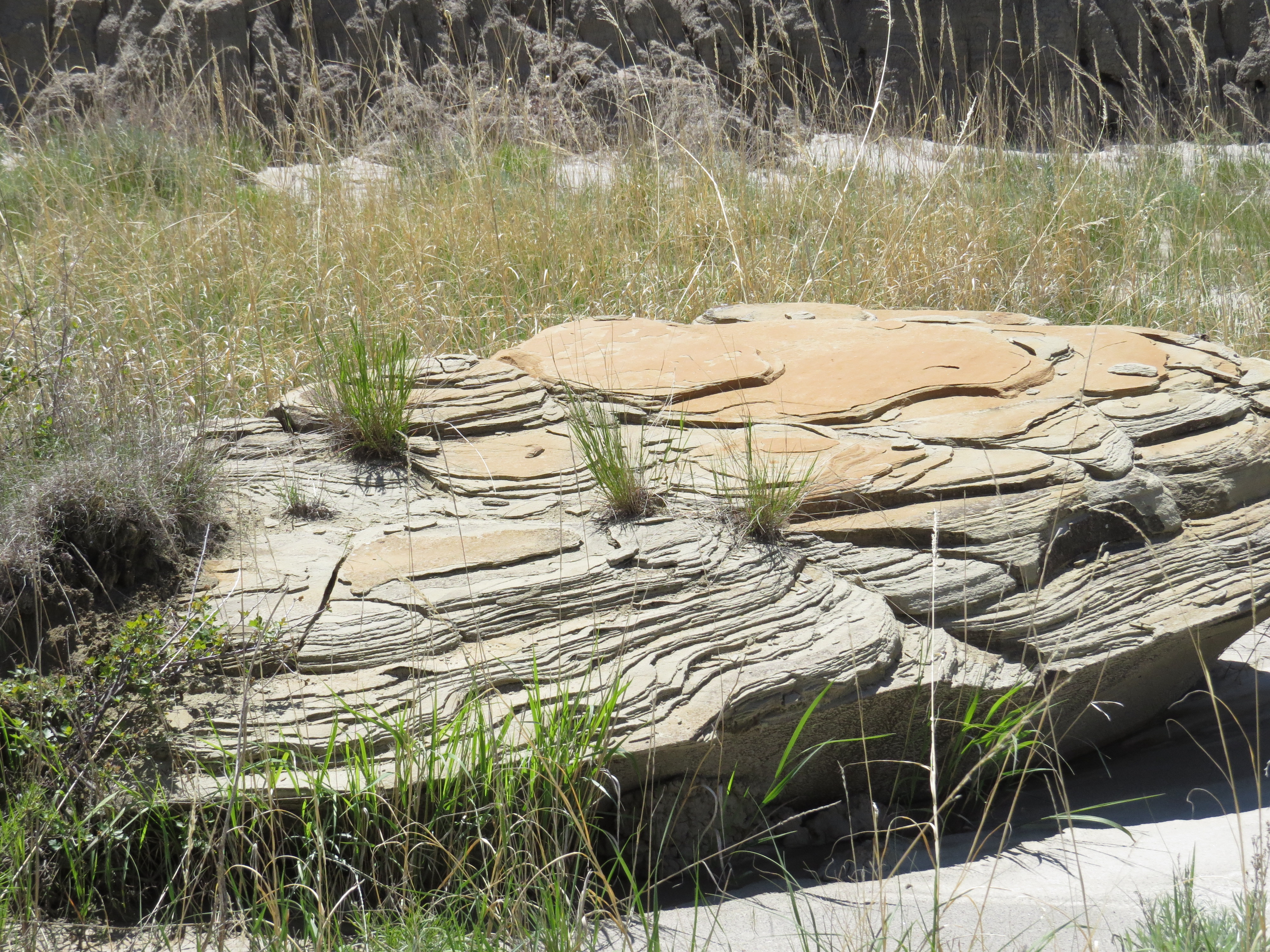
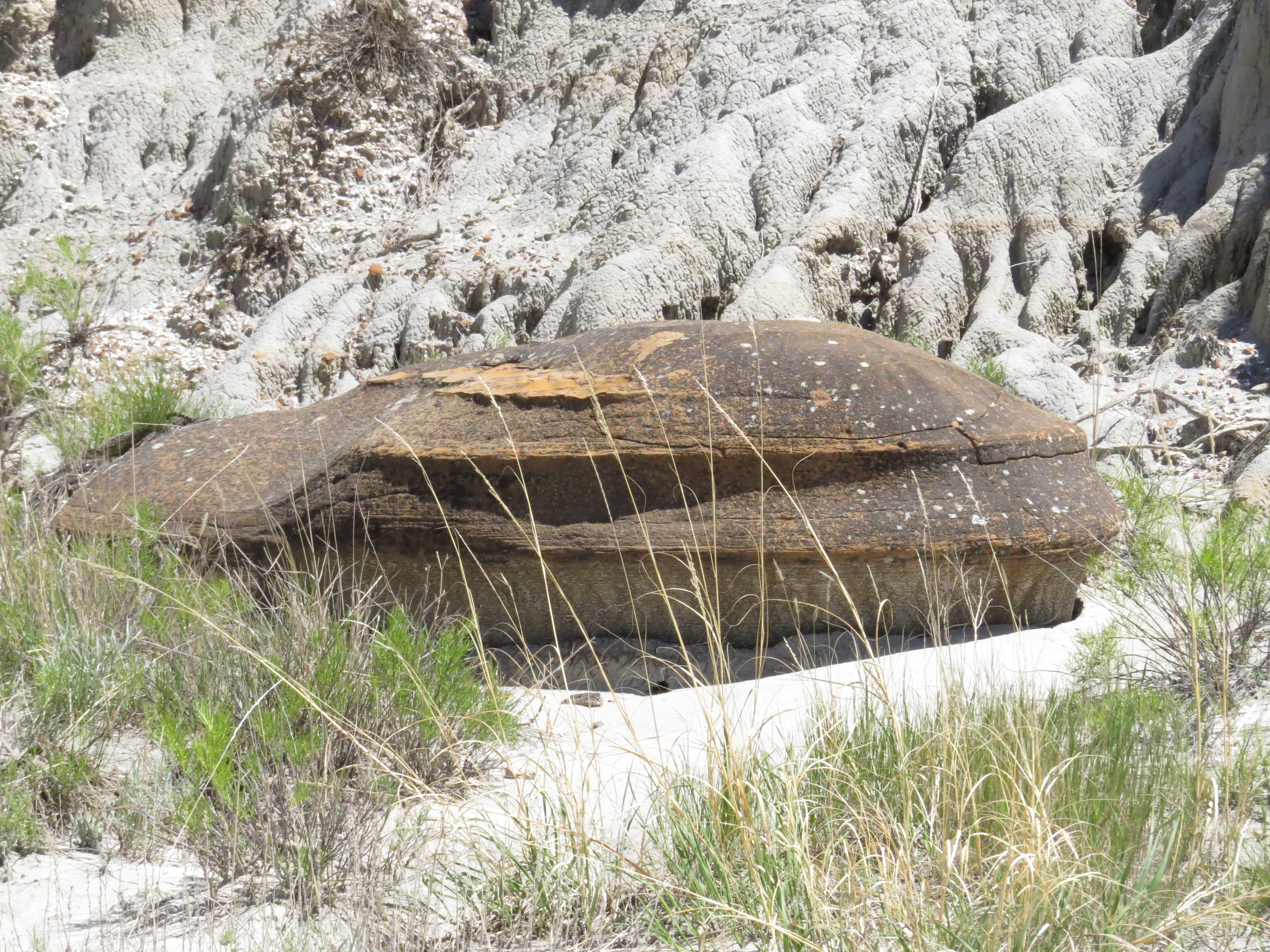

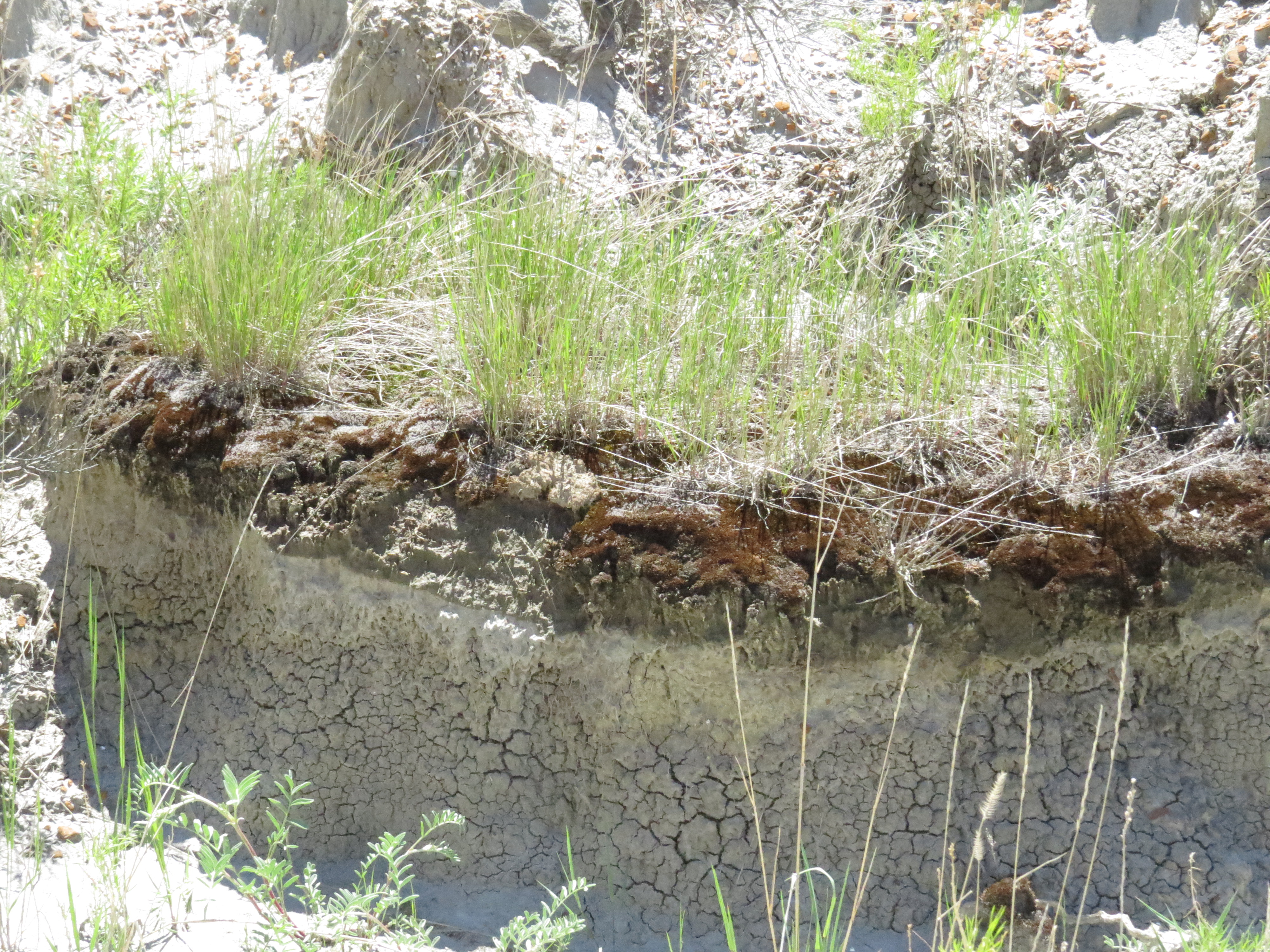
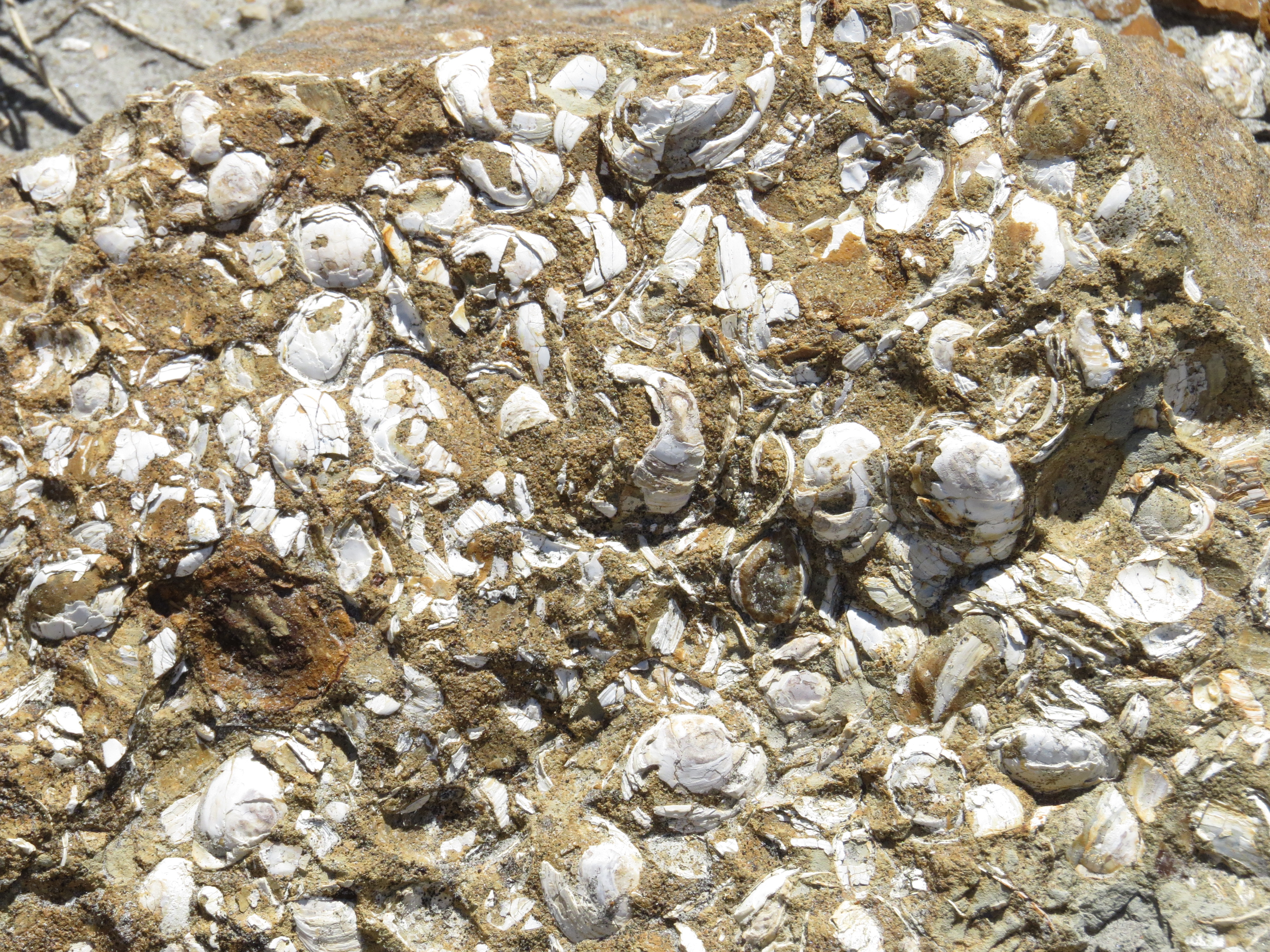
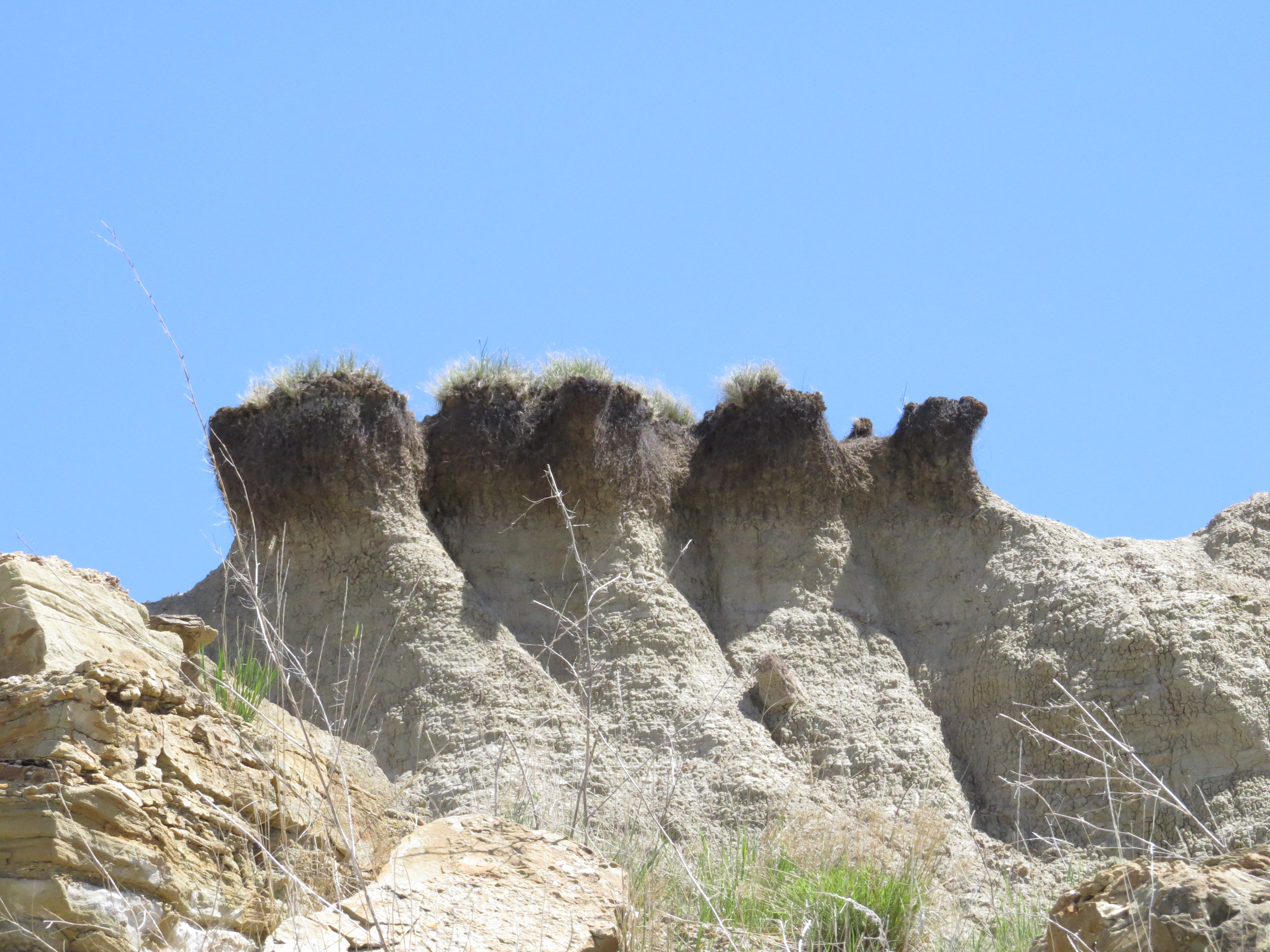
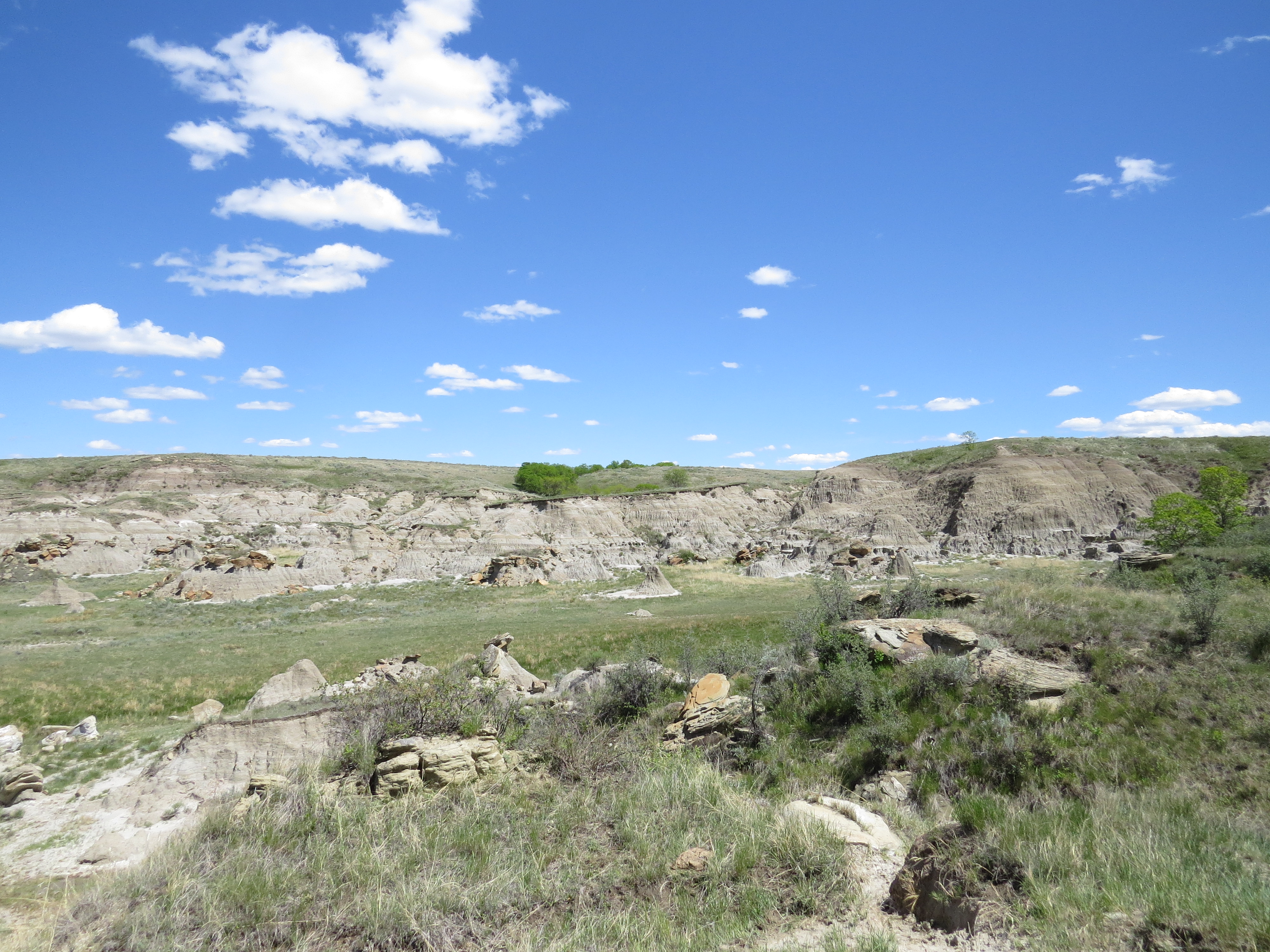
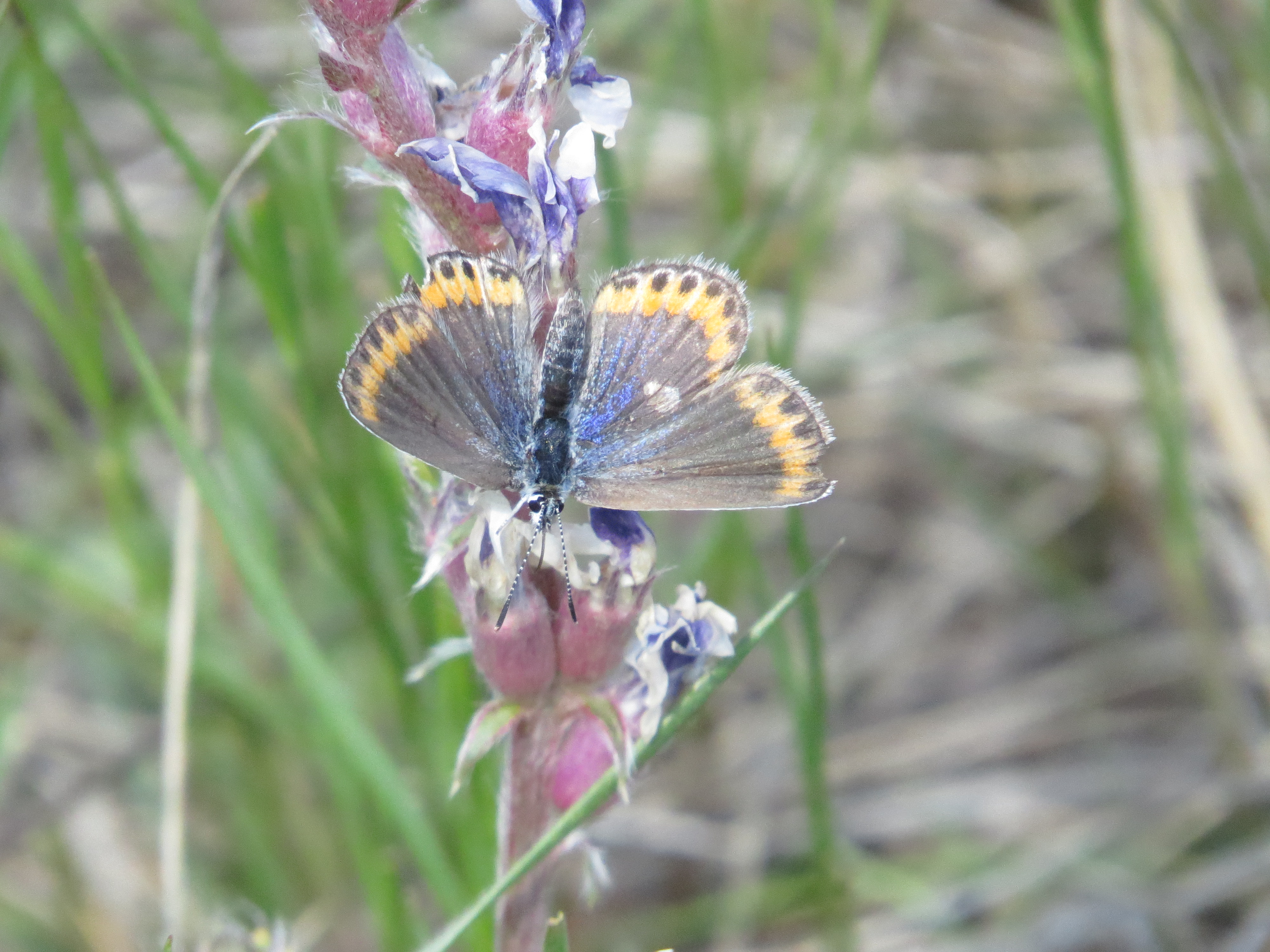
I walked the fine line for many decades of my life, embracing the goodlands and eschewing the badlands. I finally feel like I have ‘grown up.’ It’s not that I don’t think there is evil and bad things in the world, but the path we walk in life is wide. Most of us travel in and out of both lands at various times in our lives. If we look through a trauma lens, we understand that something happened to us or to another person that changed who we/they were as a person and affected our/their thinking and behaviors. We are them. We are all broken in some way. Our hearts have been split open at one time or another. Our feelings are many layered—some barren and raw, others tender and beautiful. We all wonder if the rocks are going to fall on our heads (again.) Our lives are a gumbo mosaic and a singing prairie. I have released my white-knuckled grip on the goodlands. I see the pearlescent shells and the delicate lilies of the badlands. We cannot outrun our traumas; we need to process and integrate them, all in due time. It takes a walk through the badlands to find our way back to safety and connection within ourselves.
